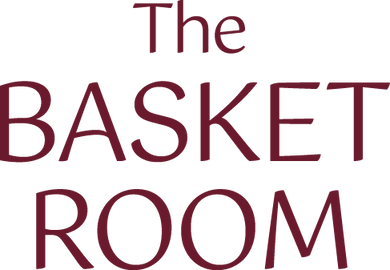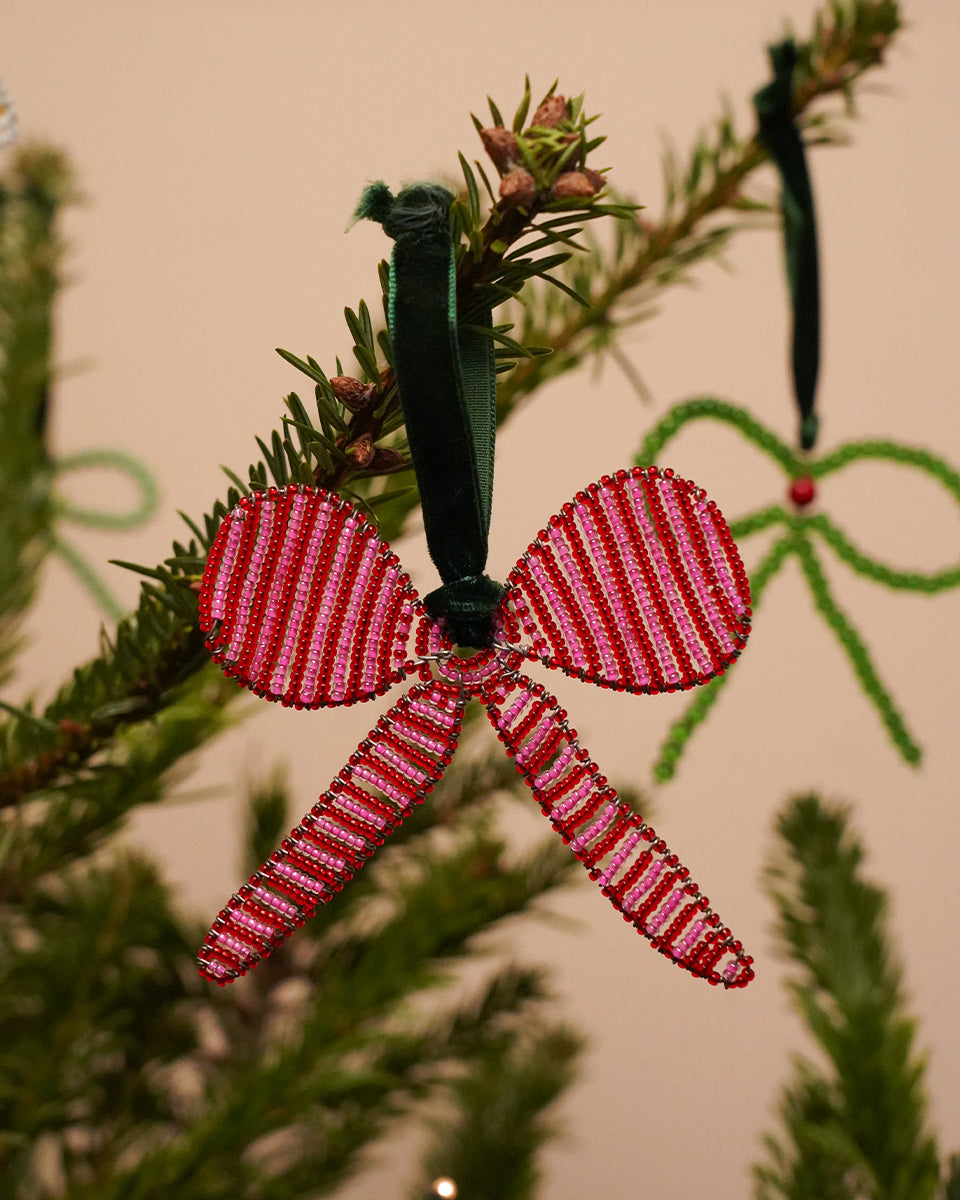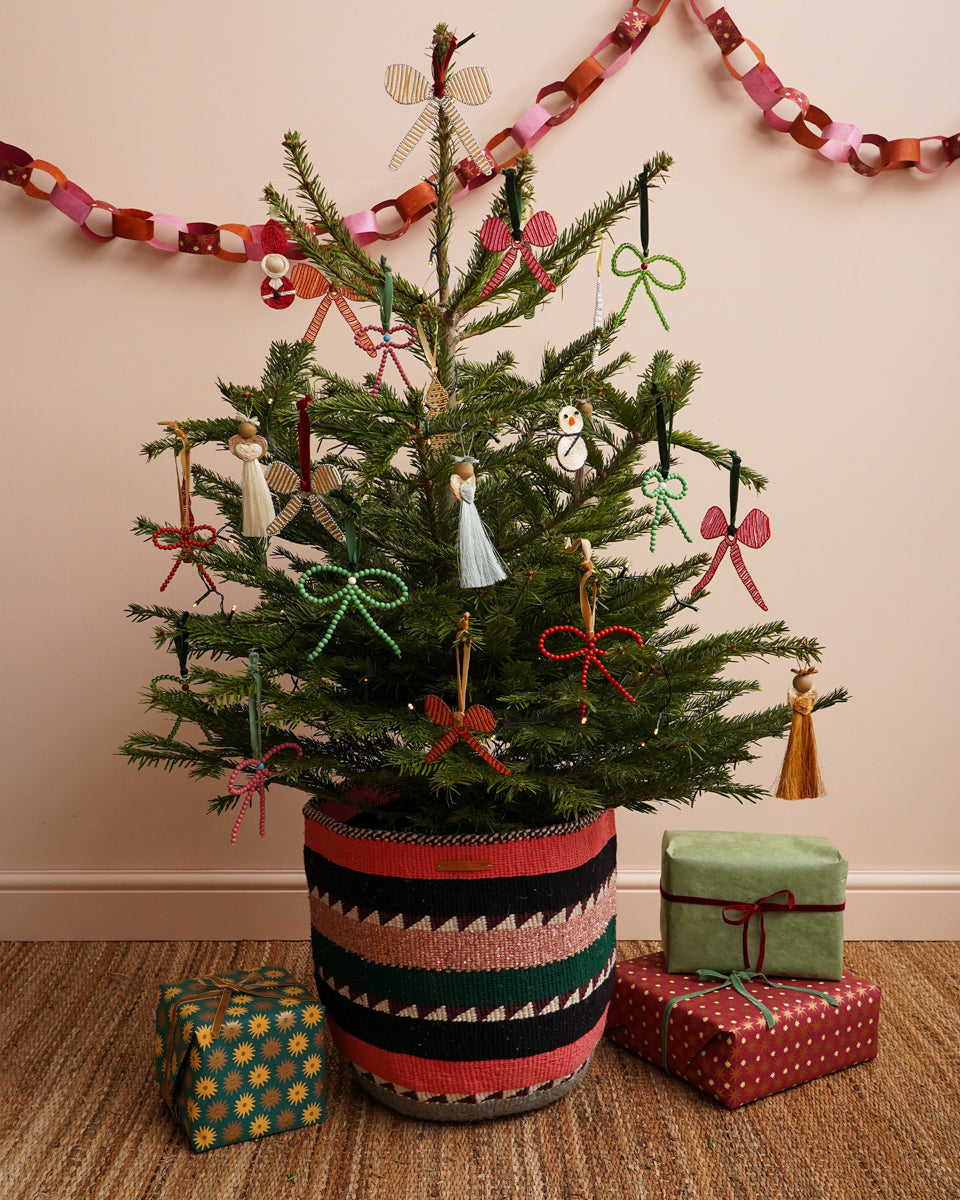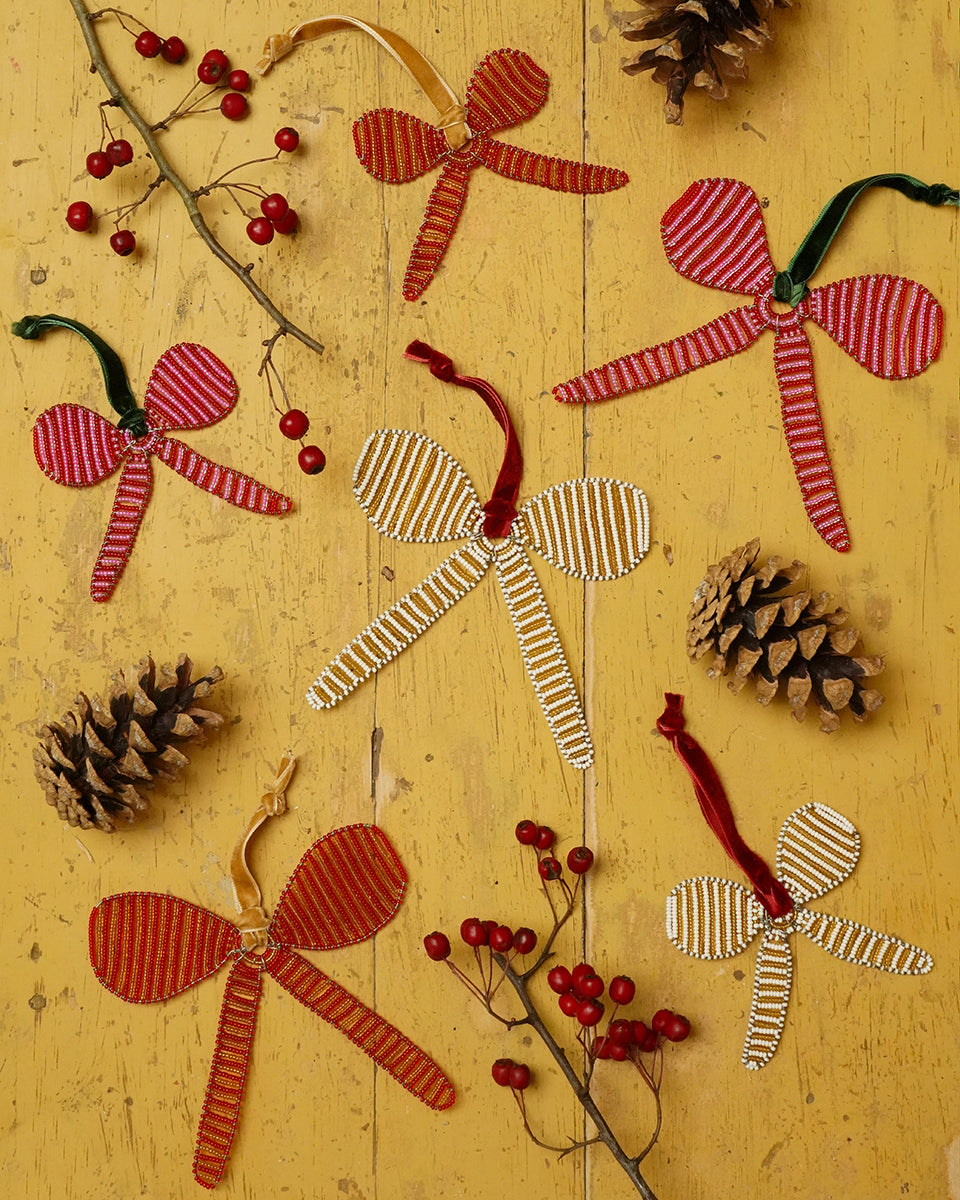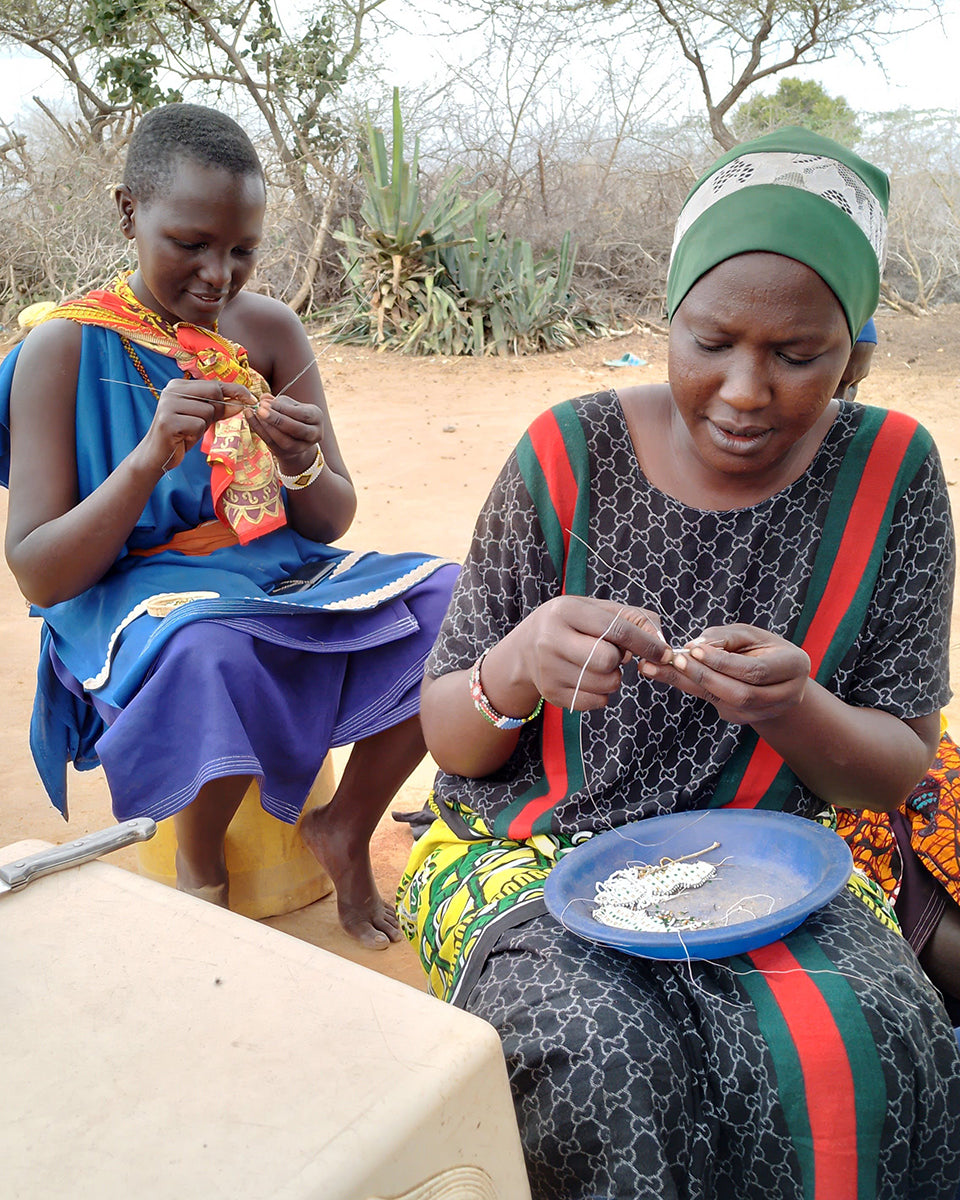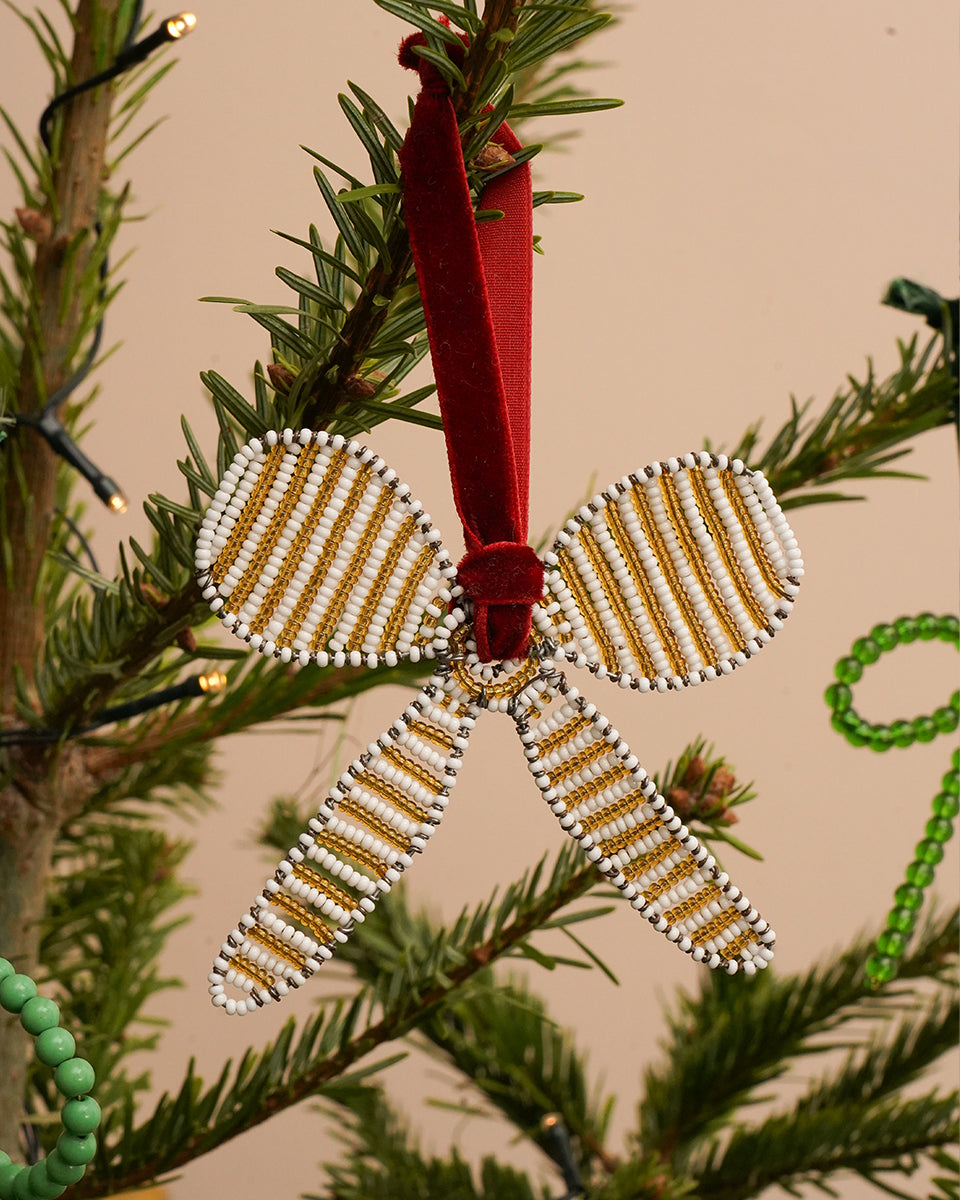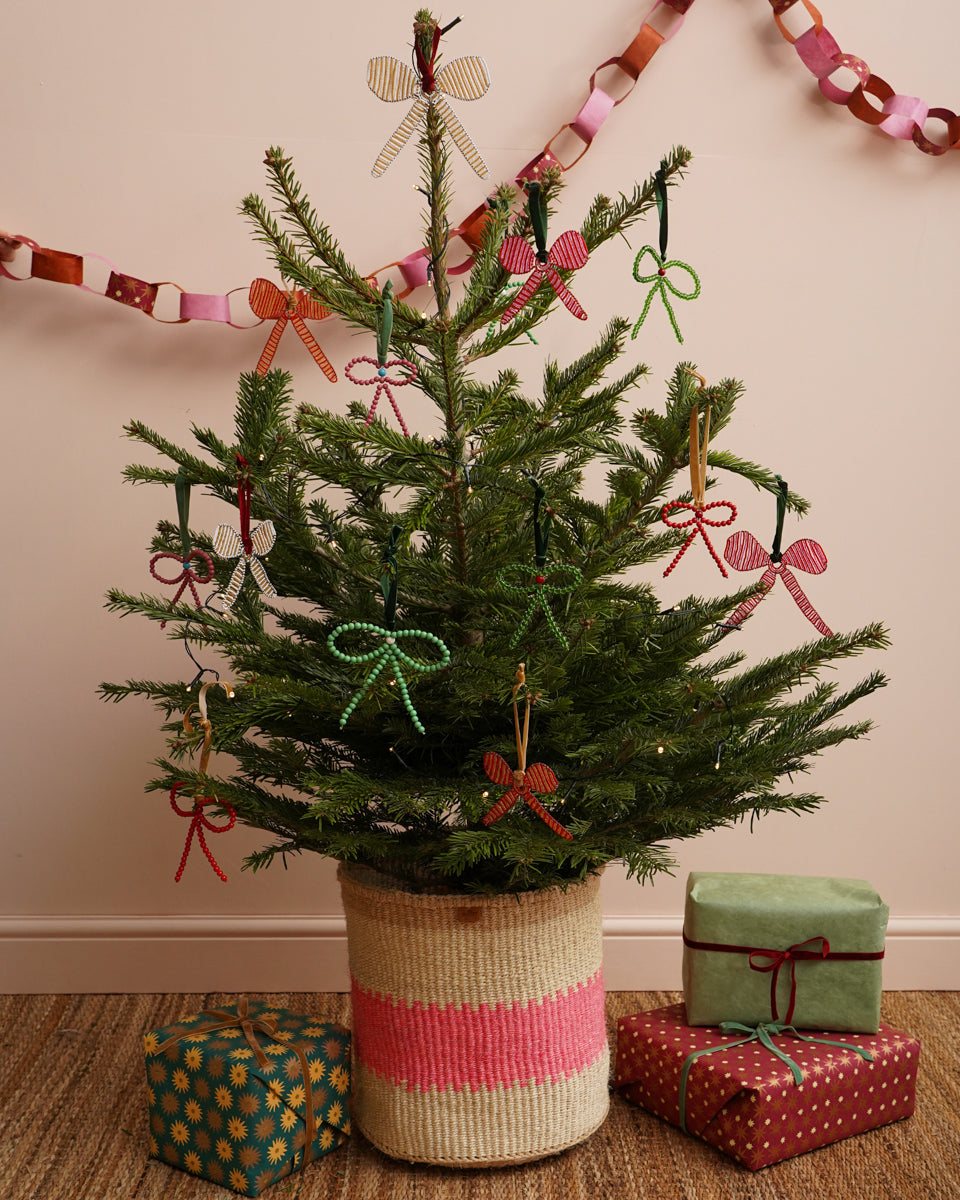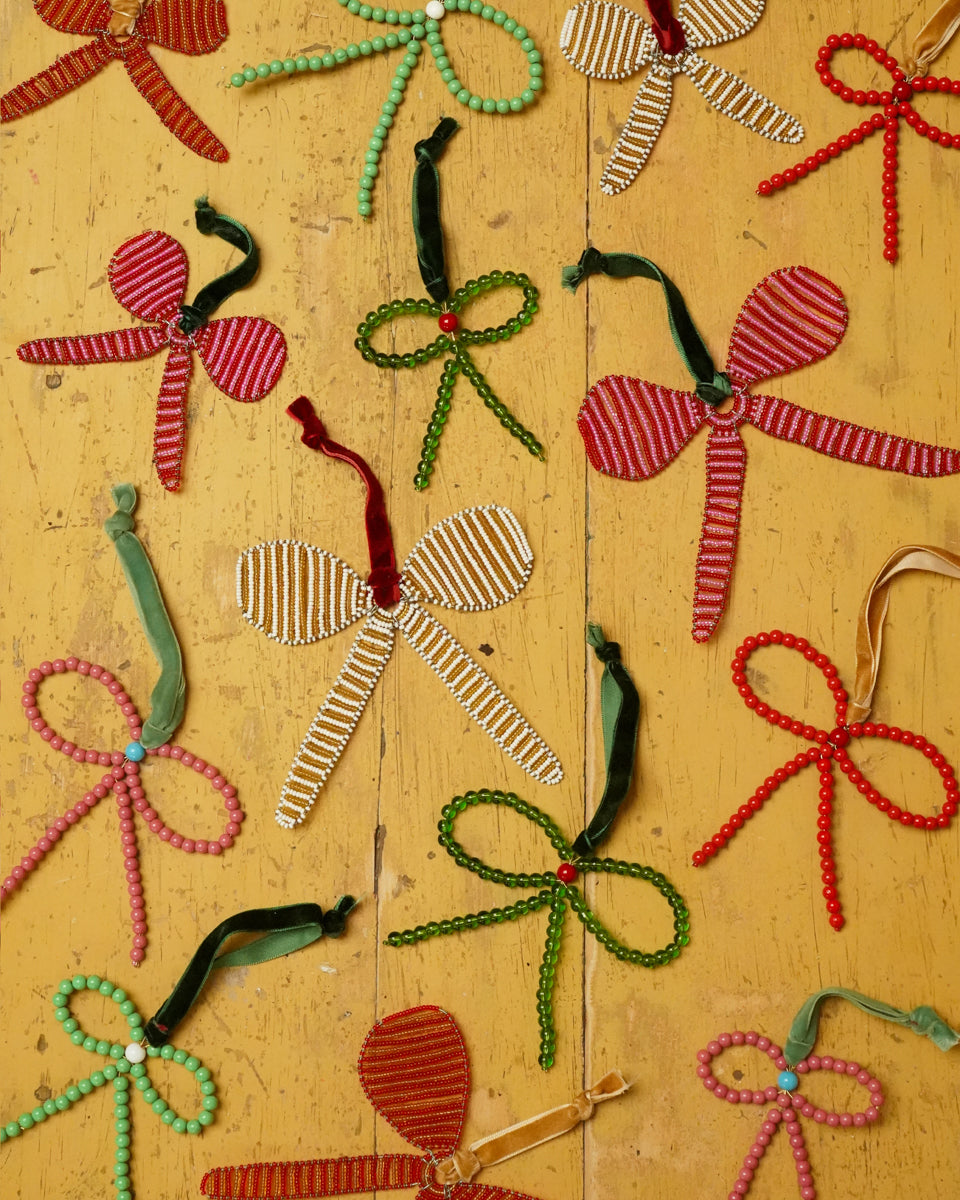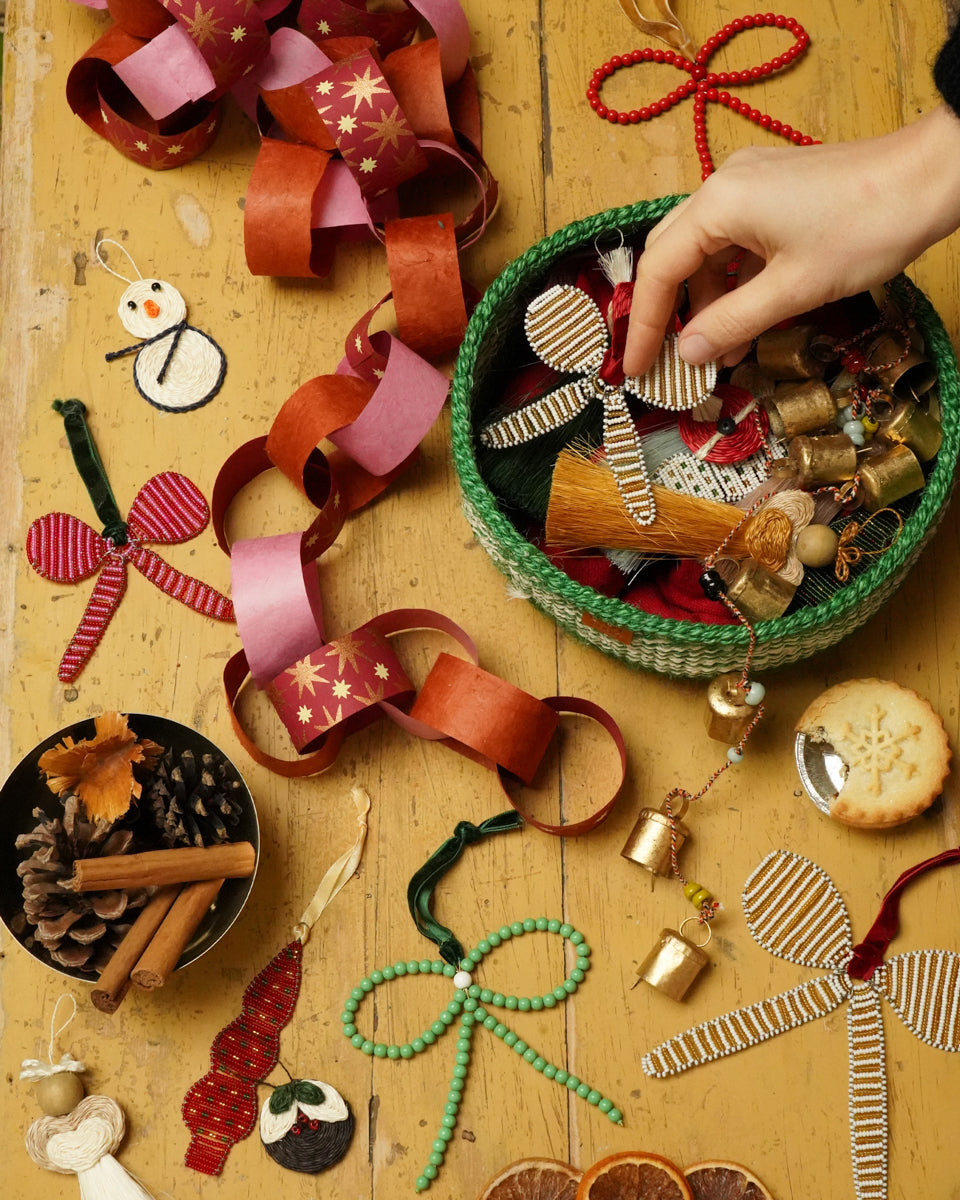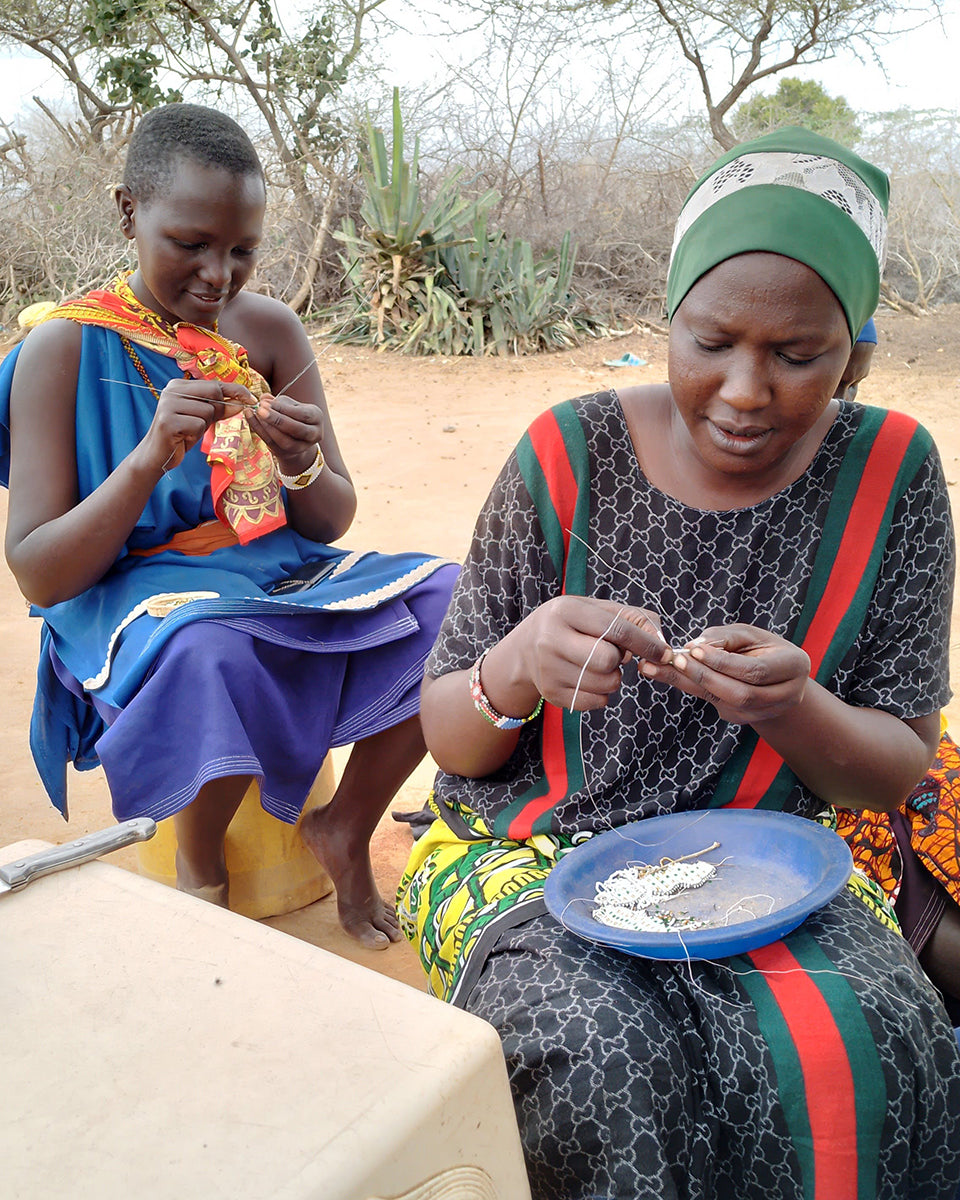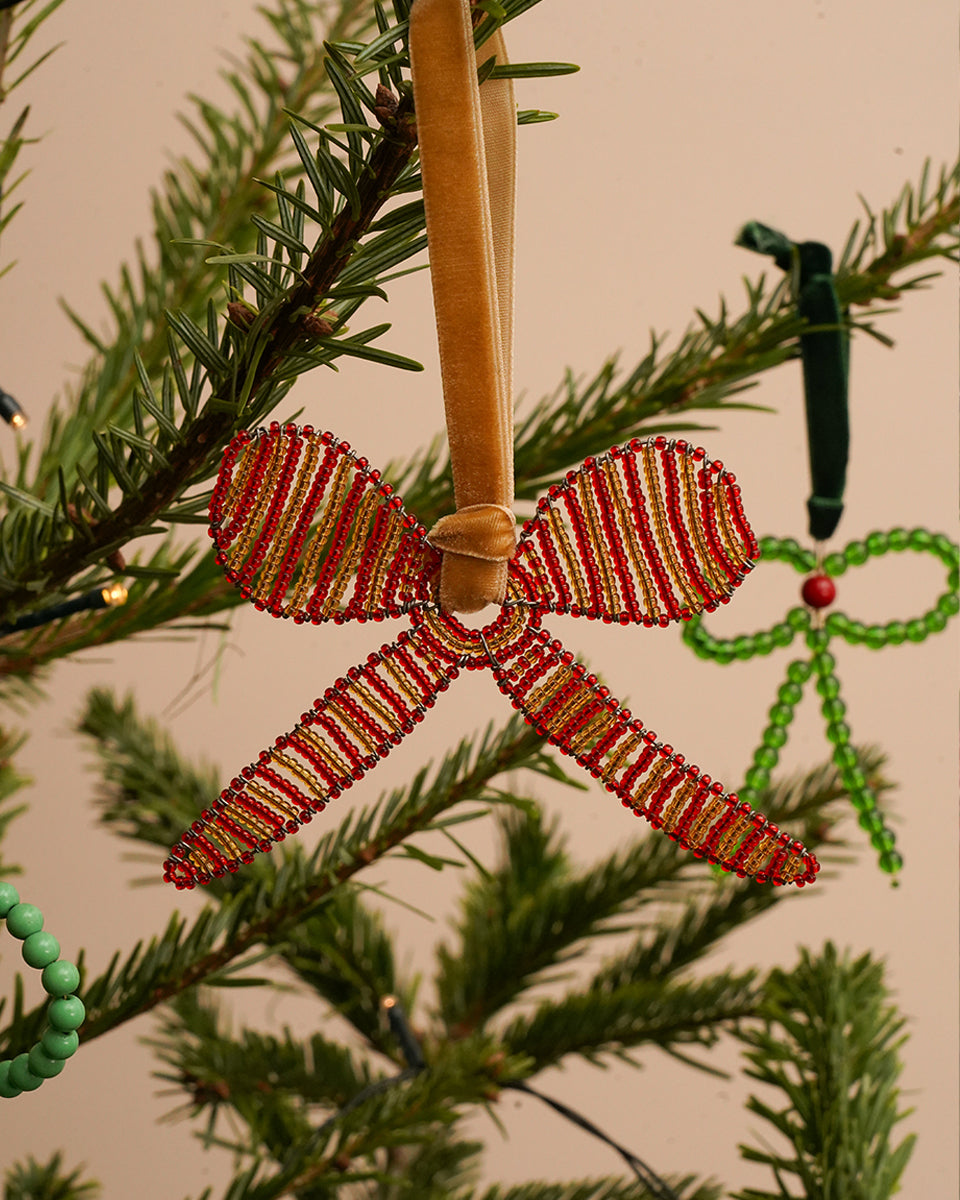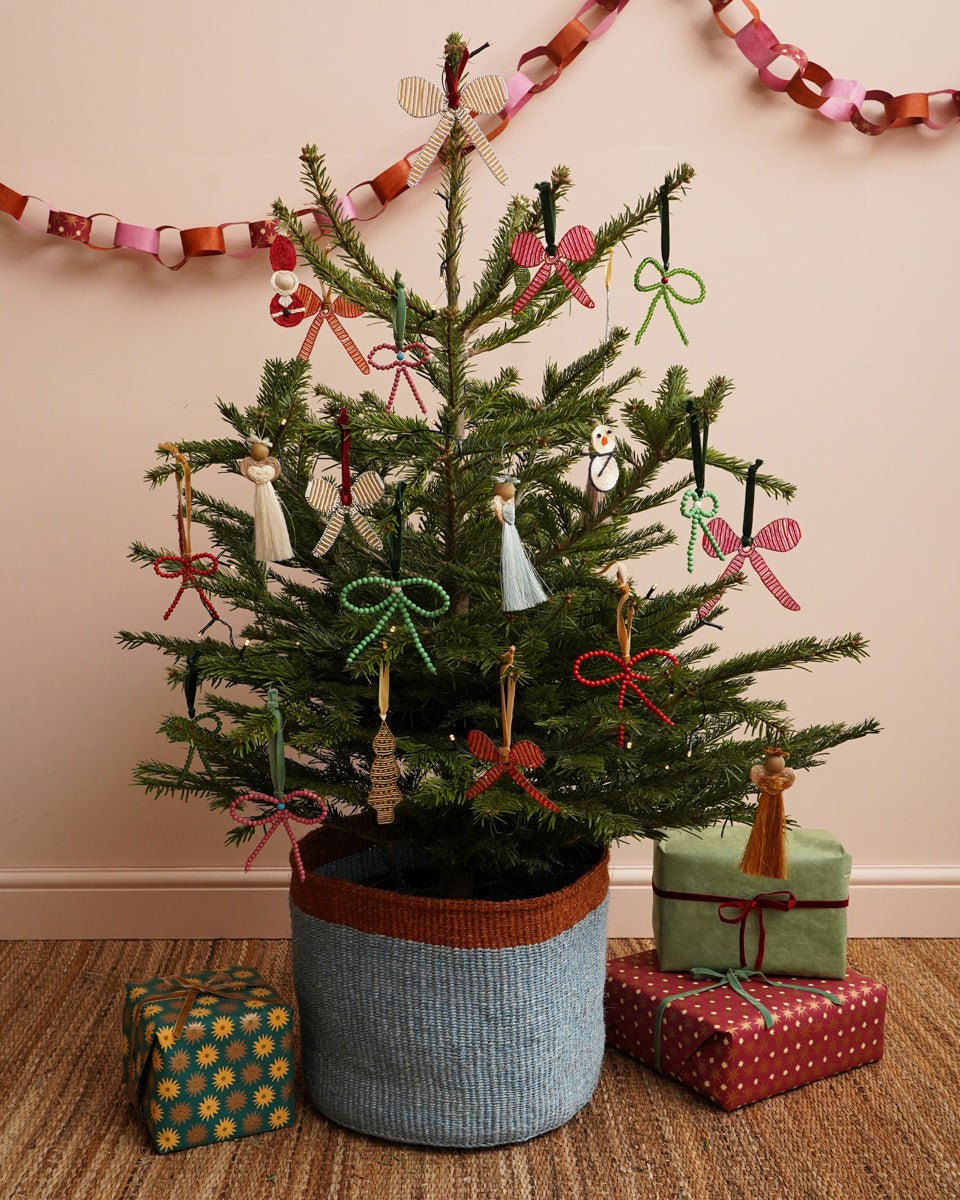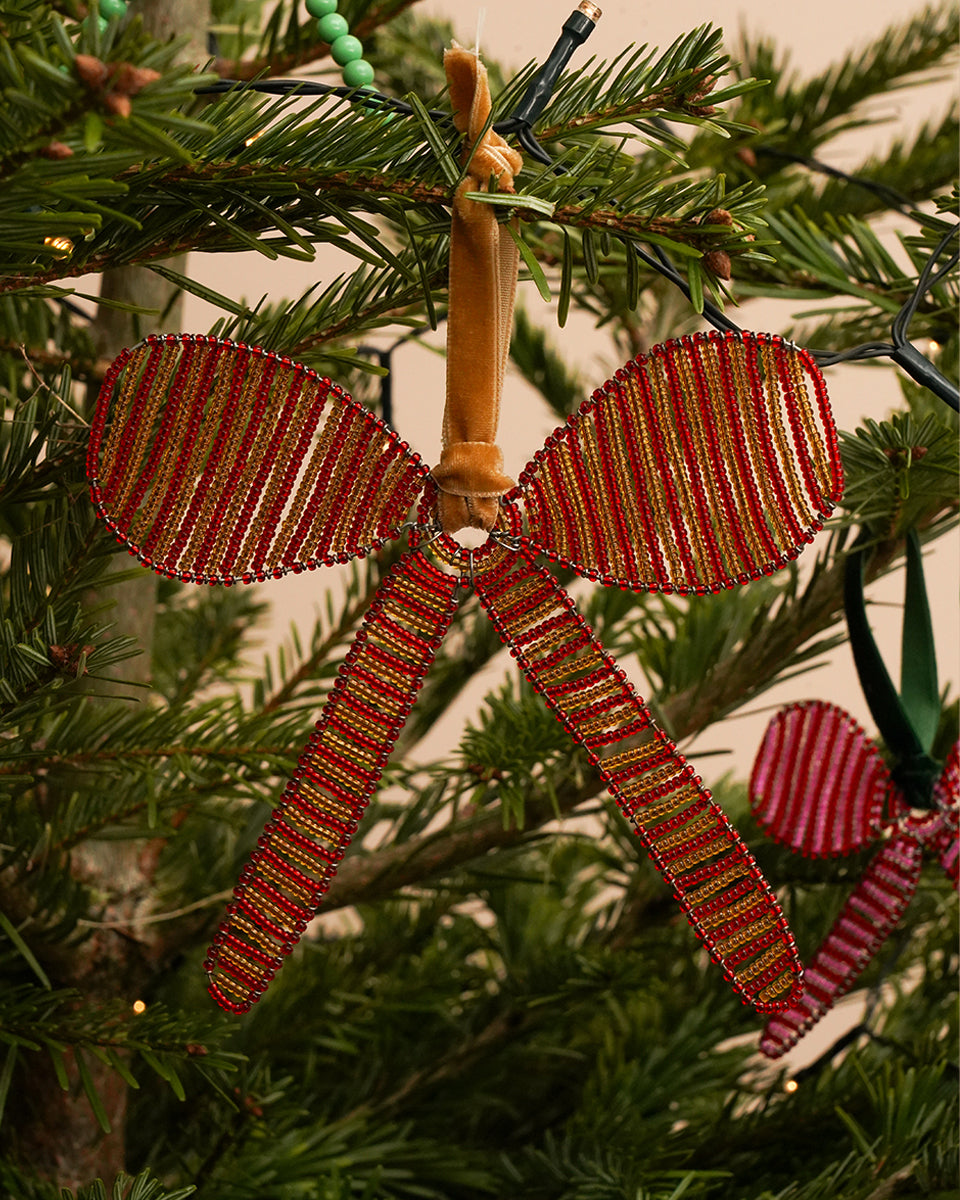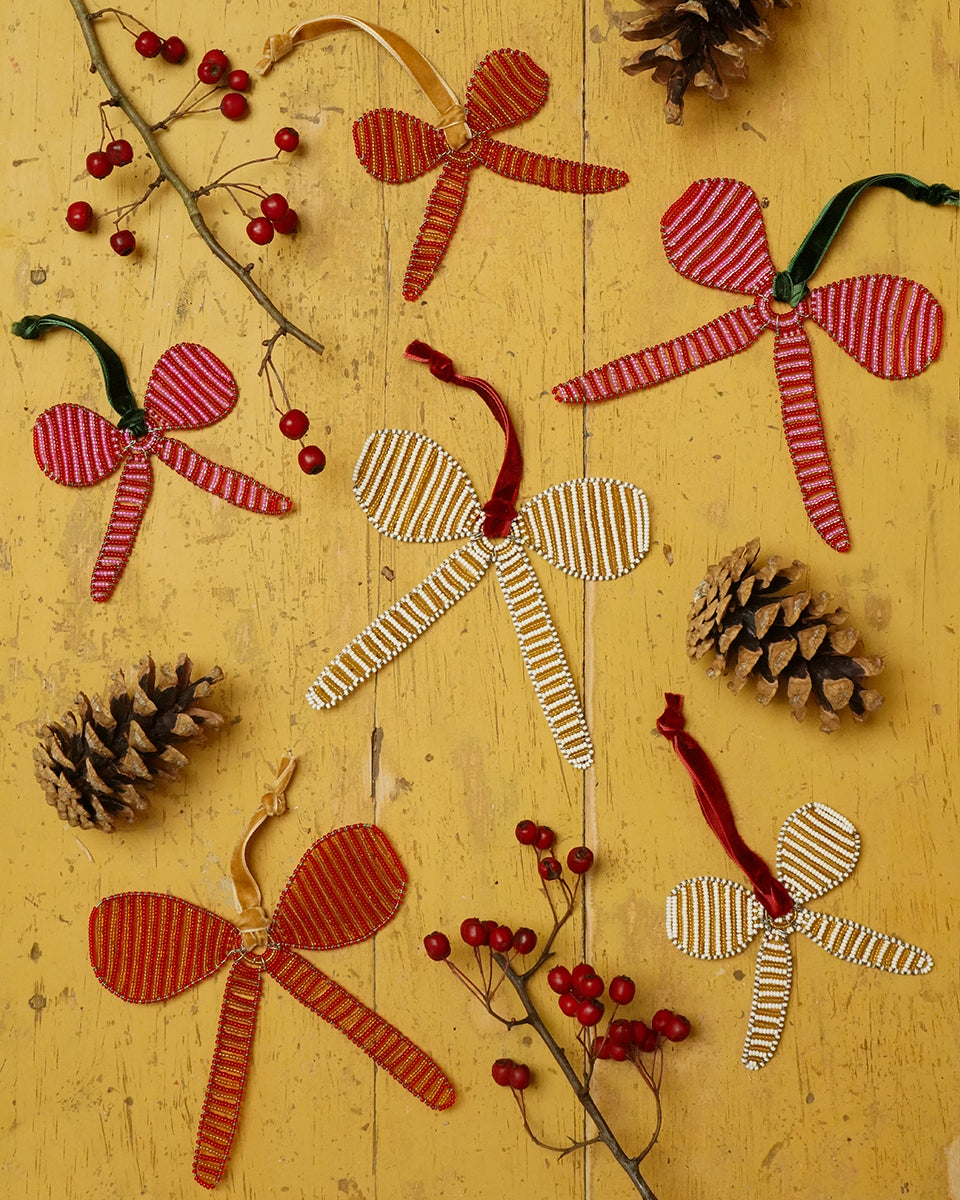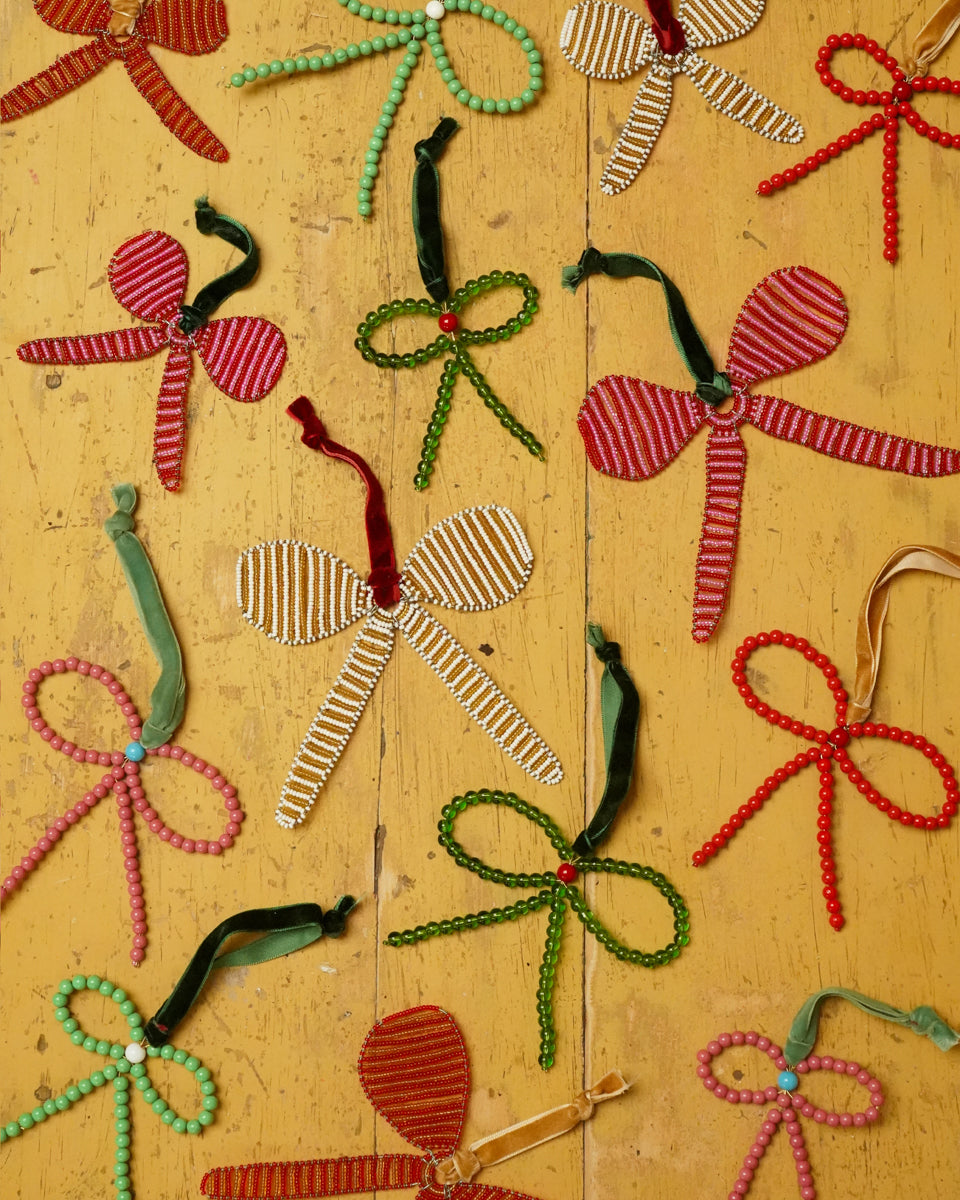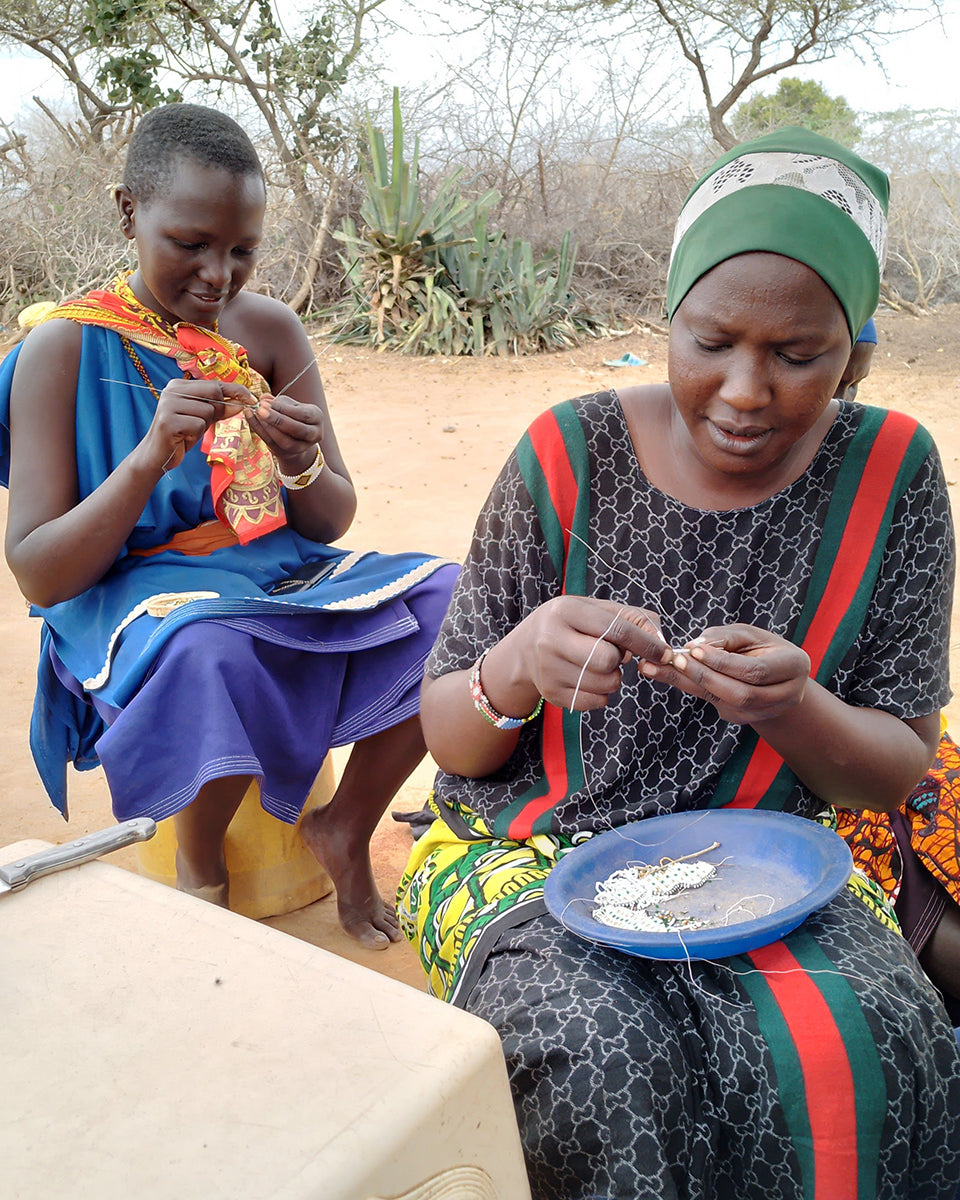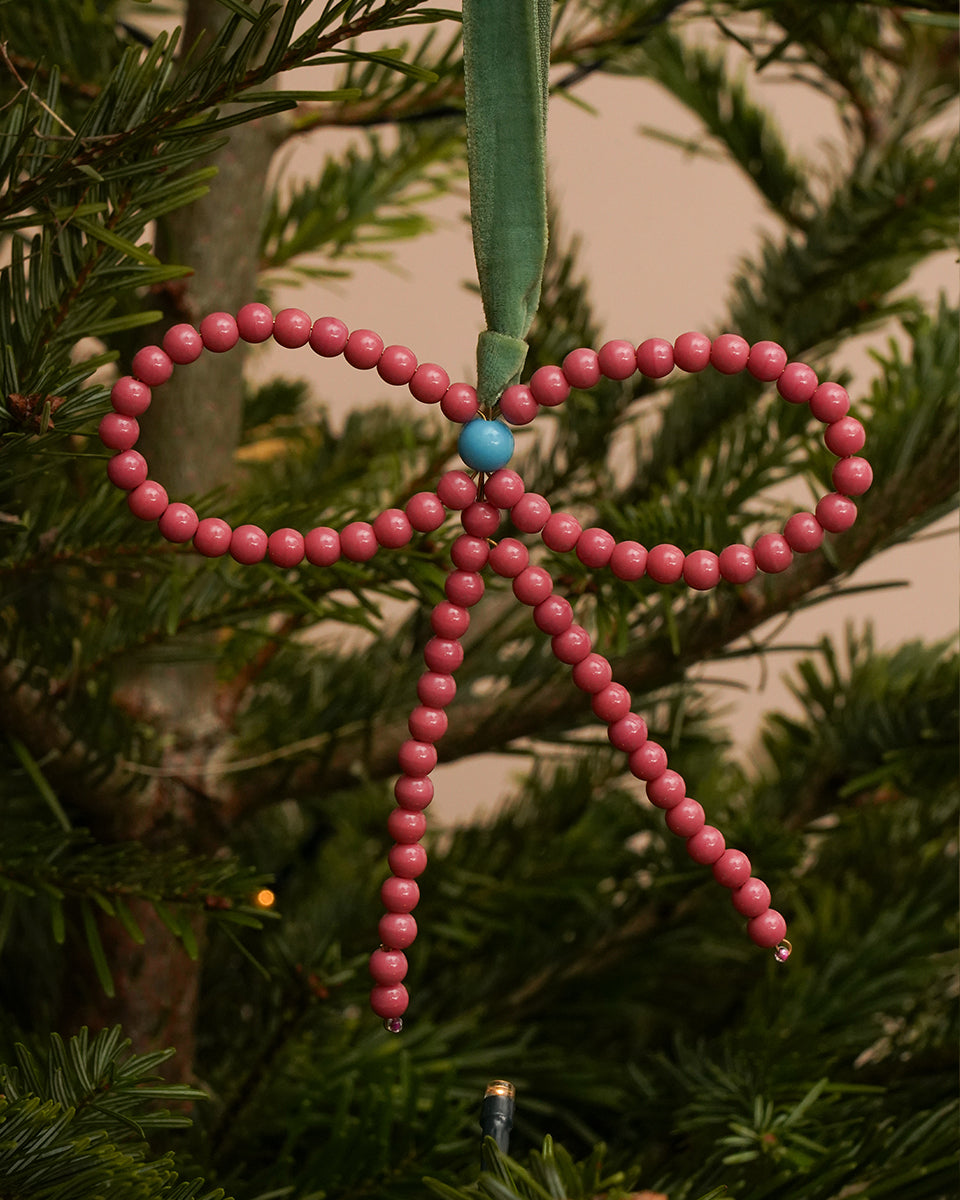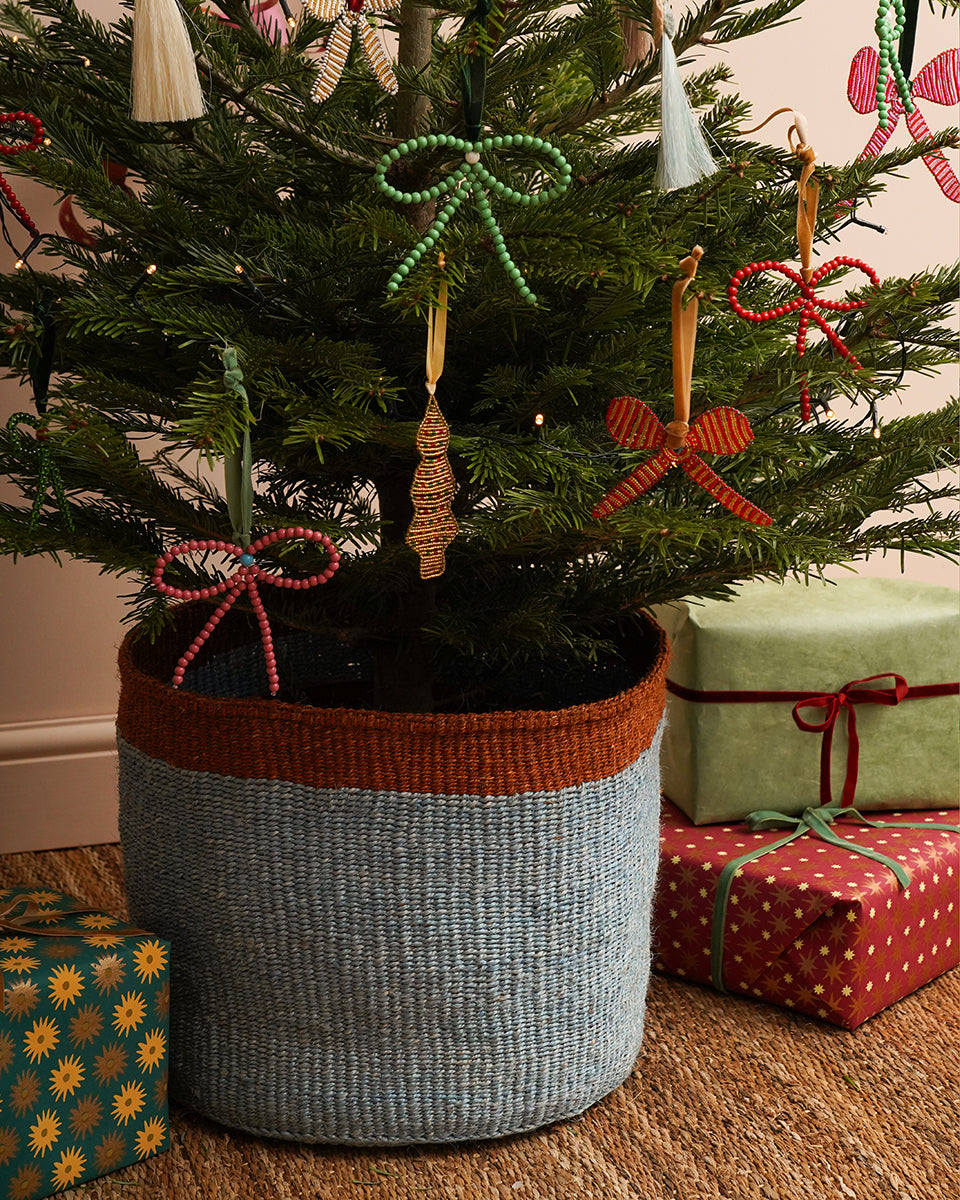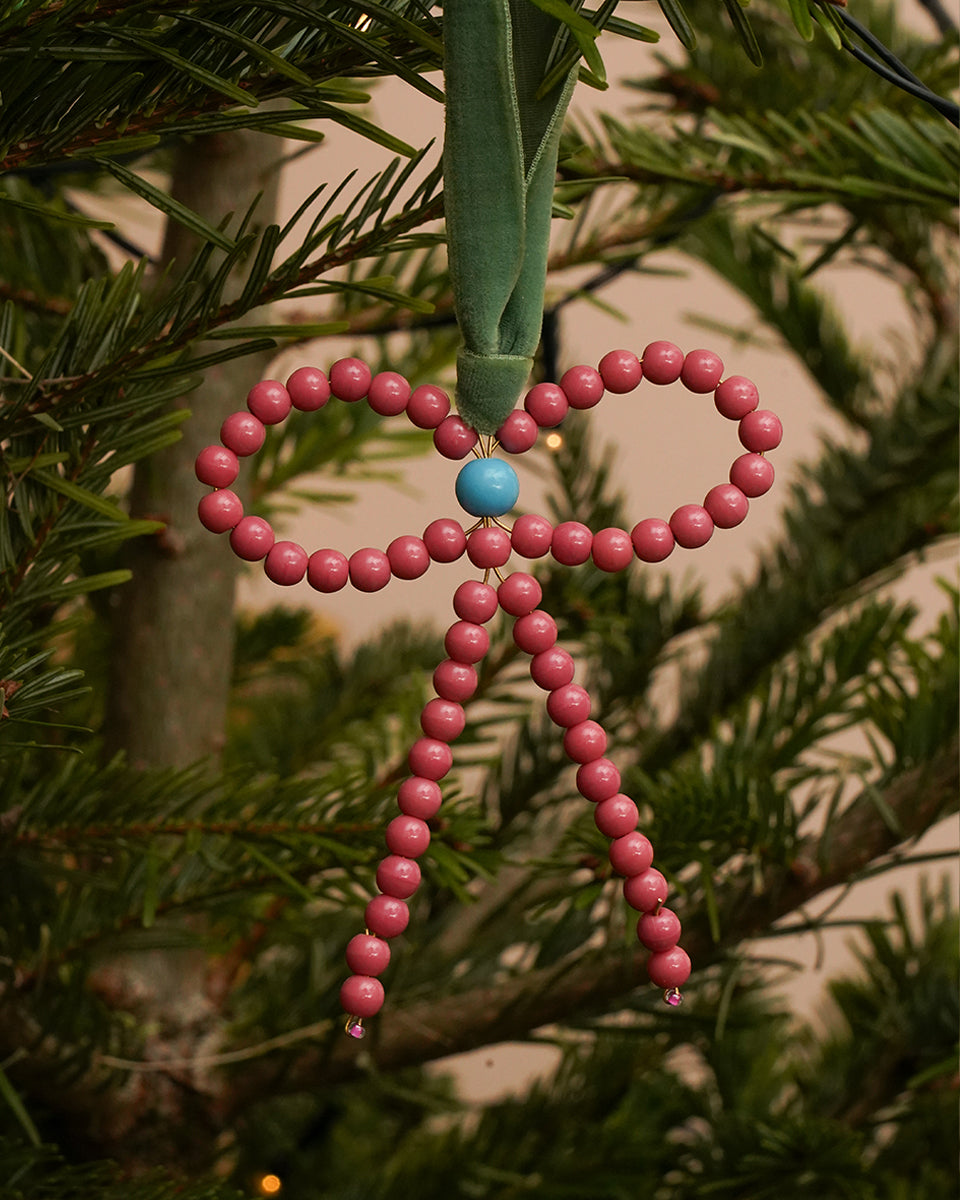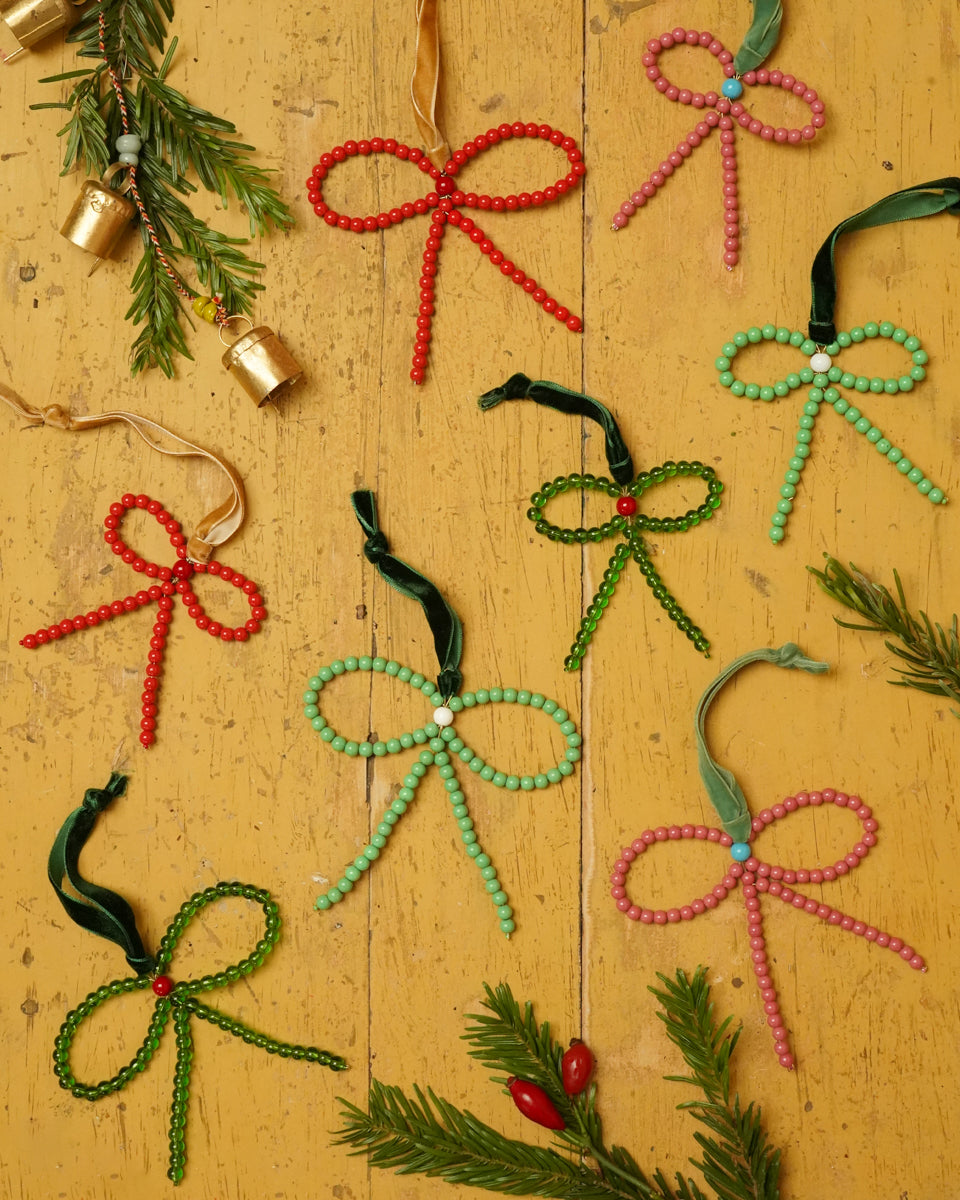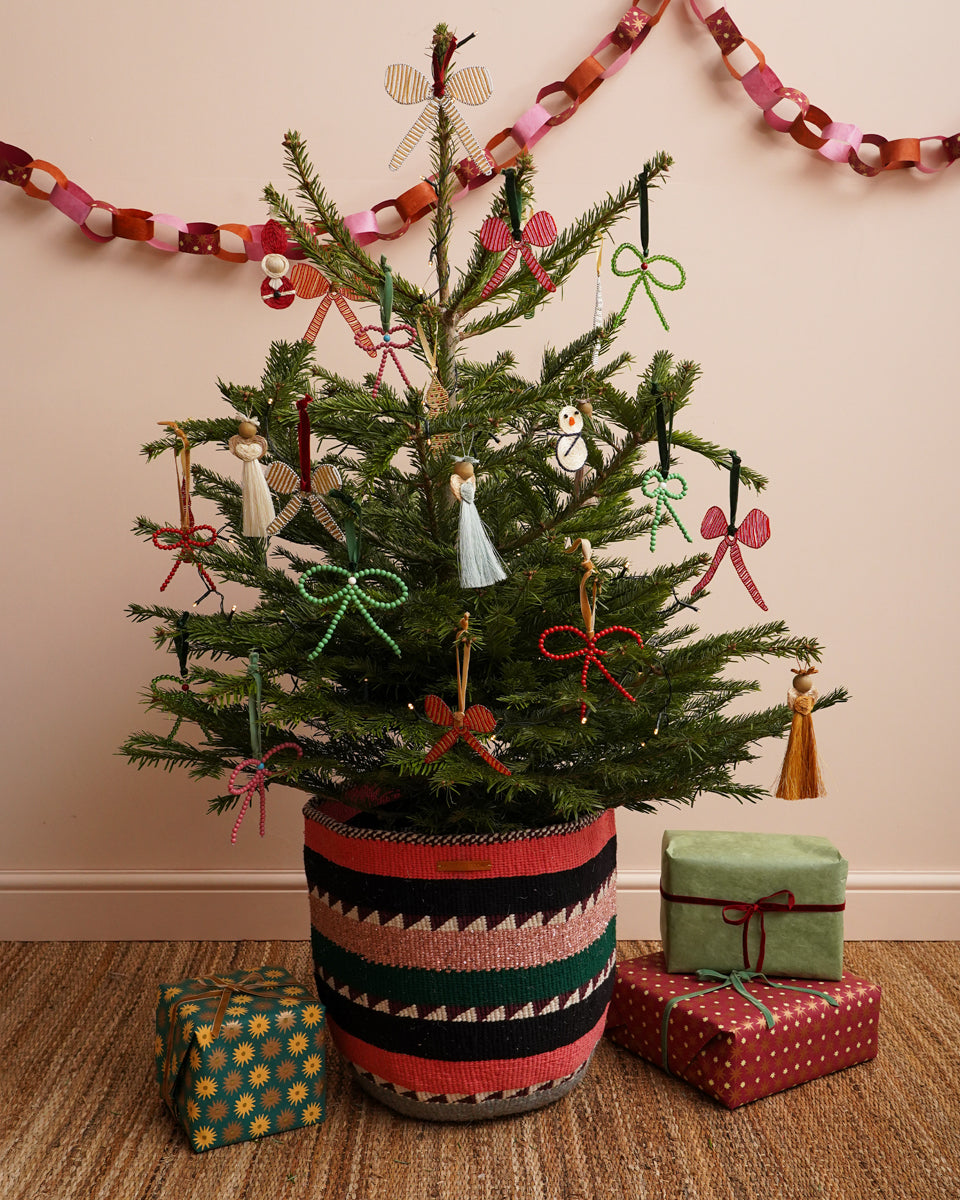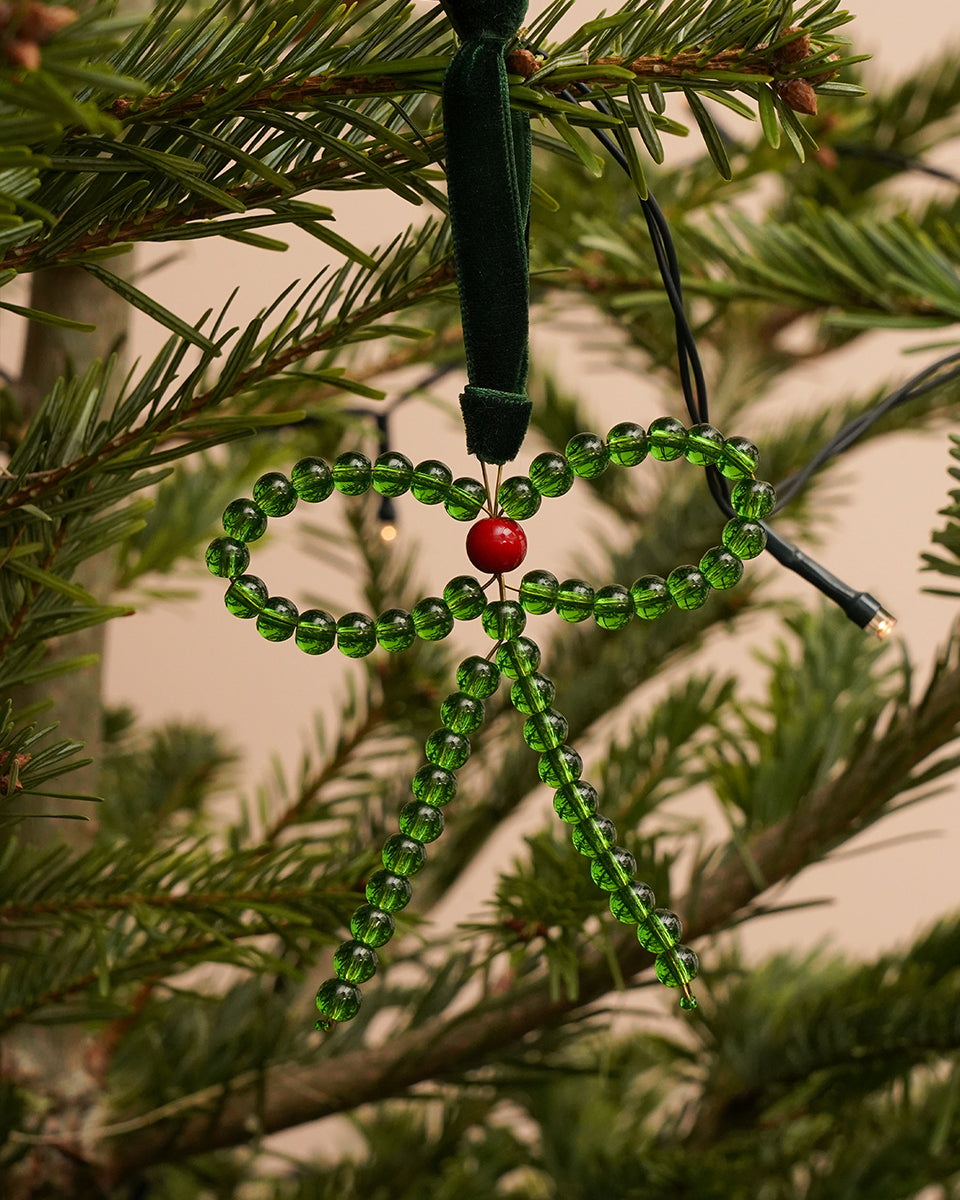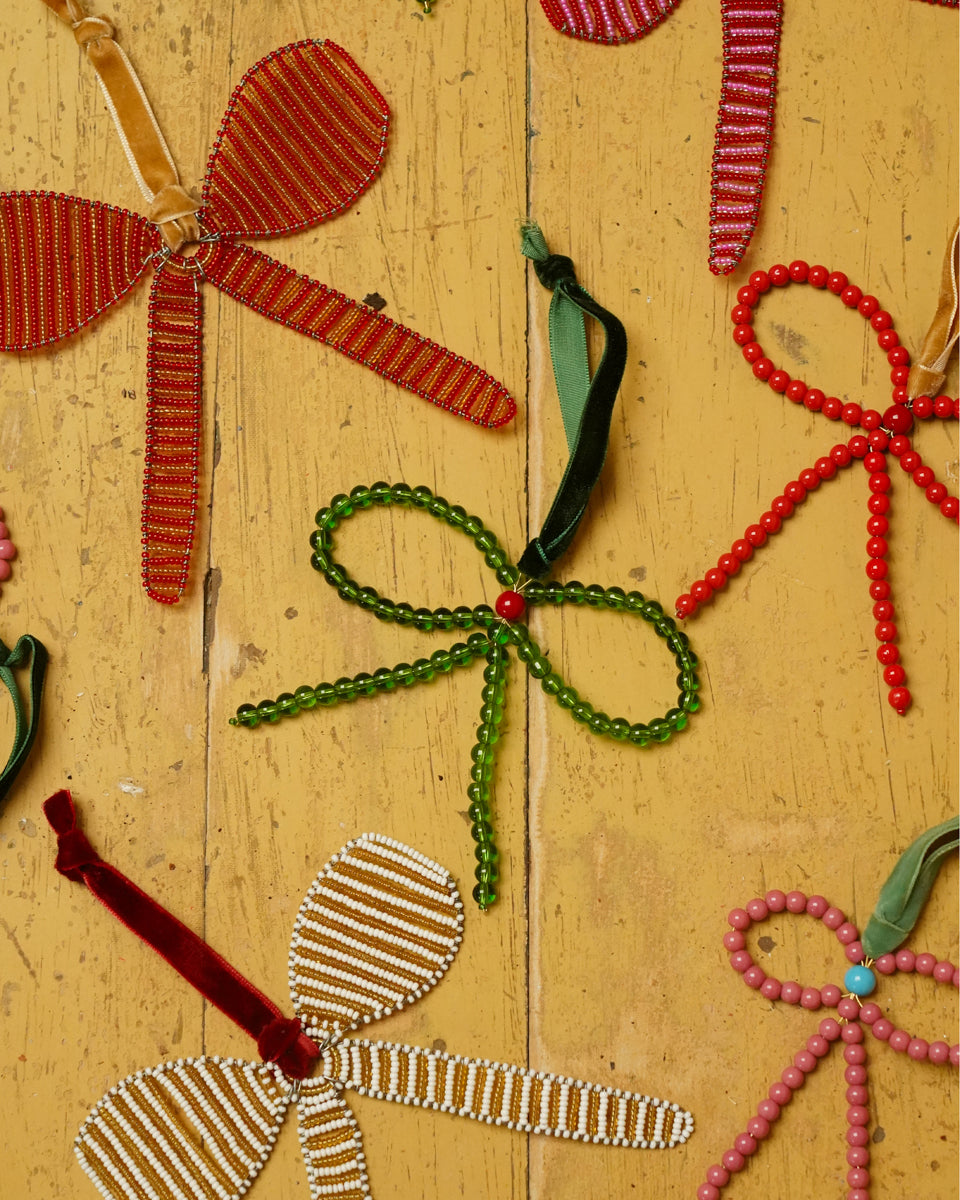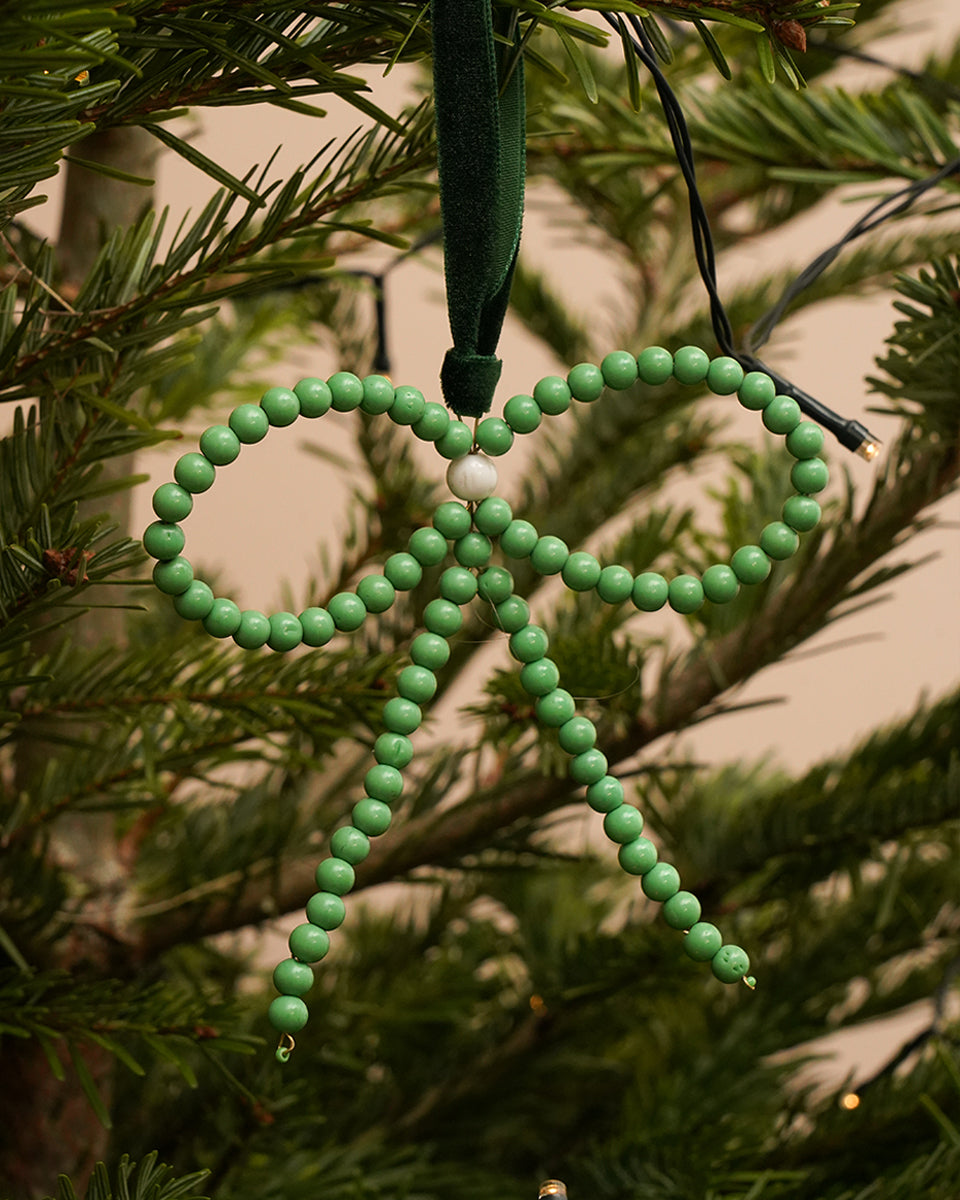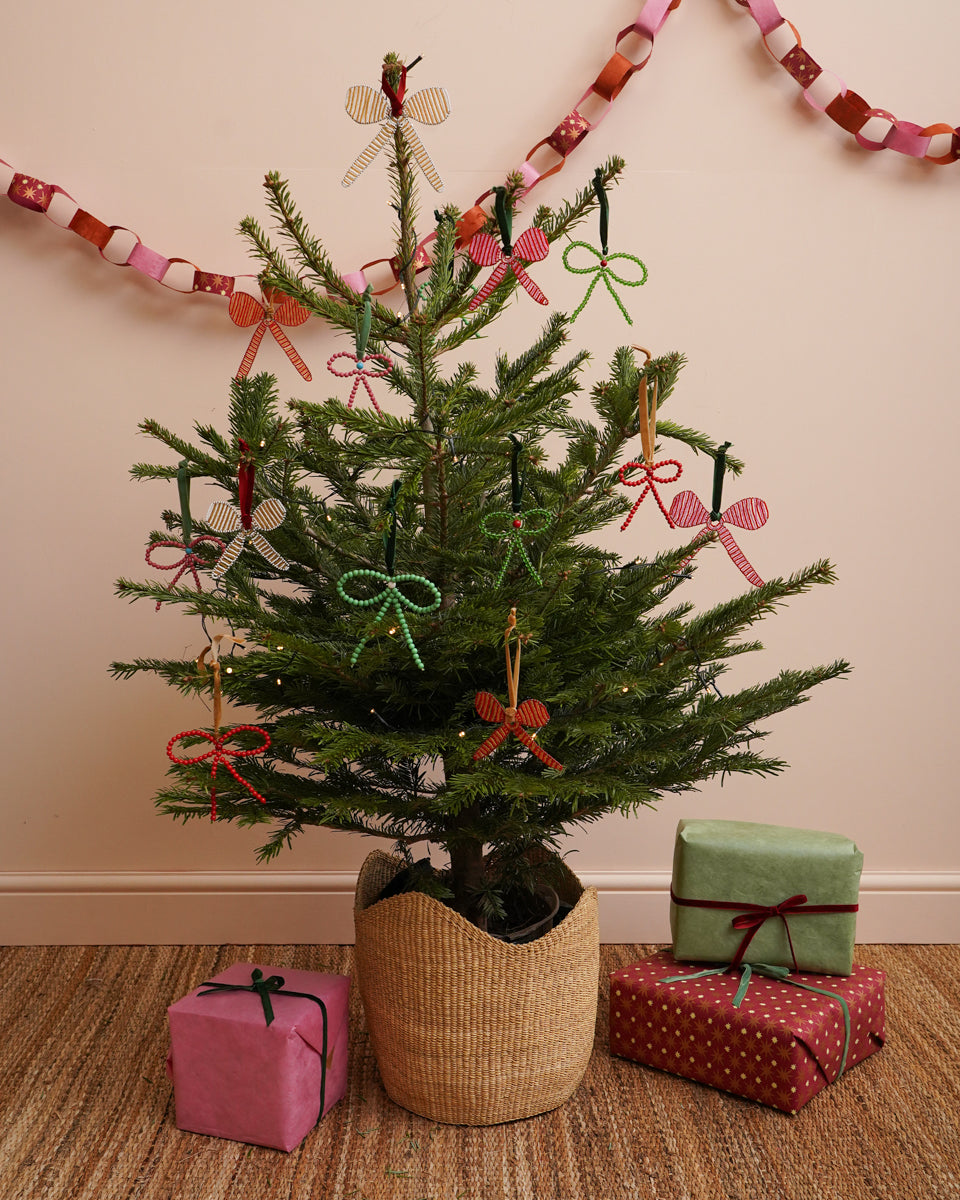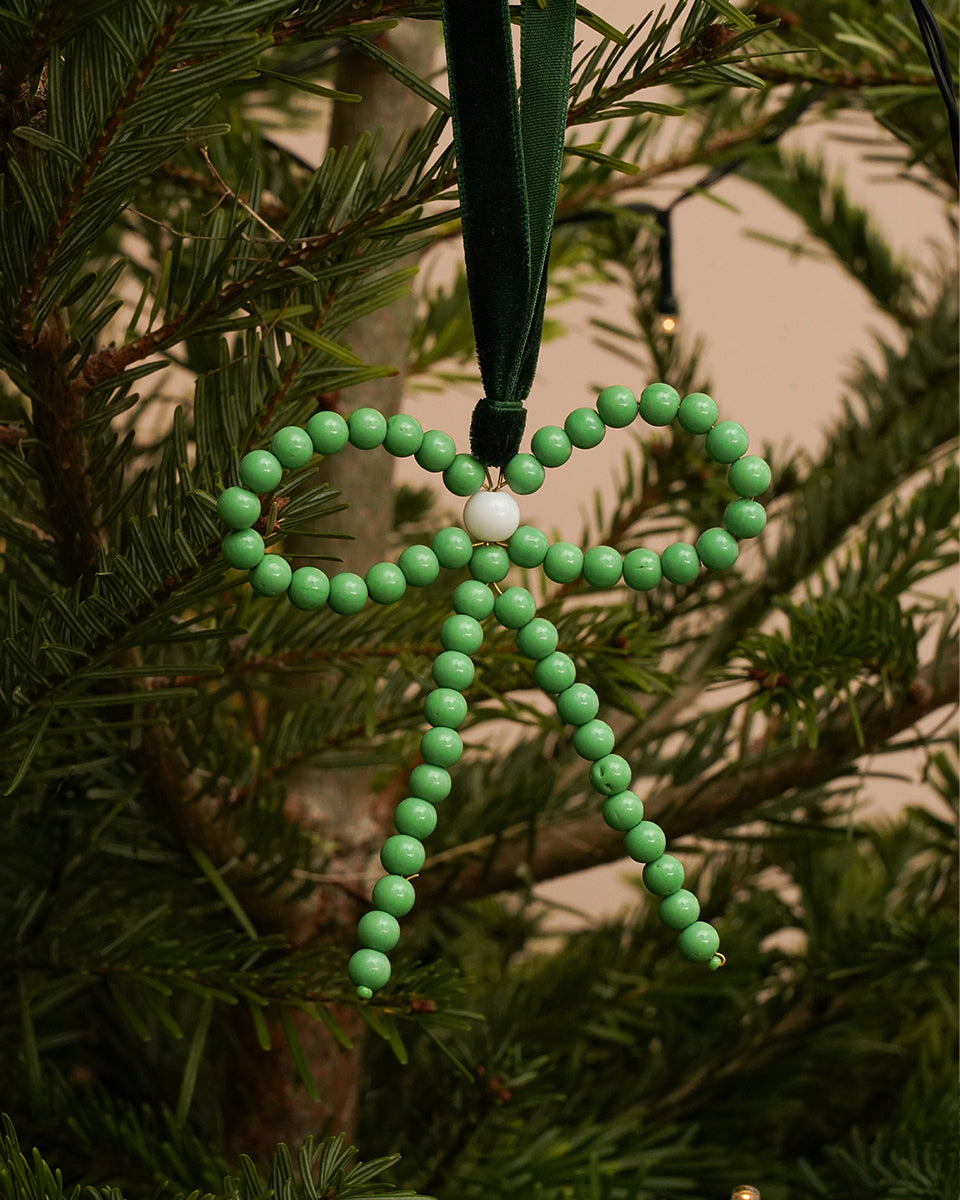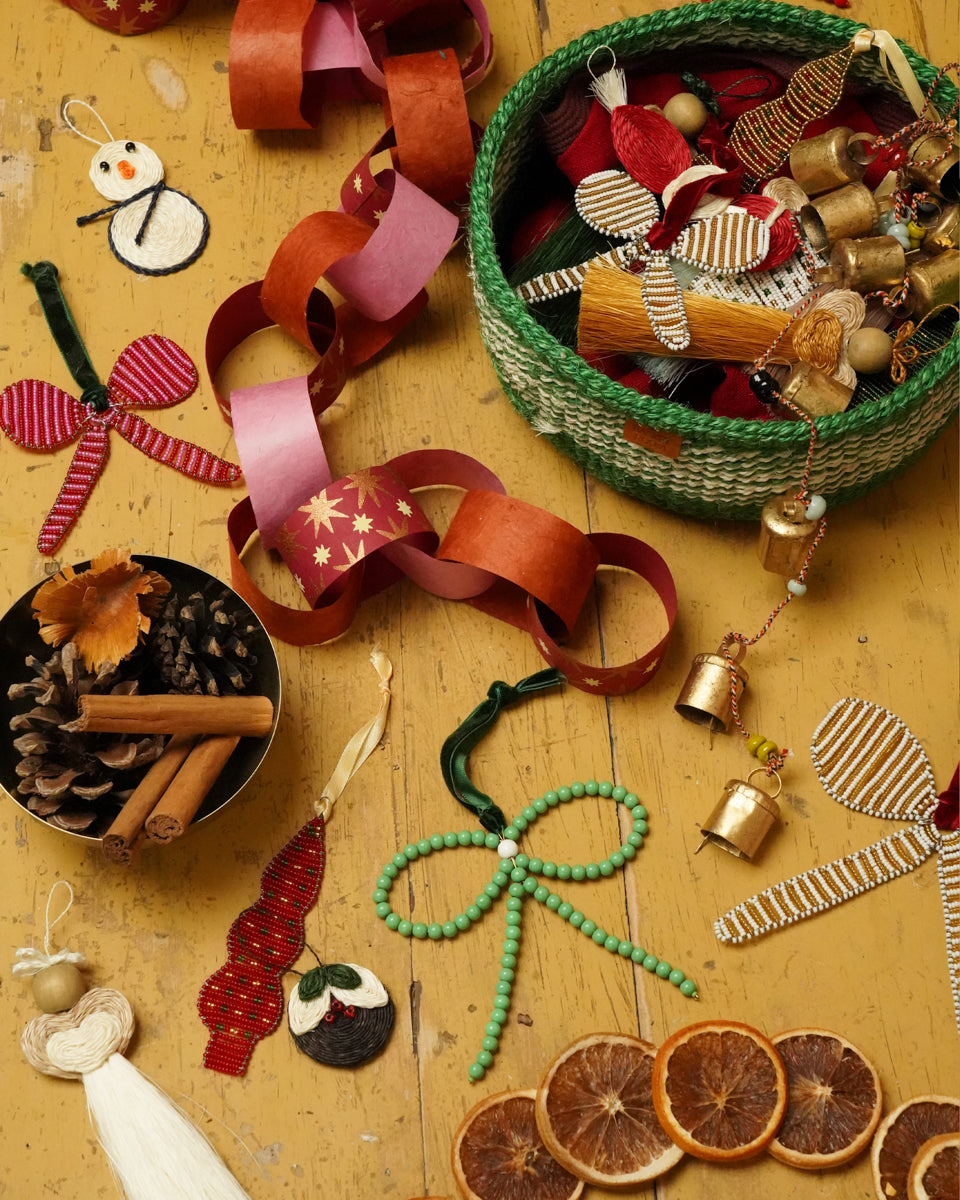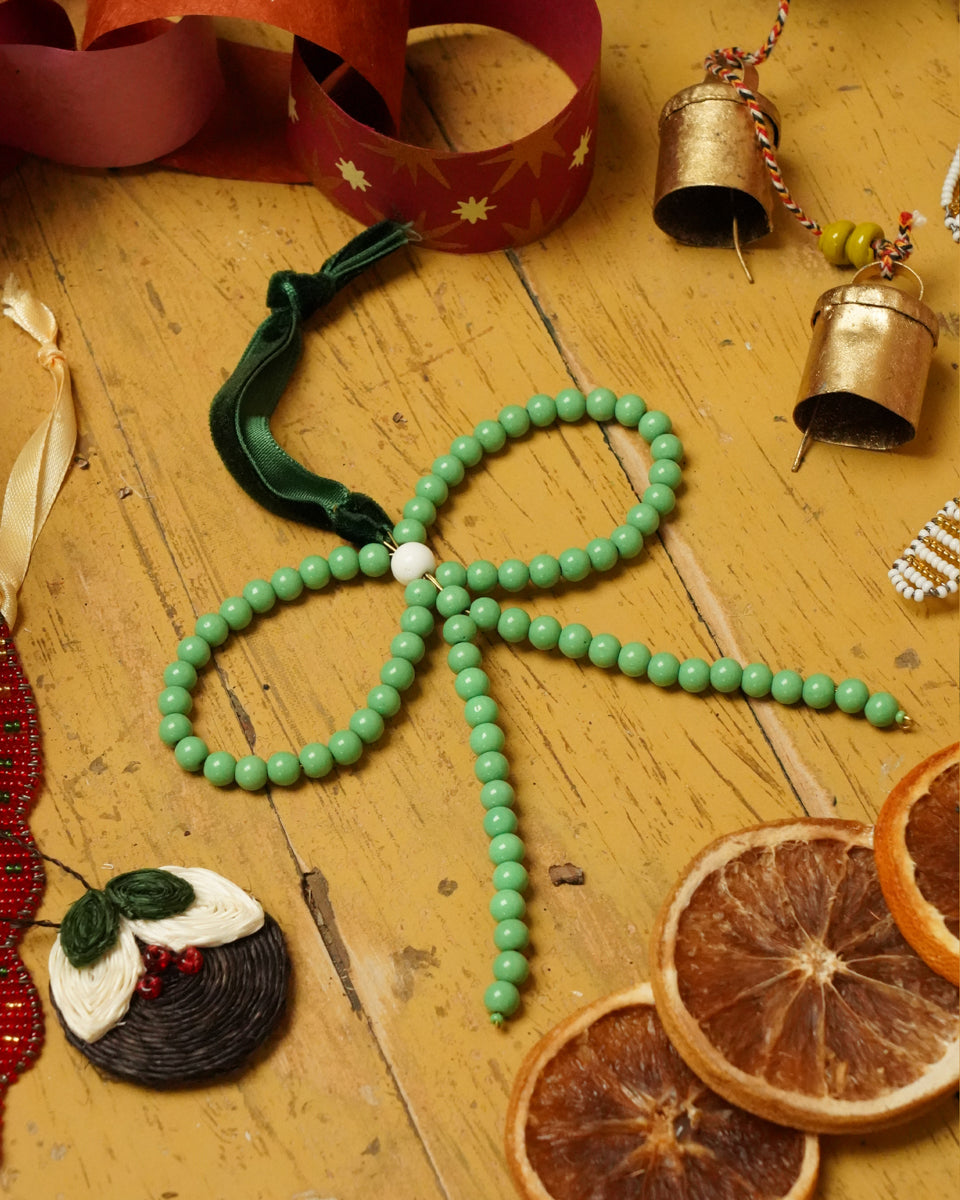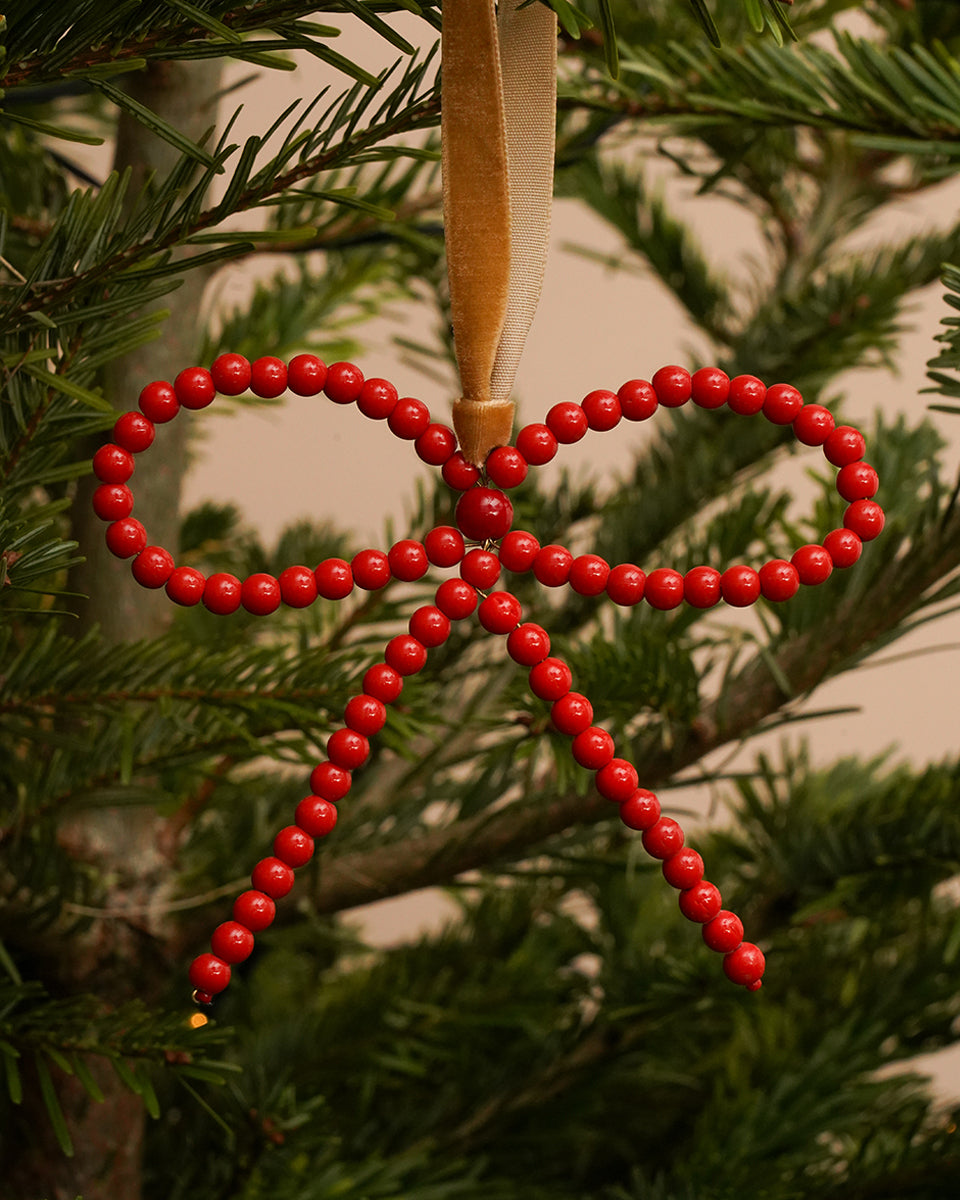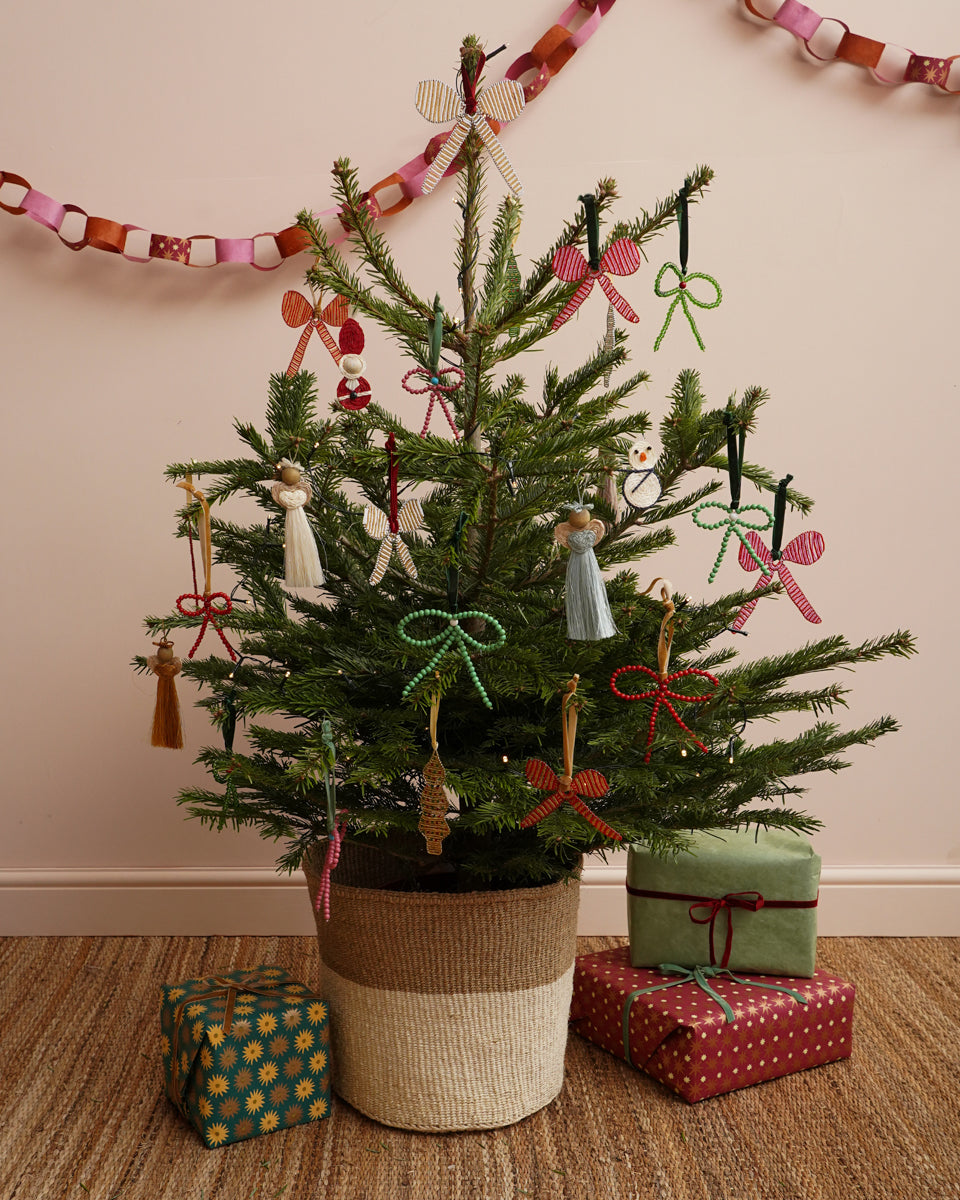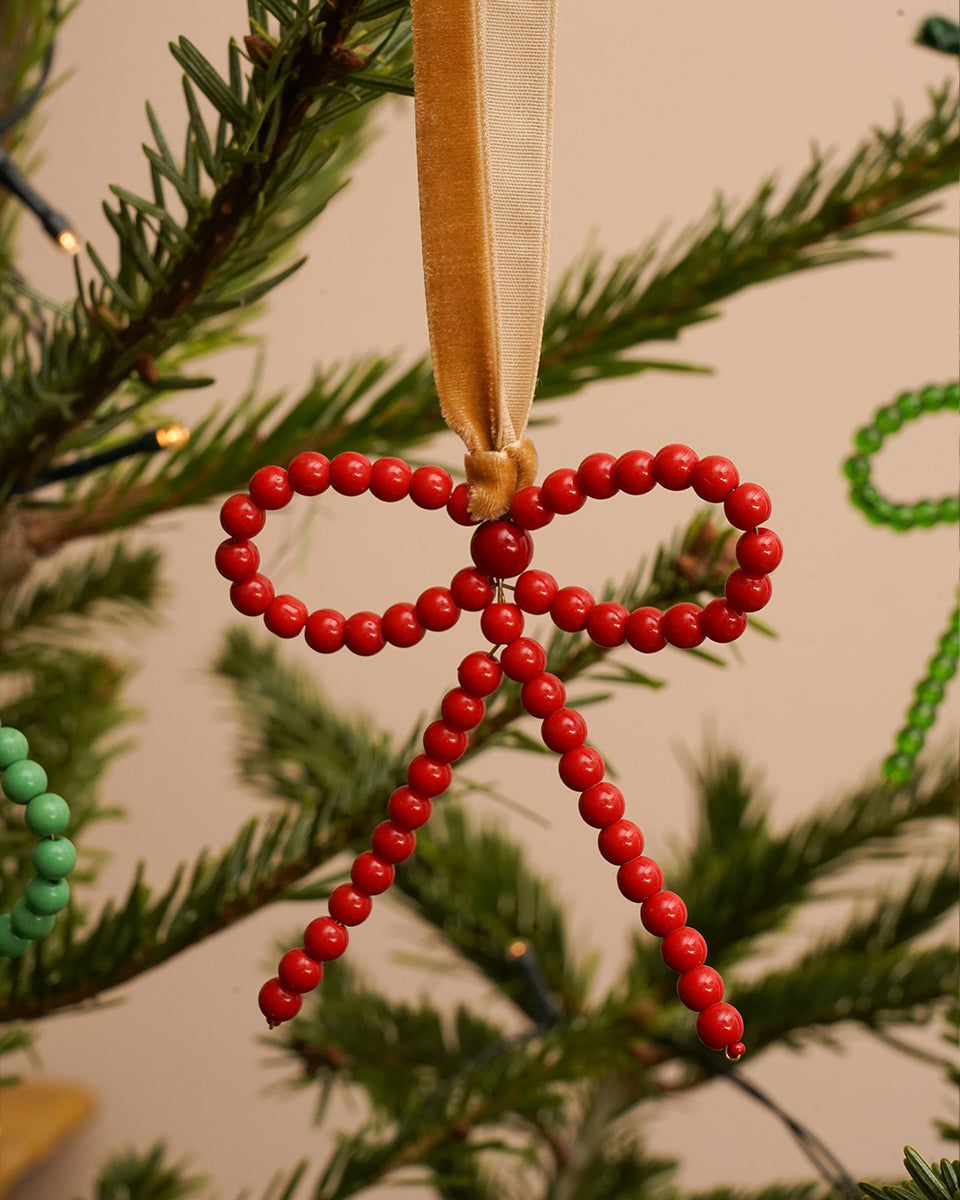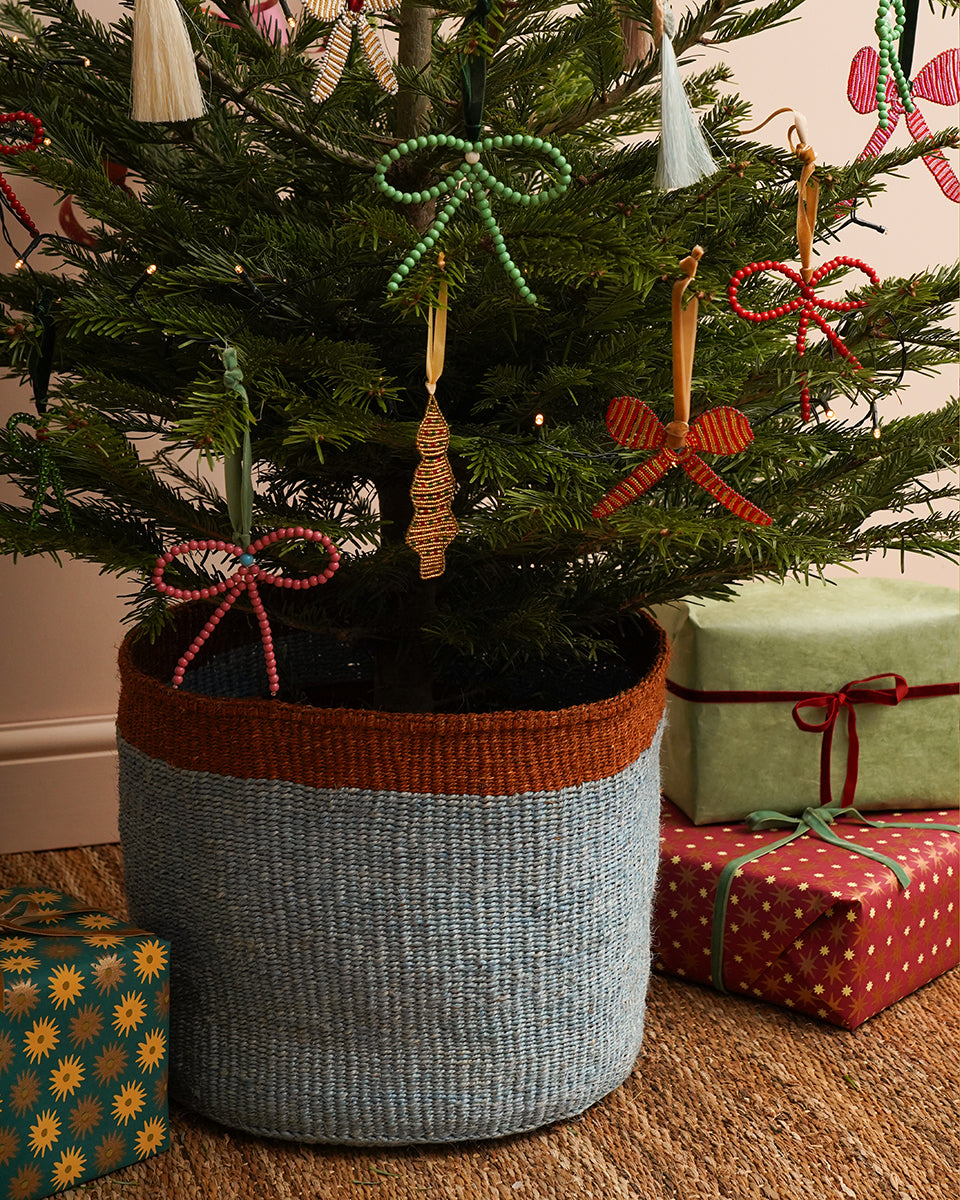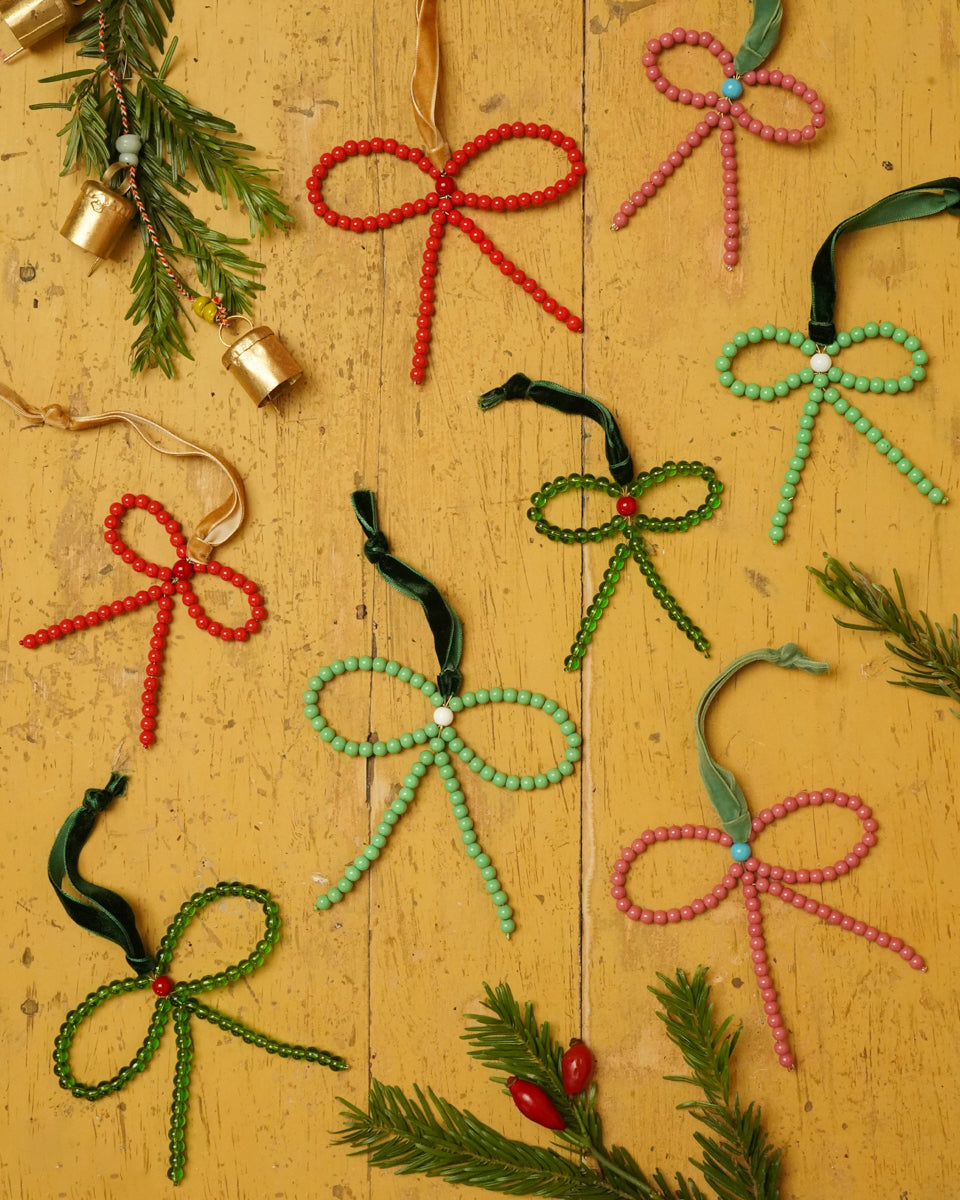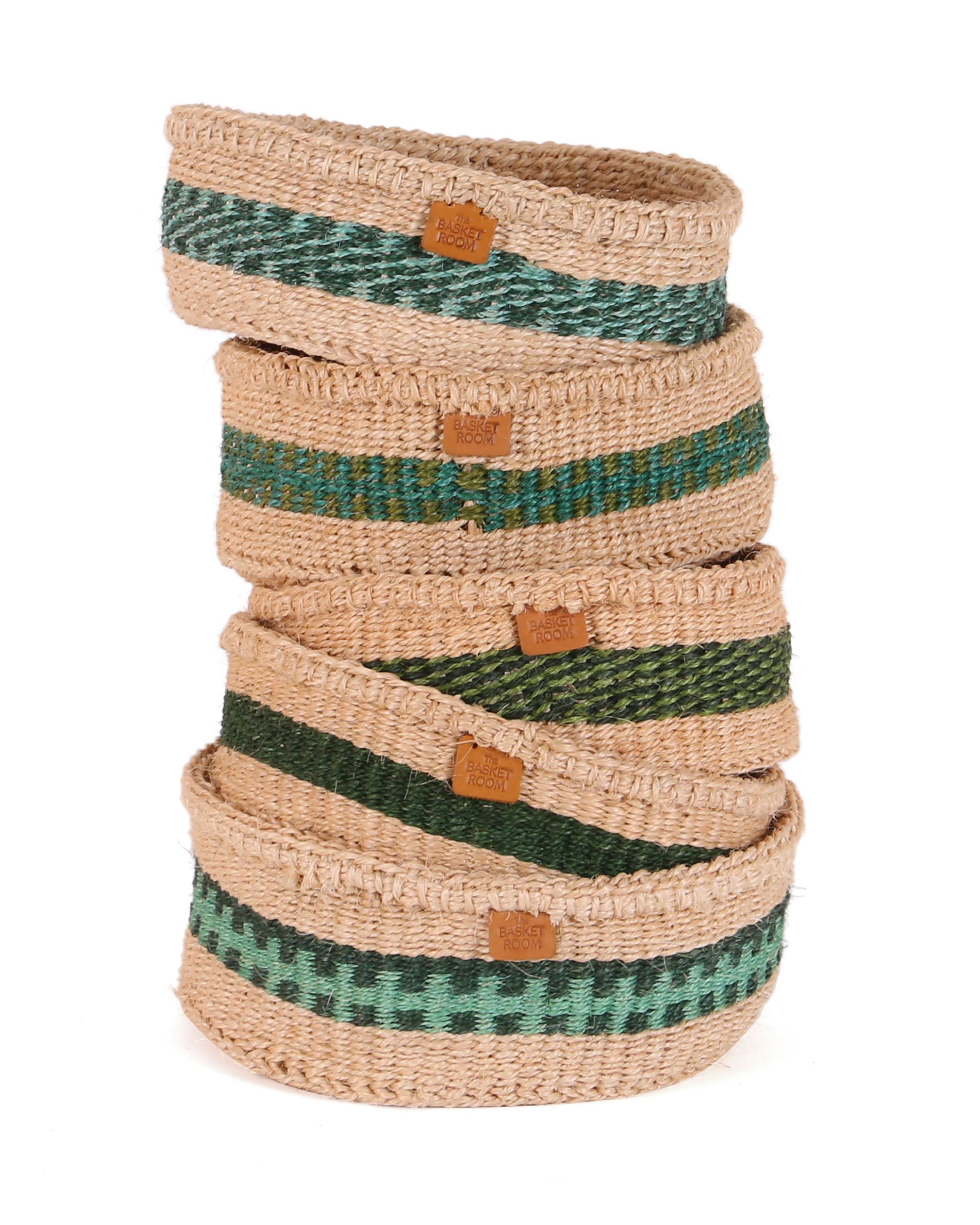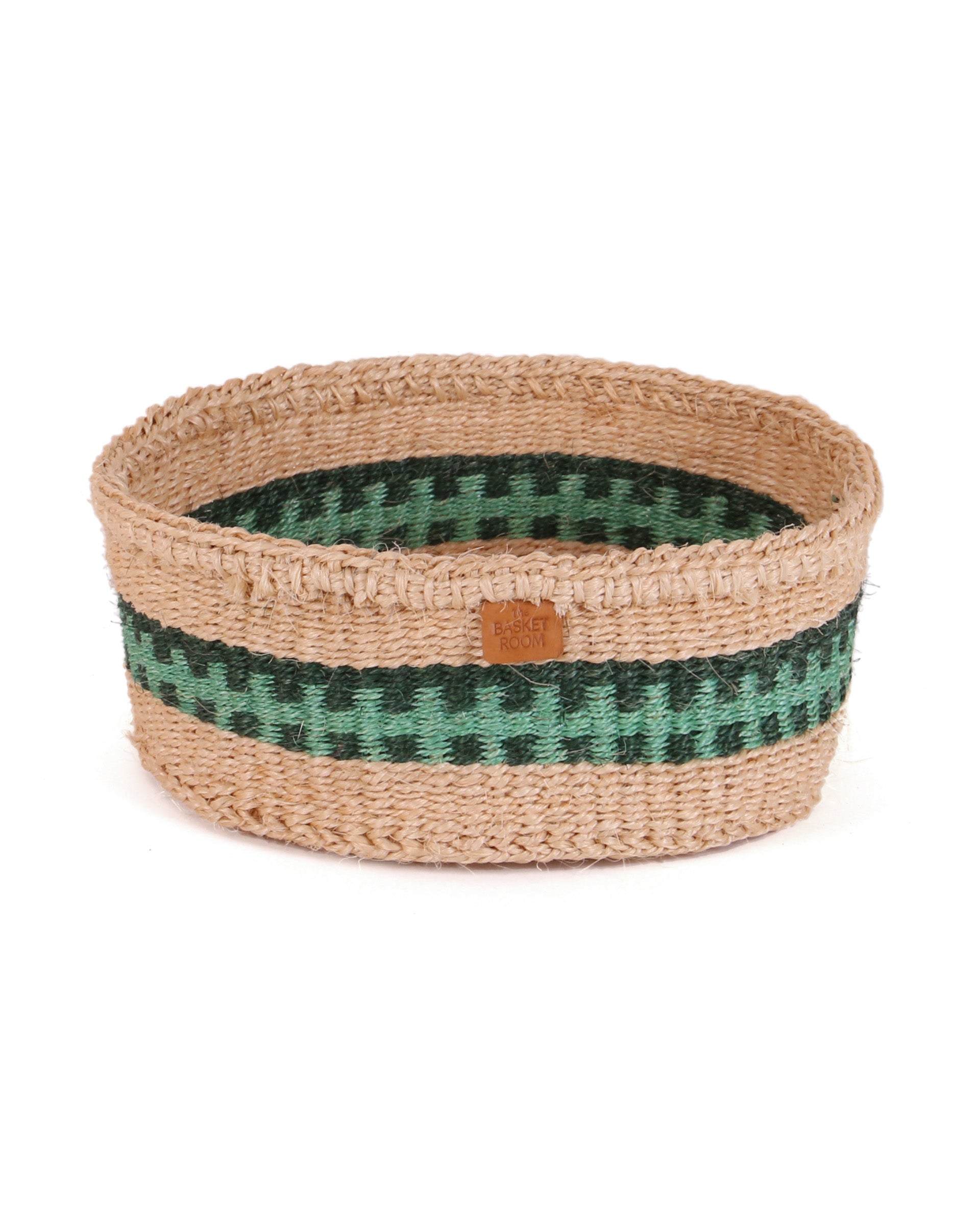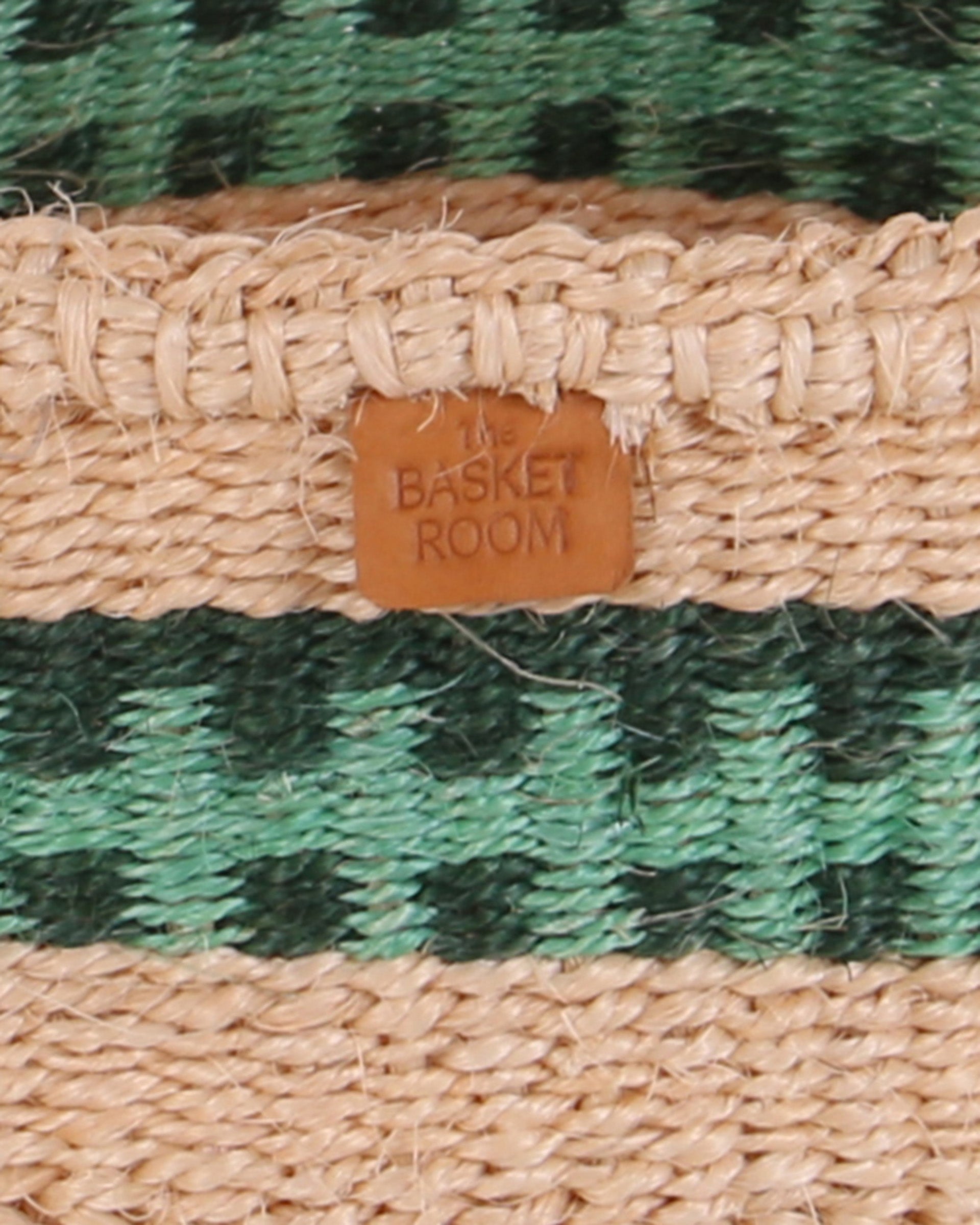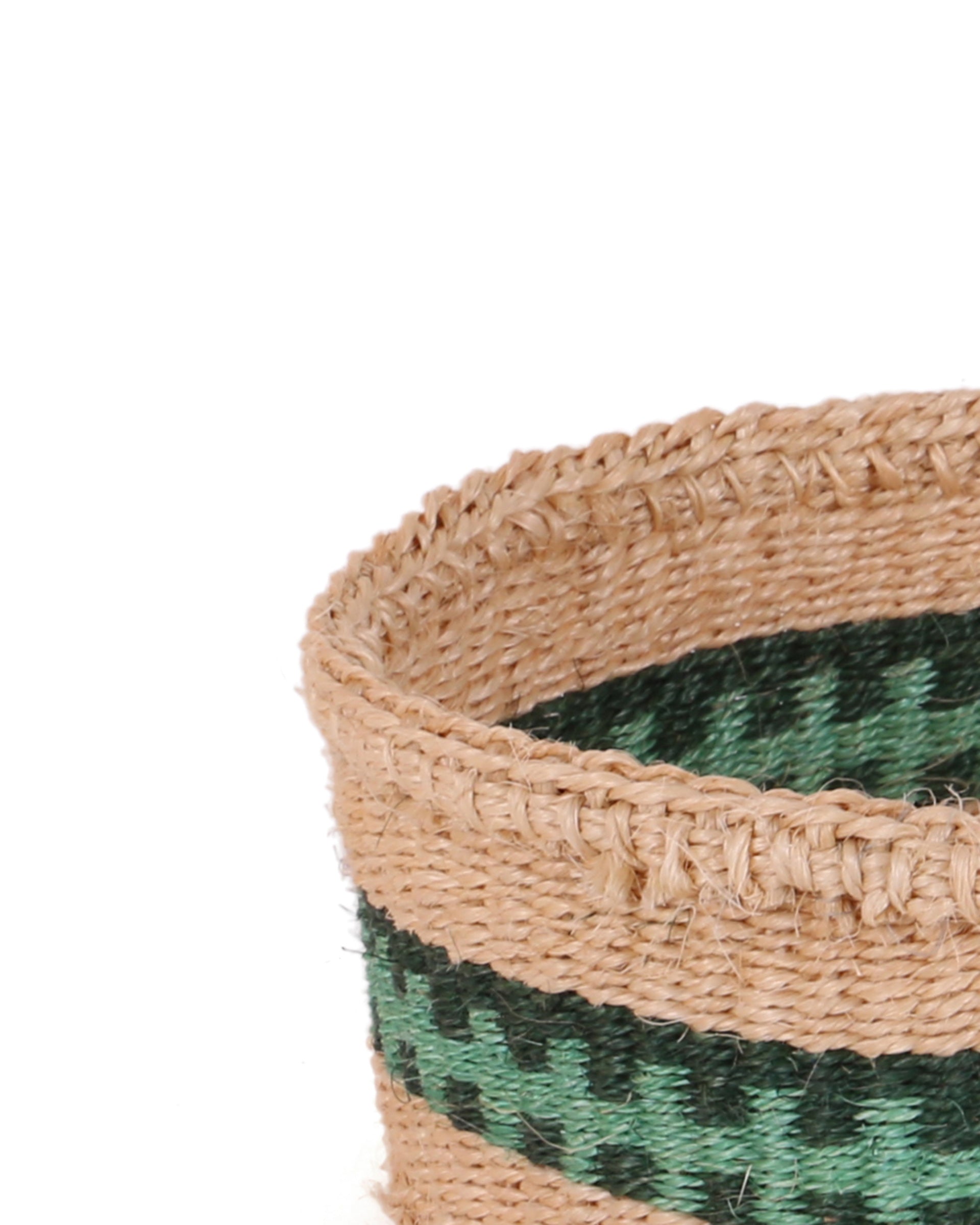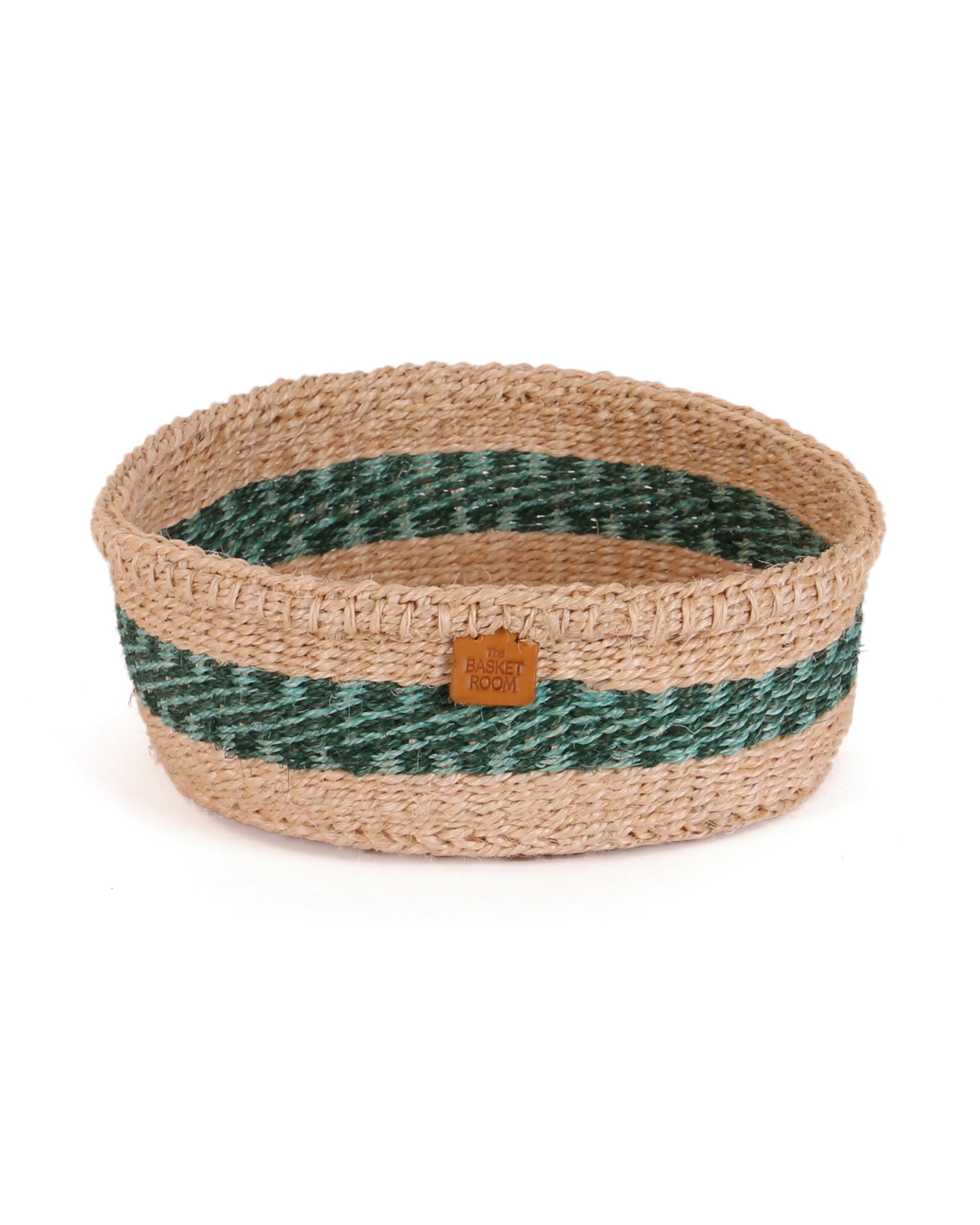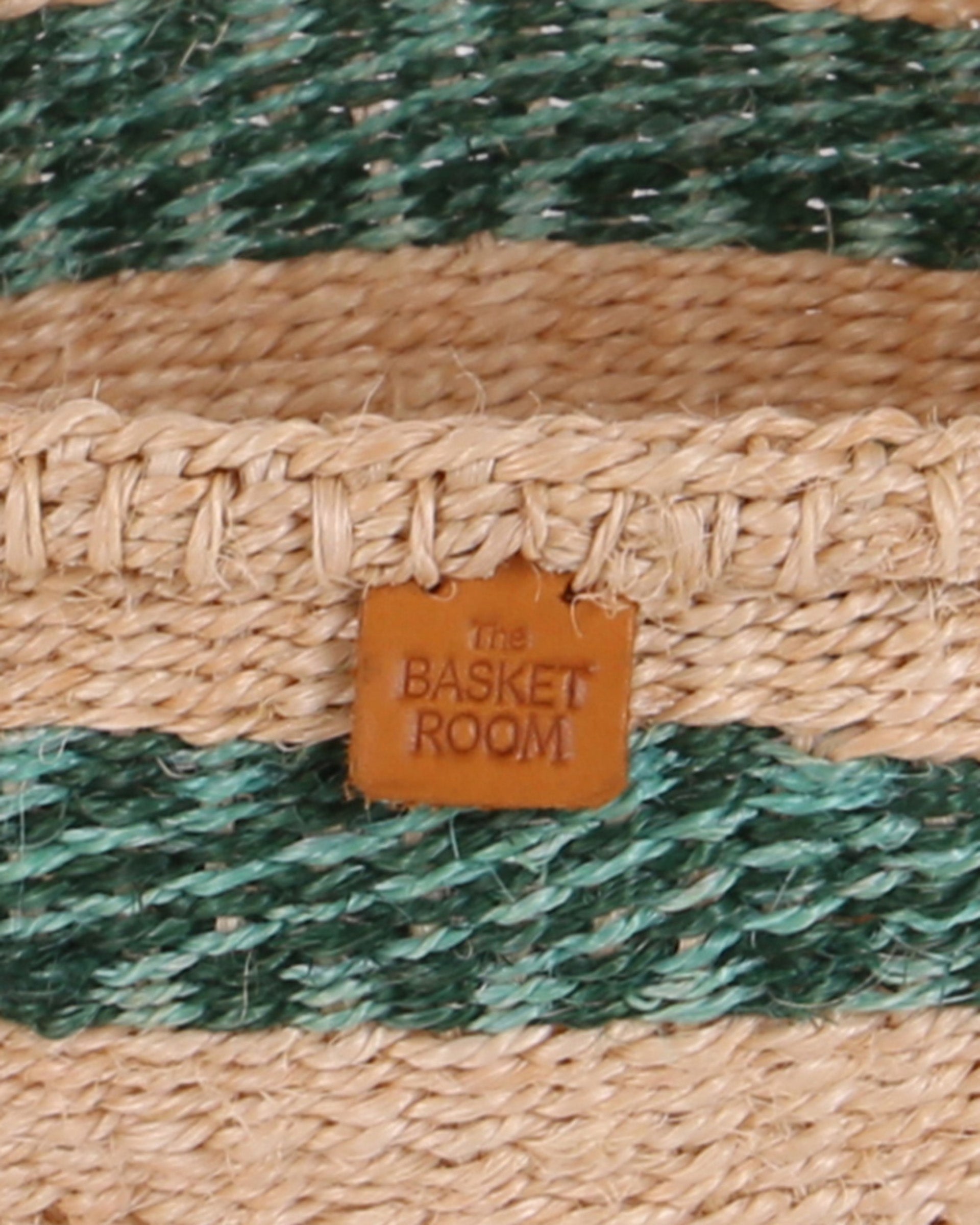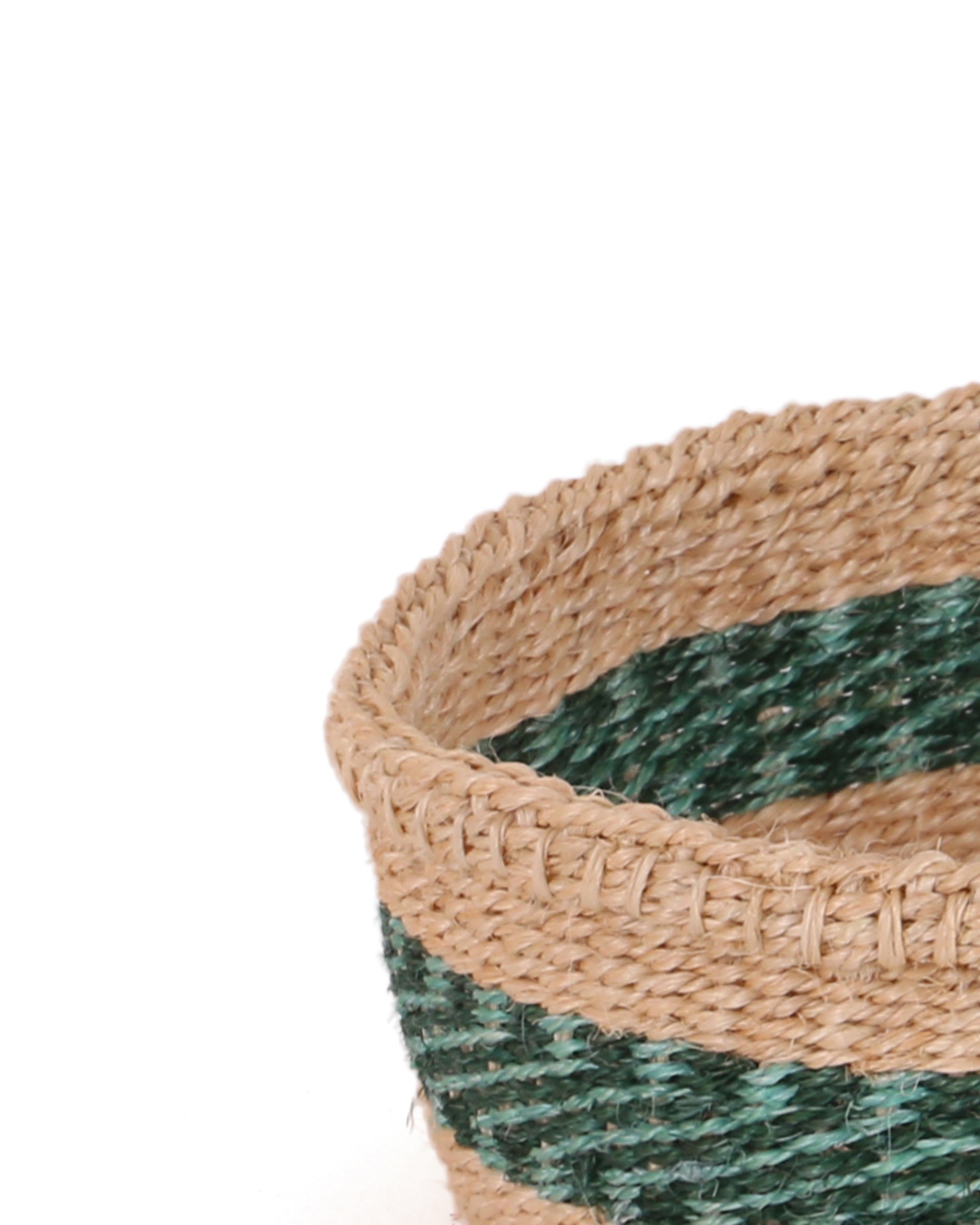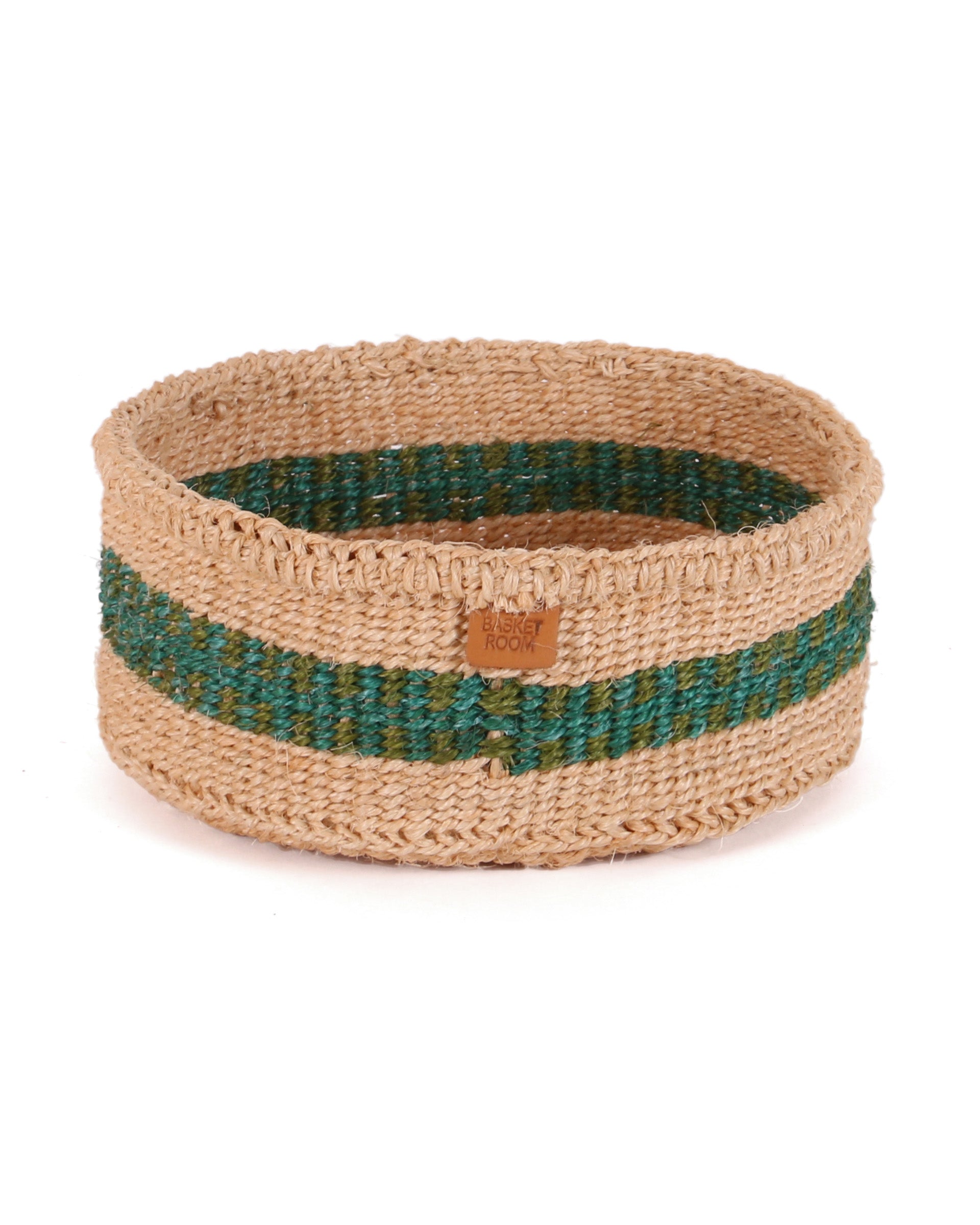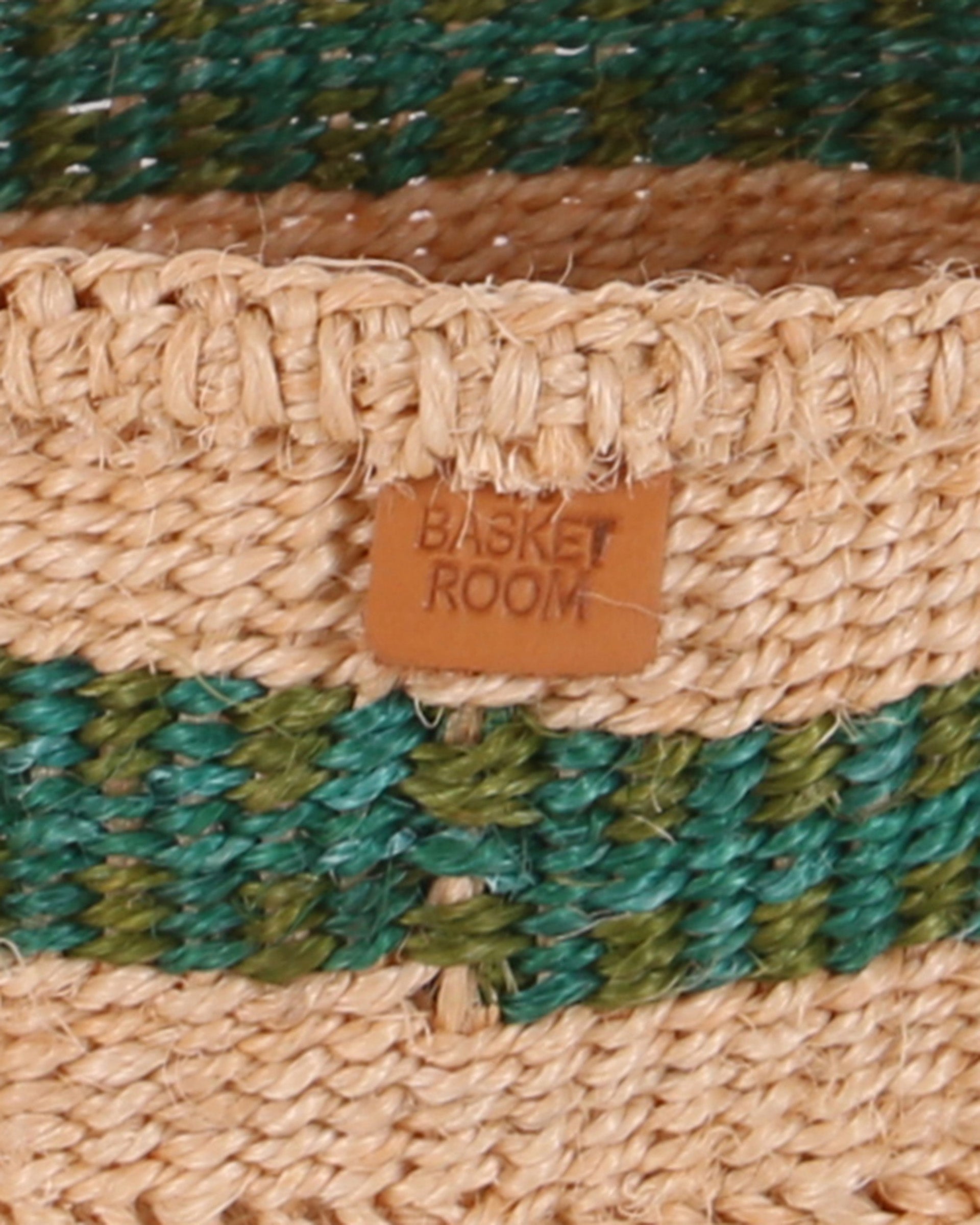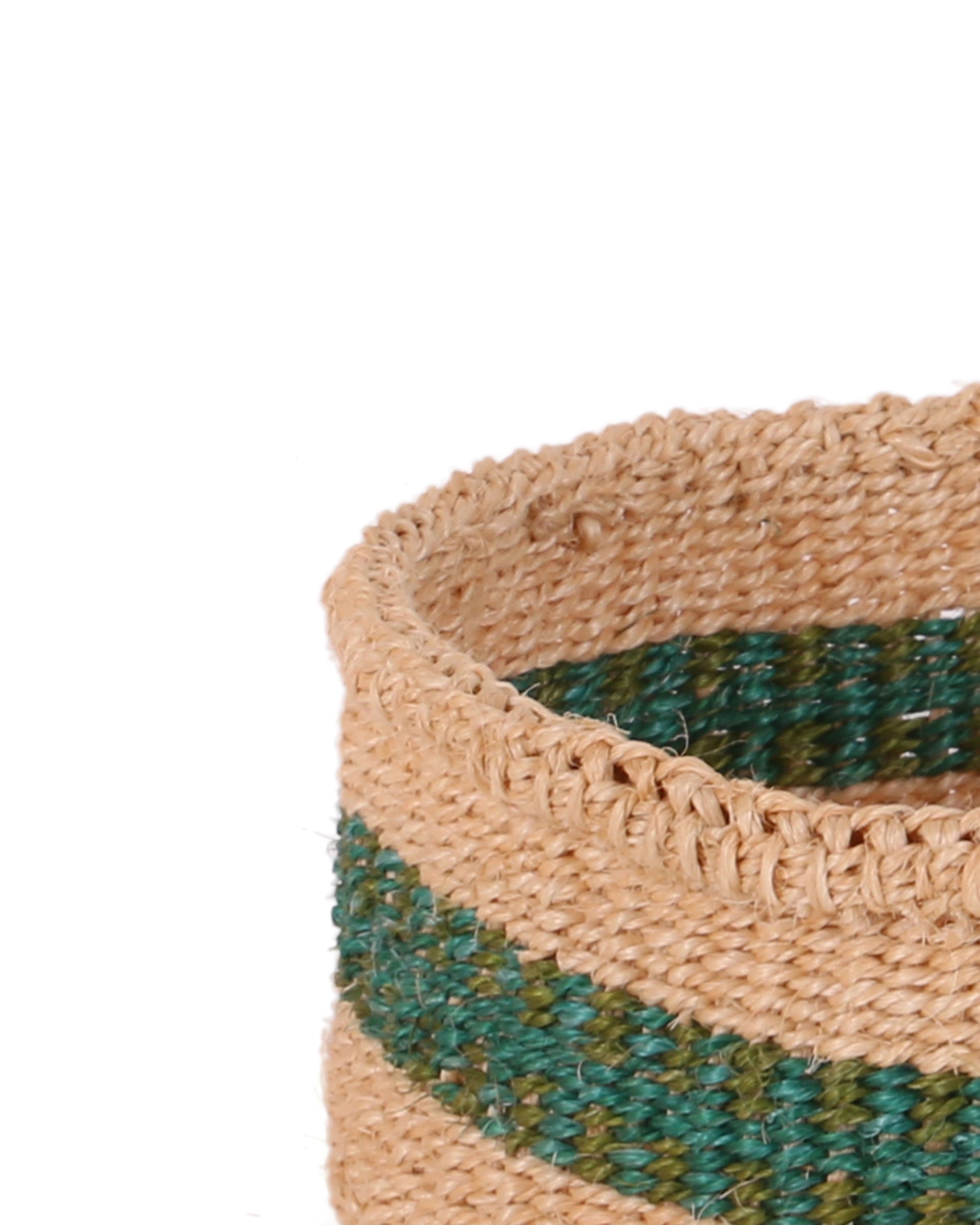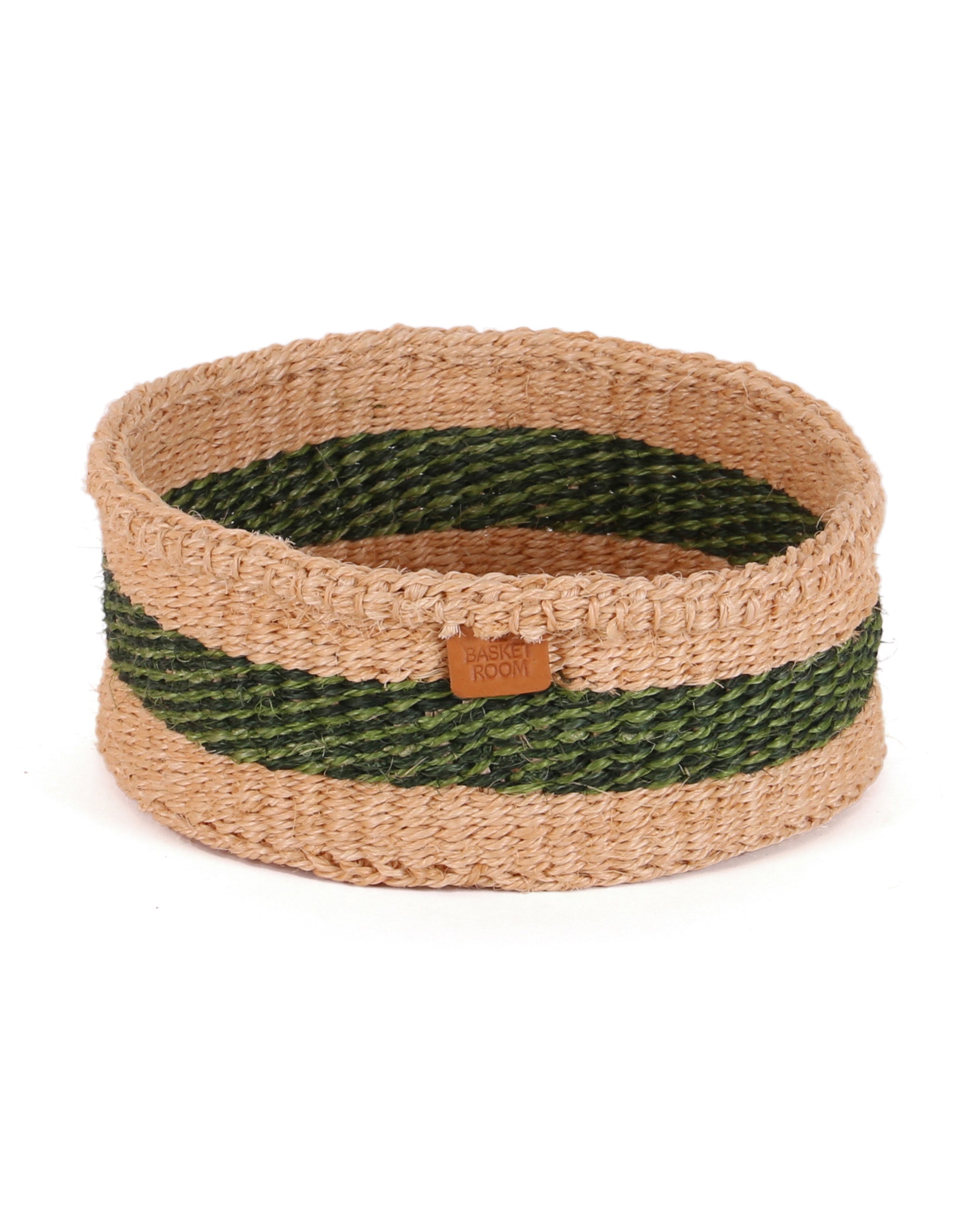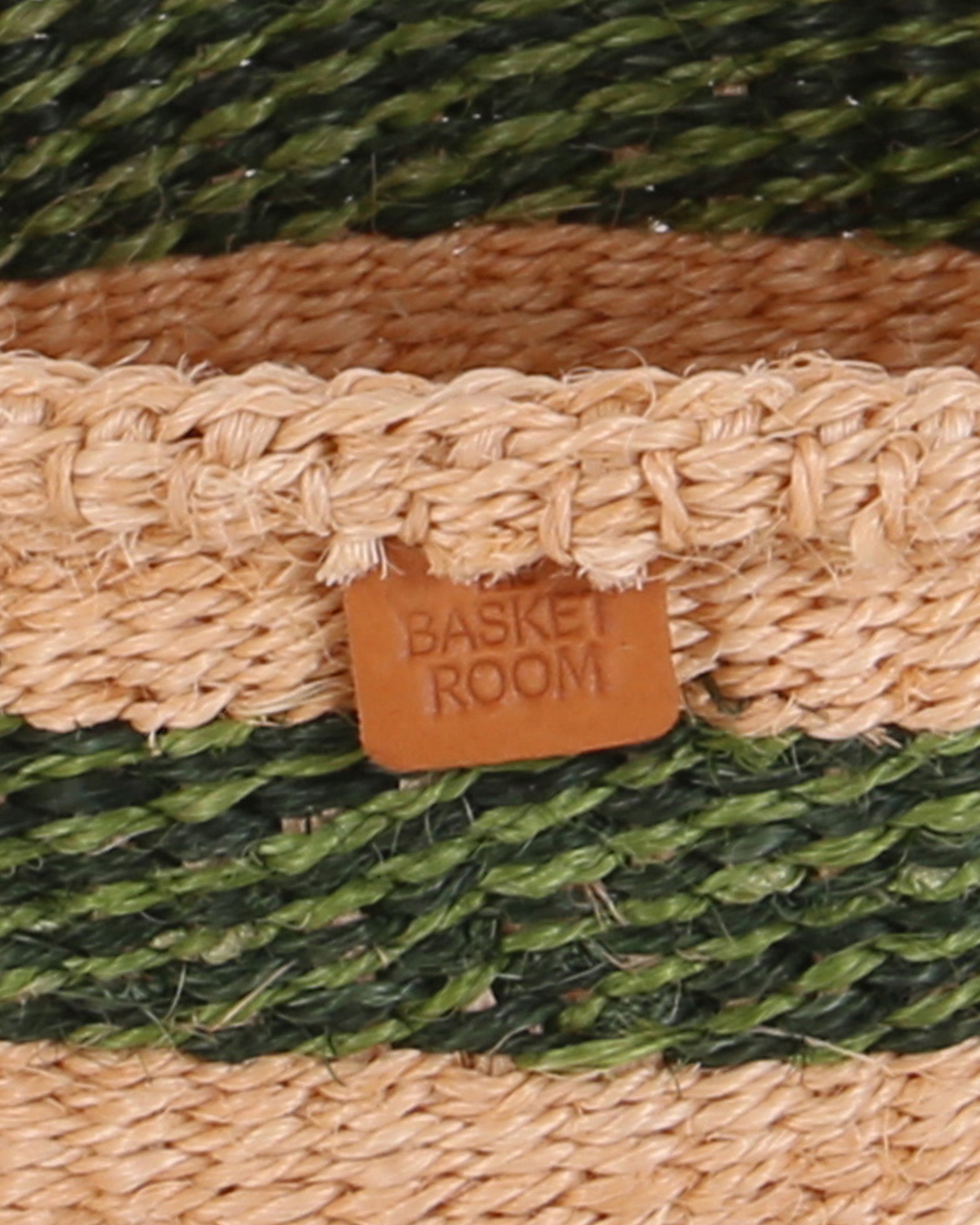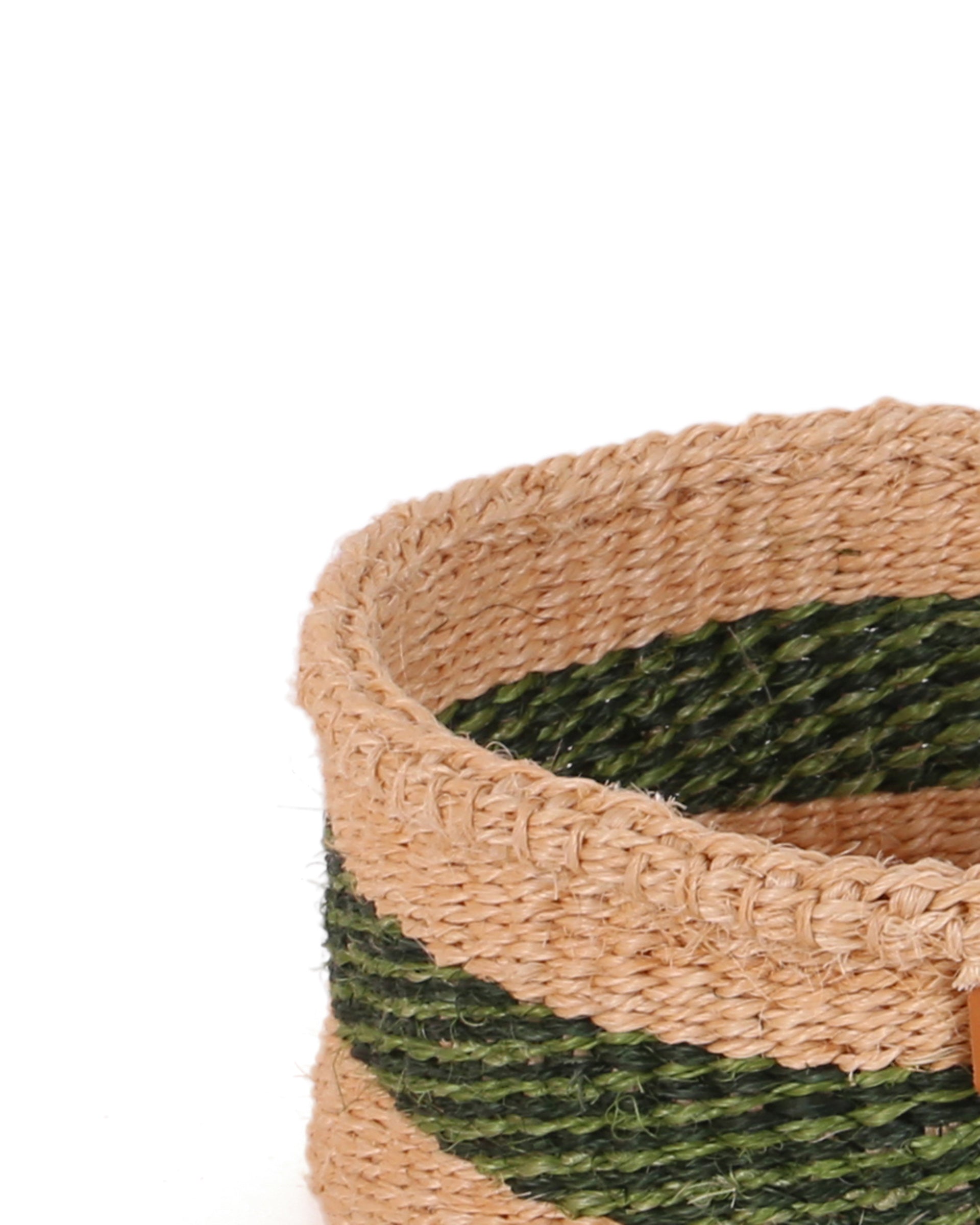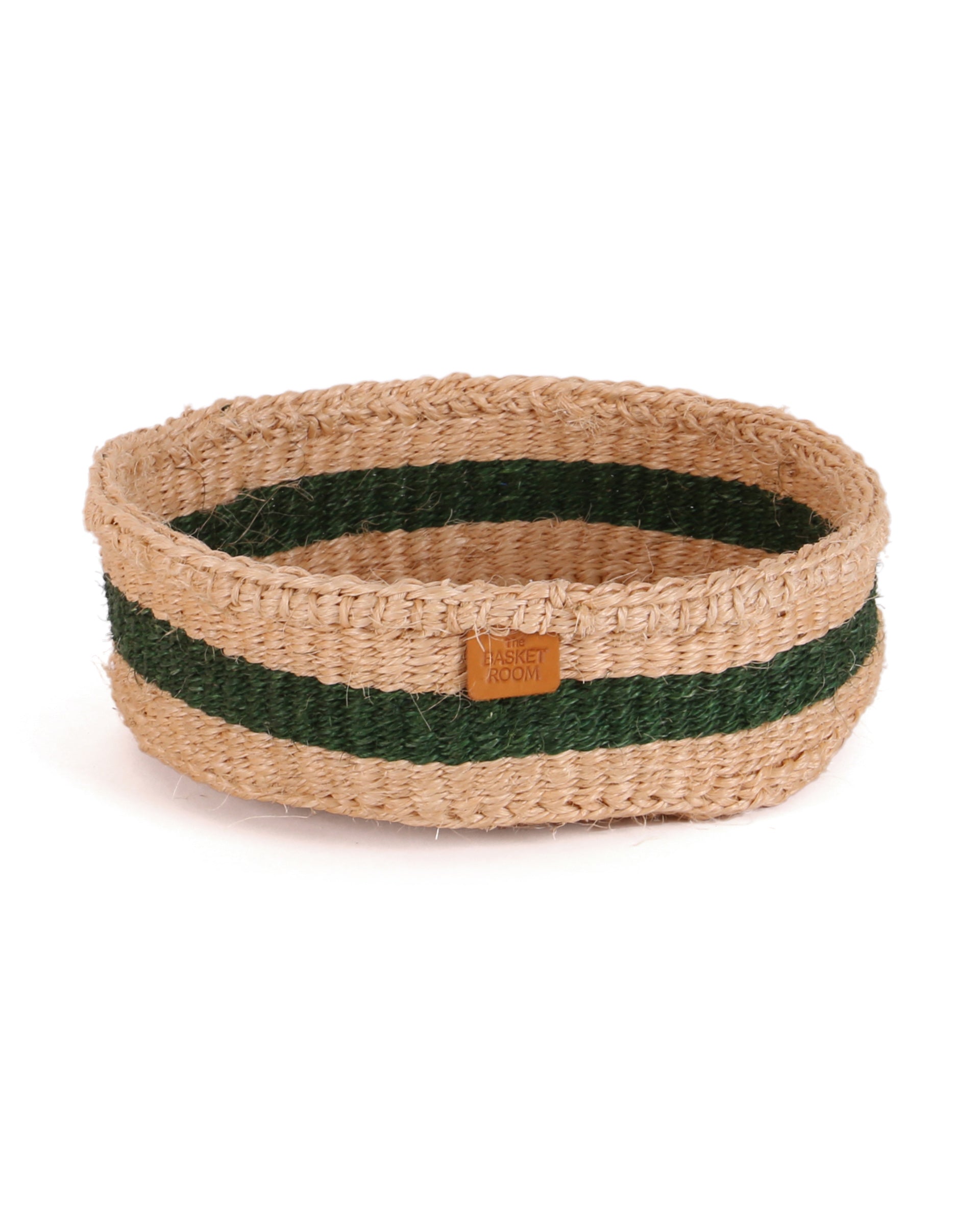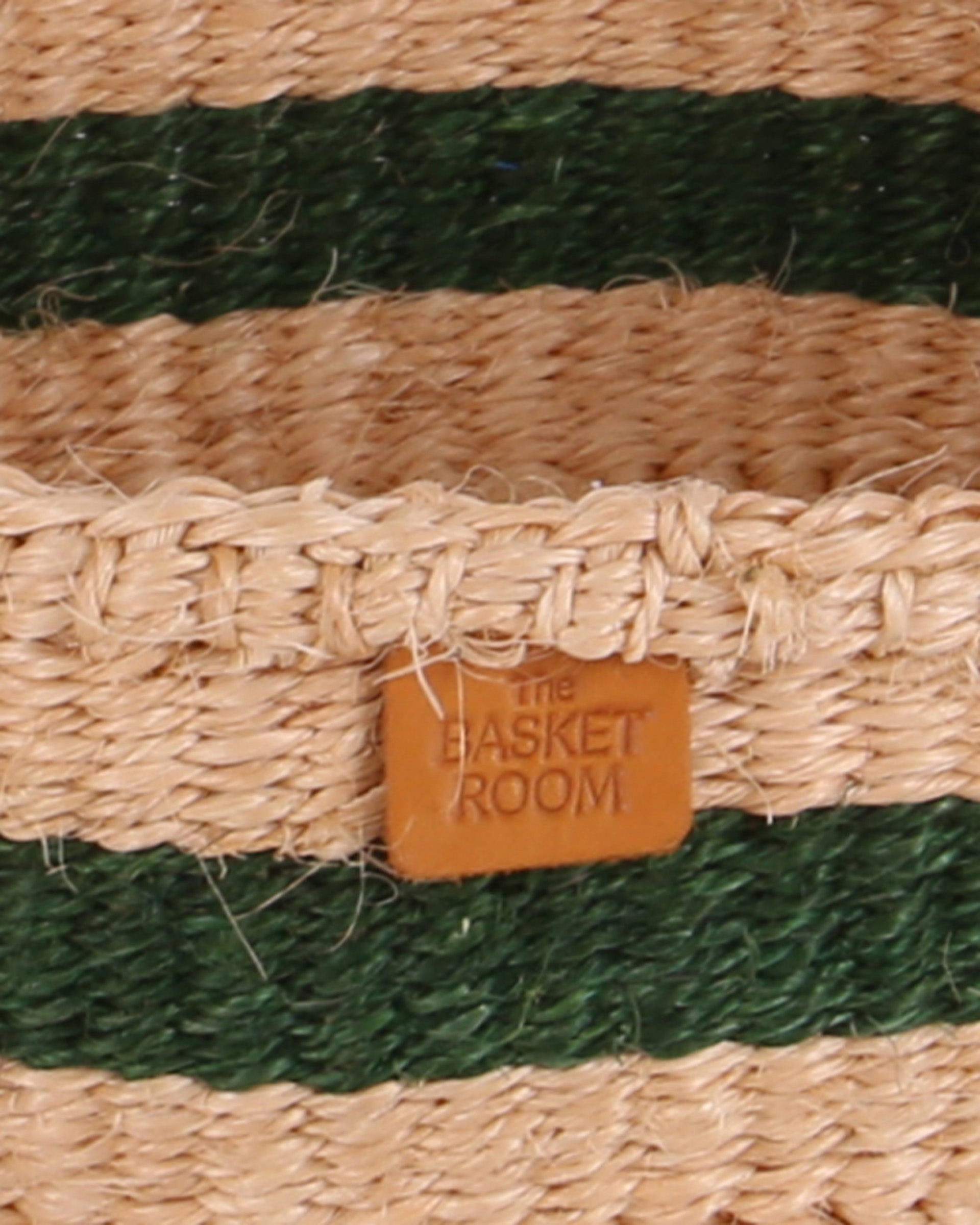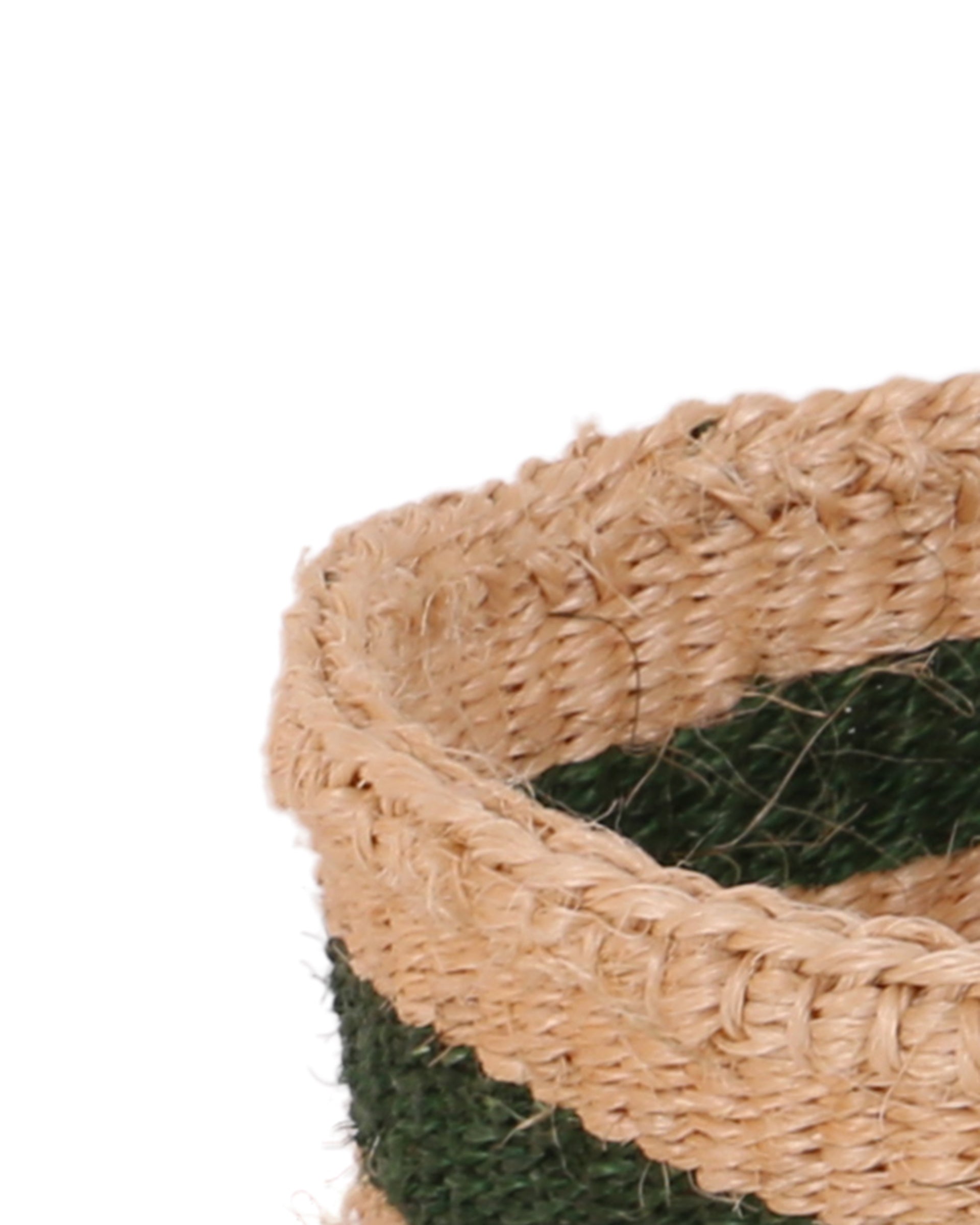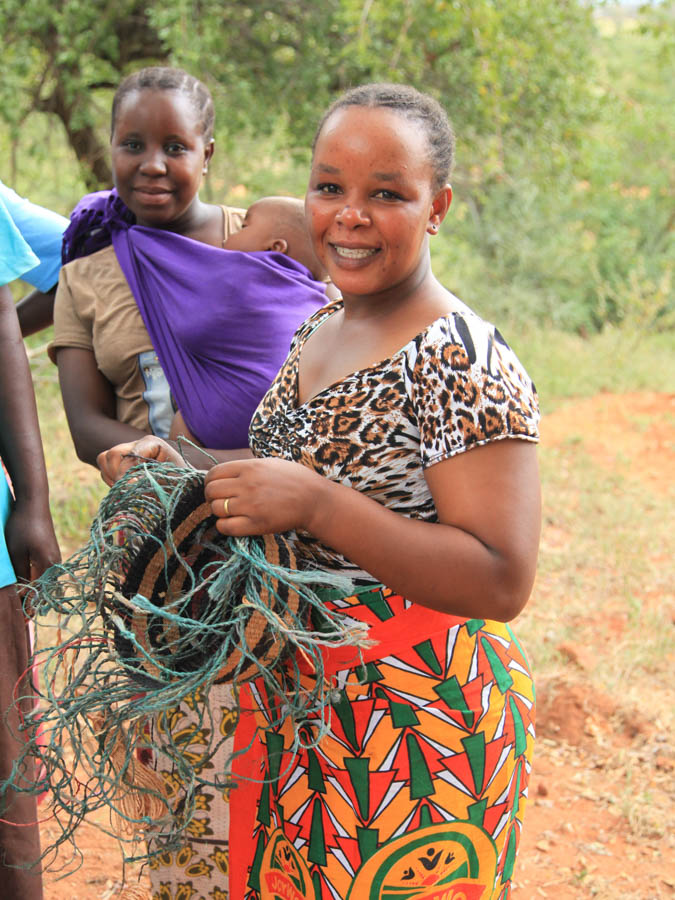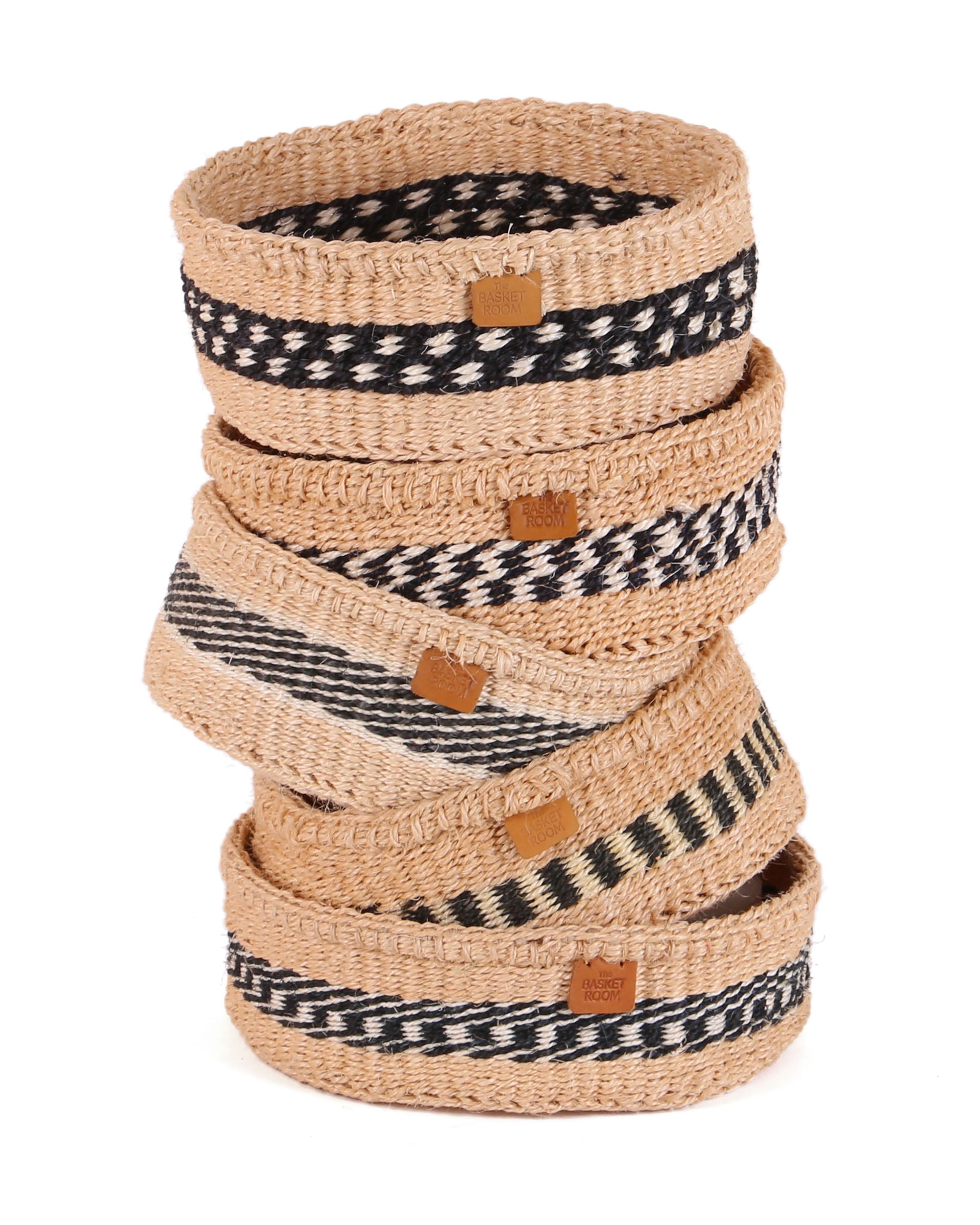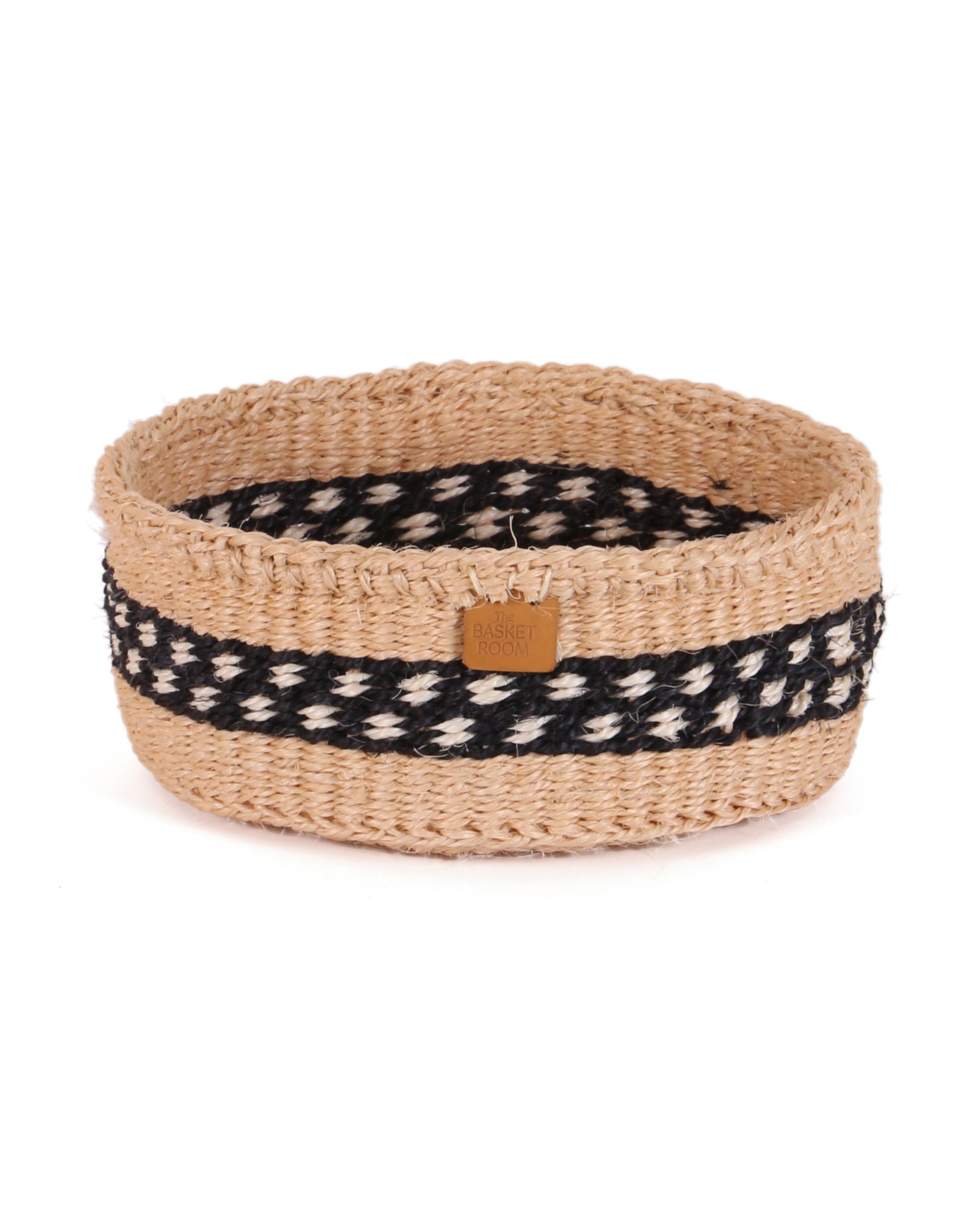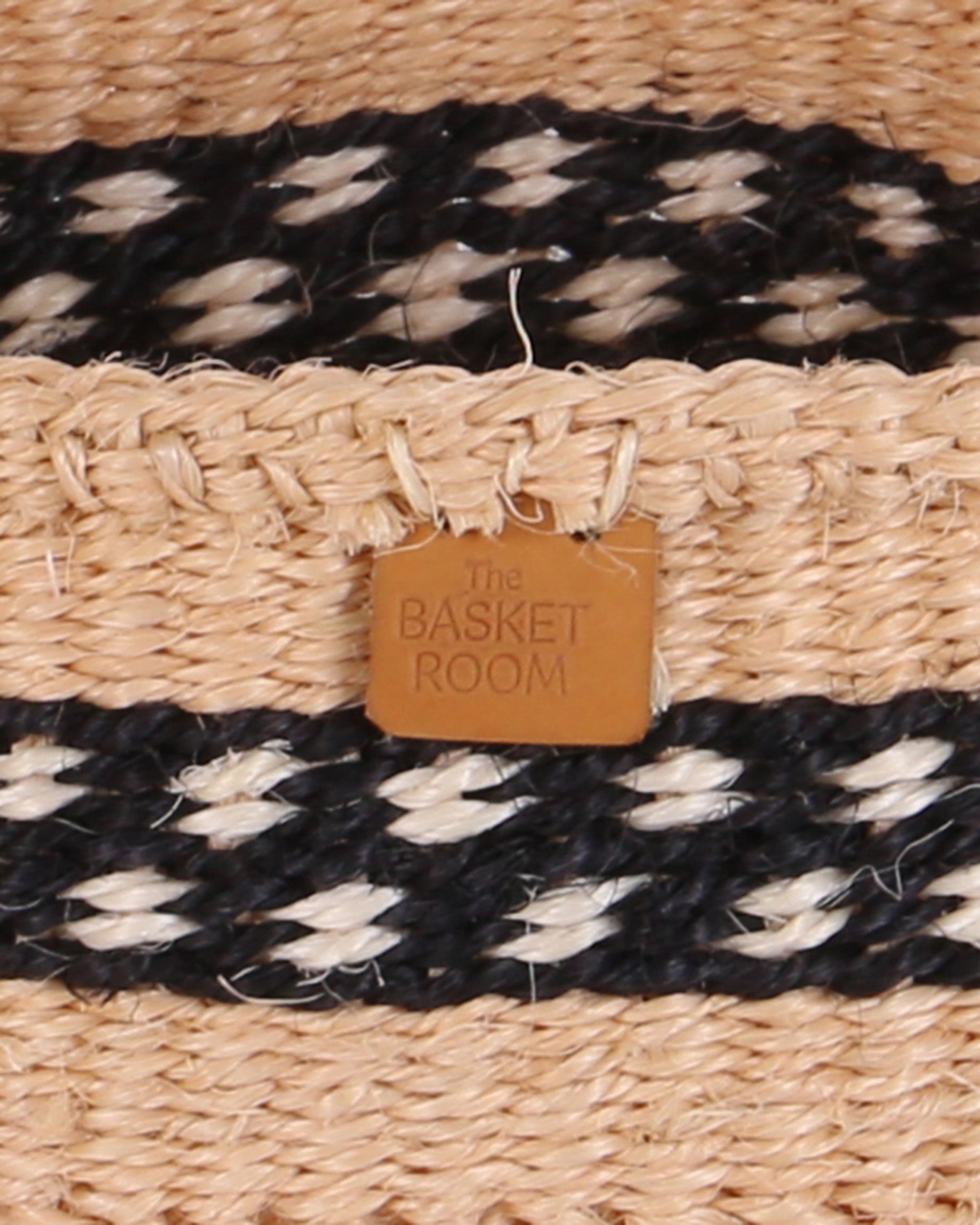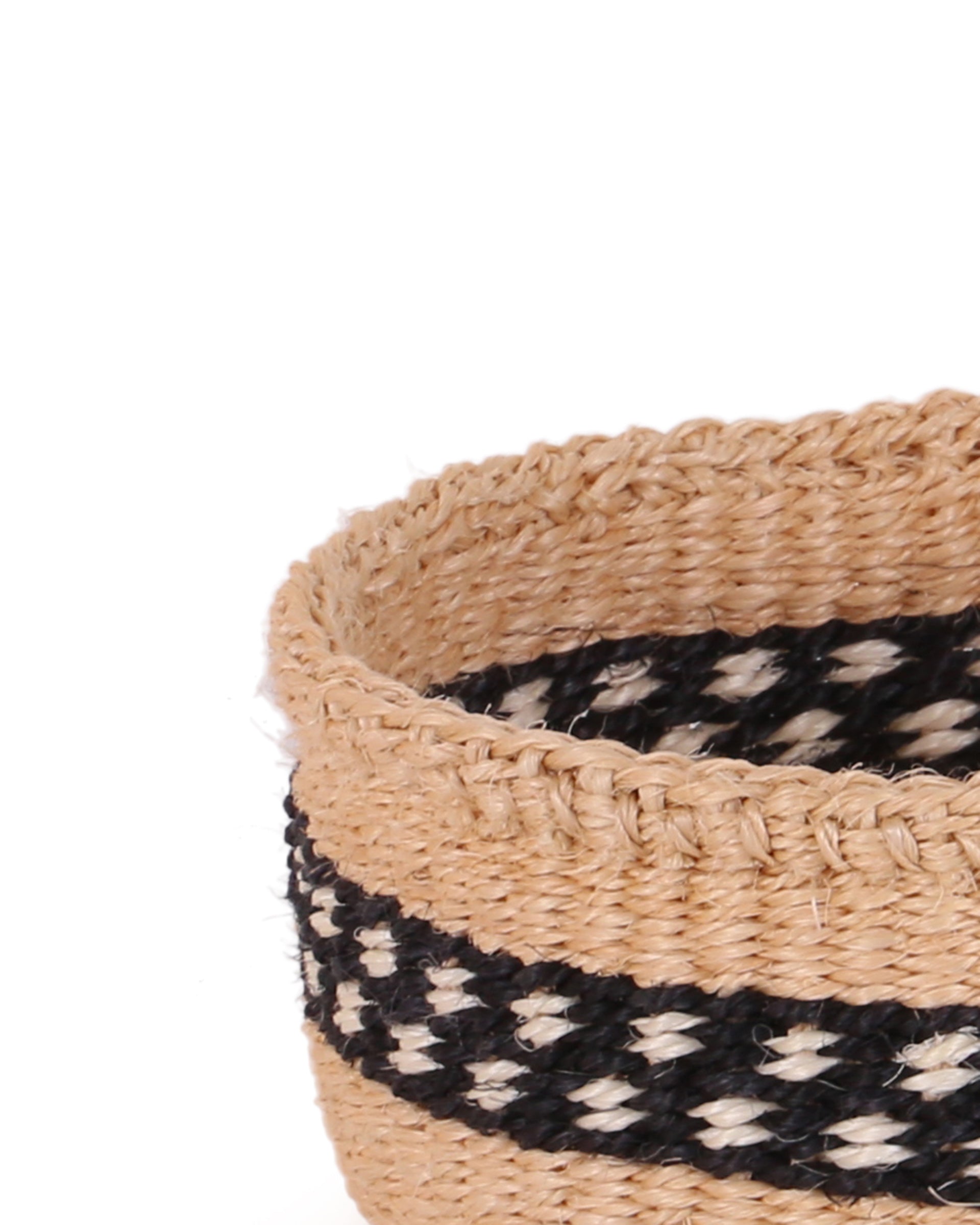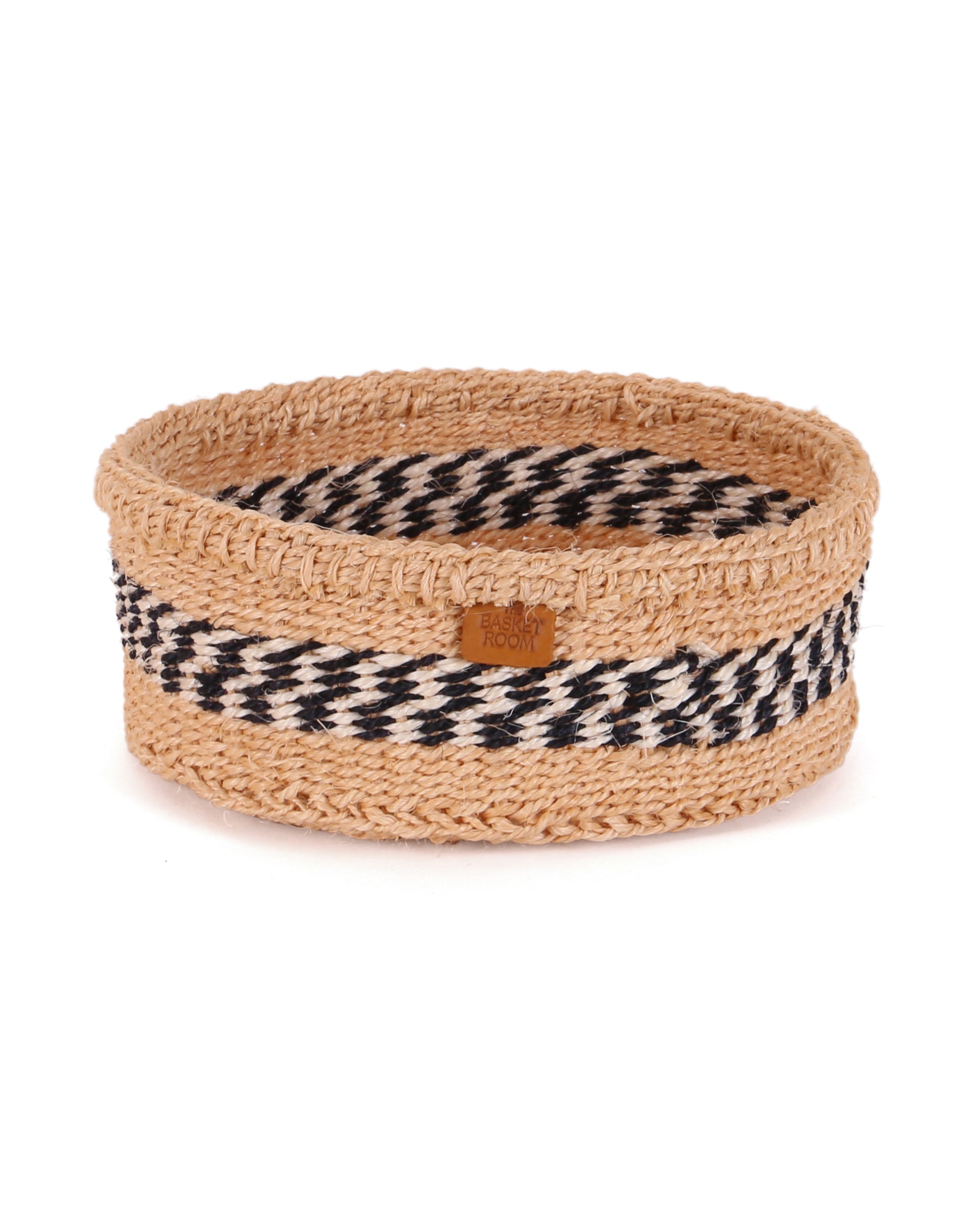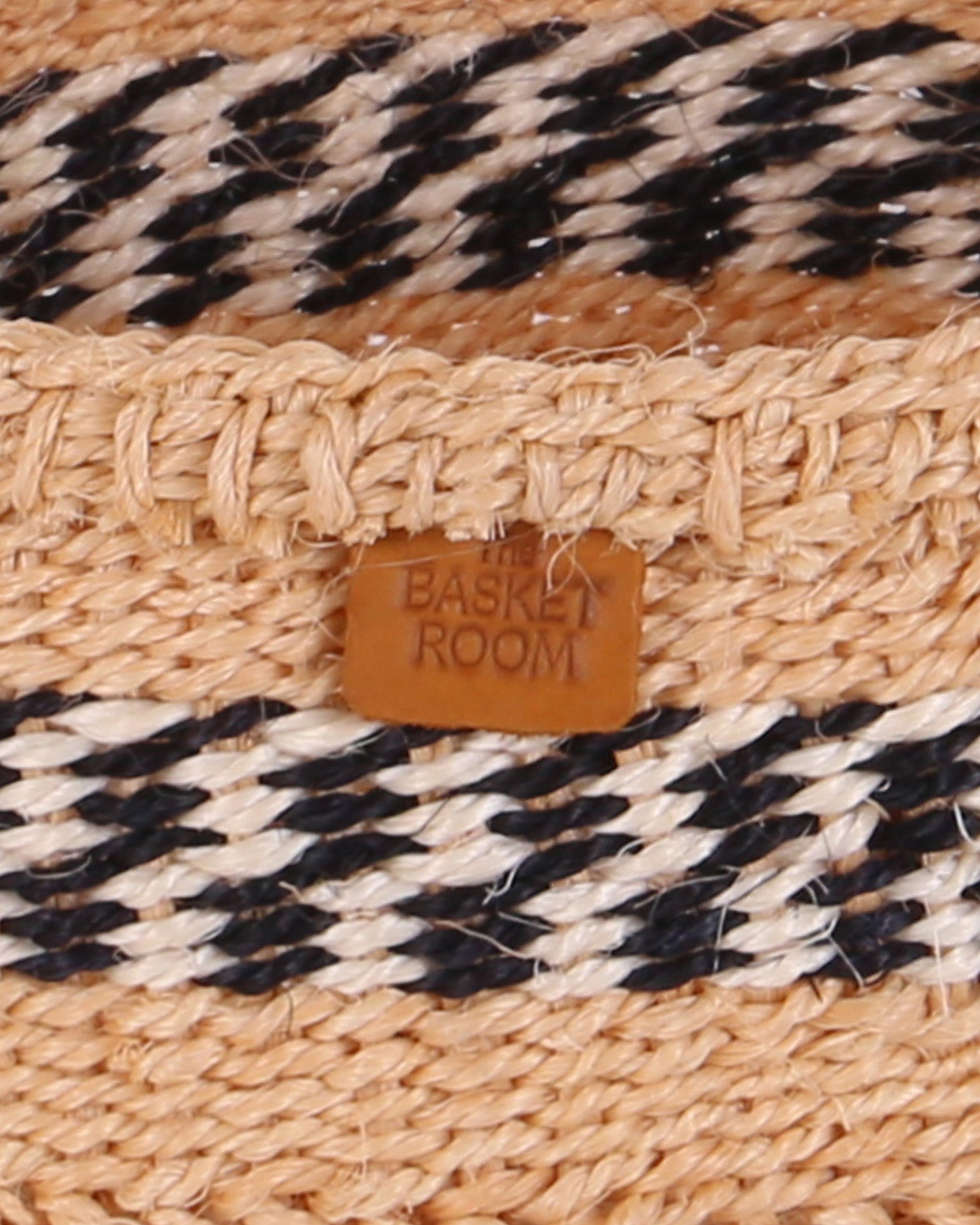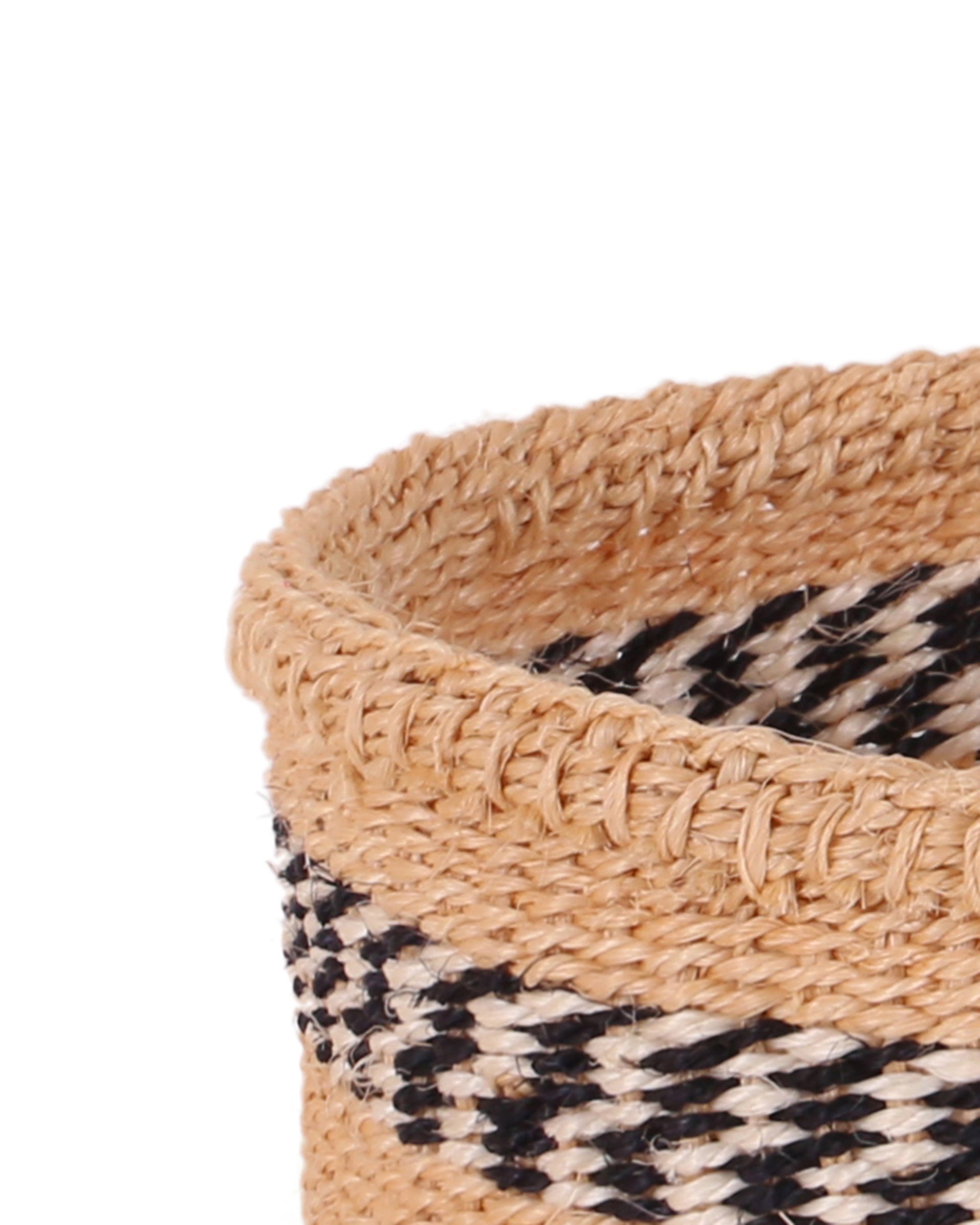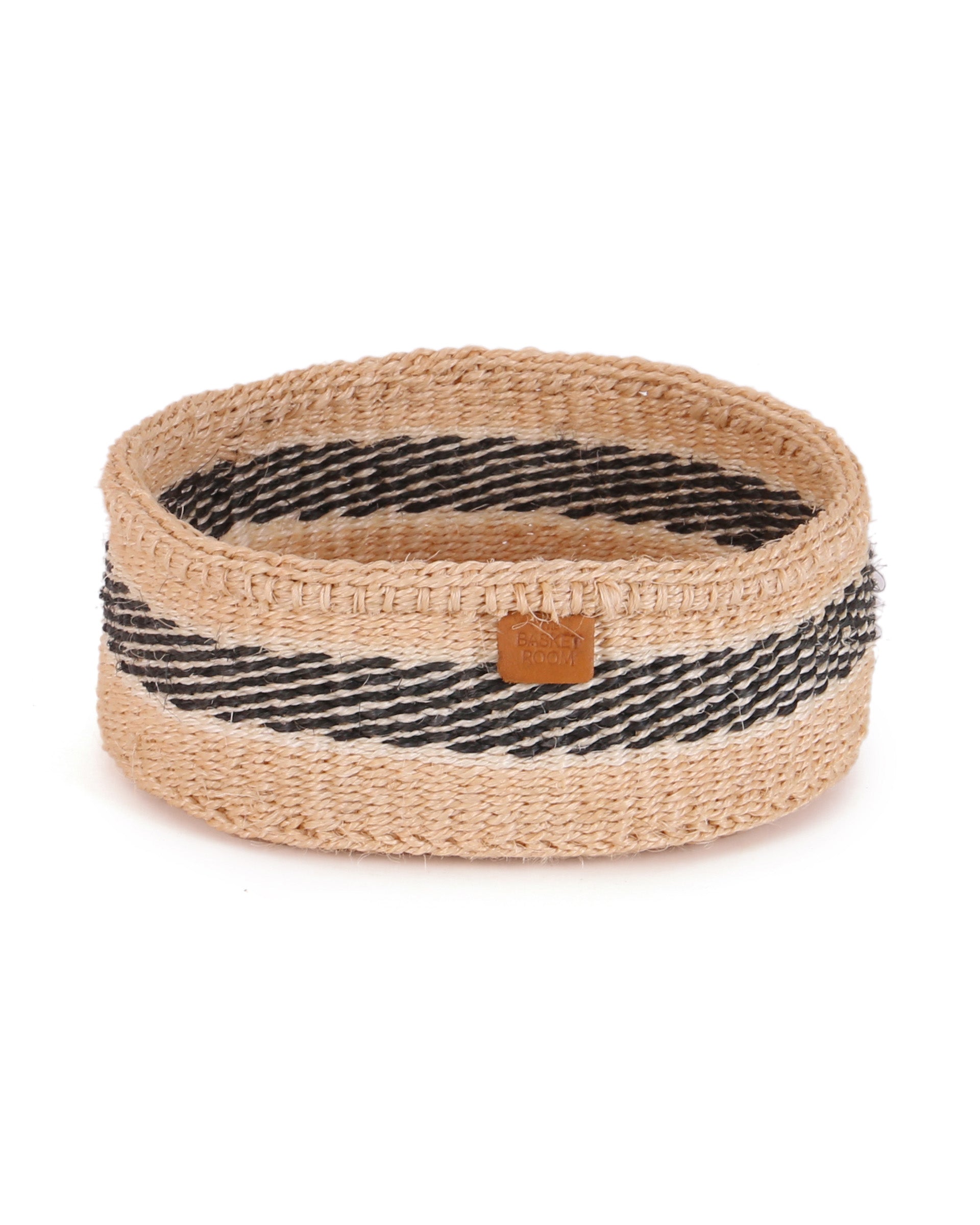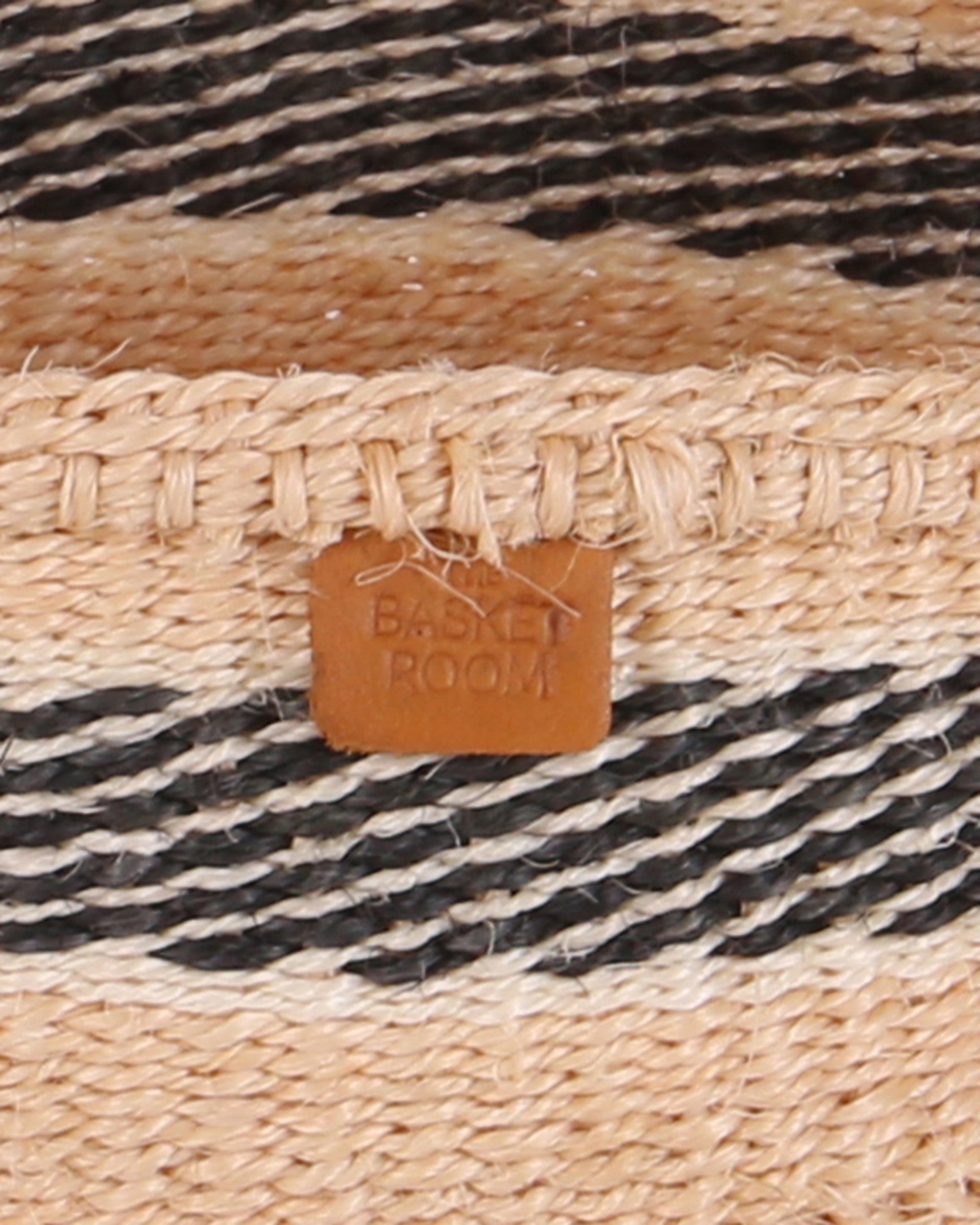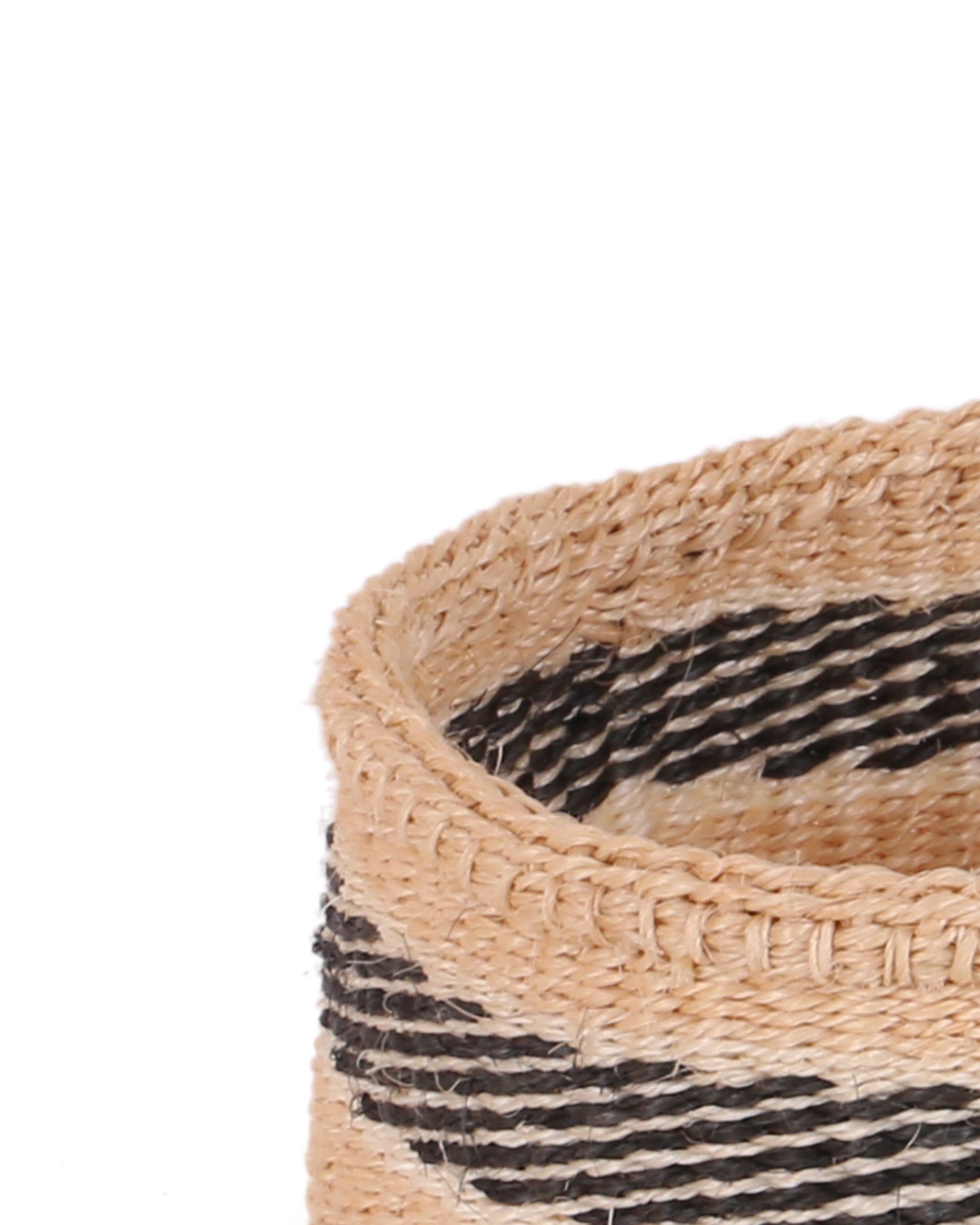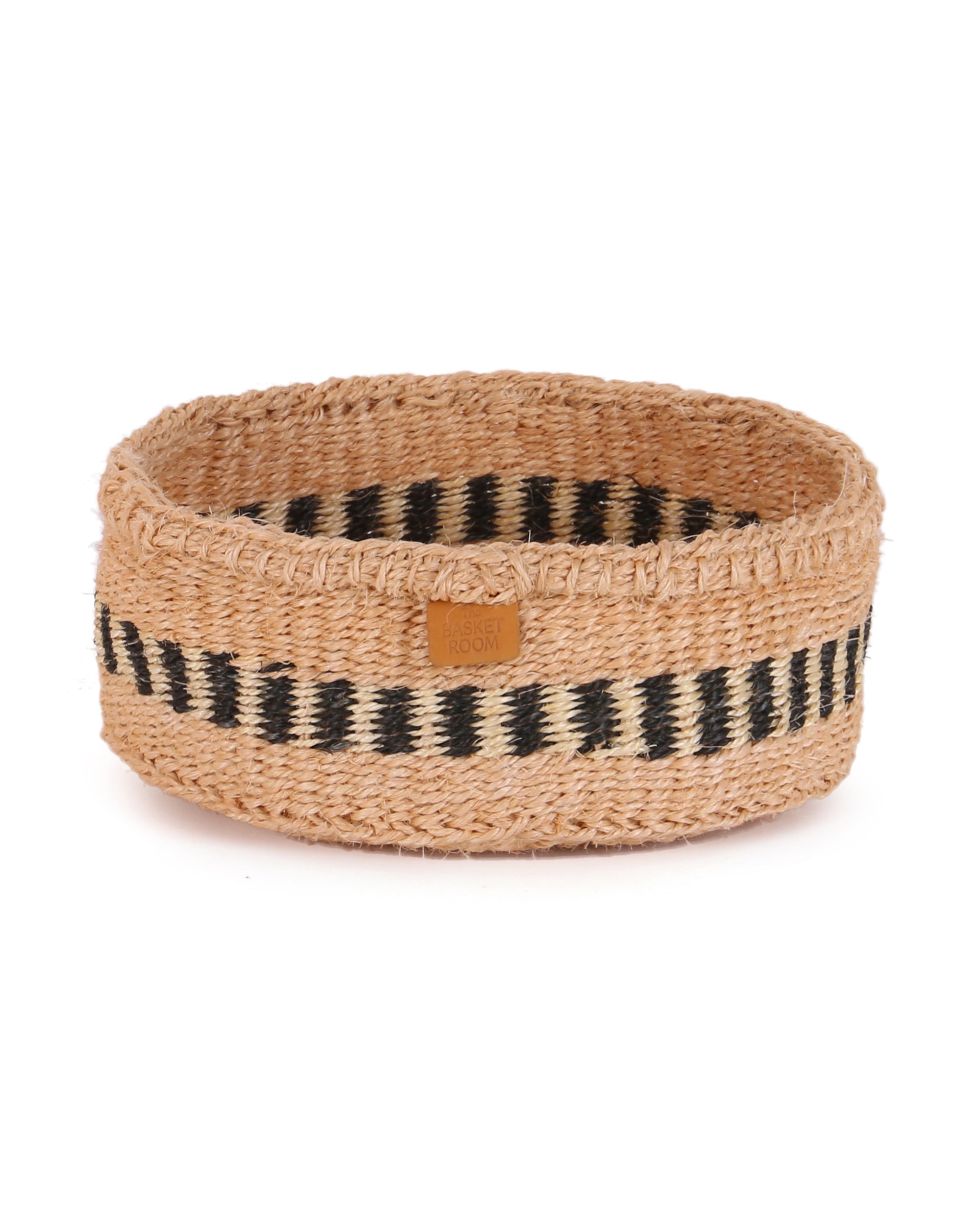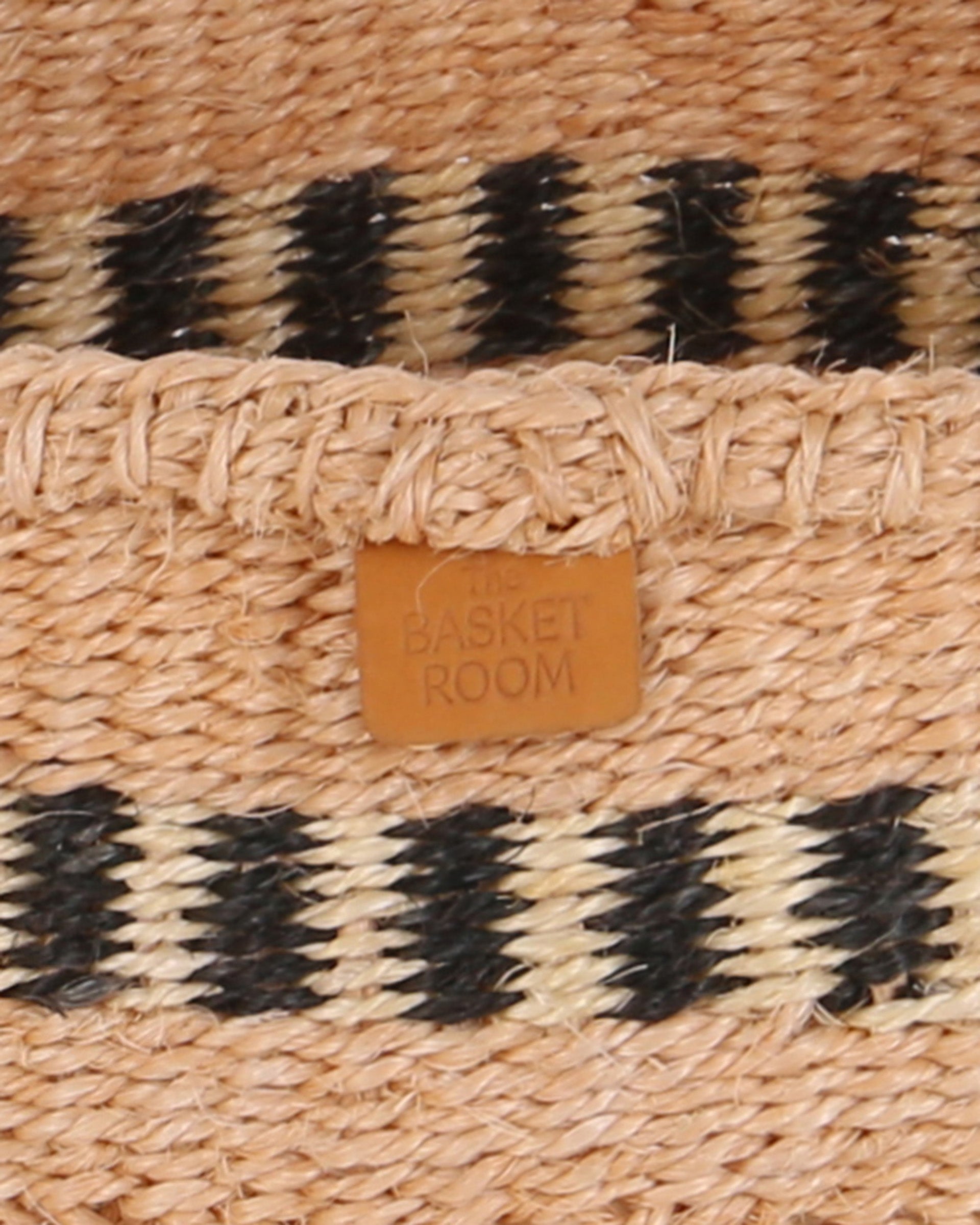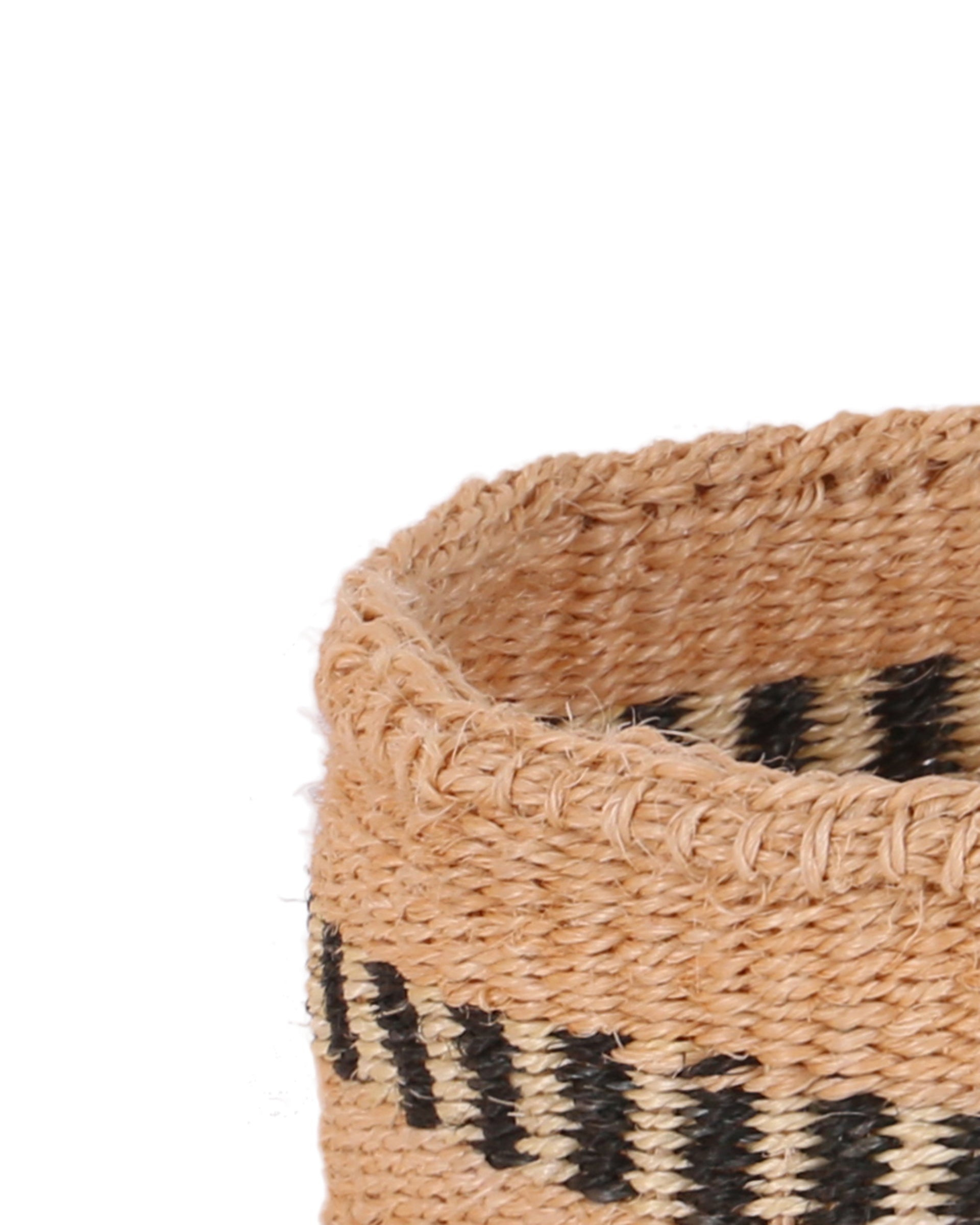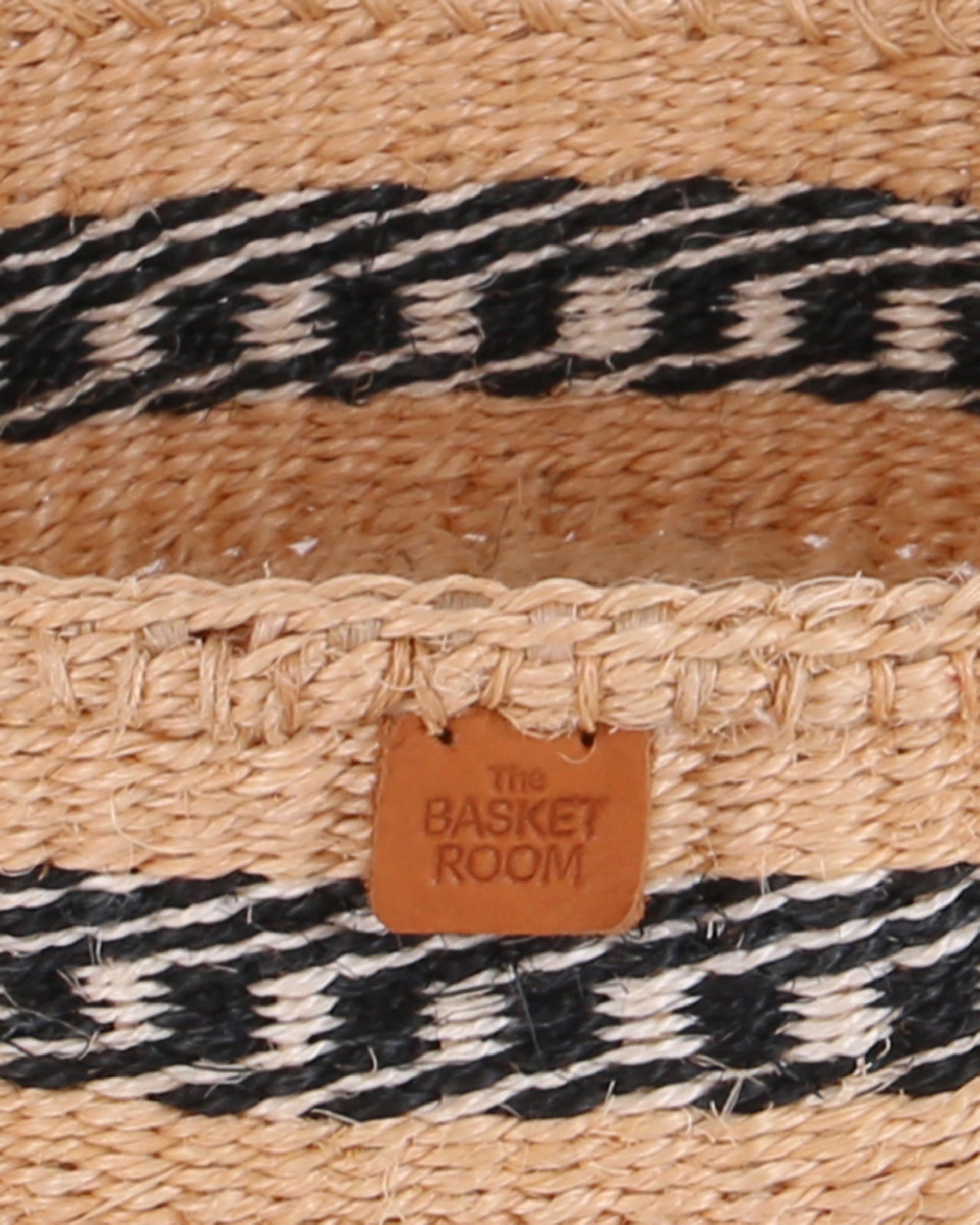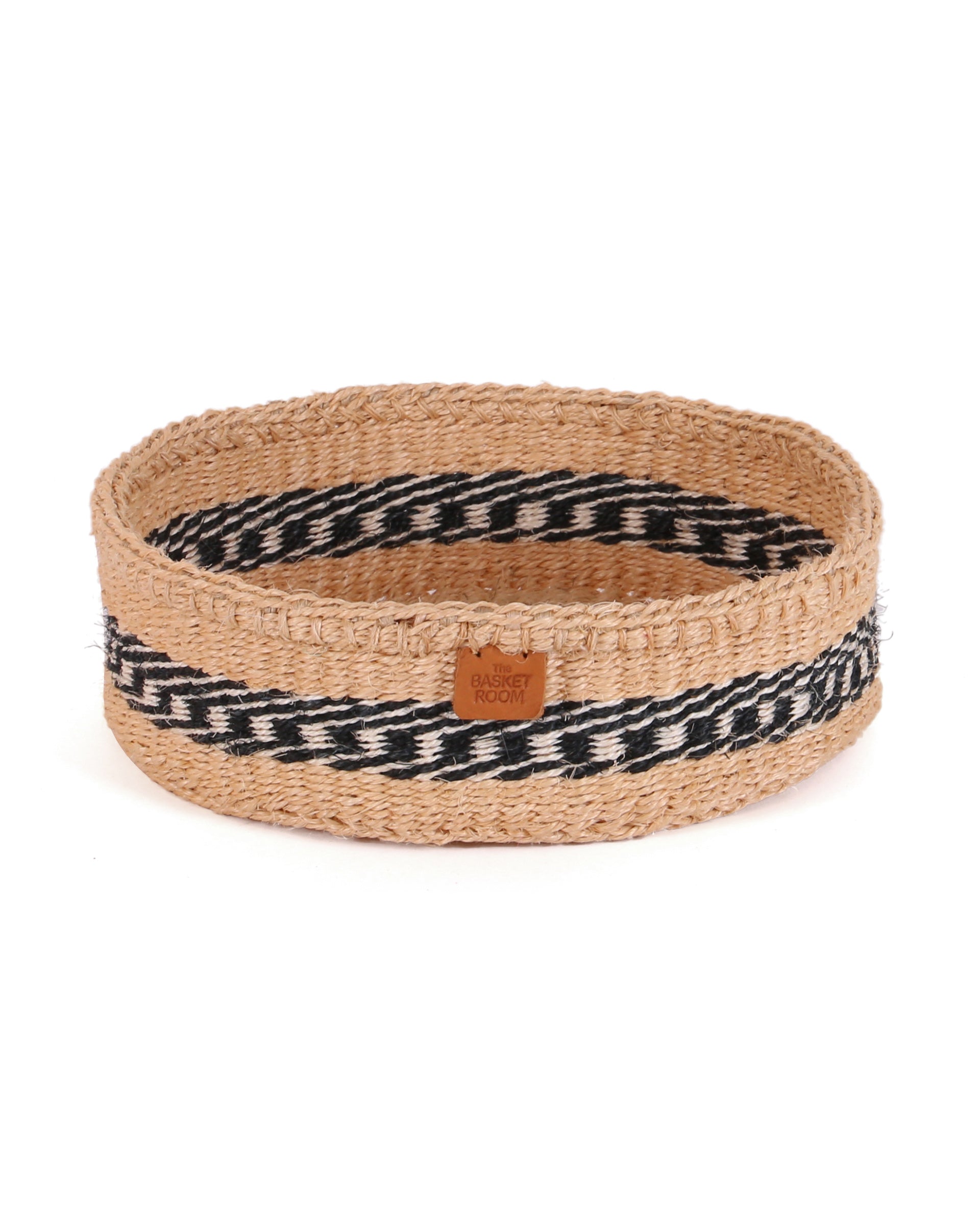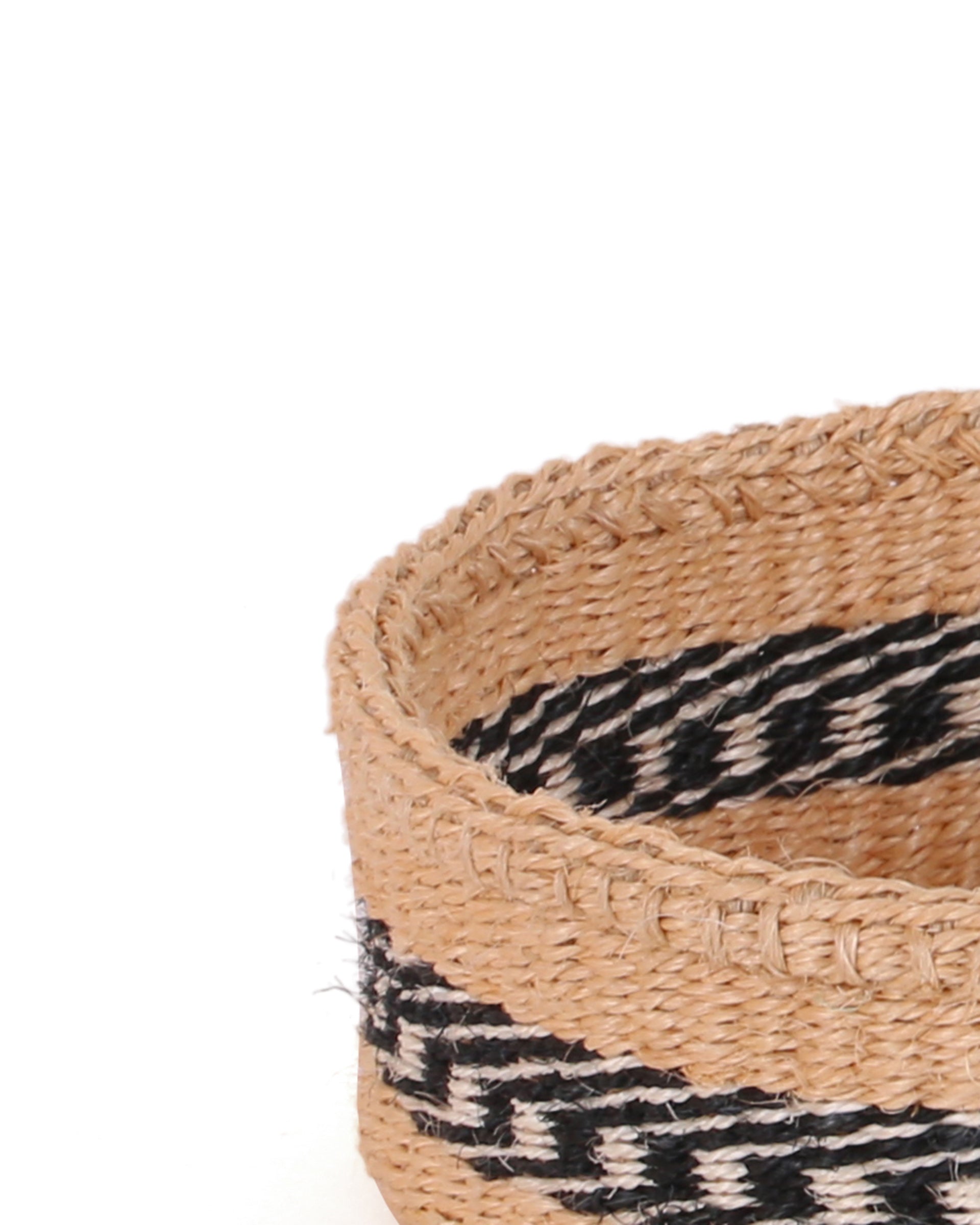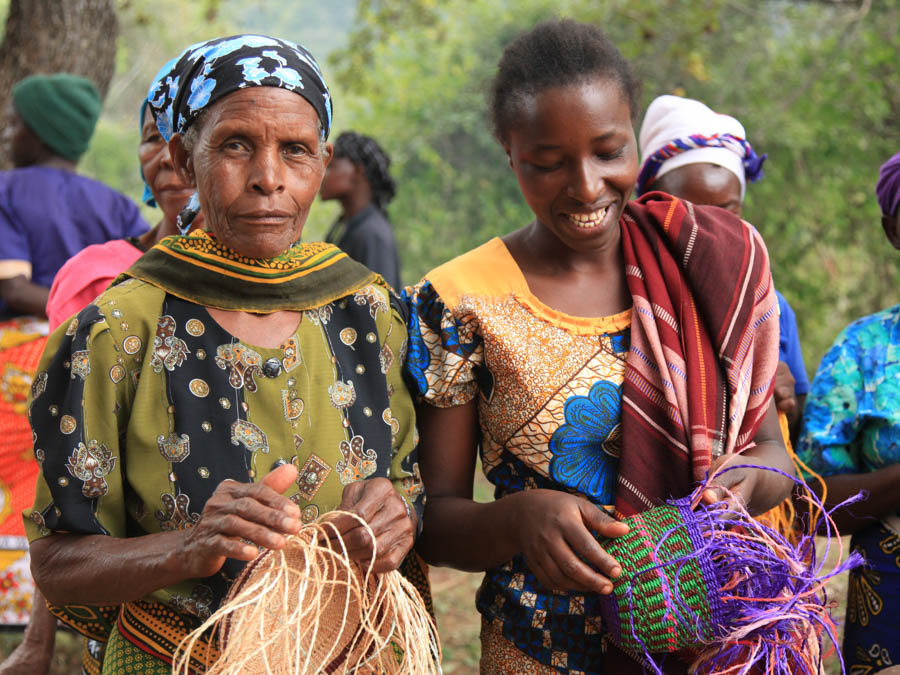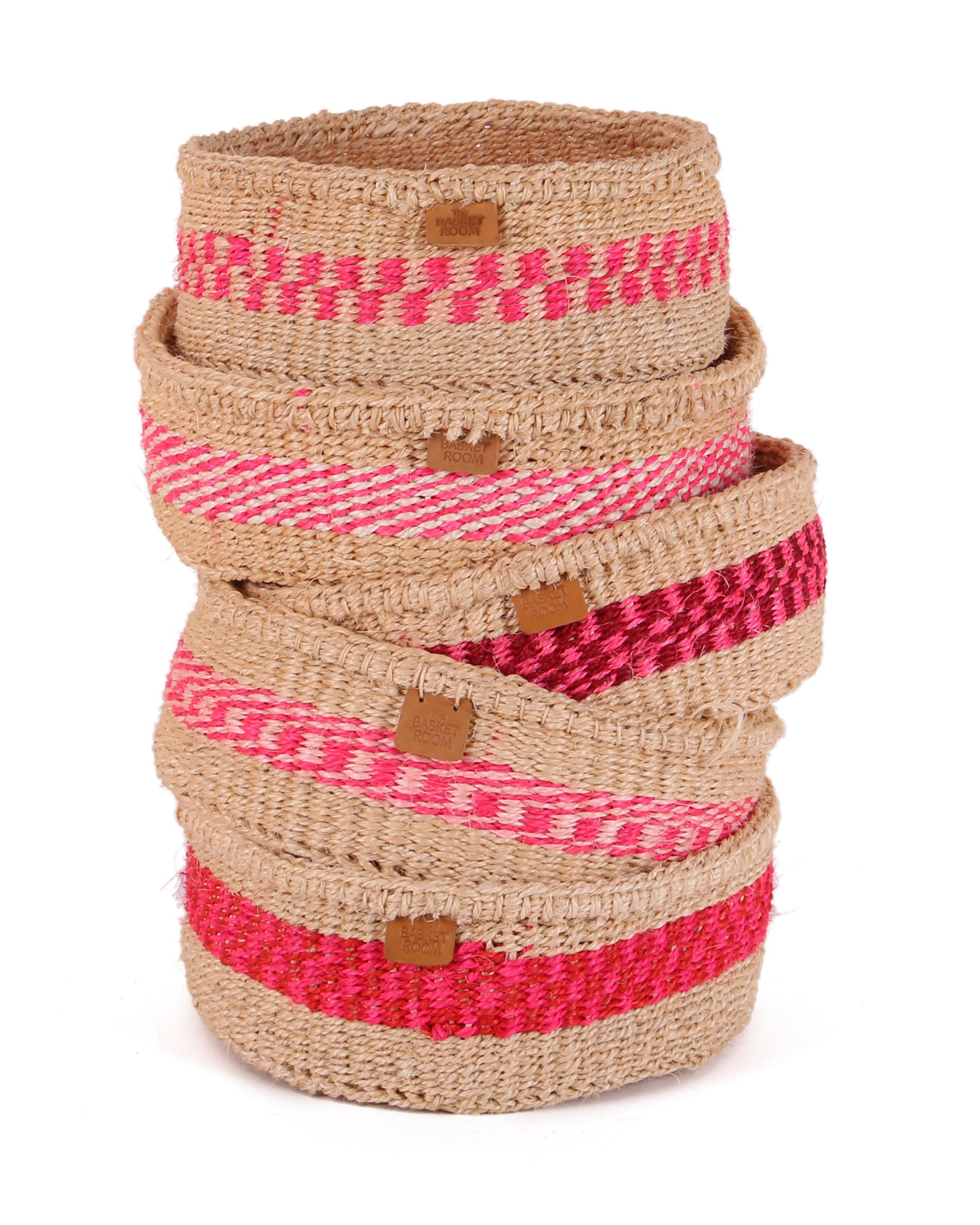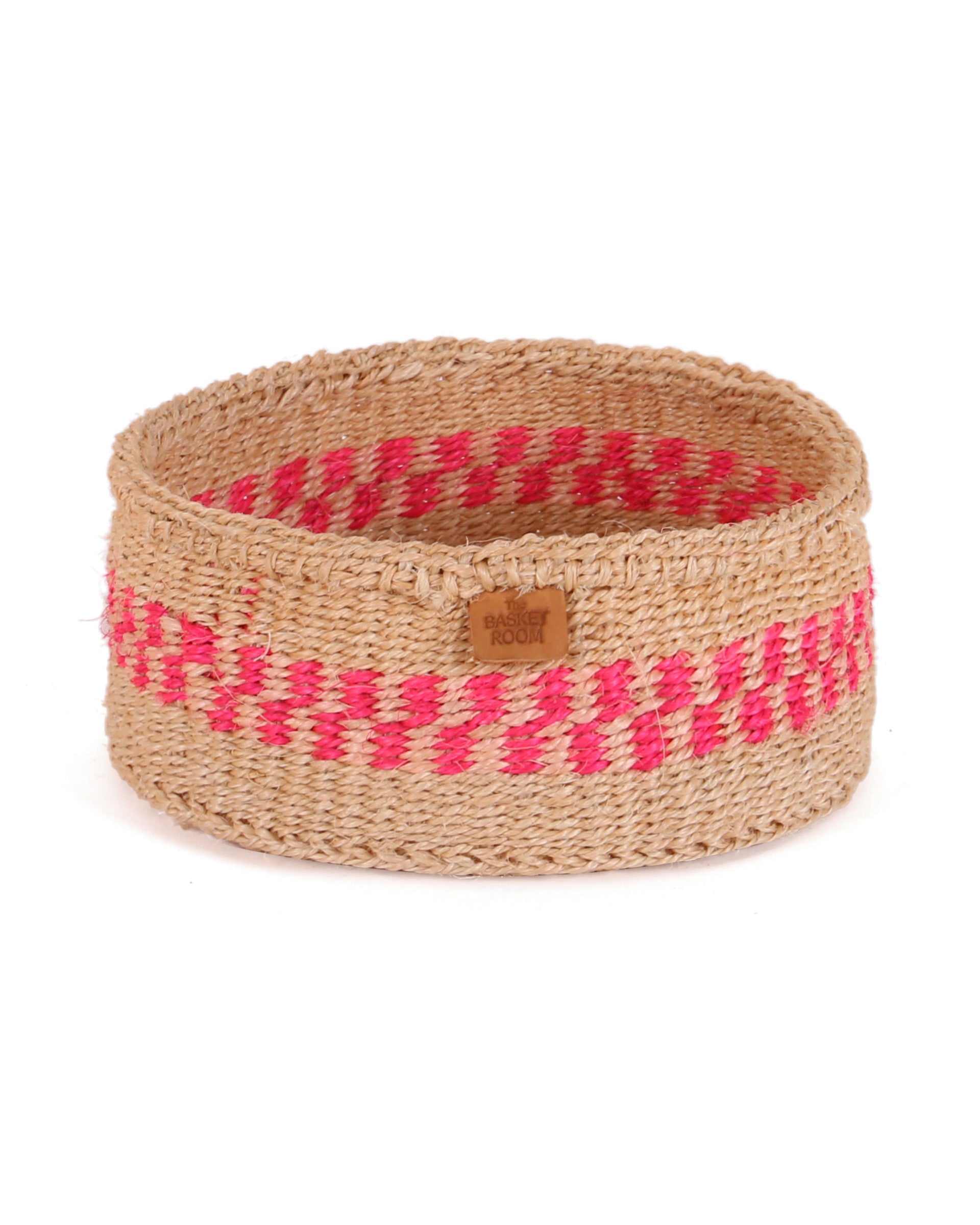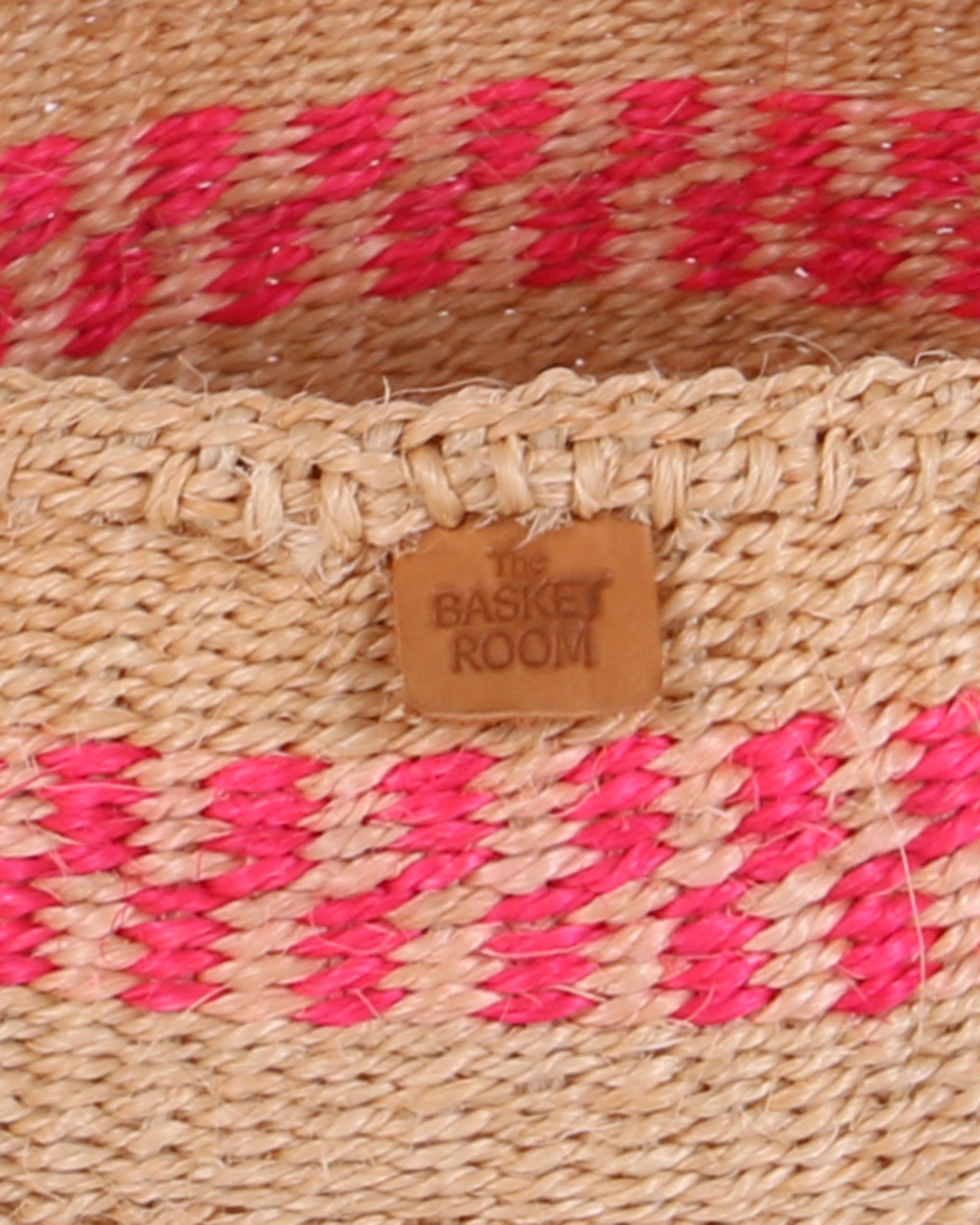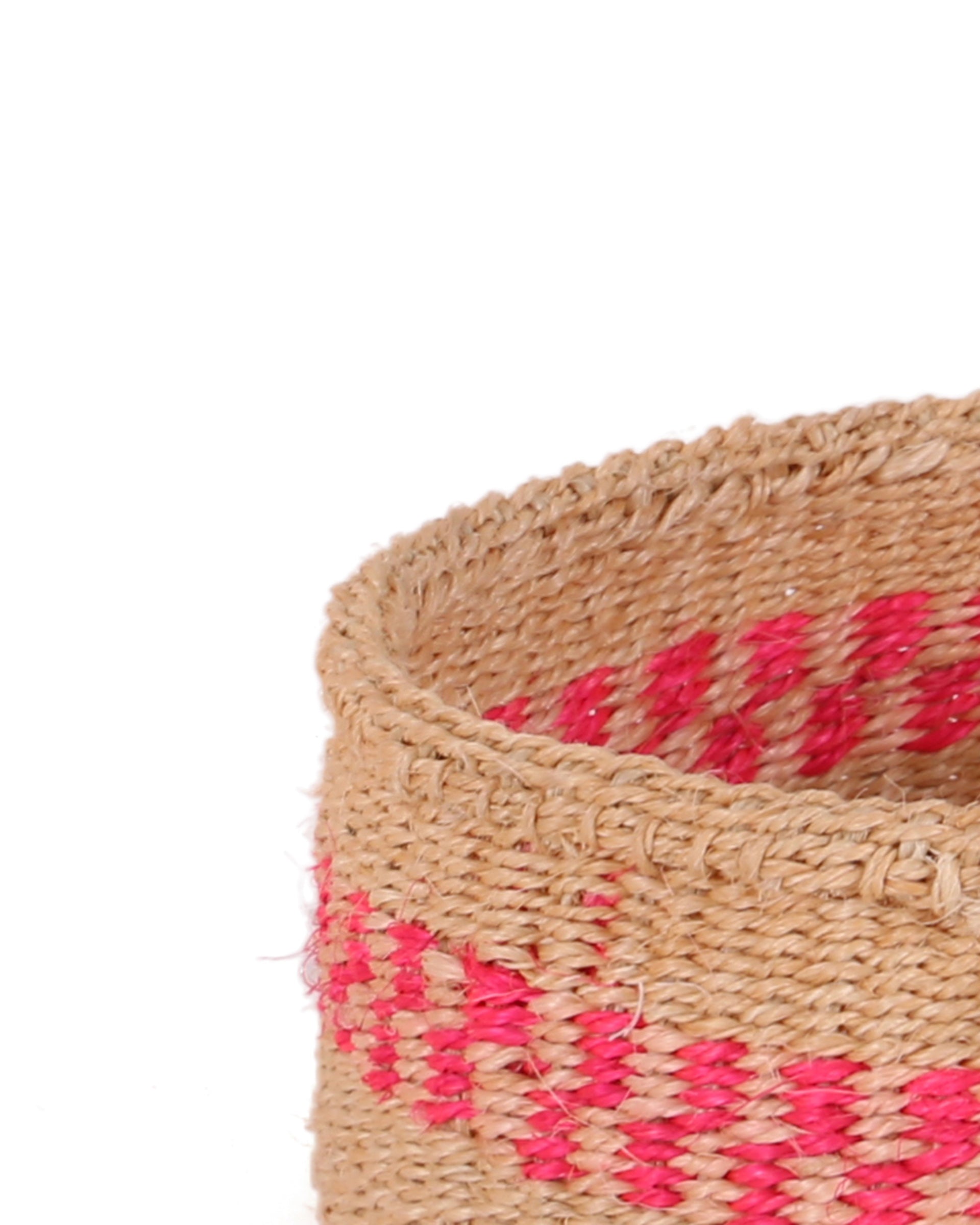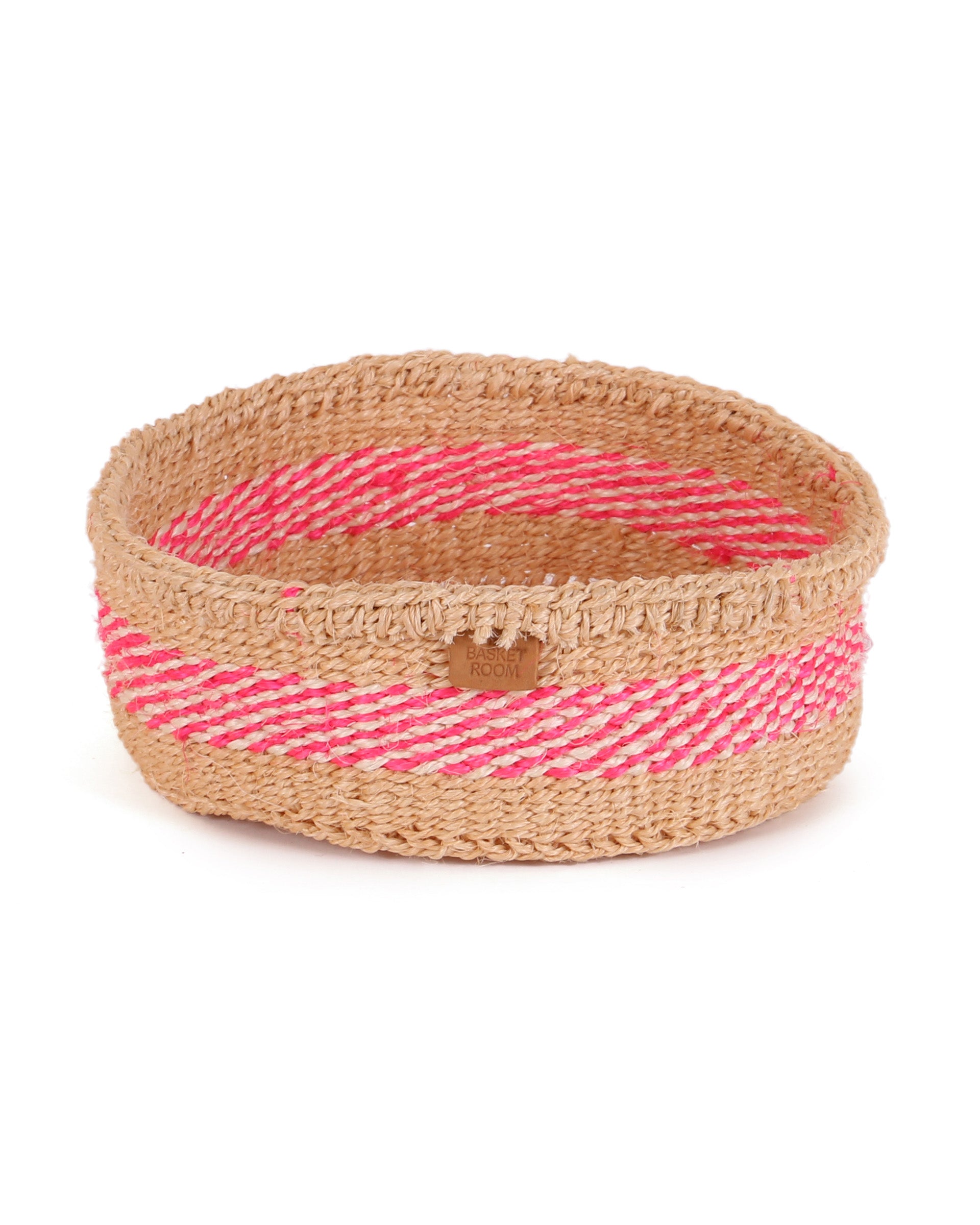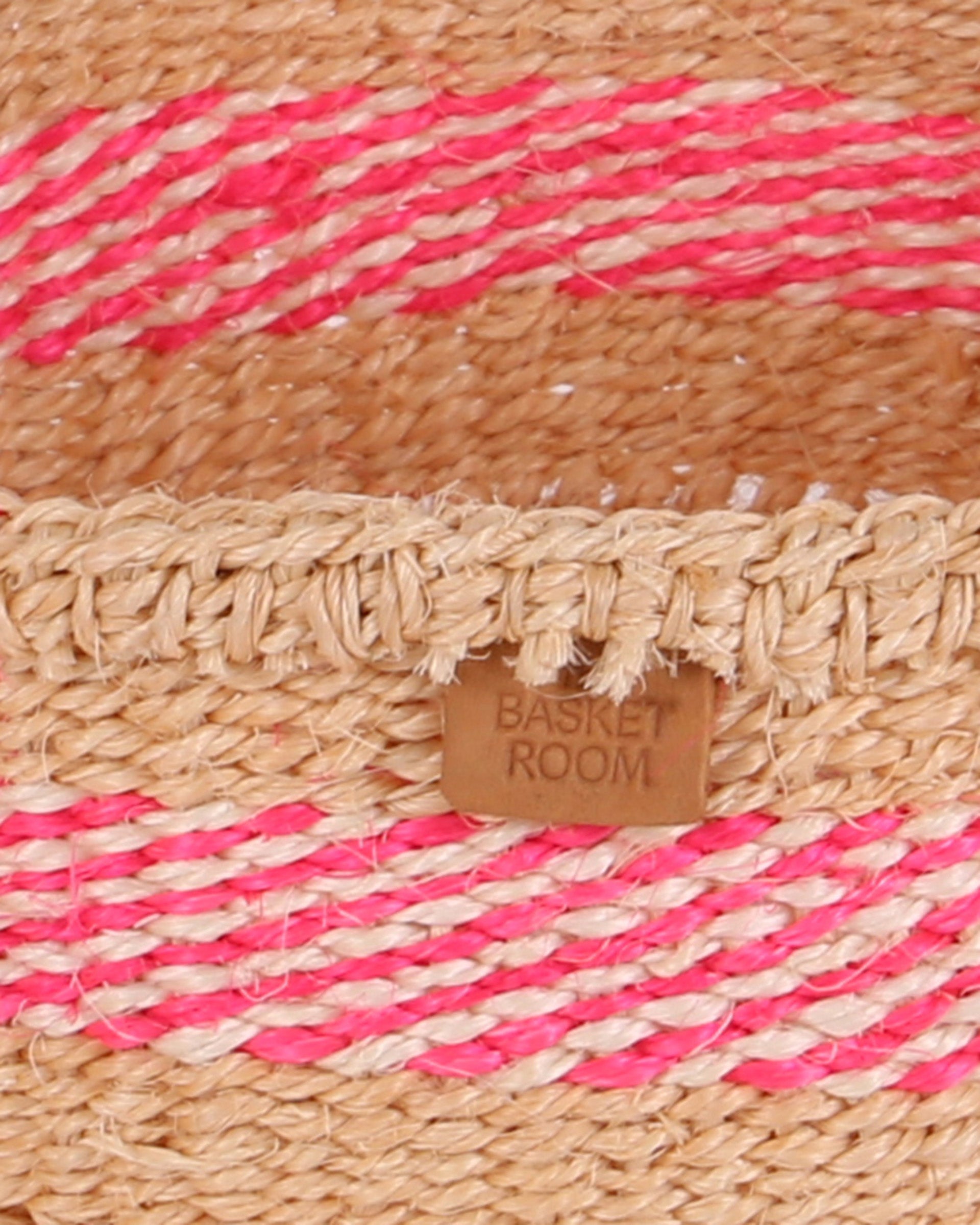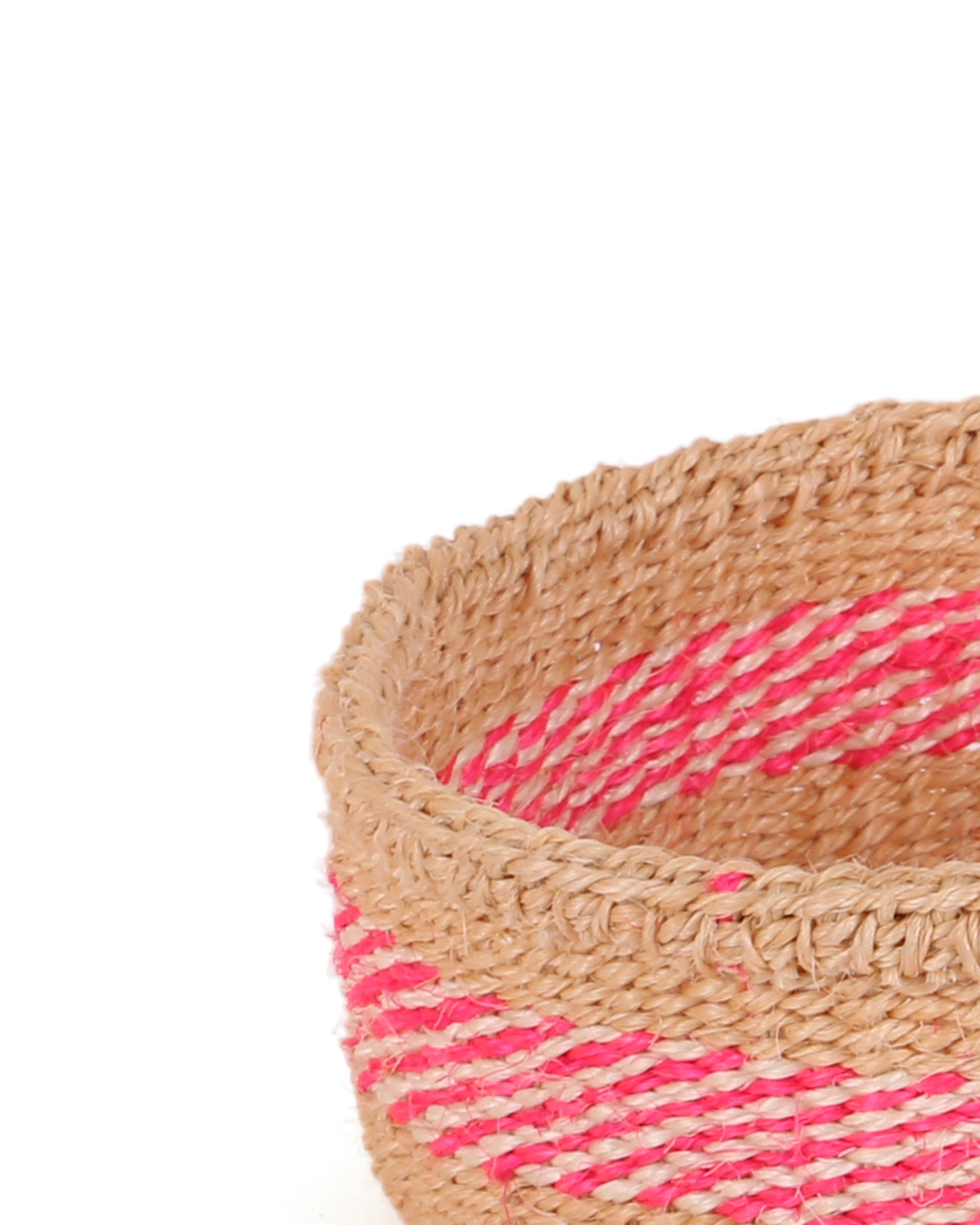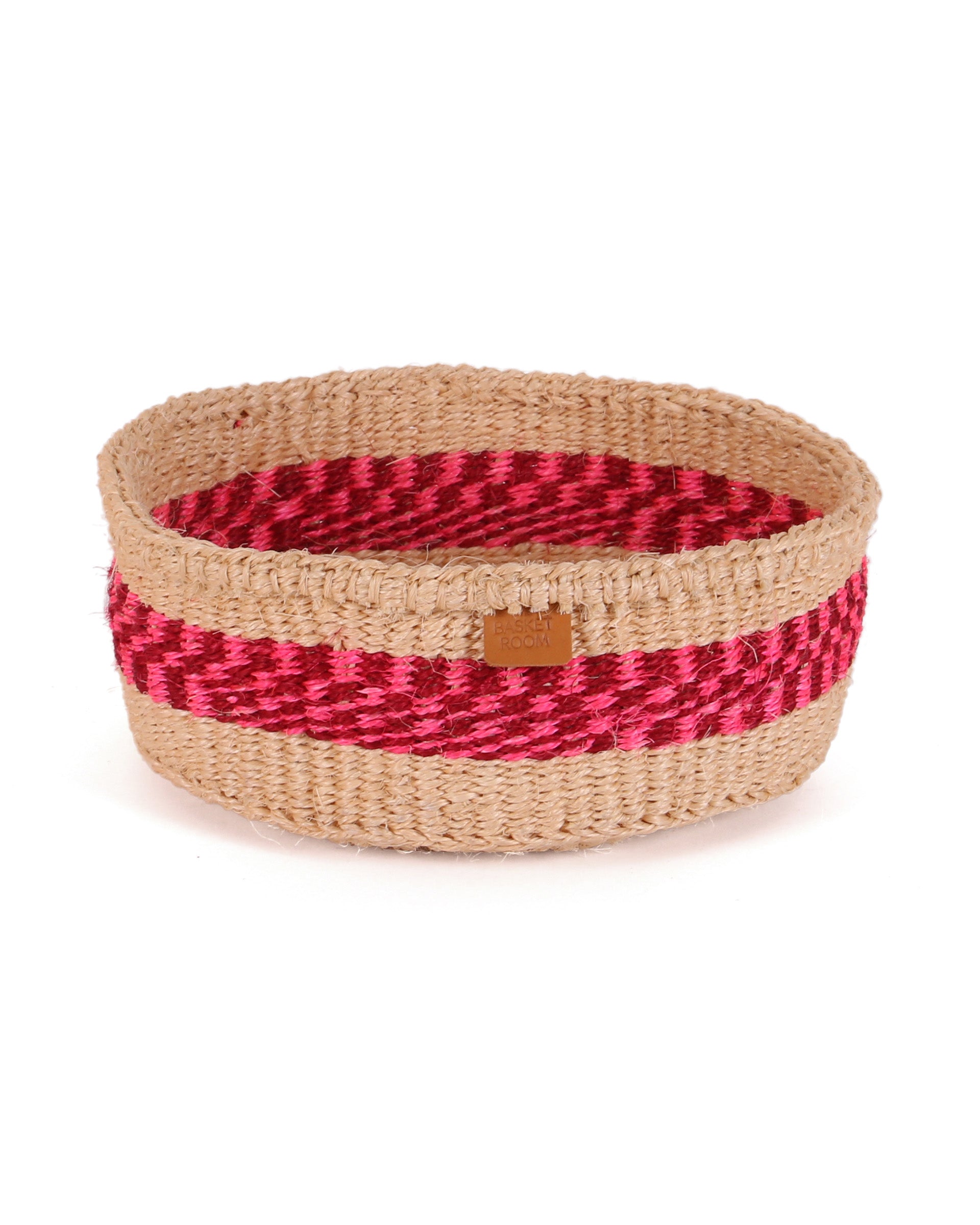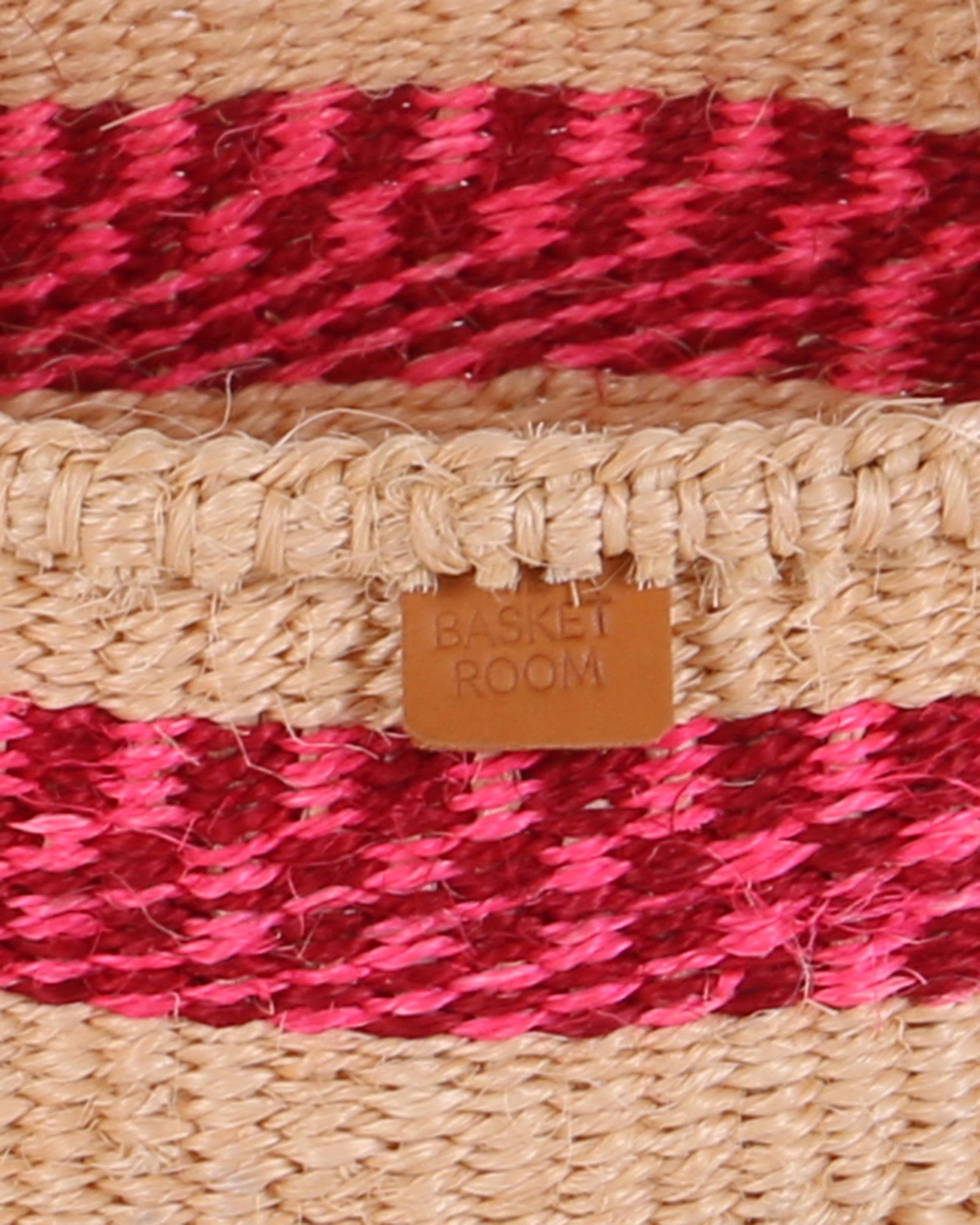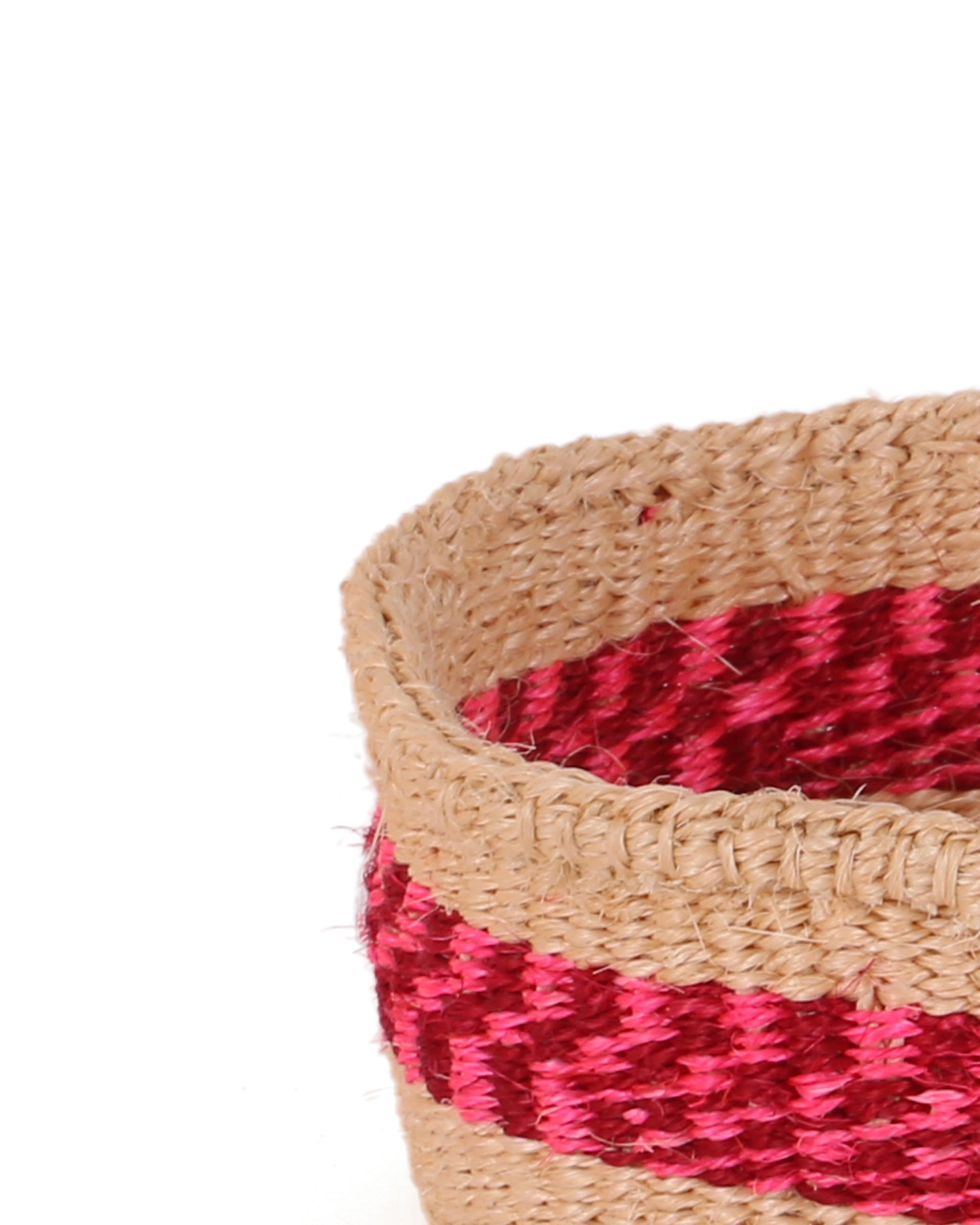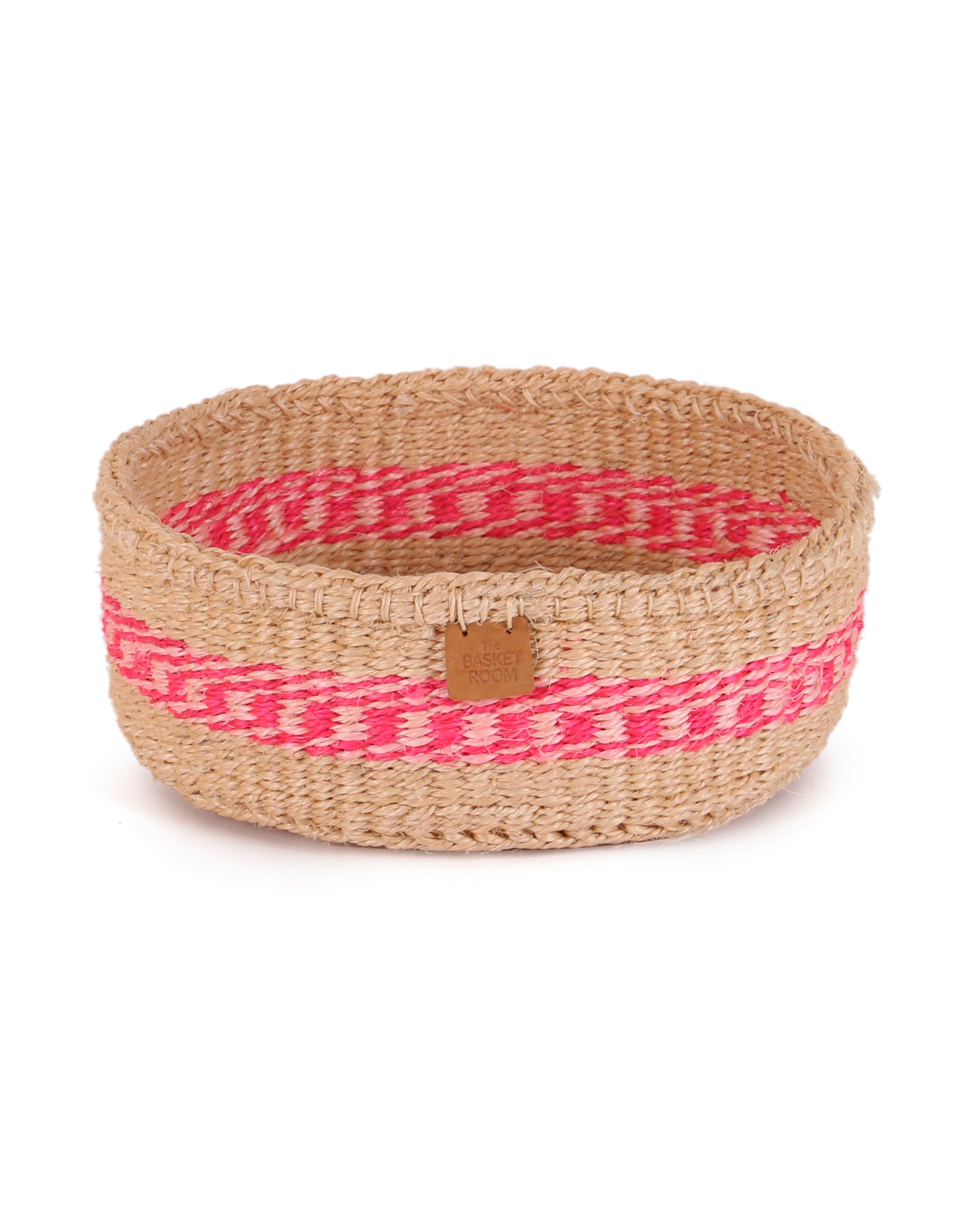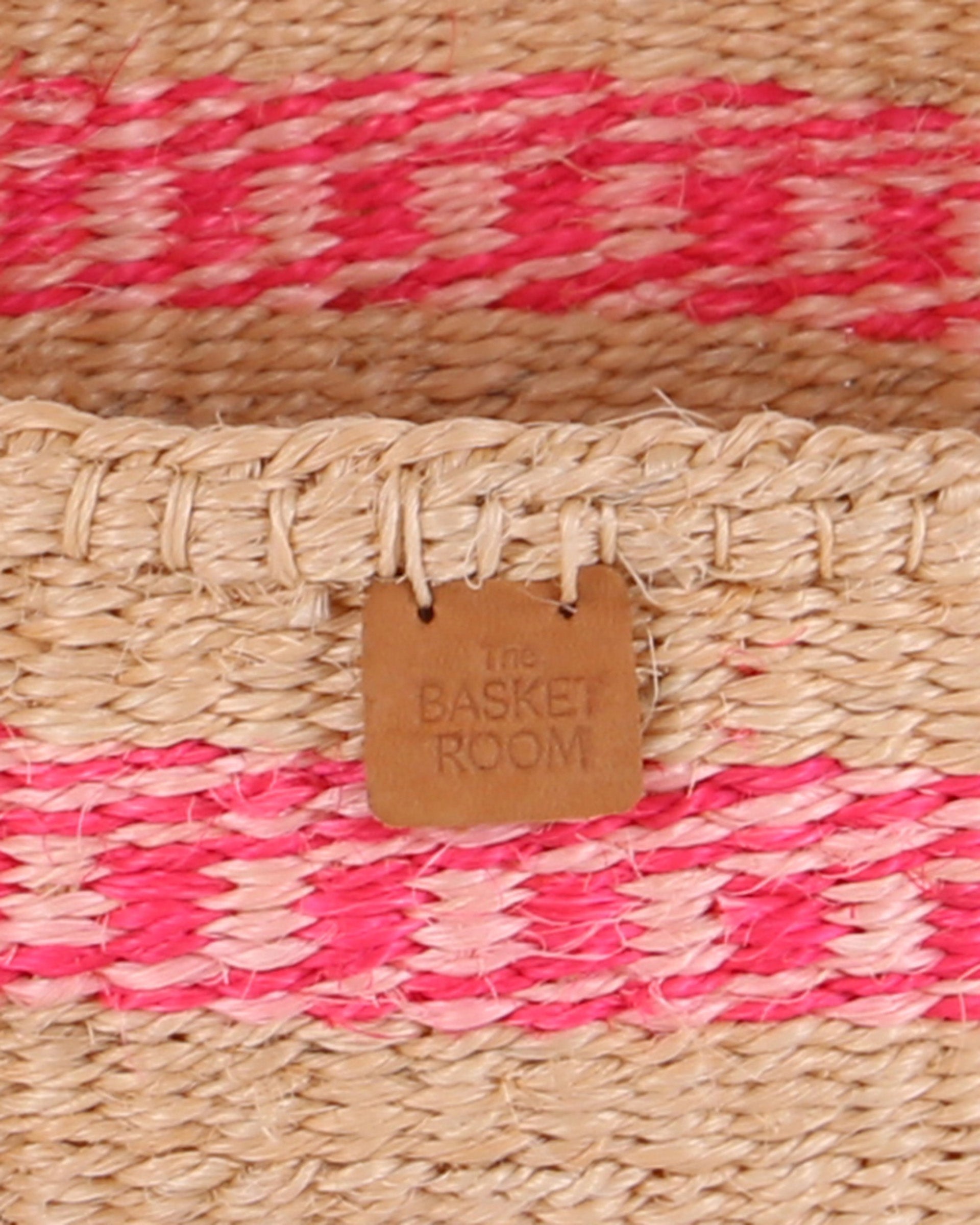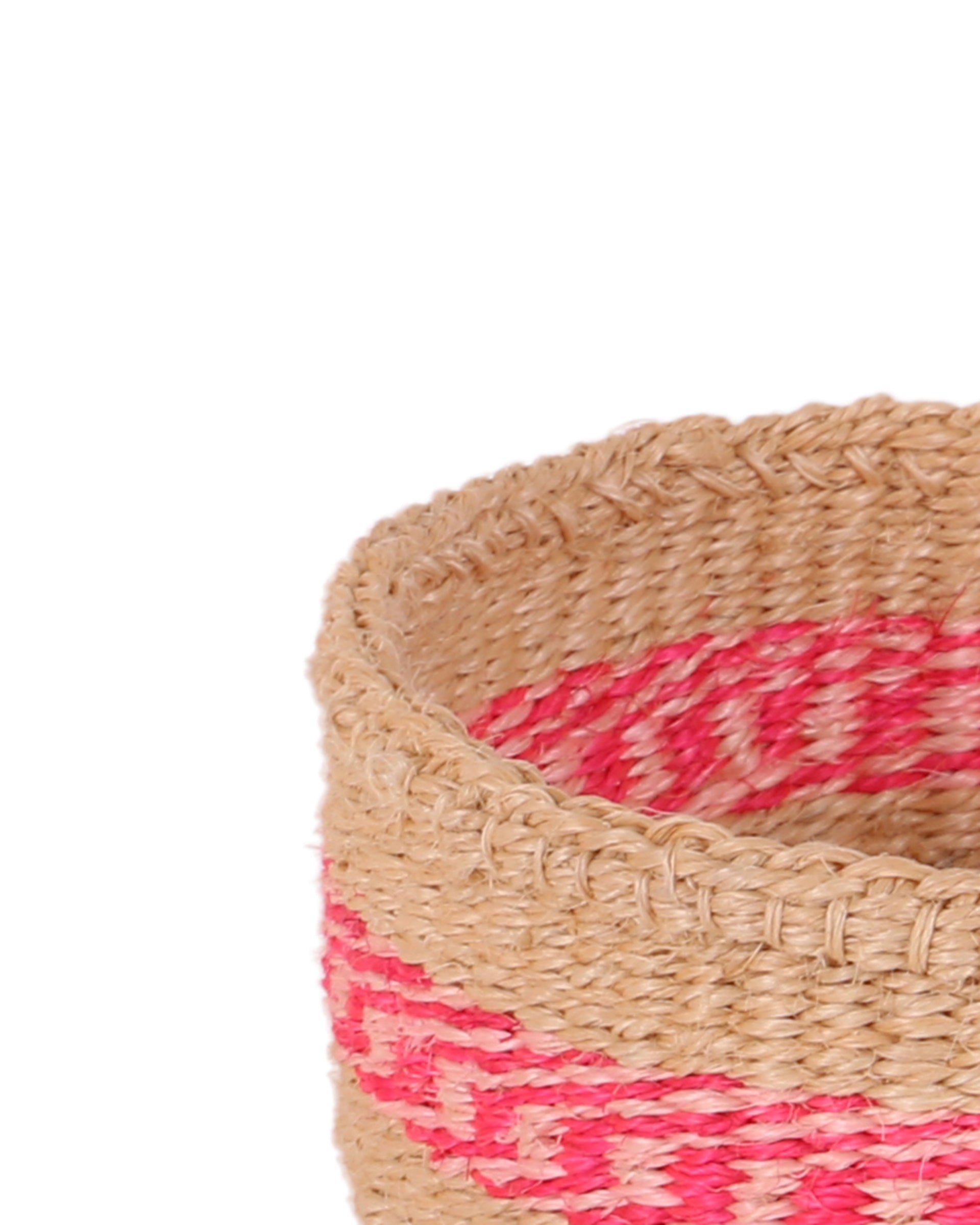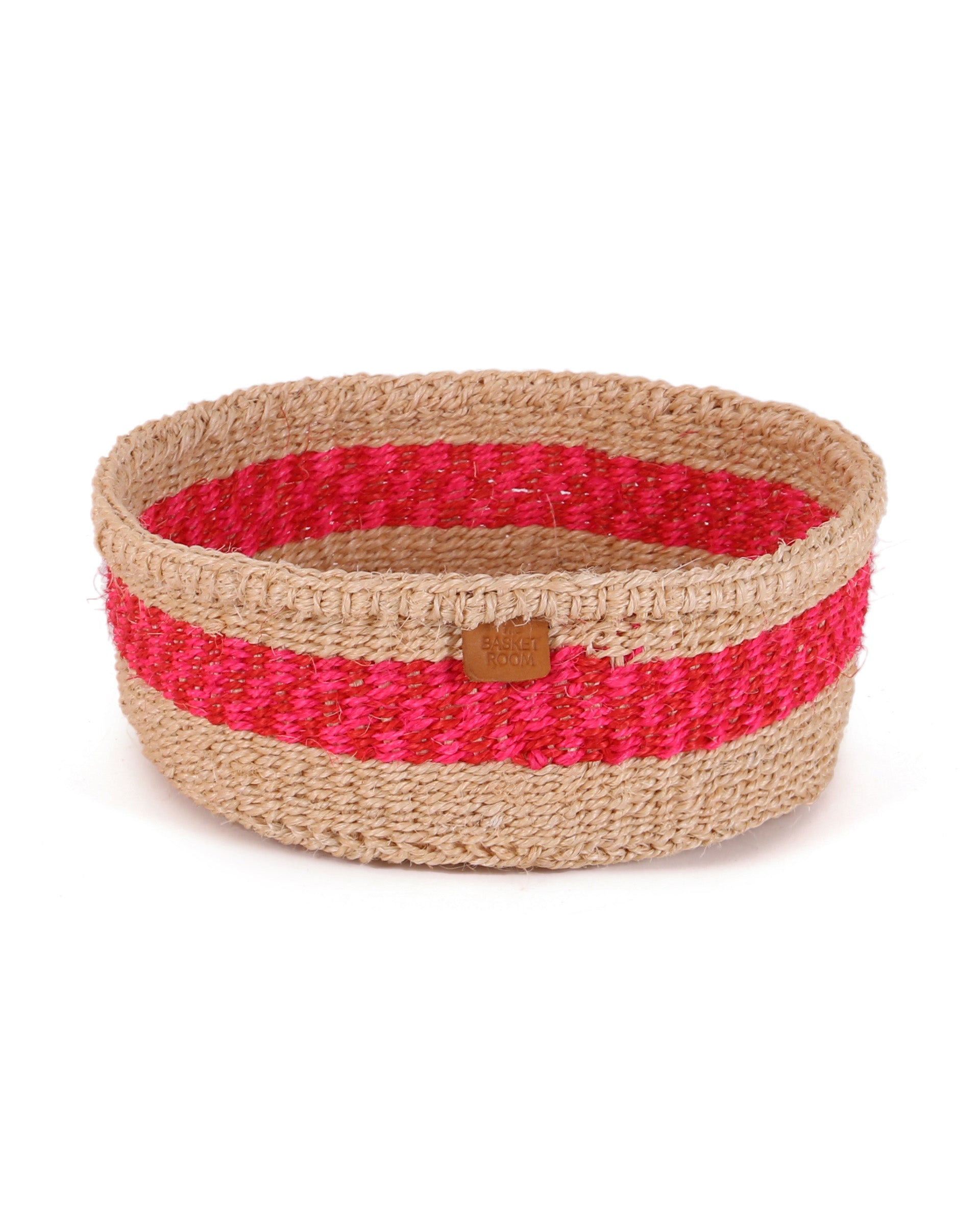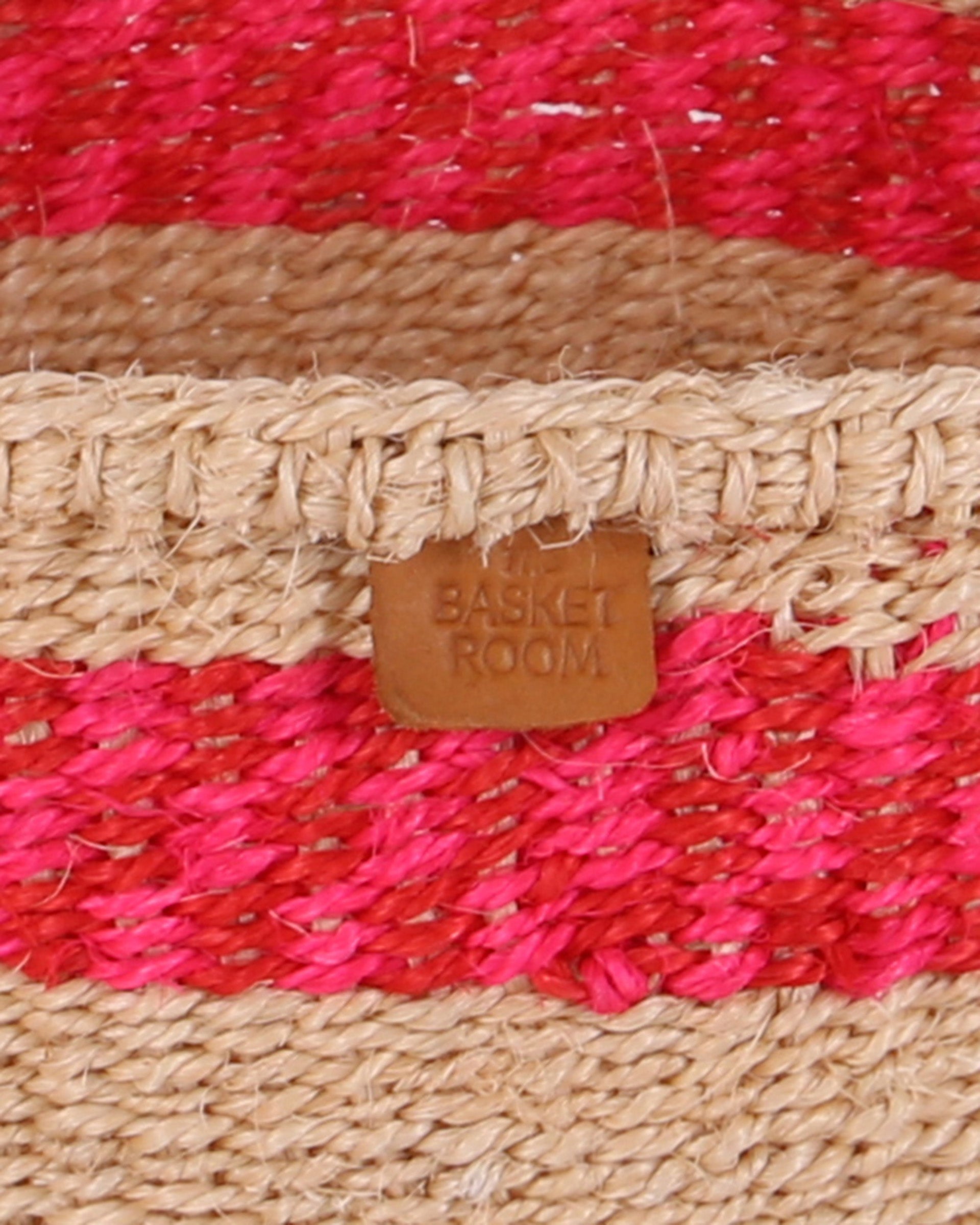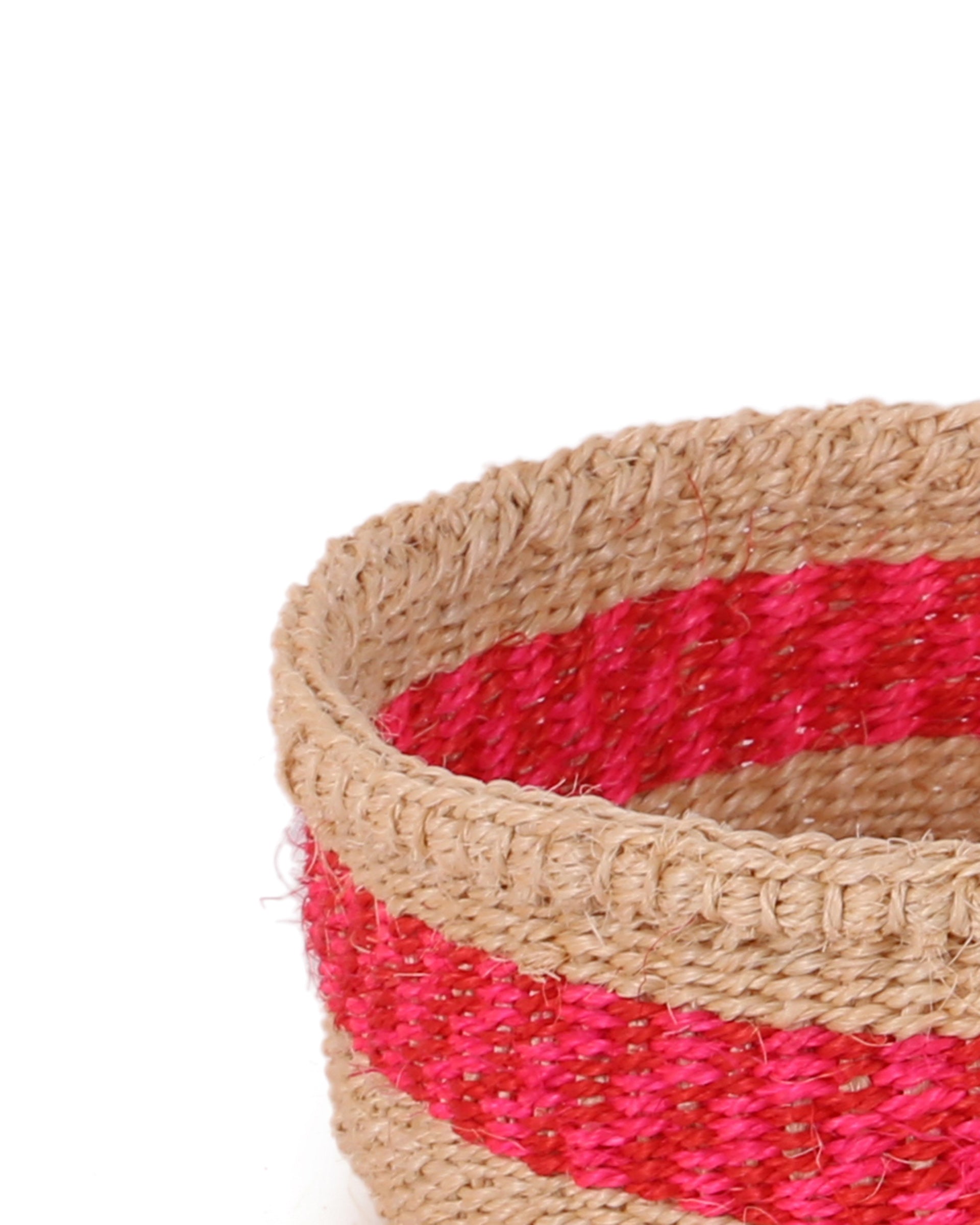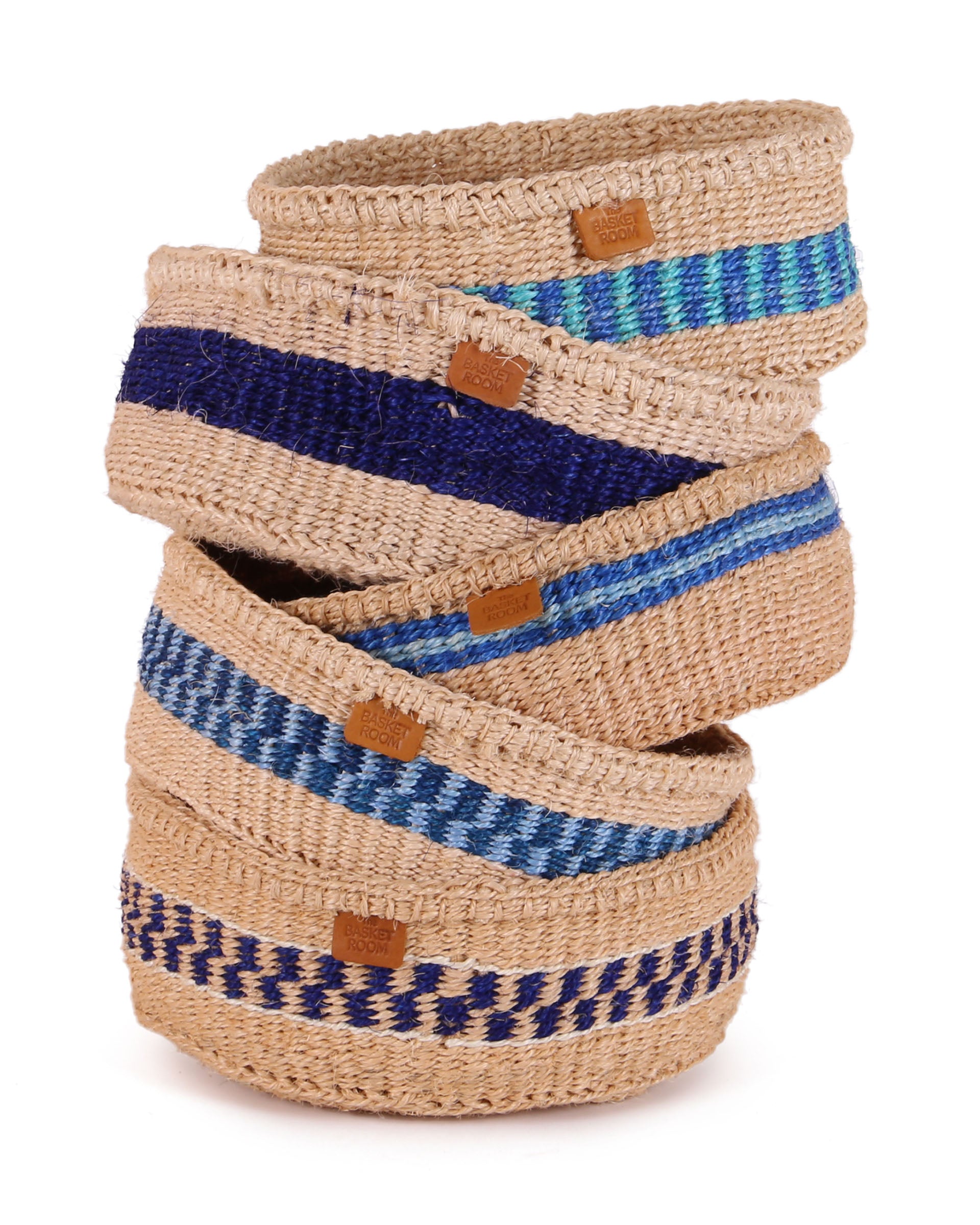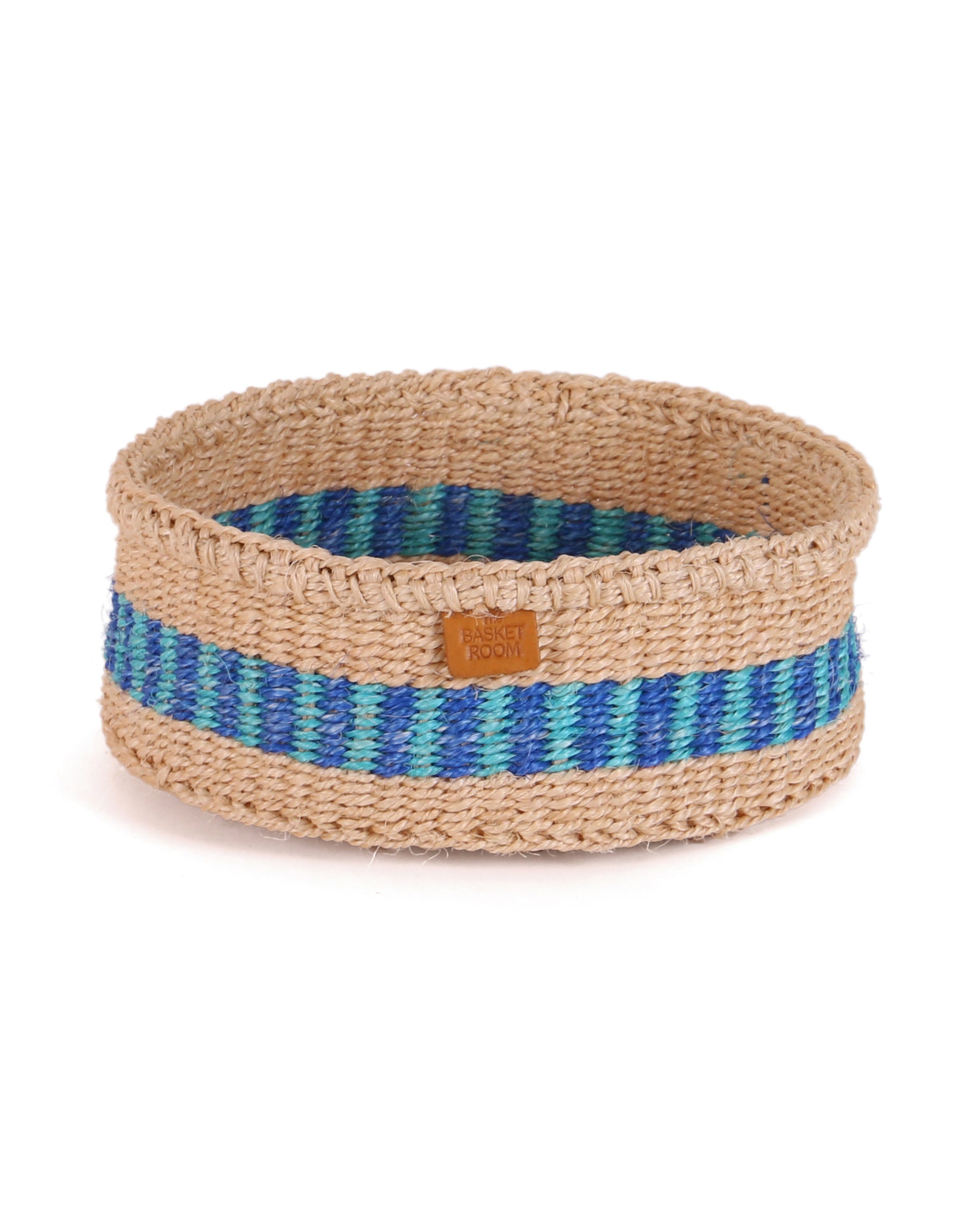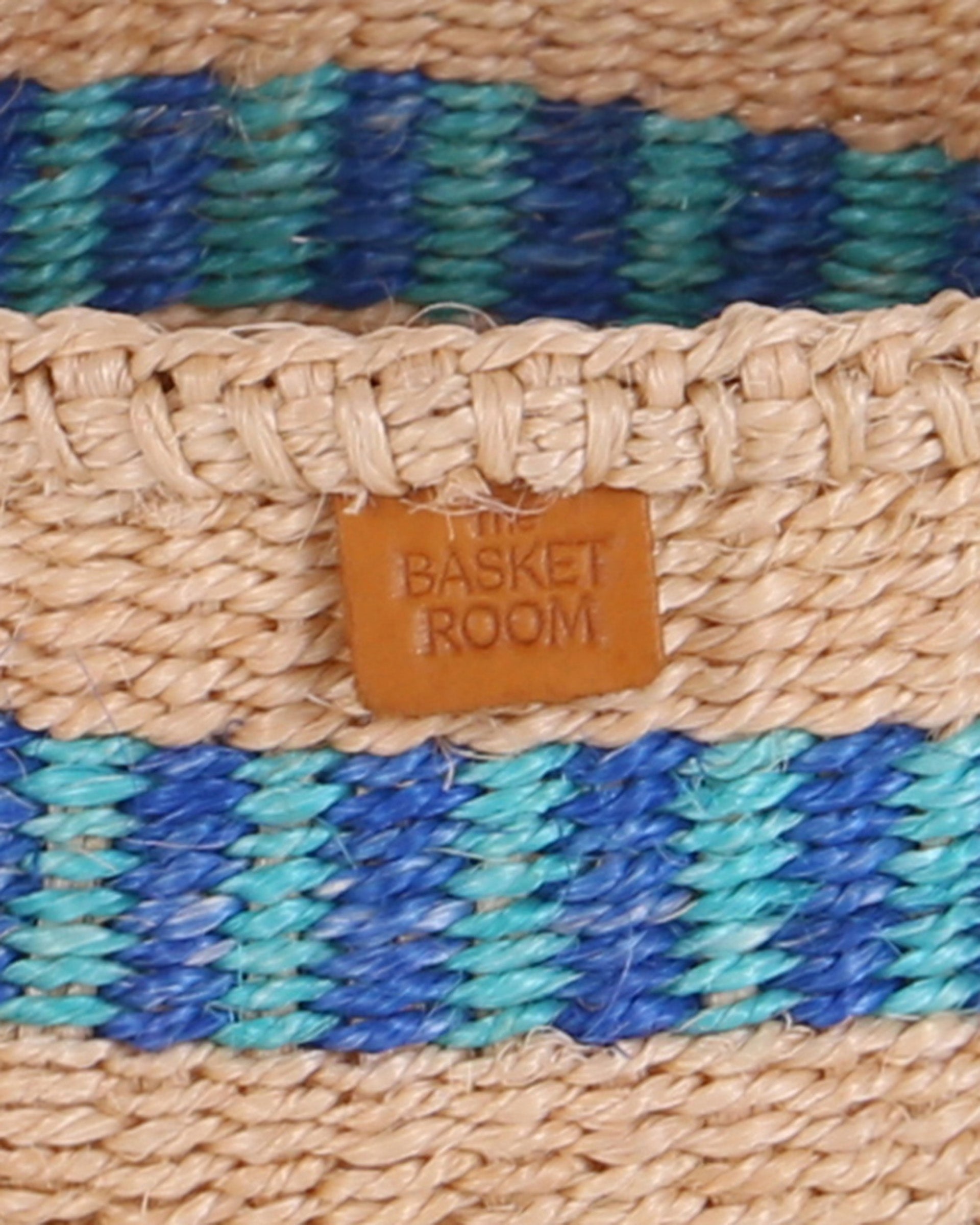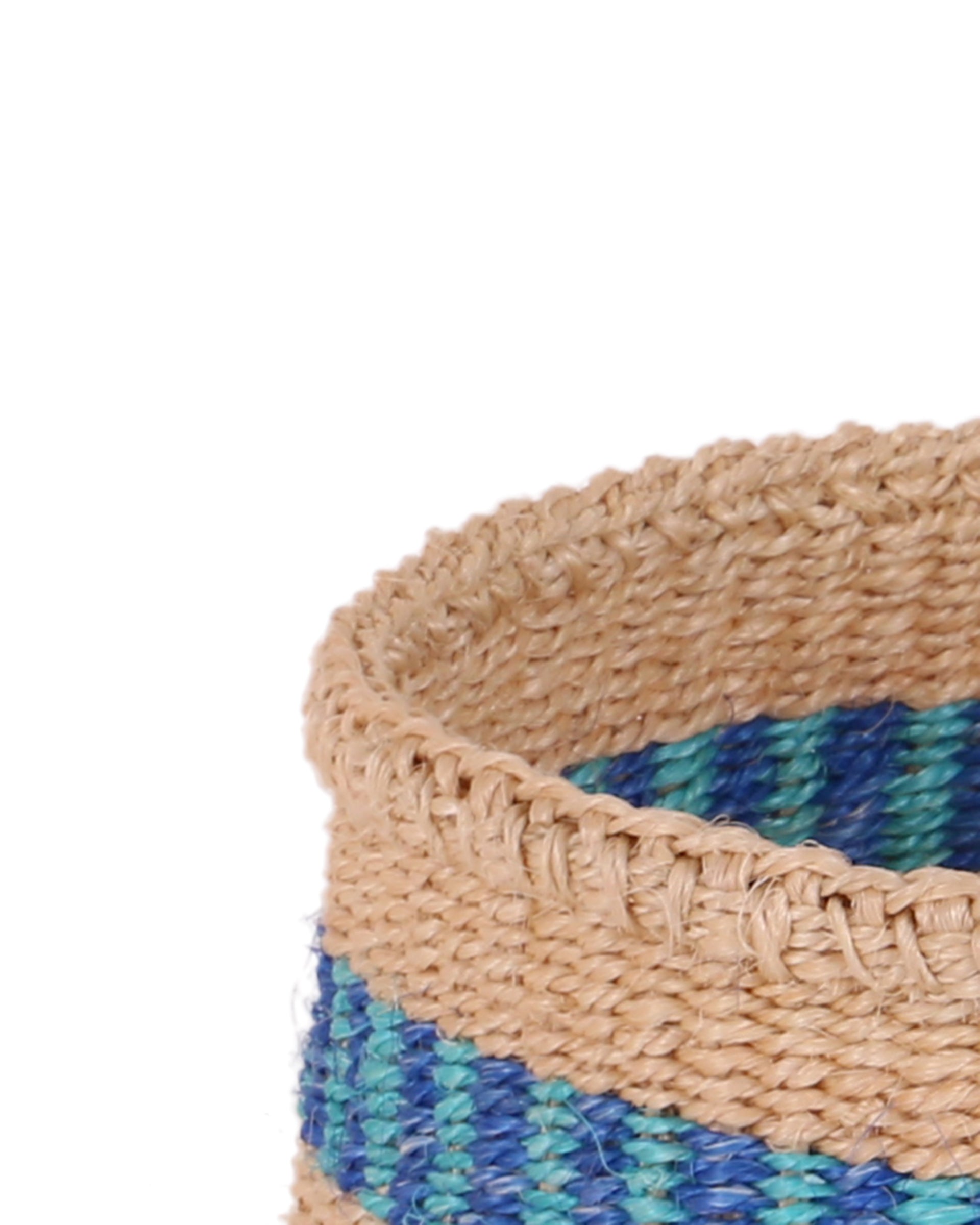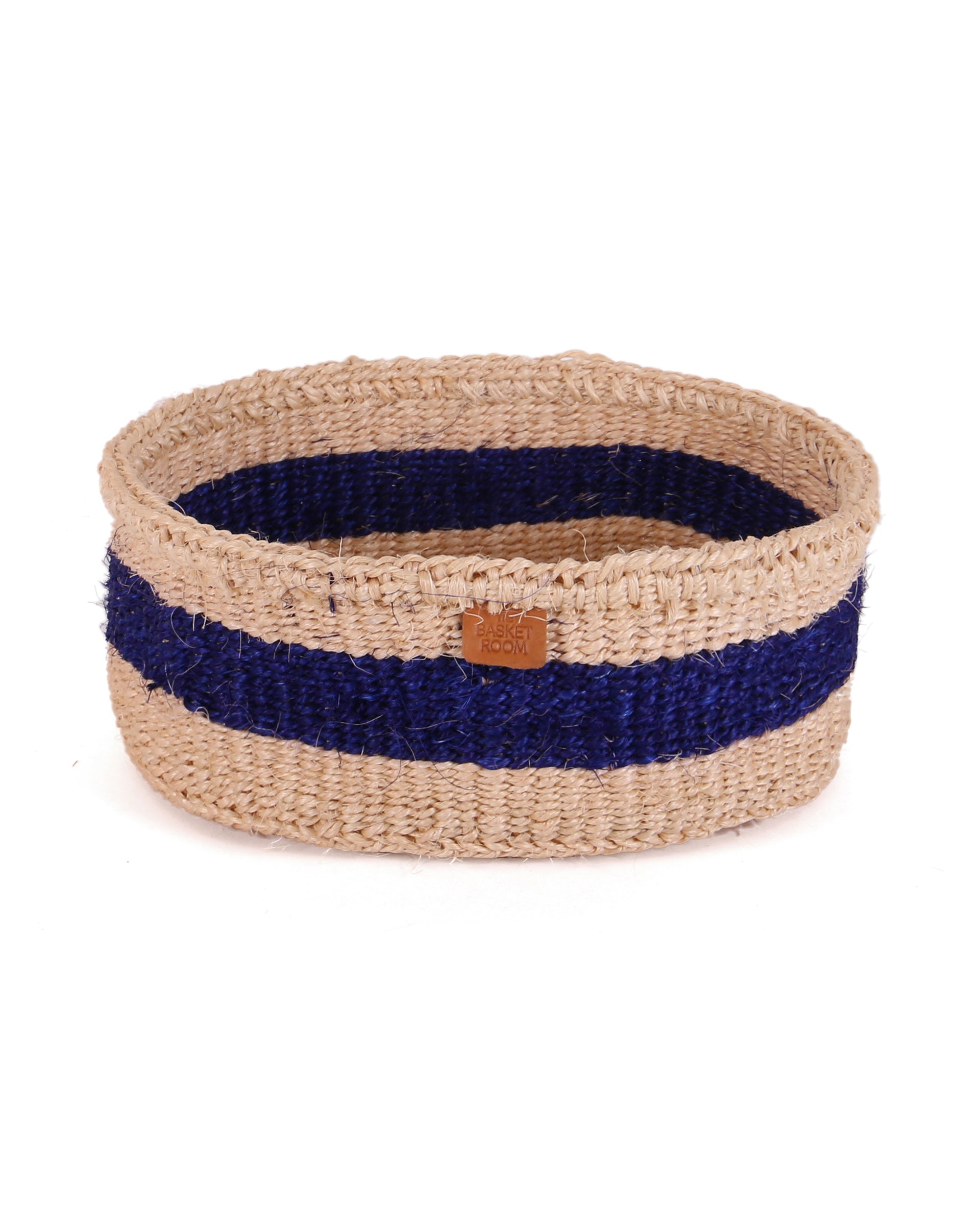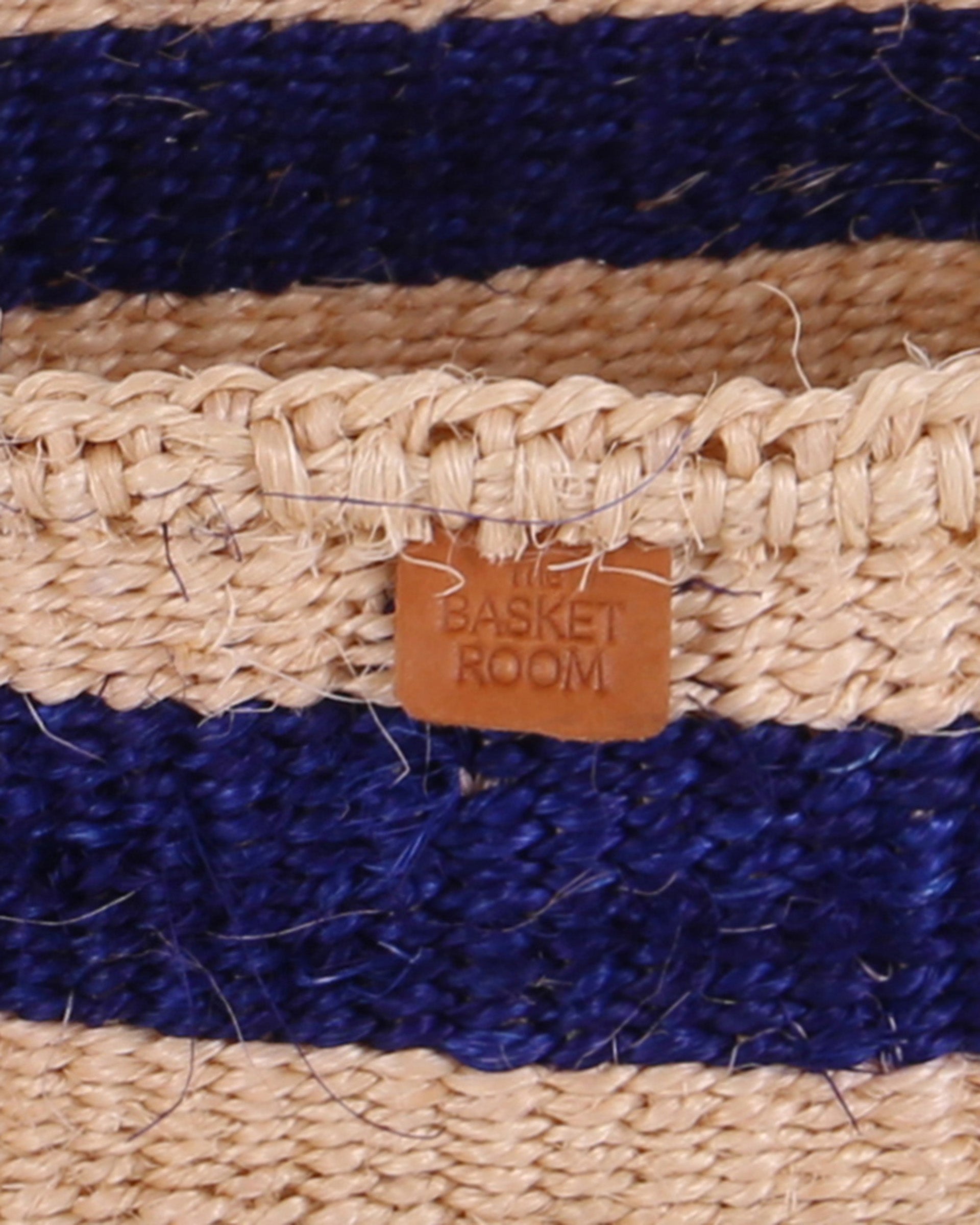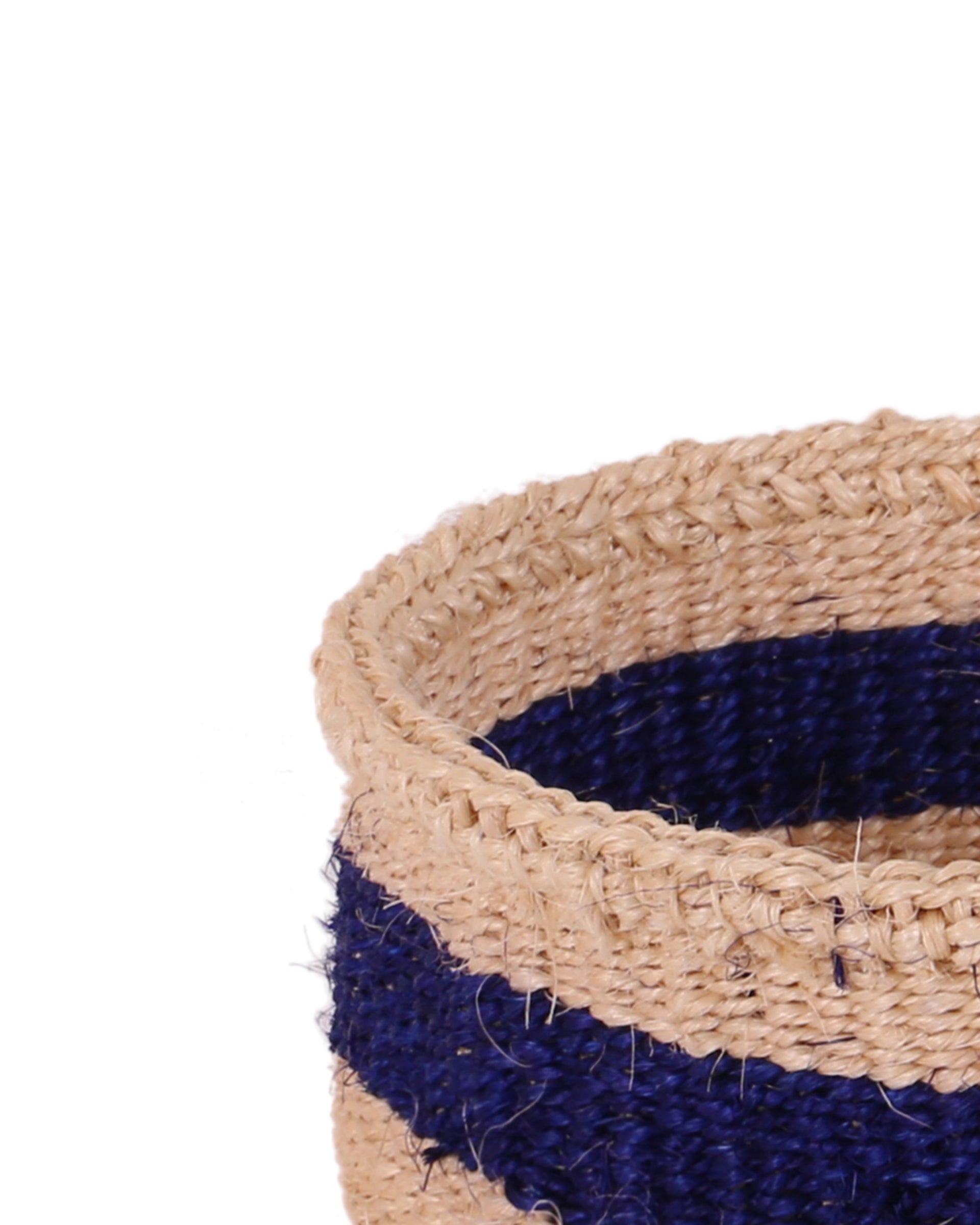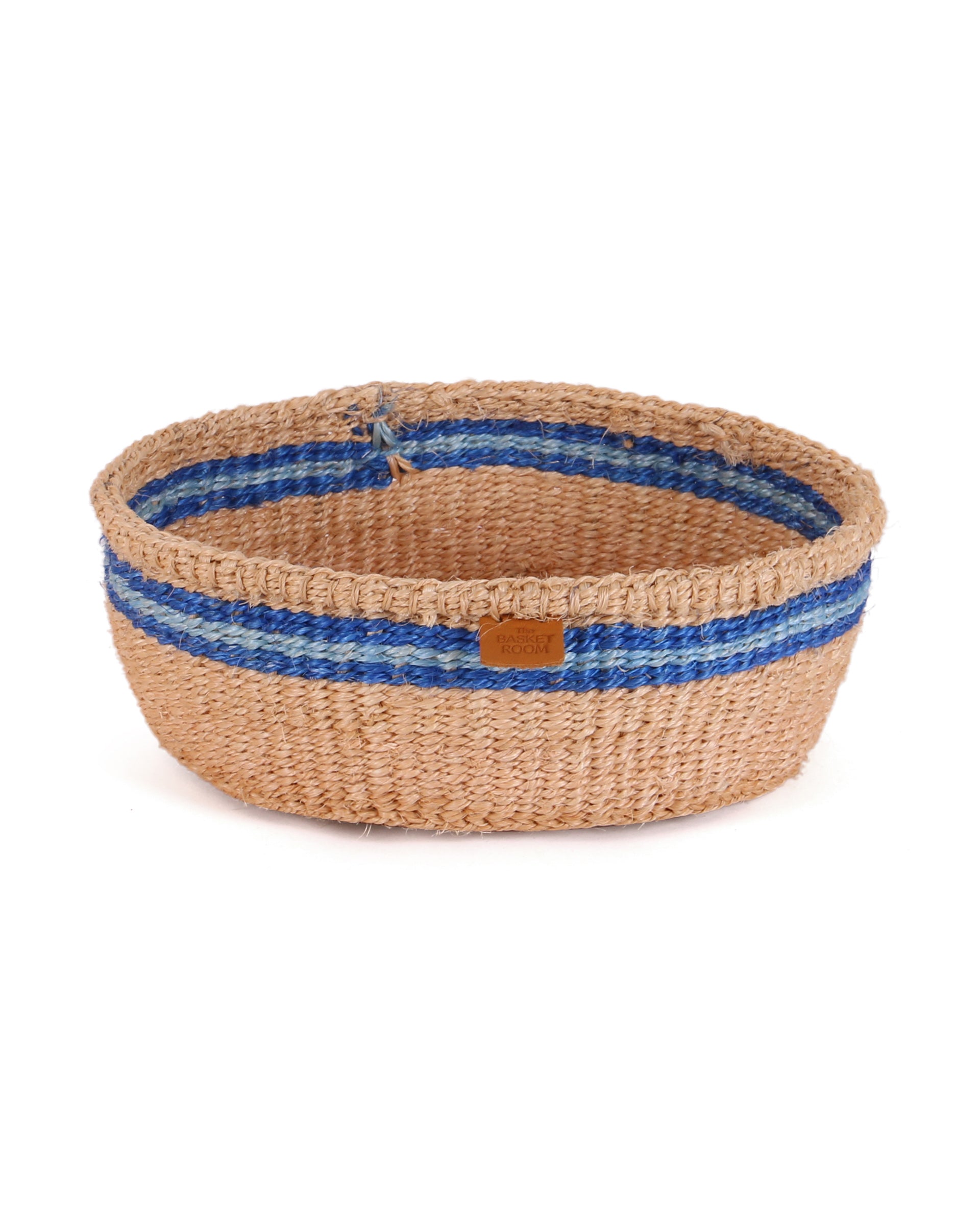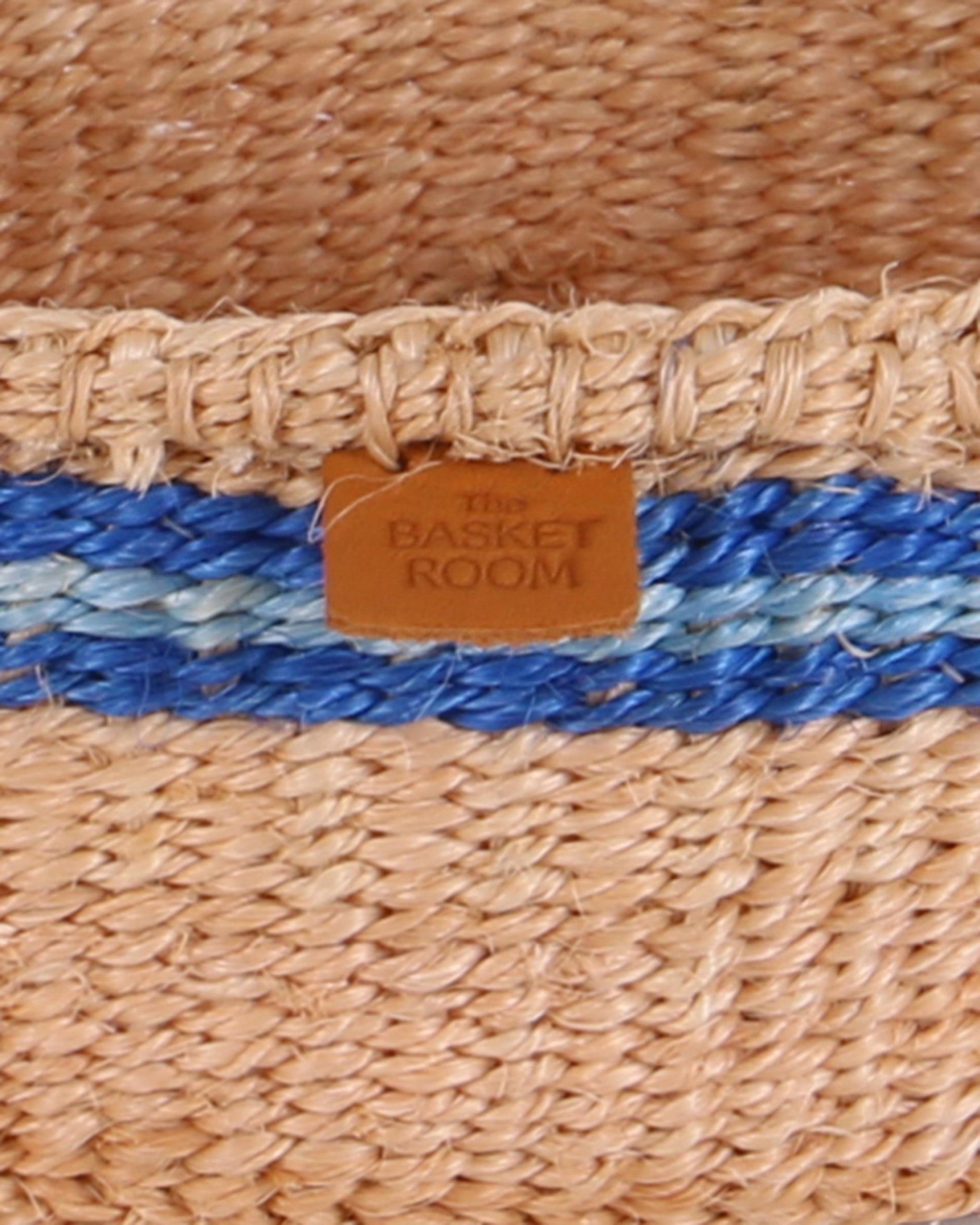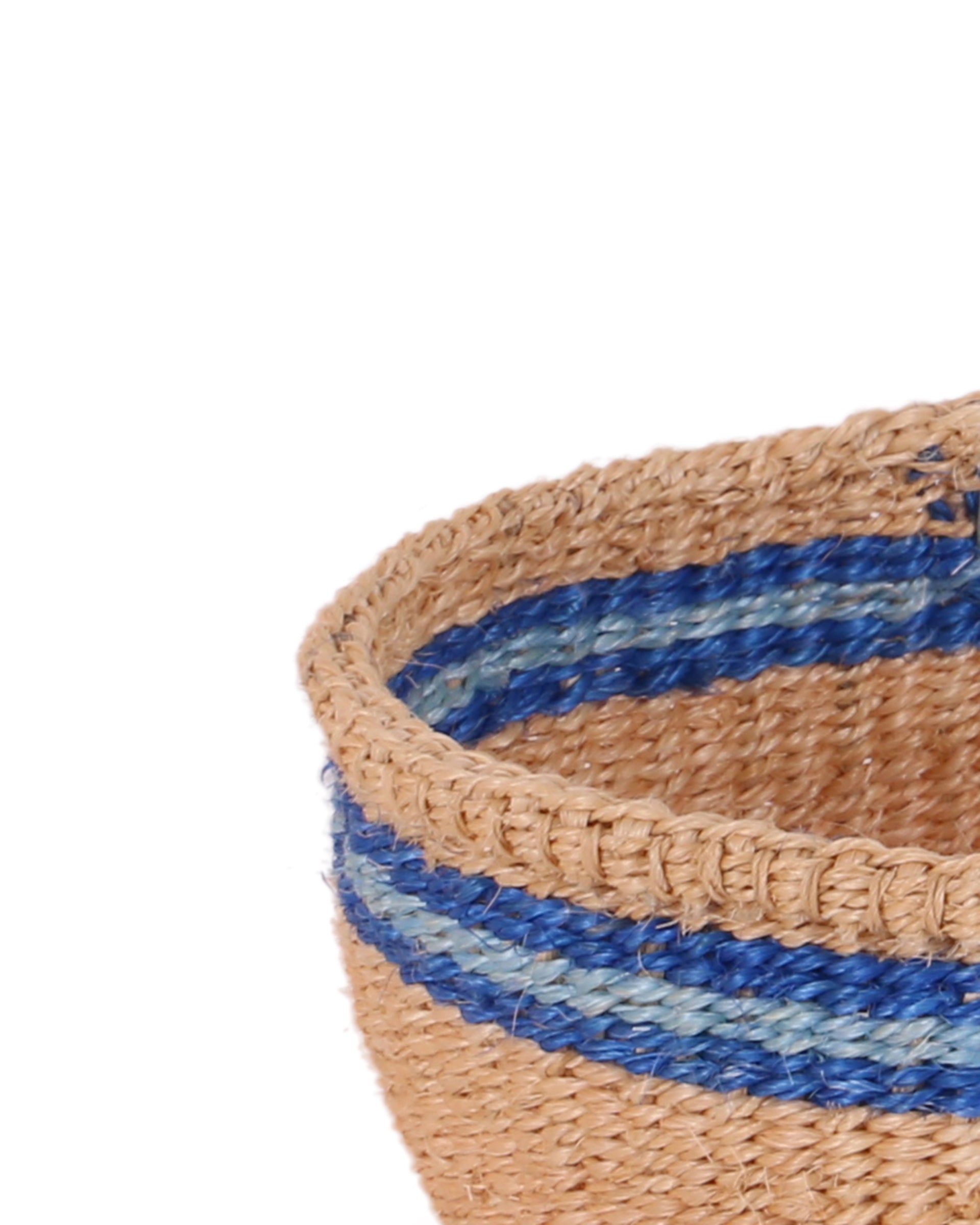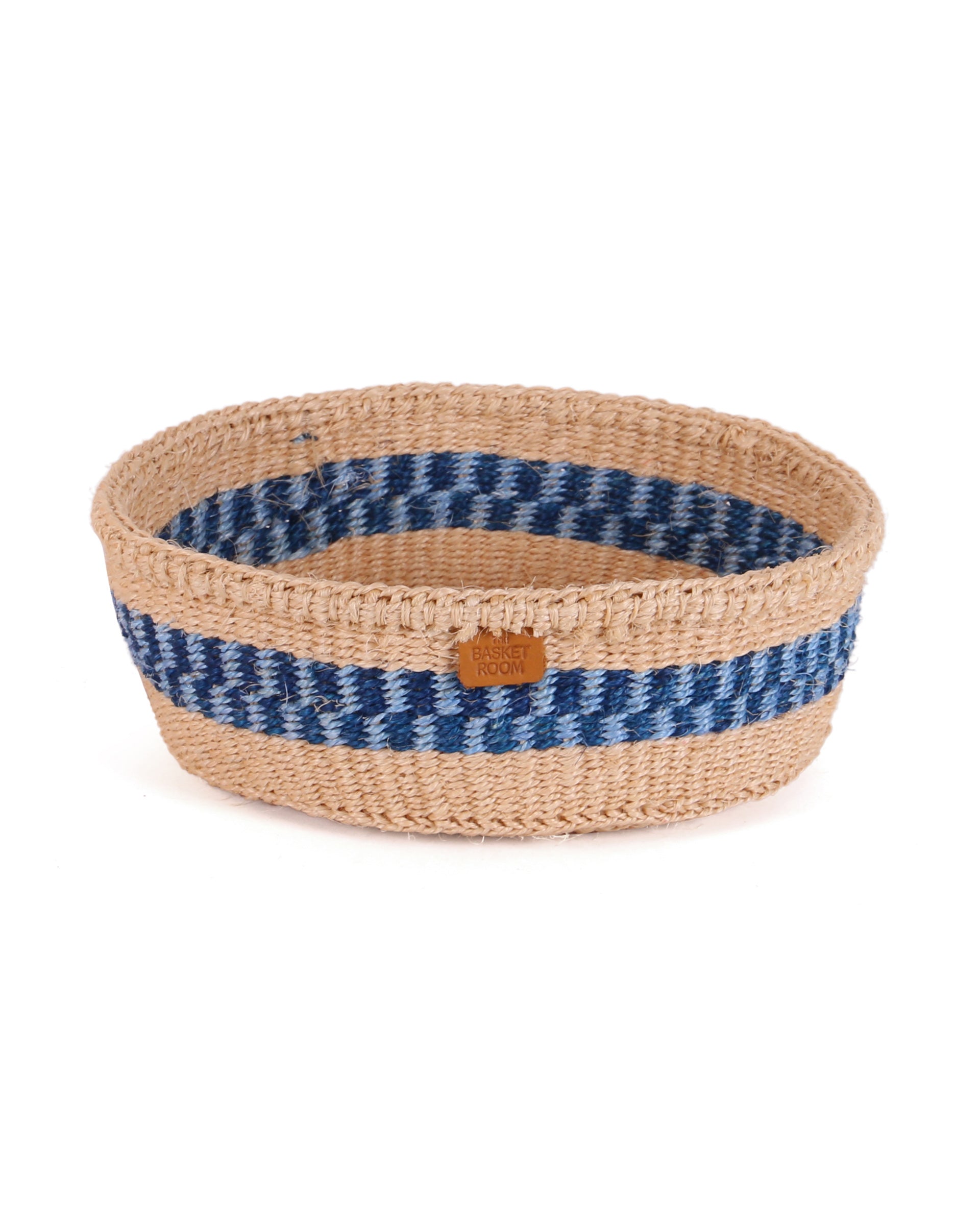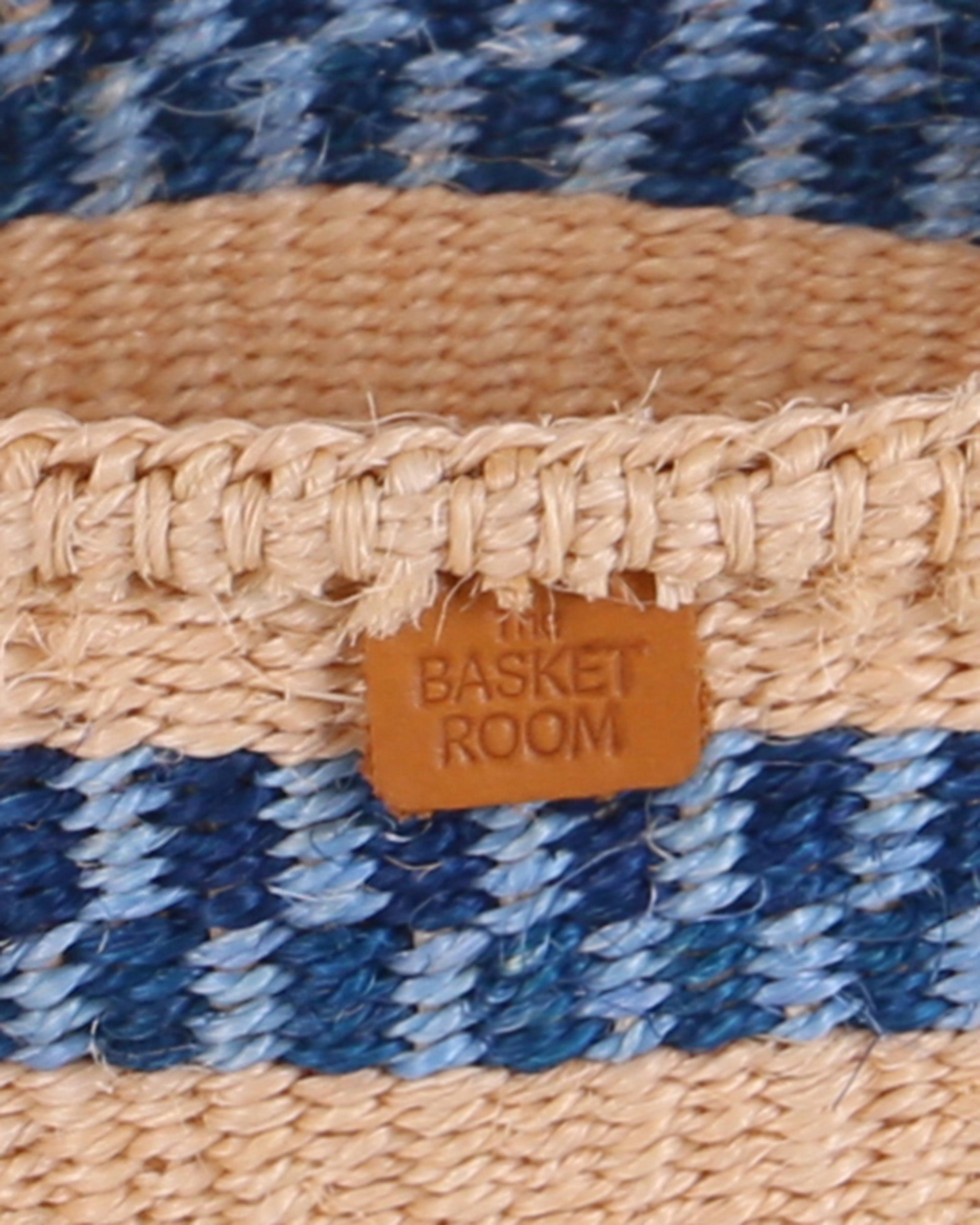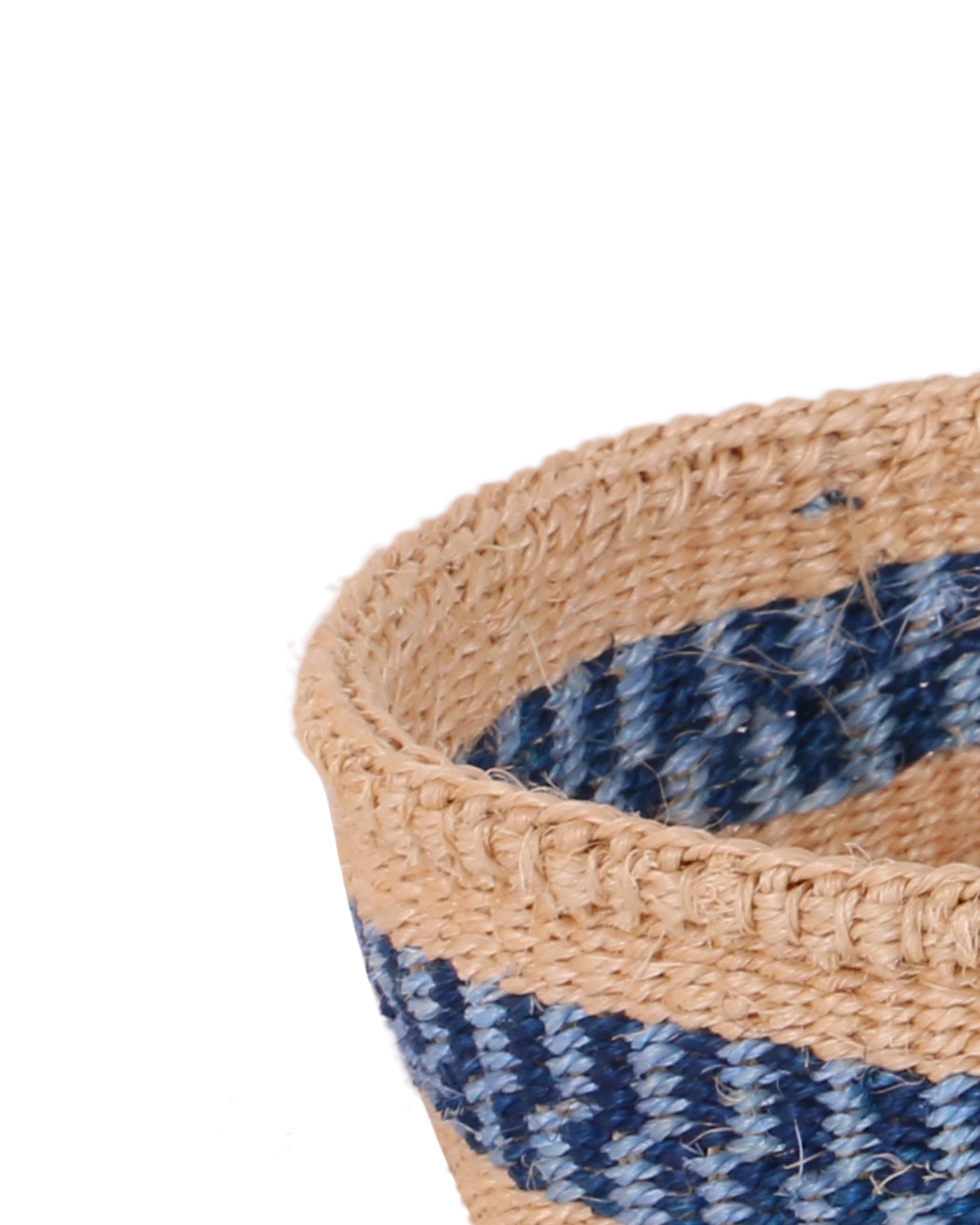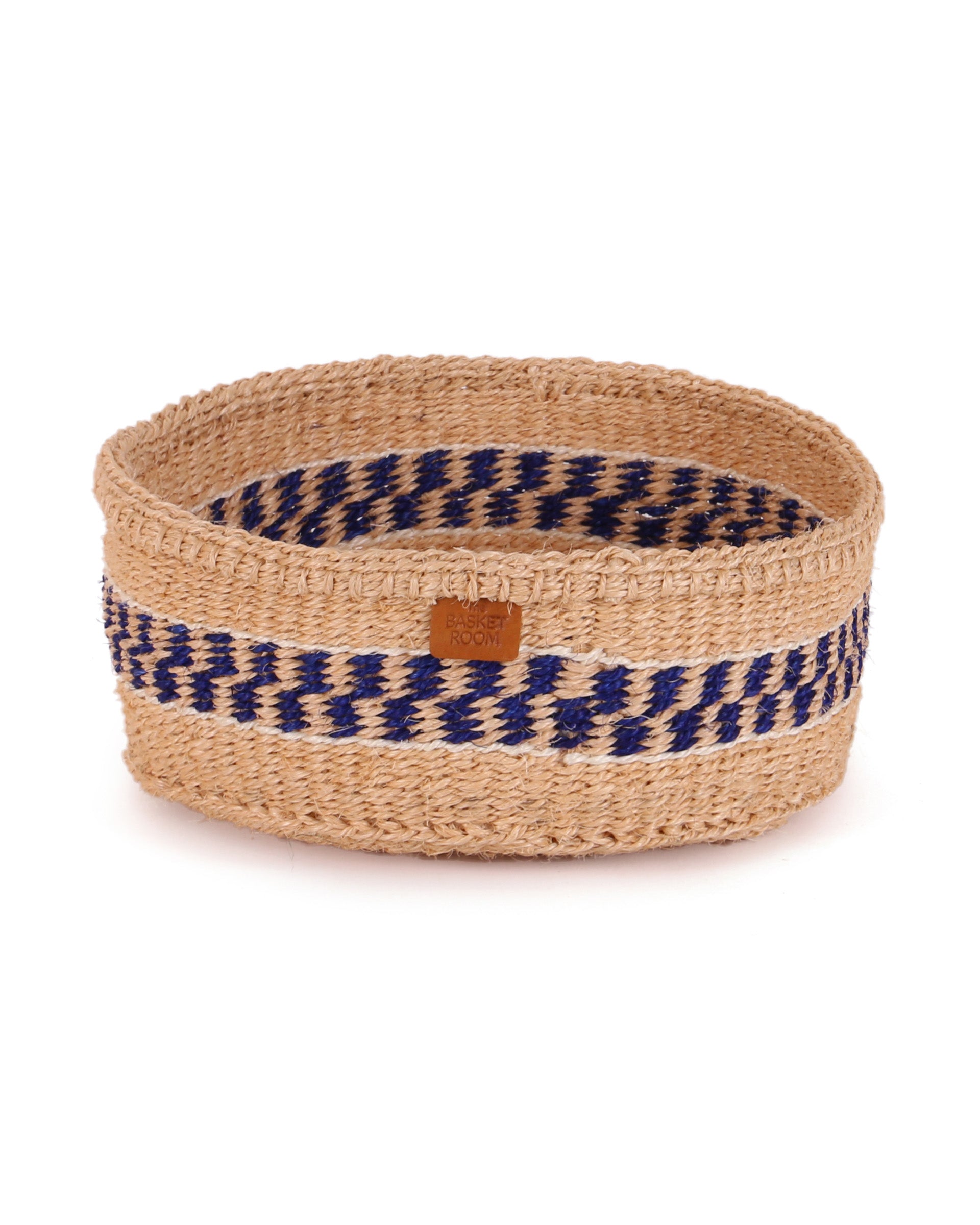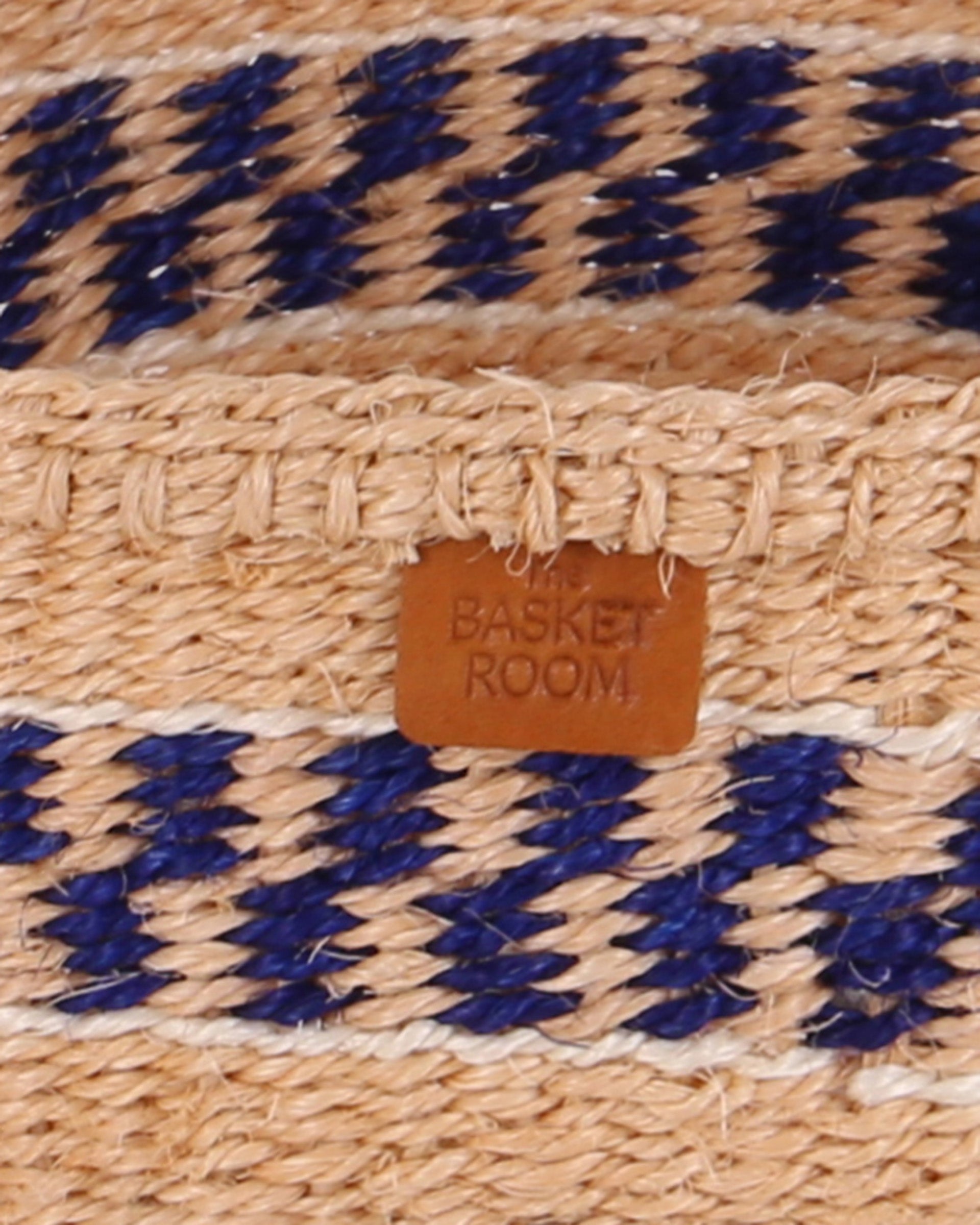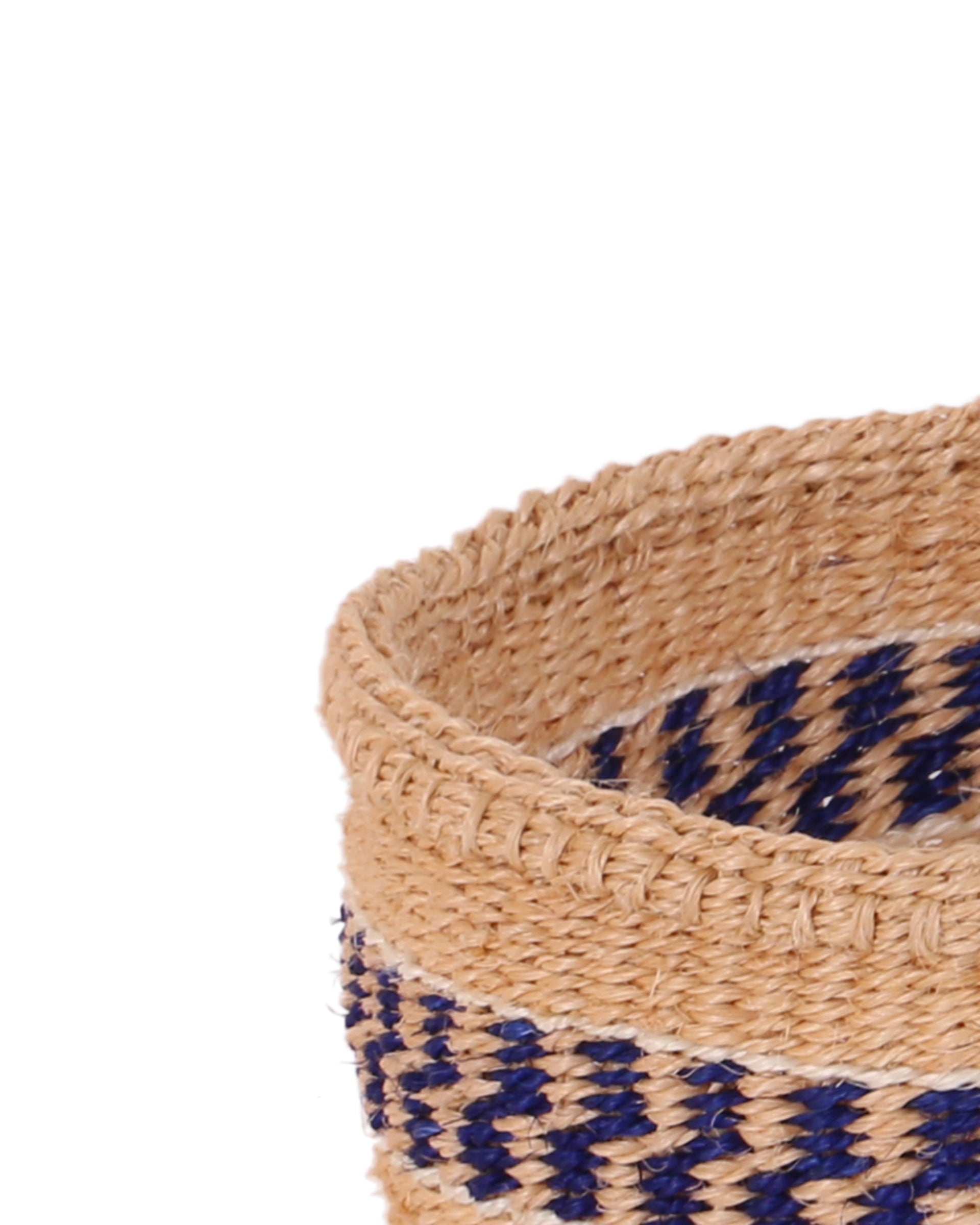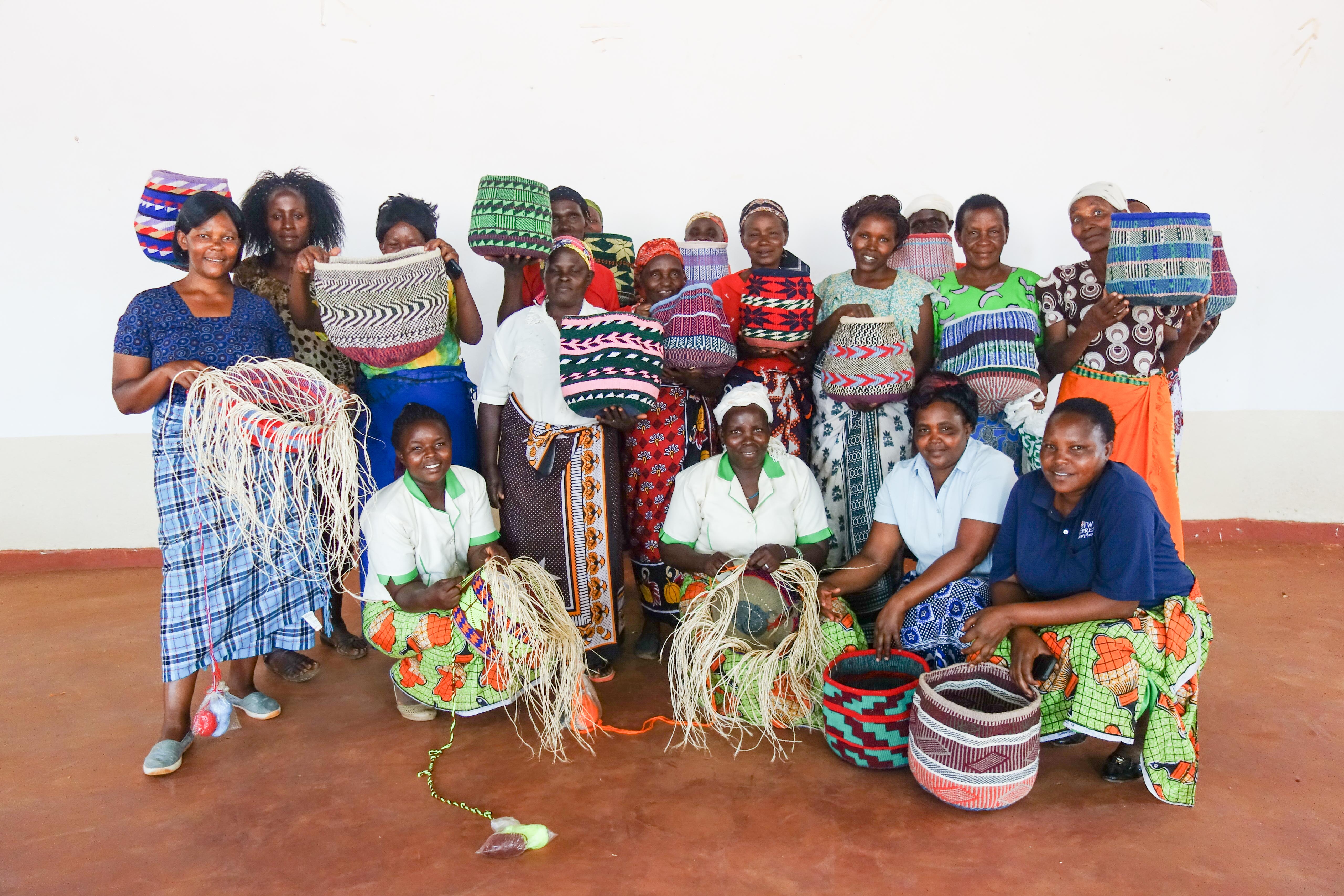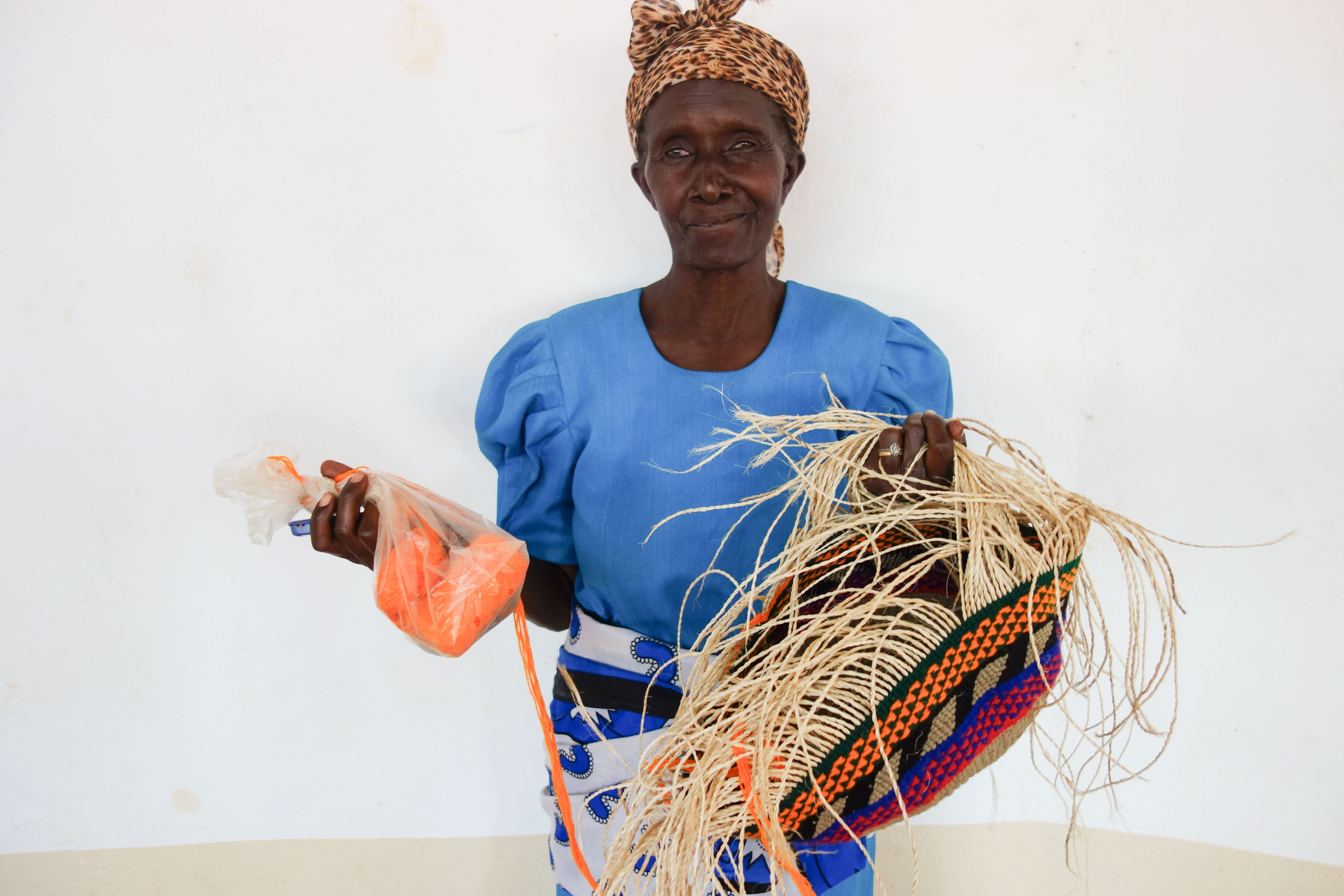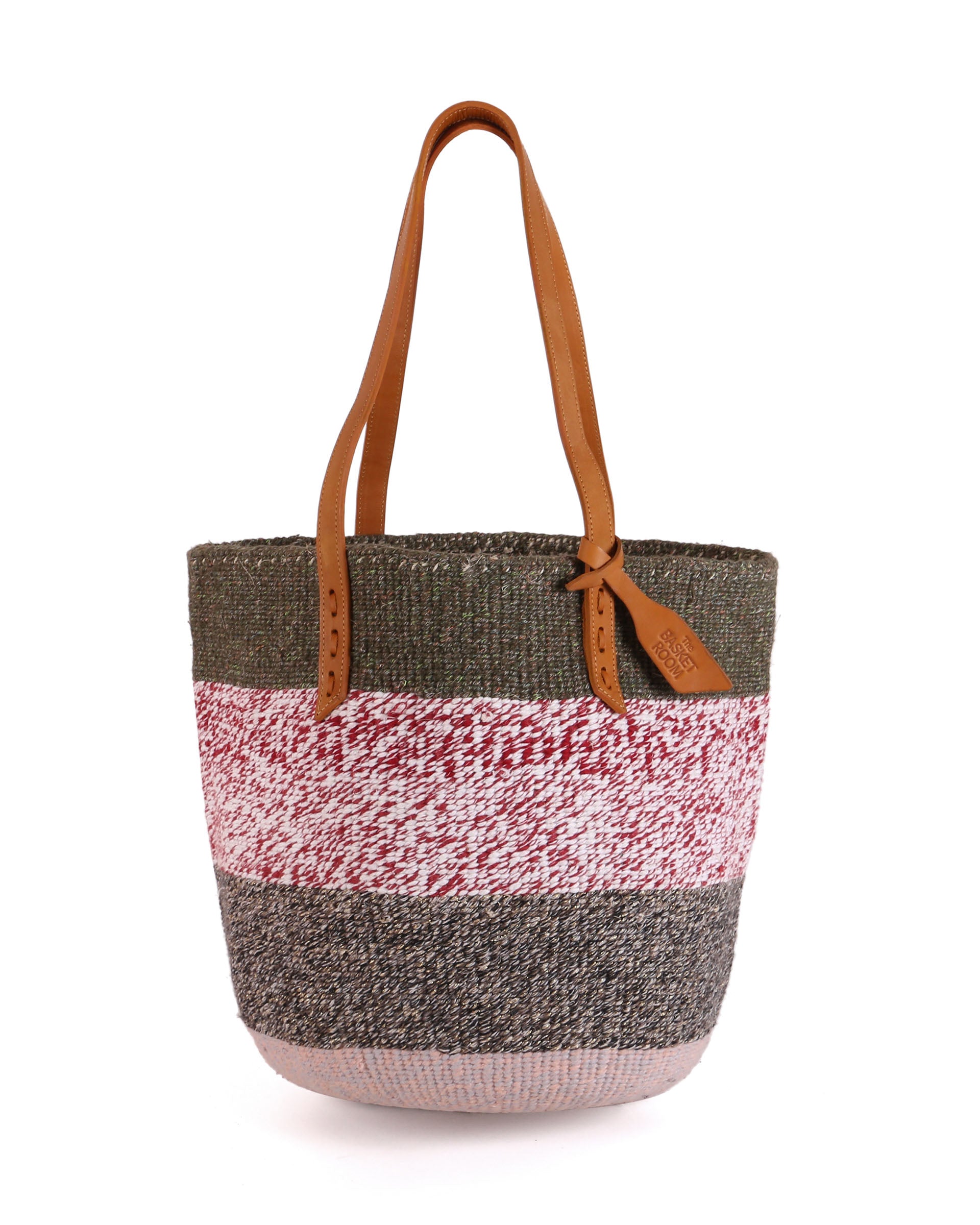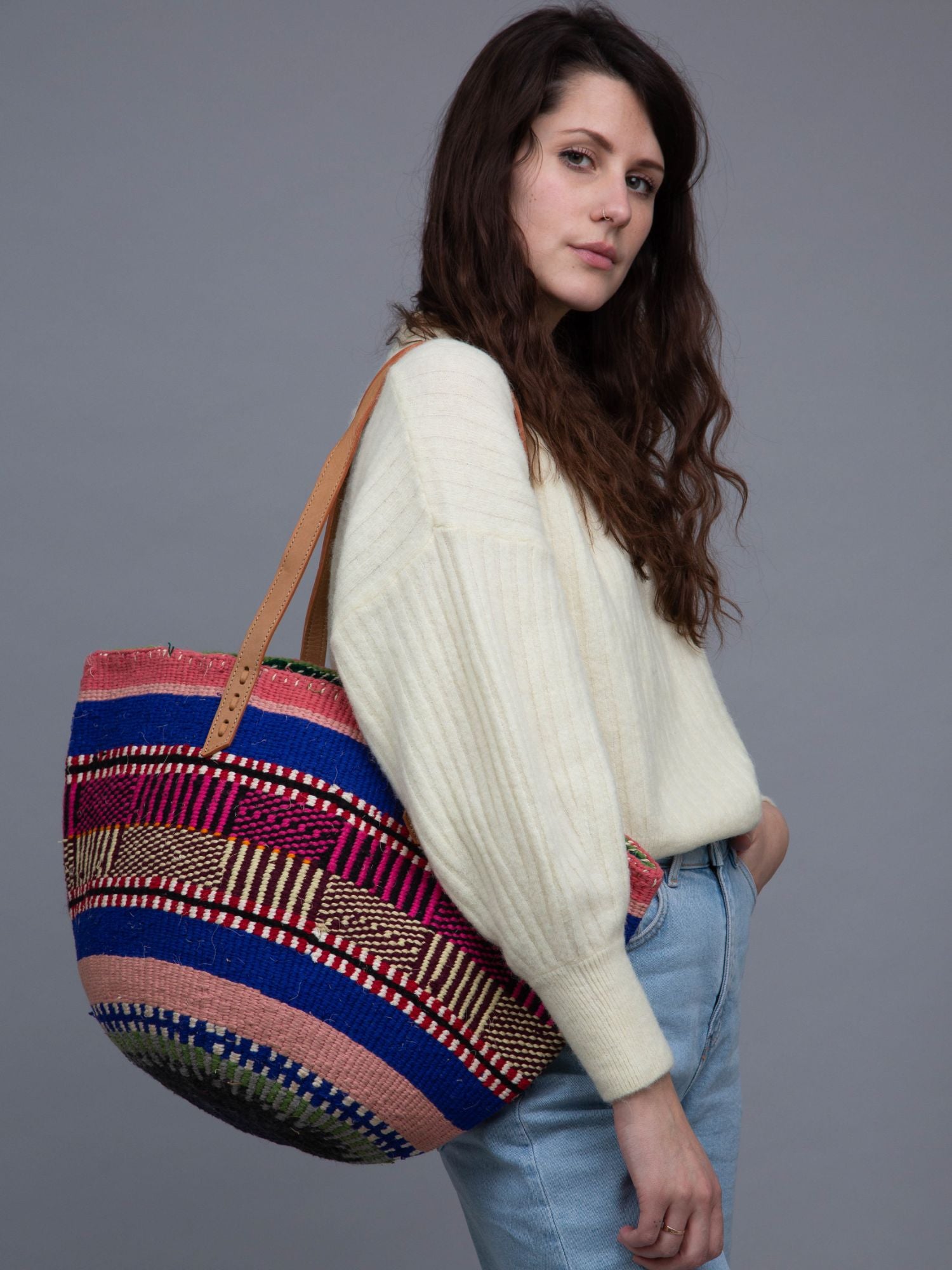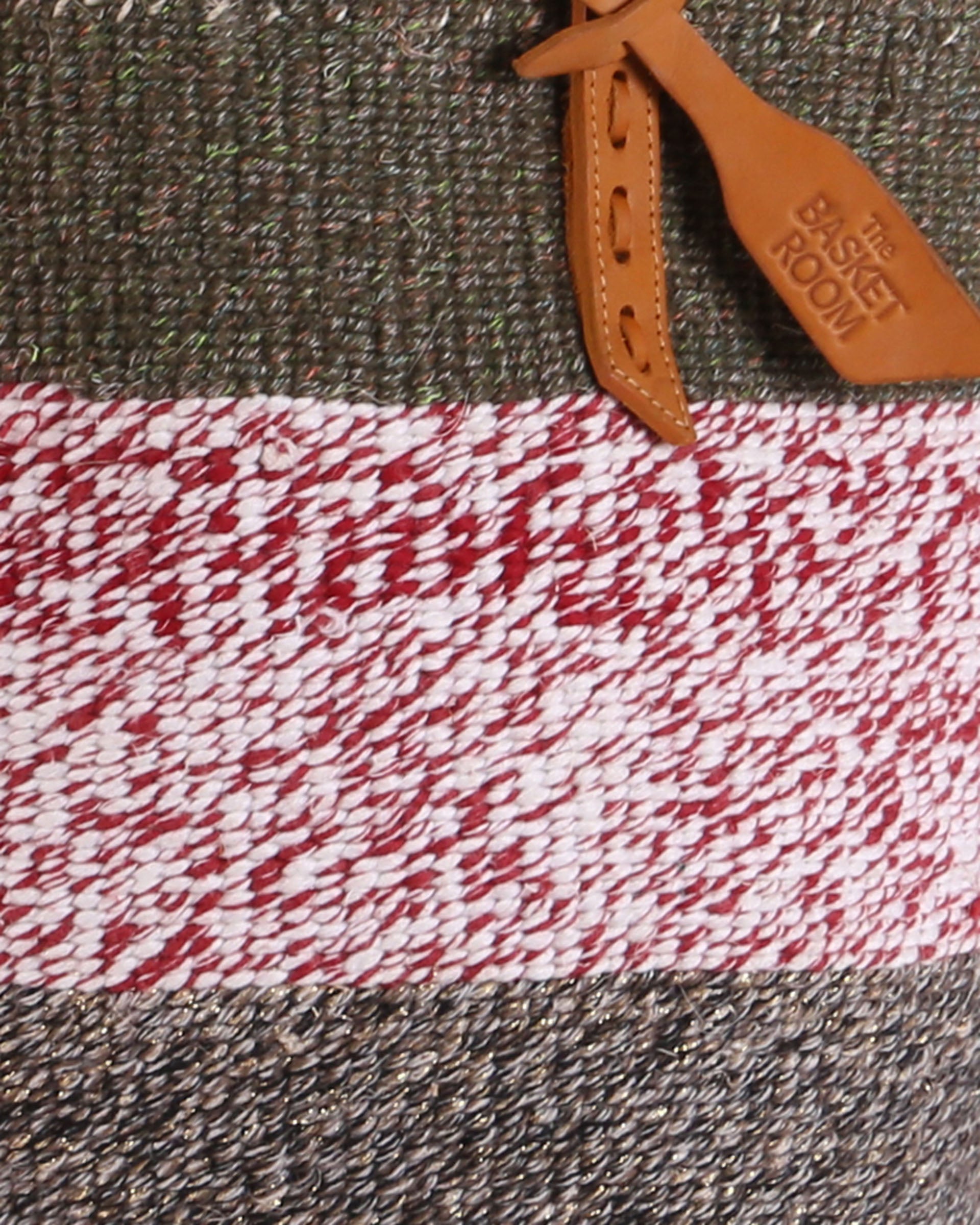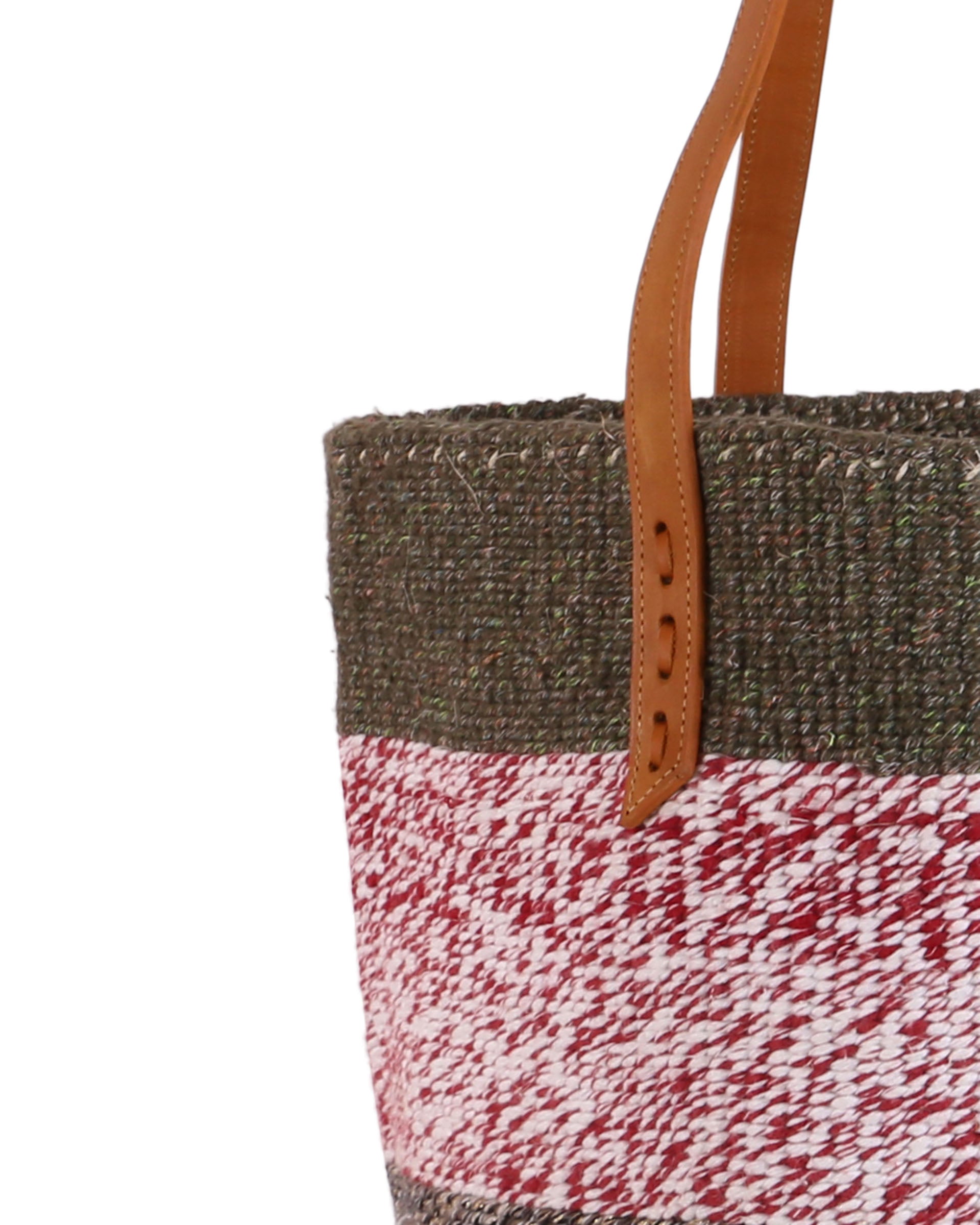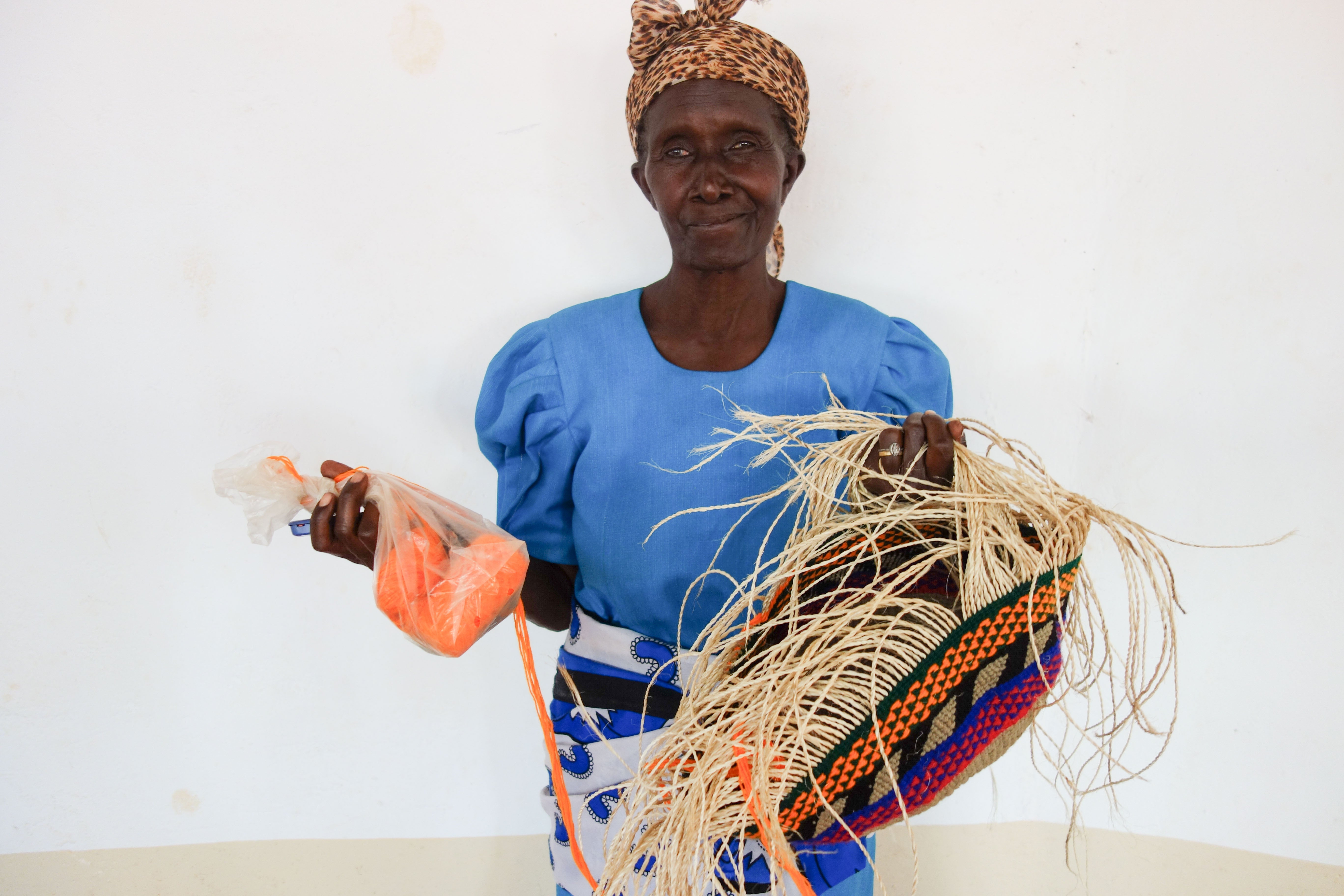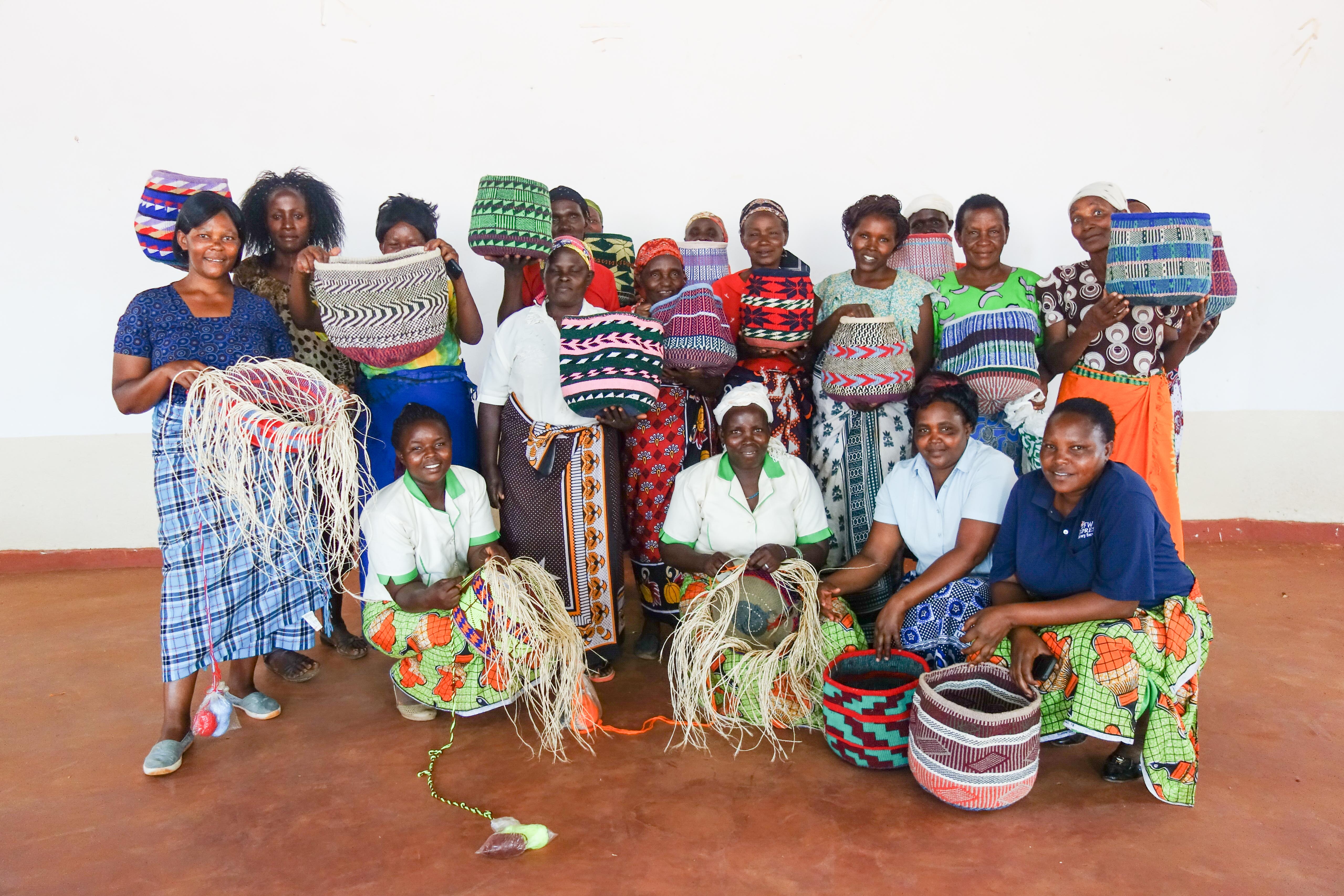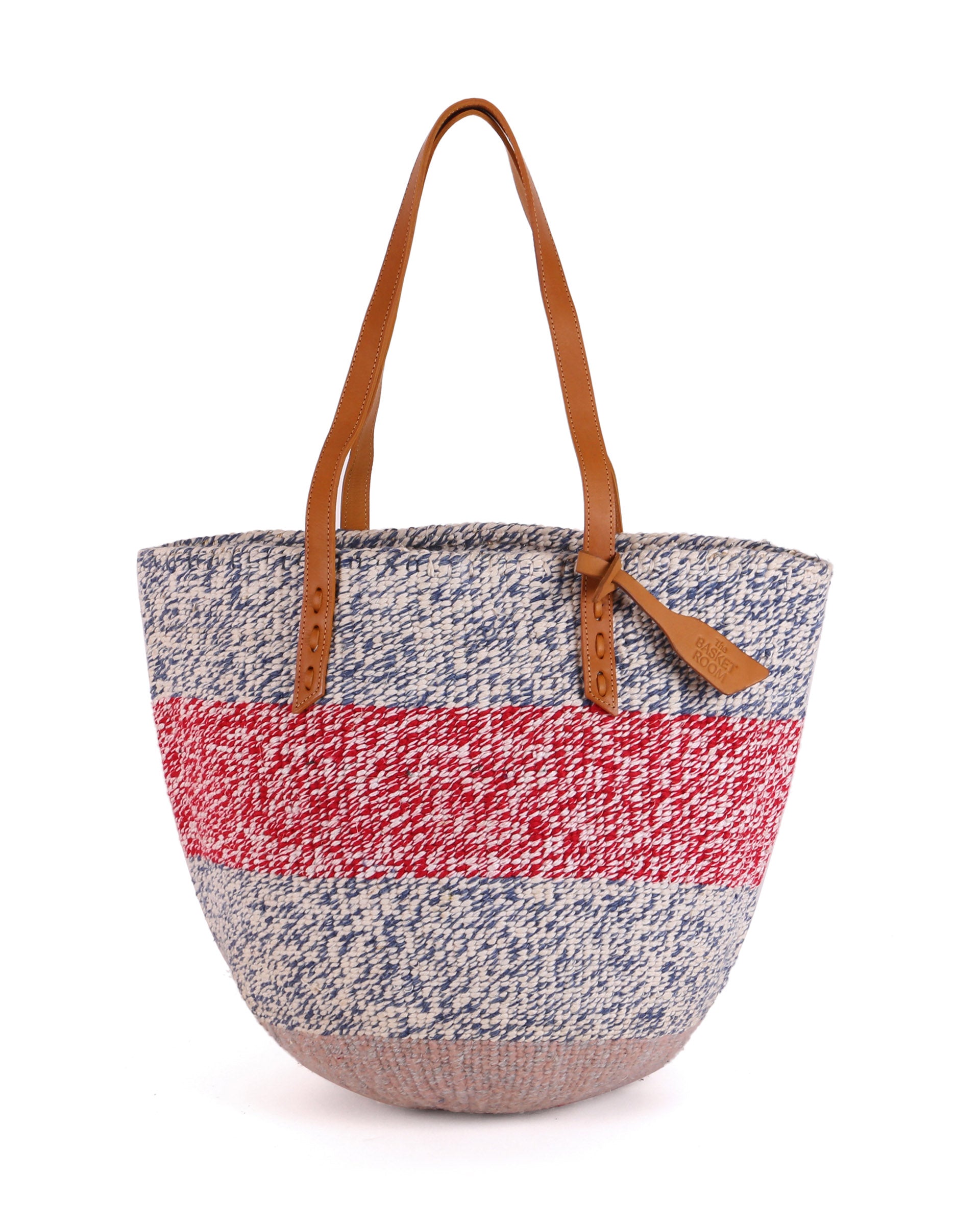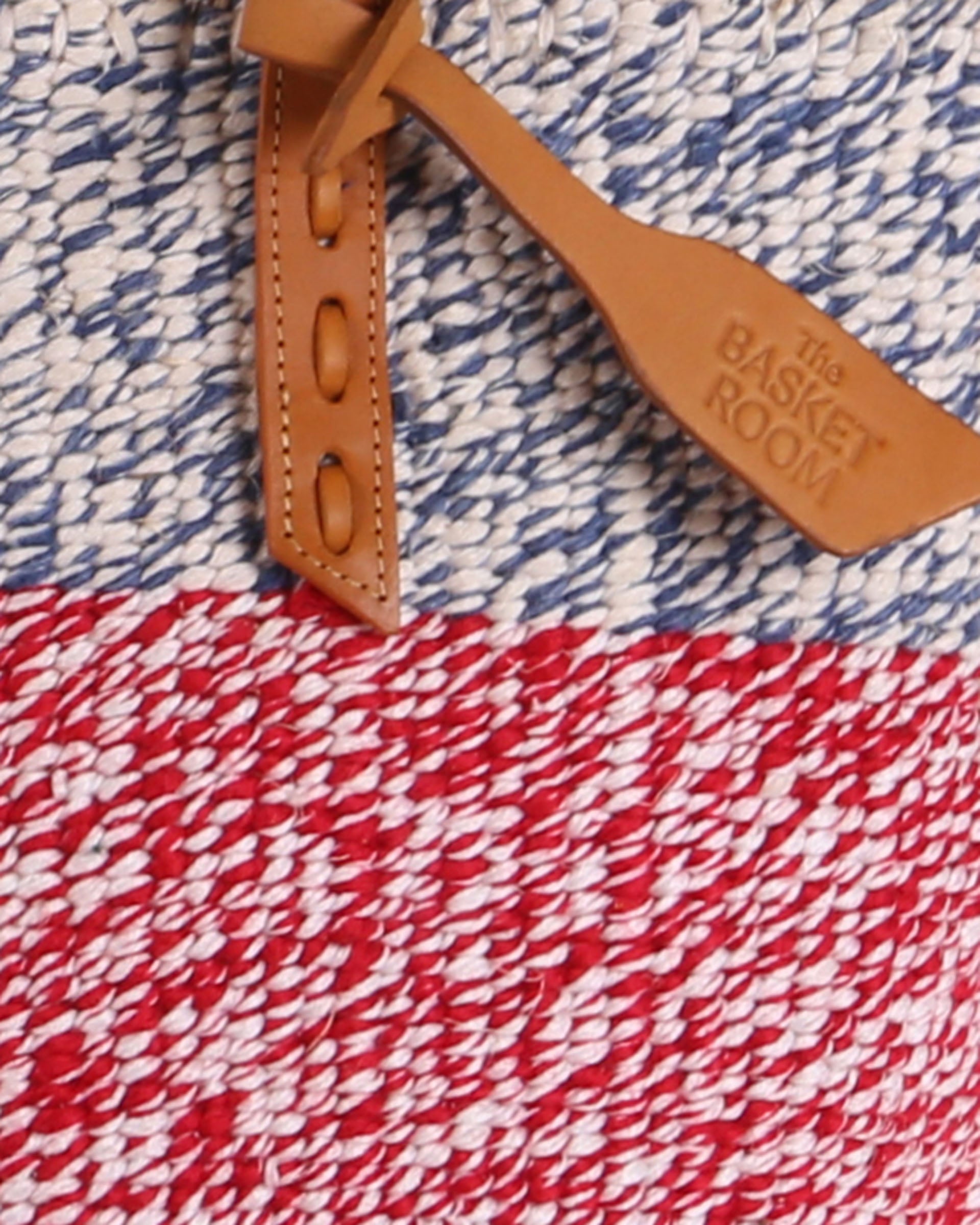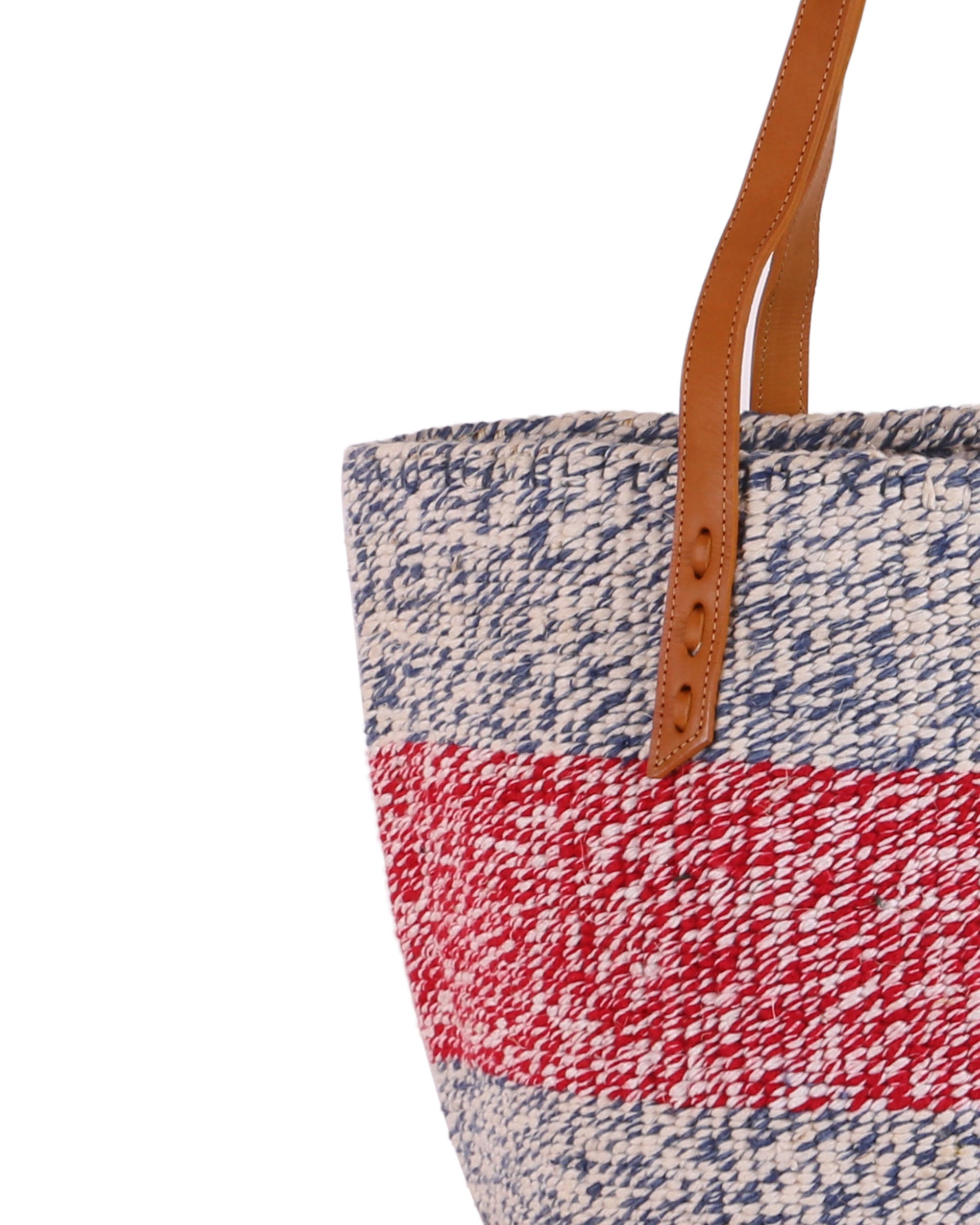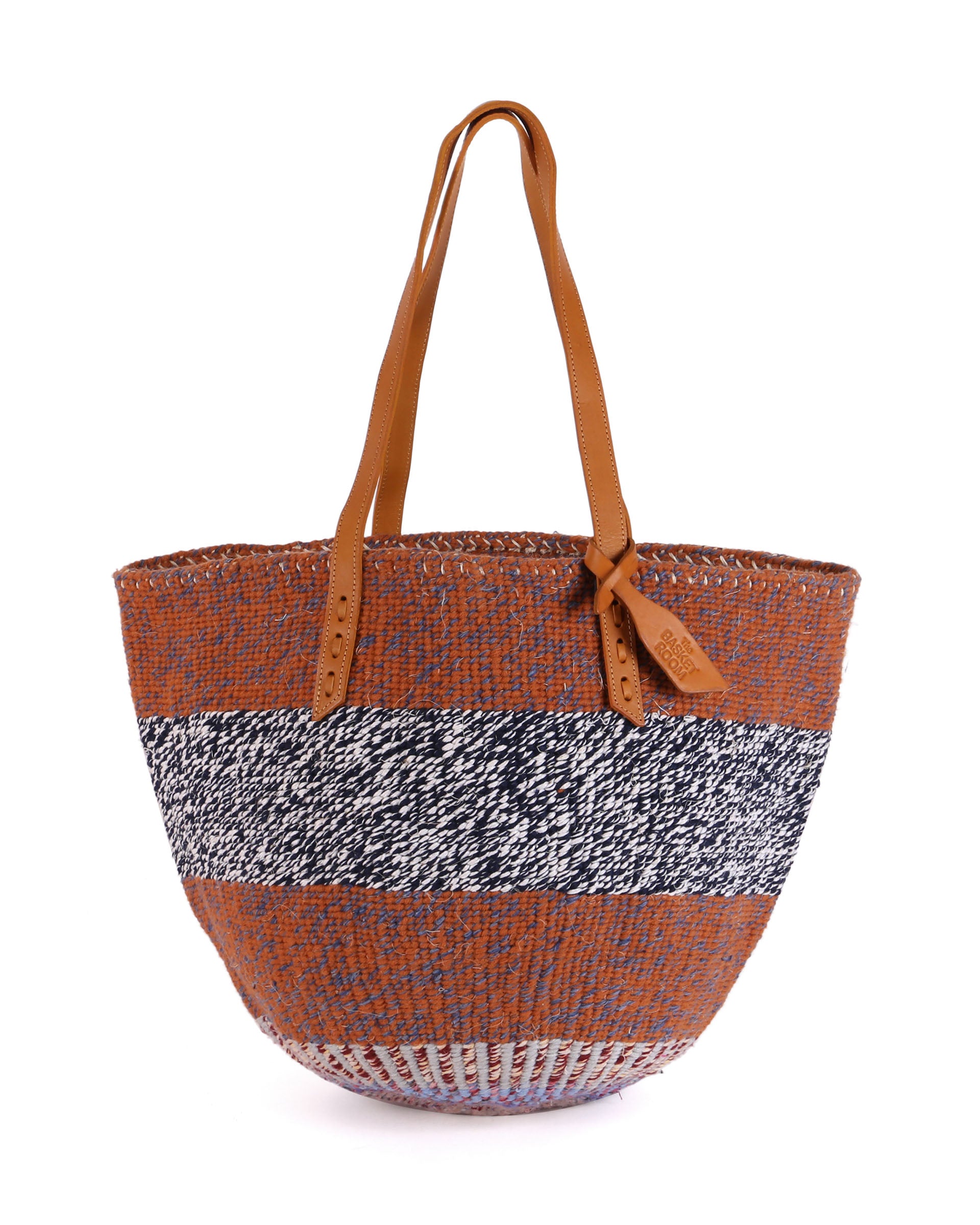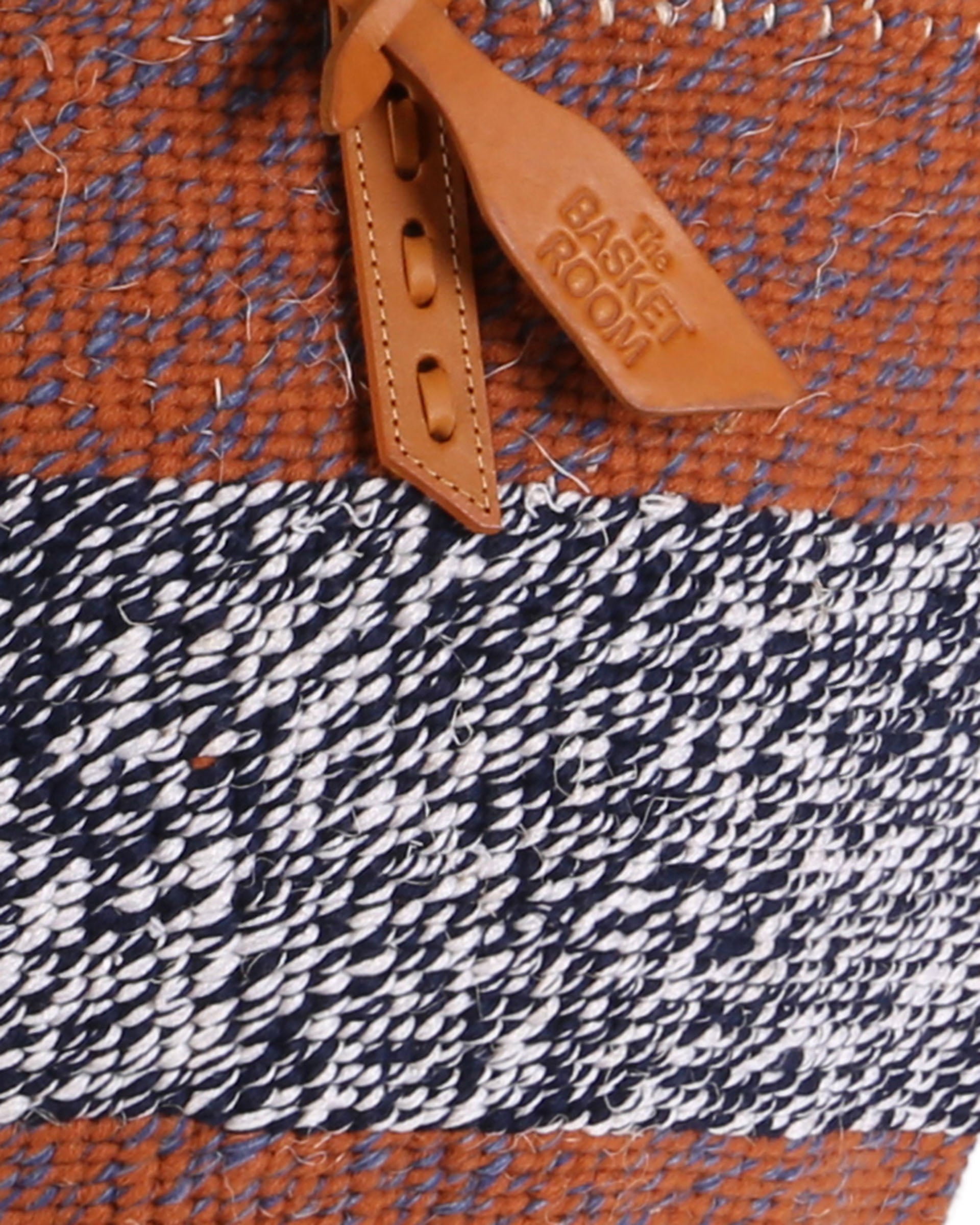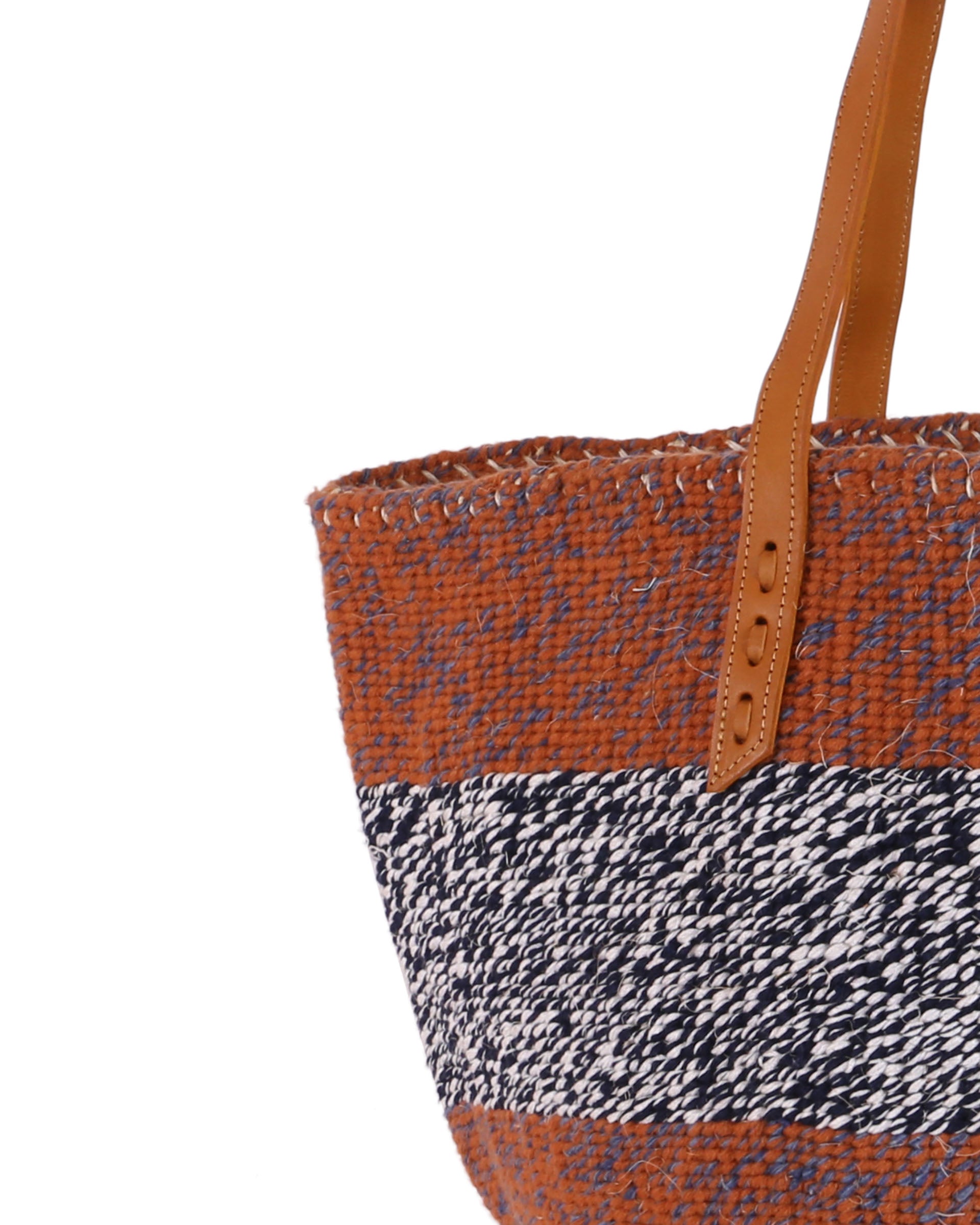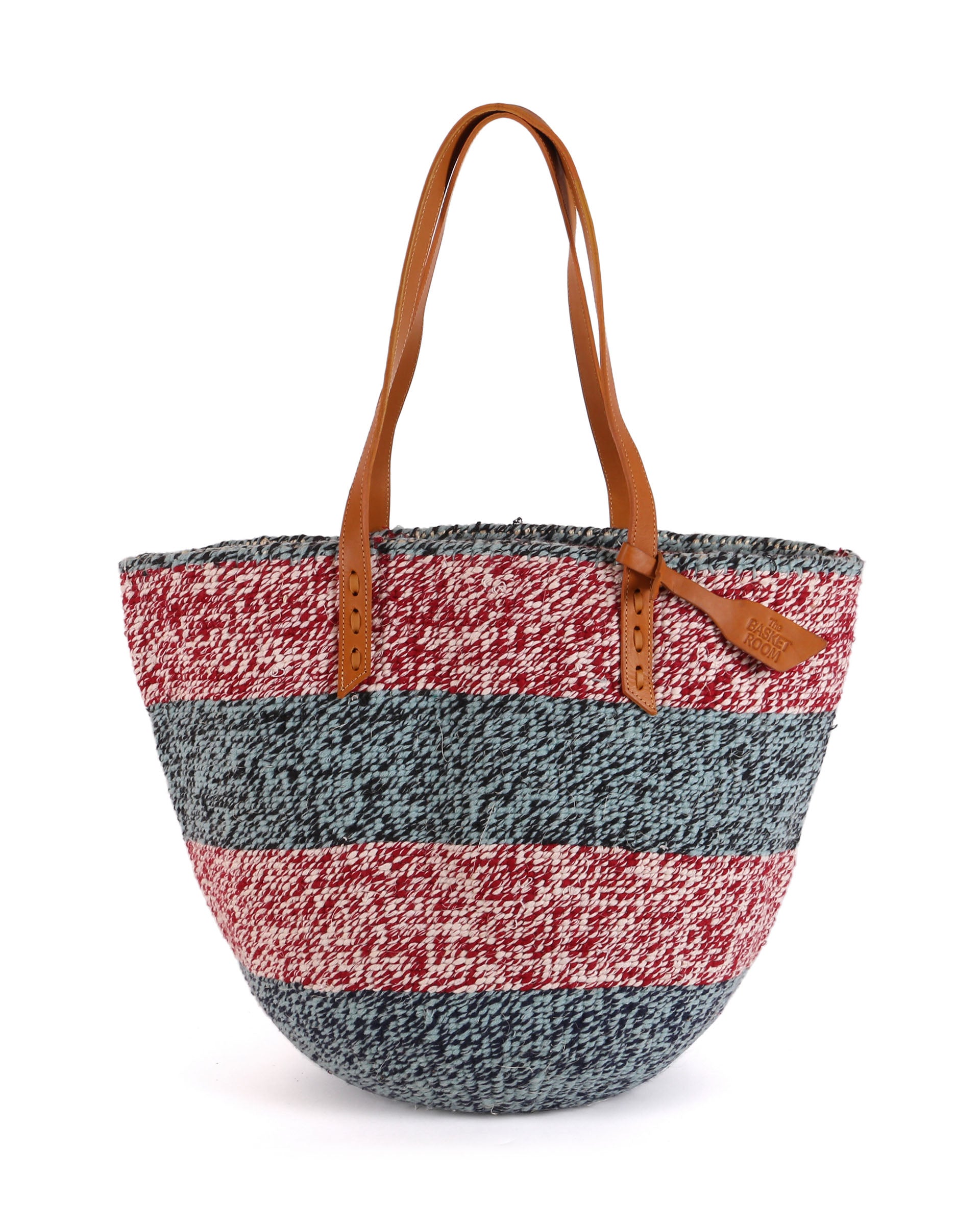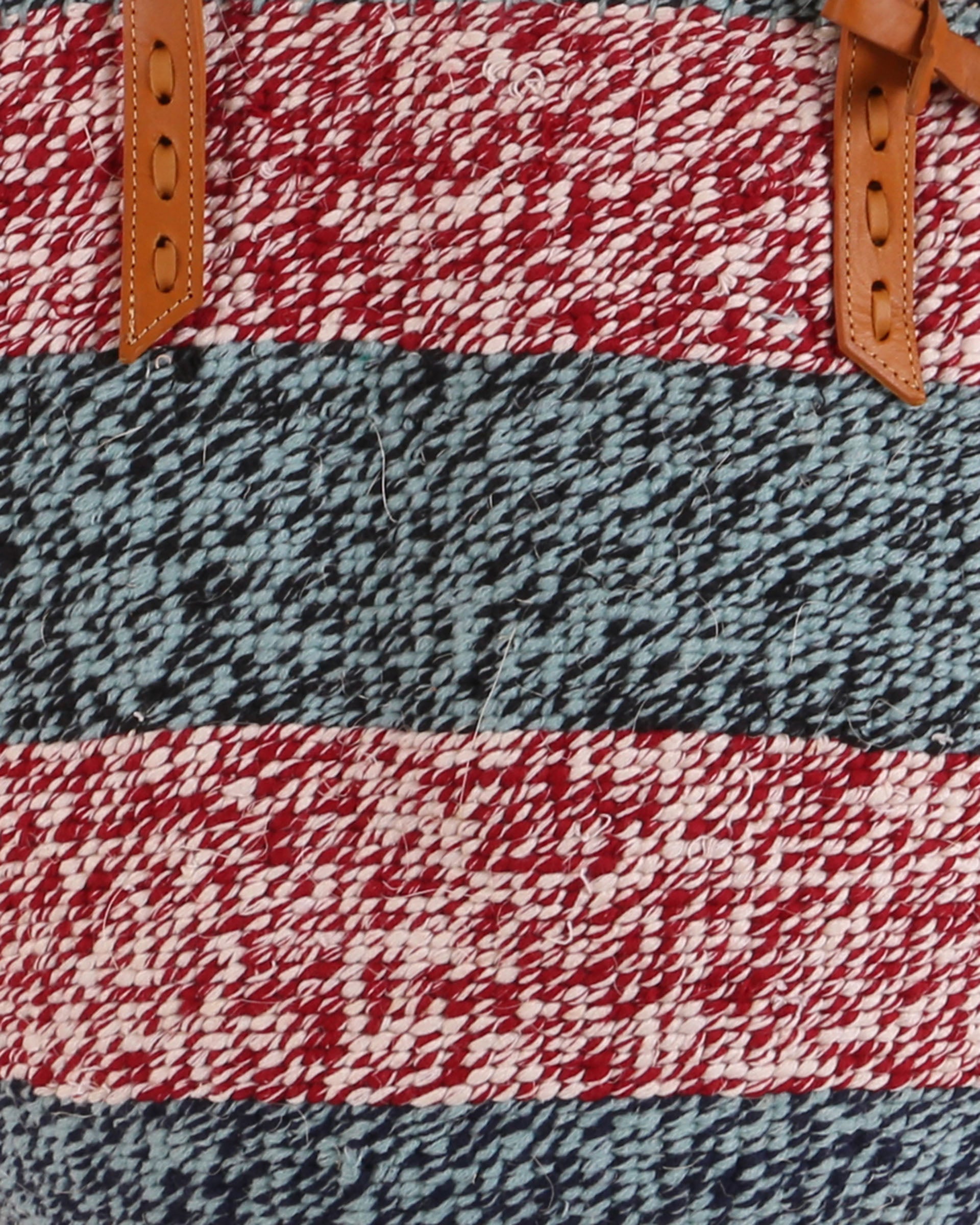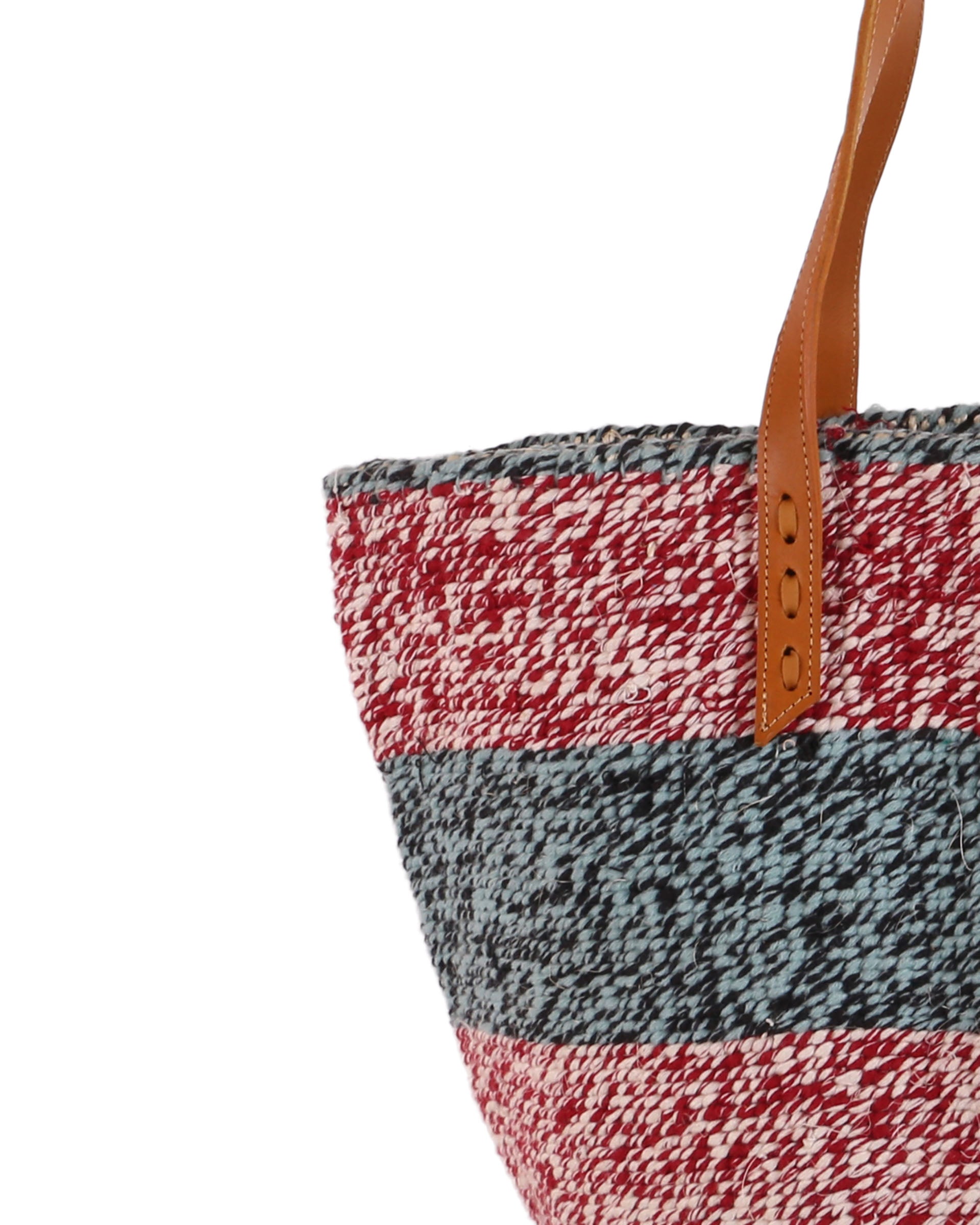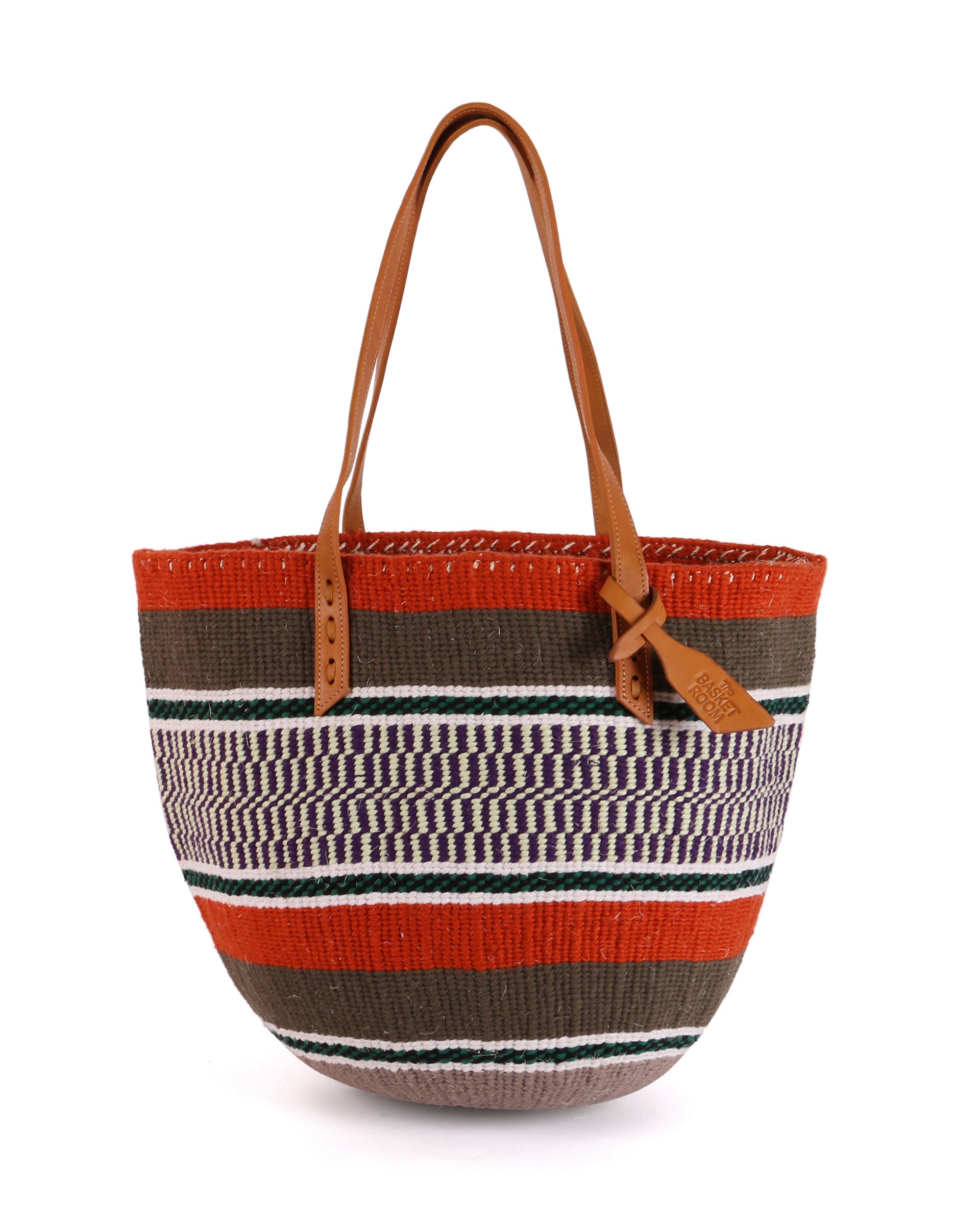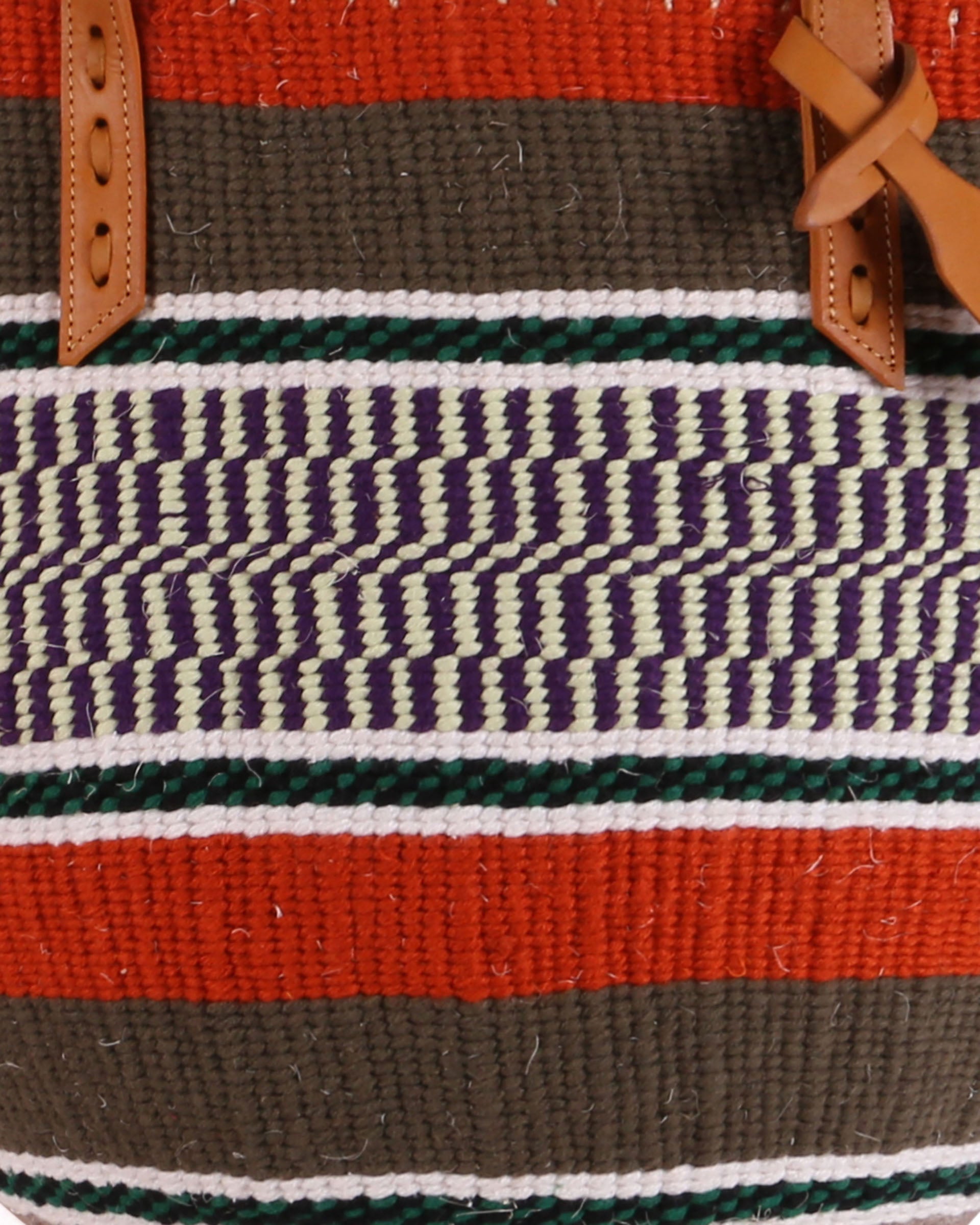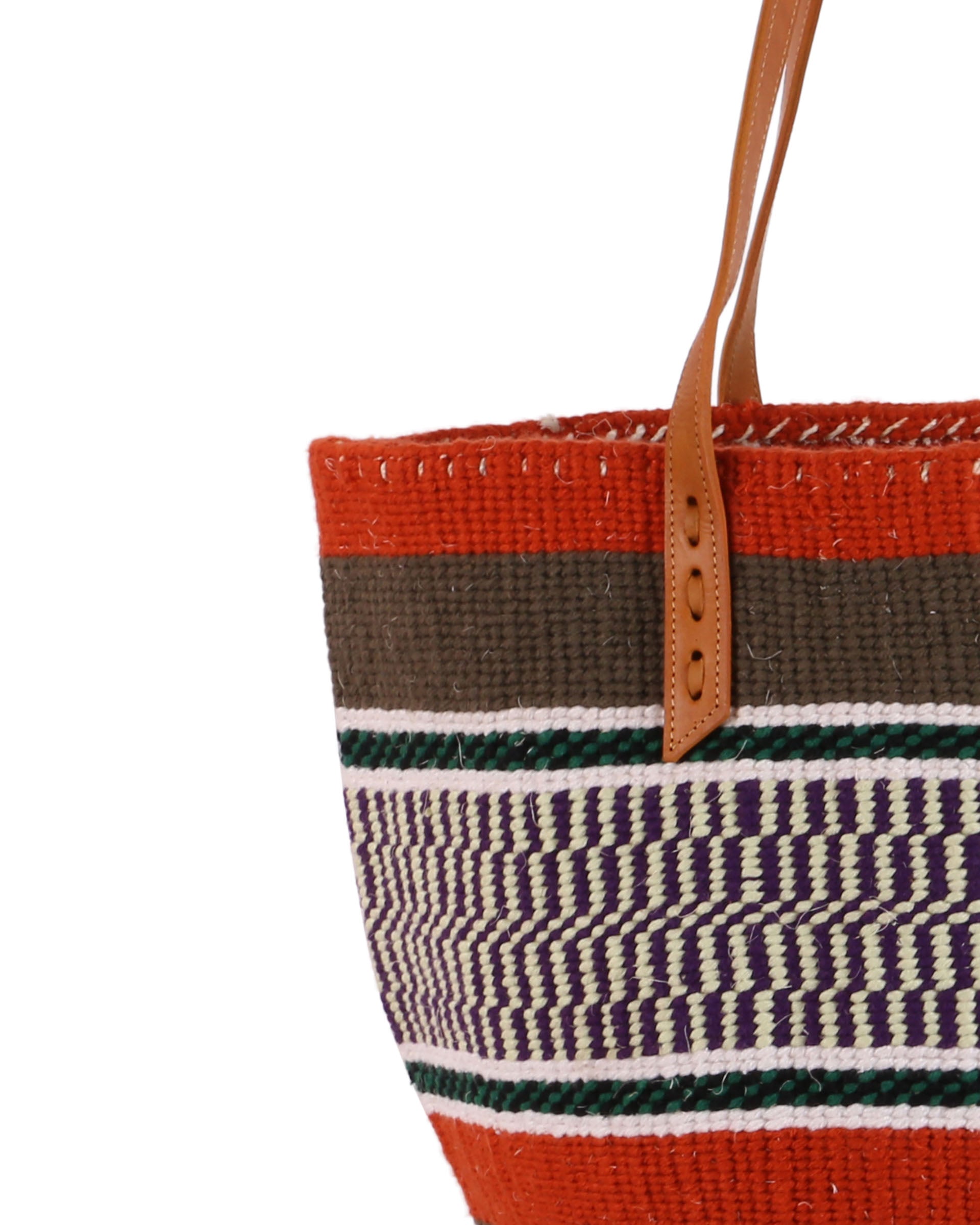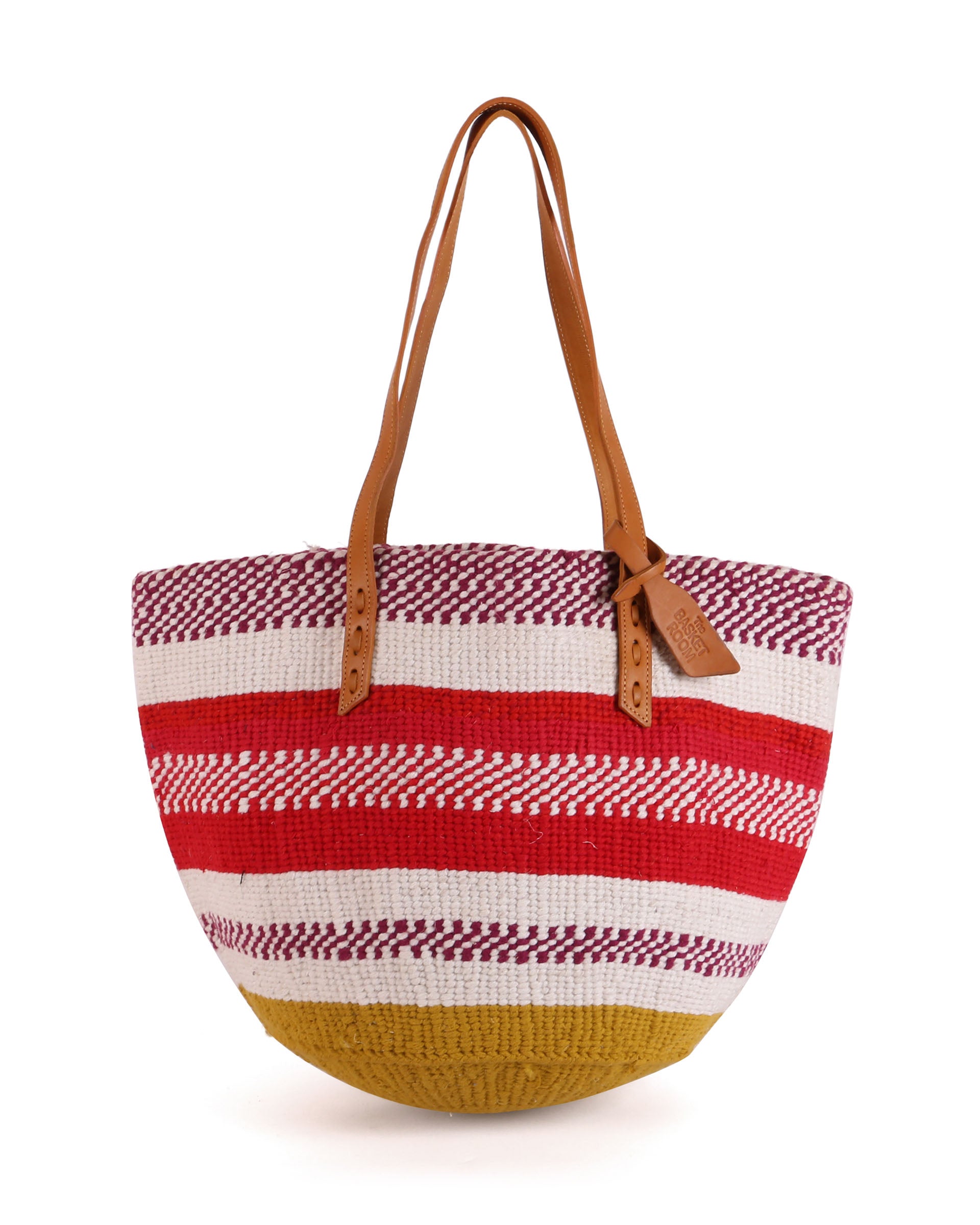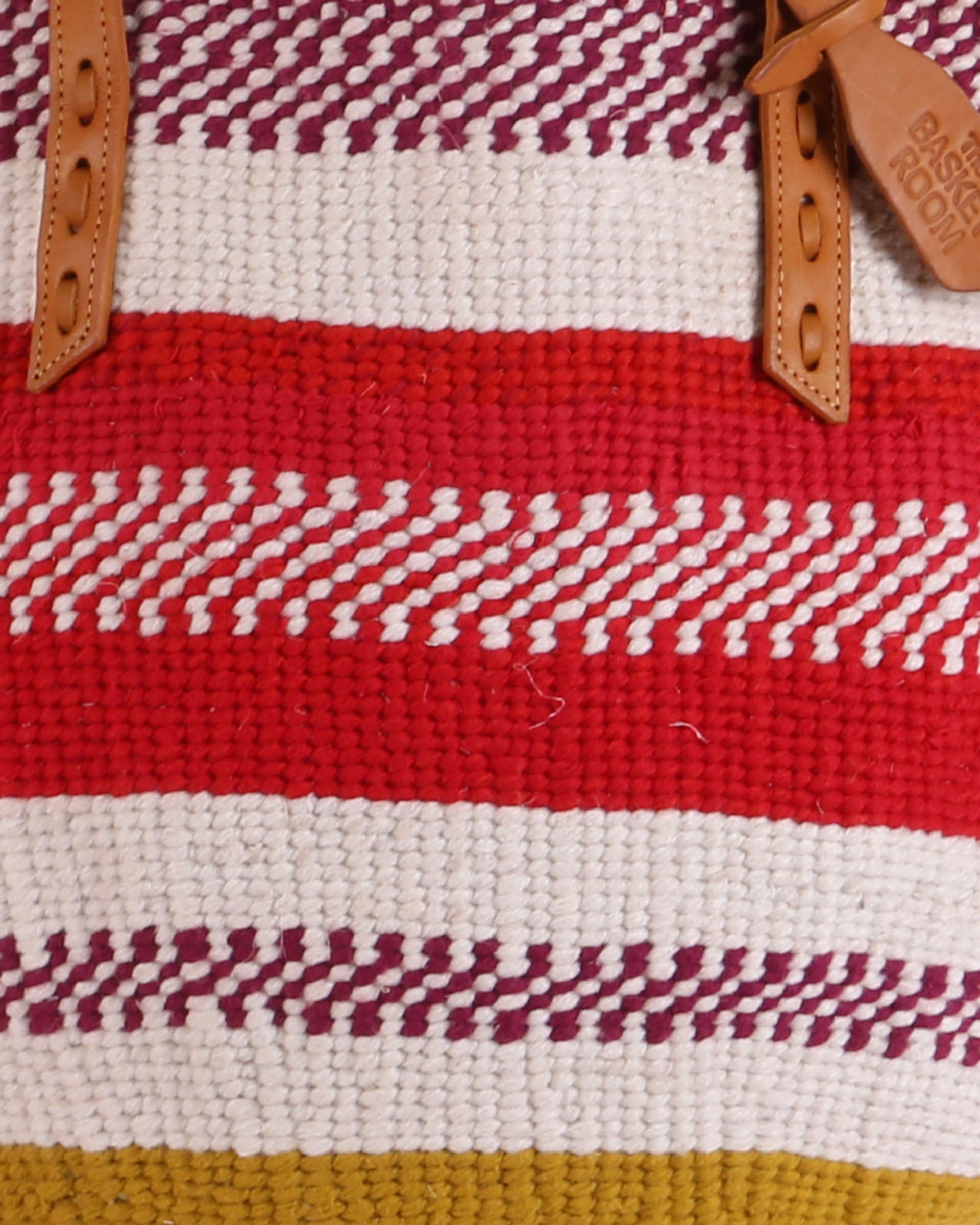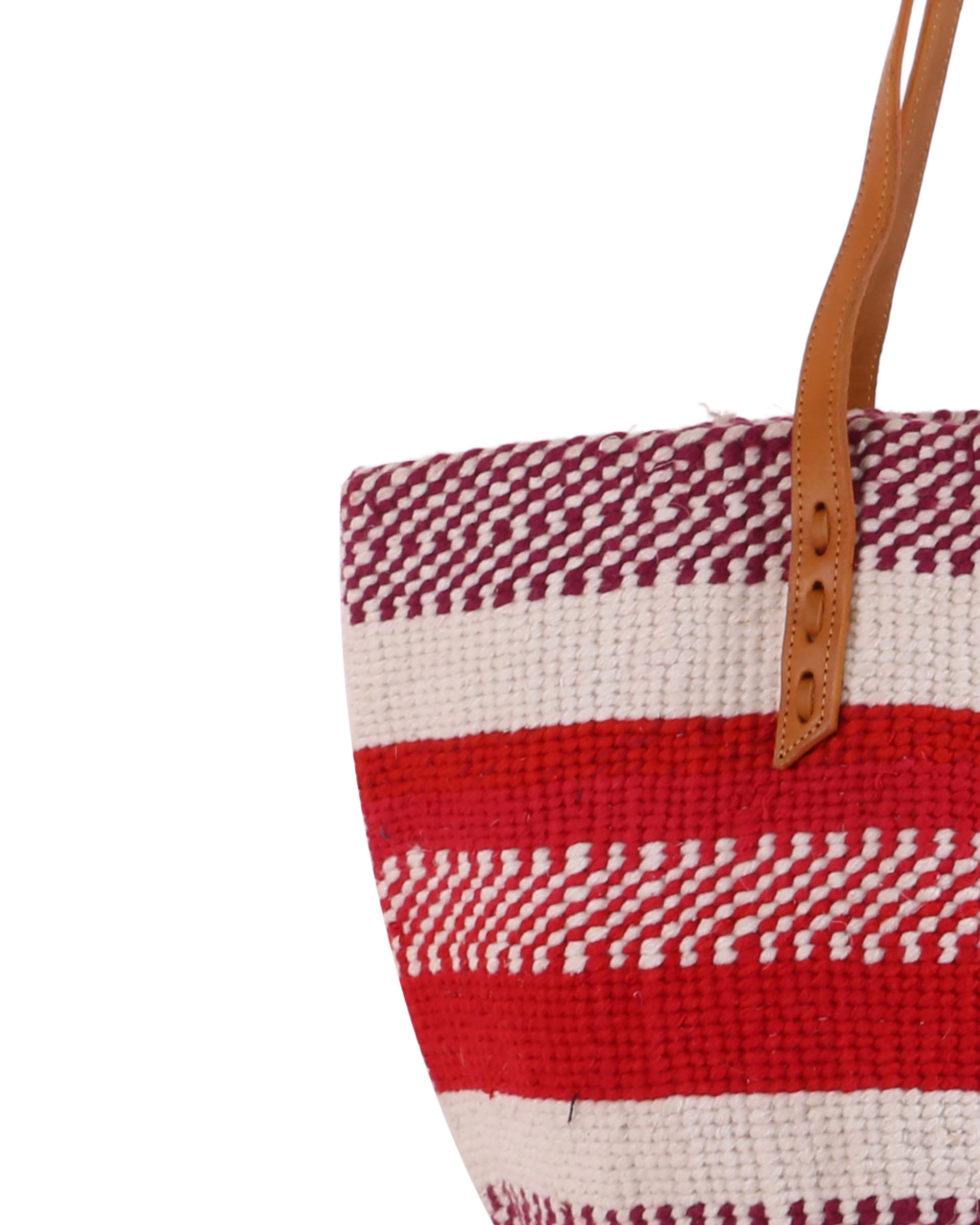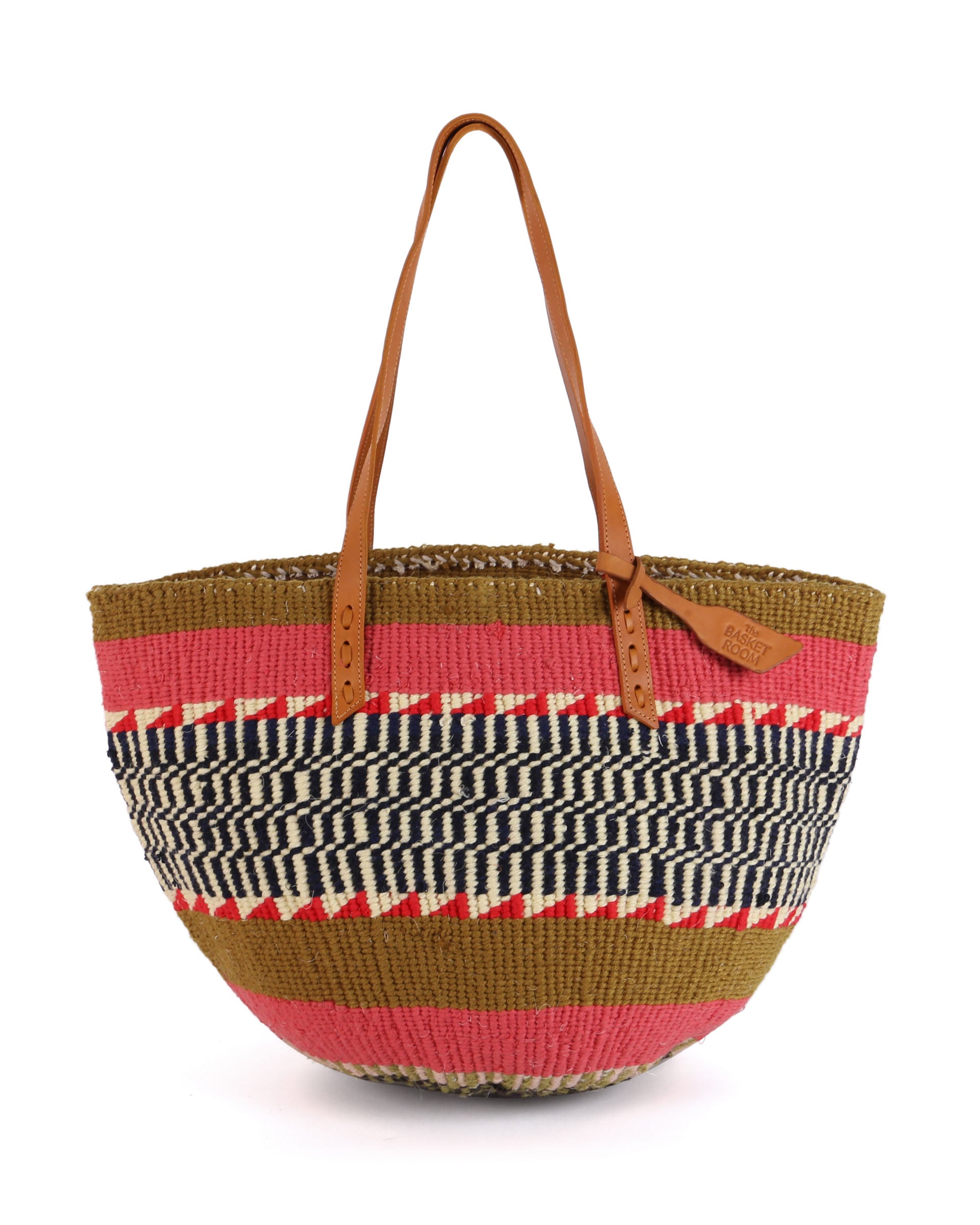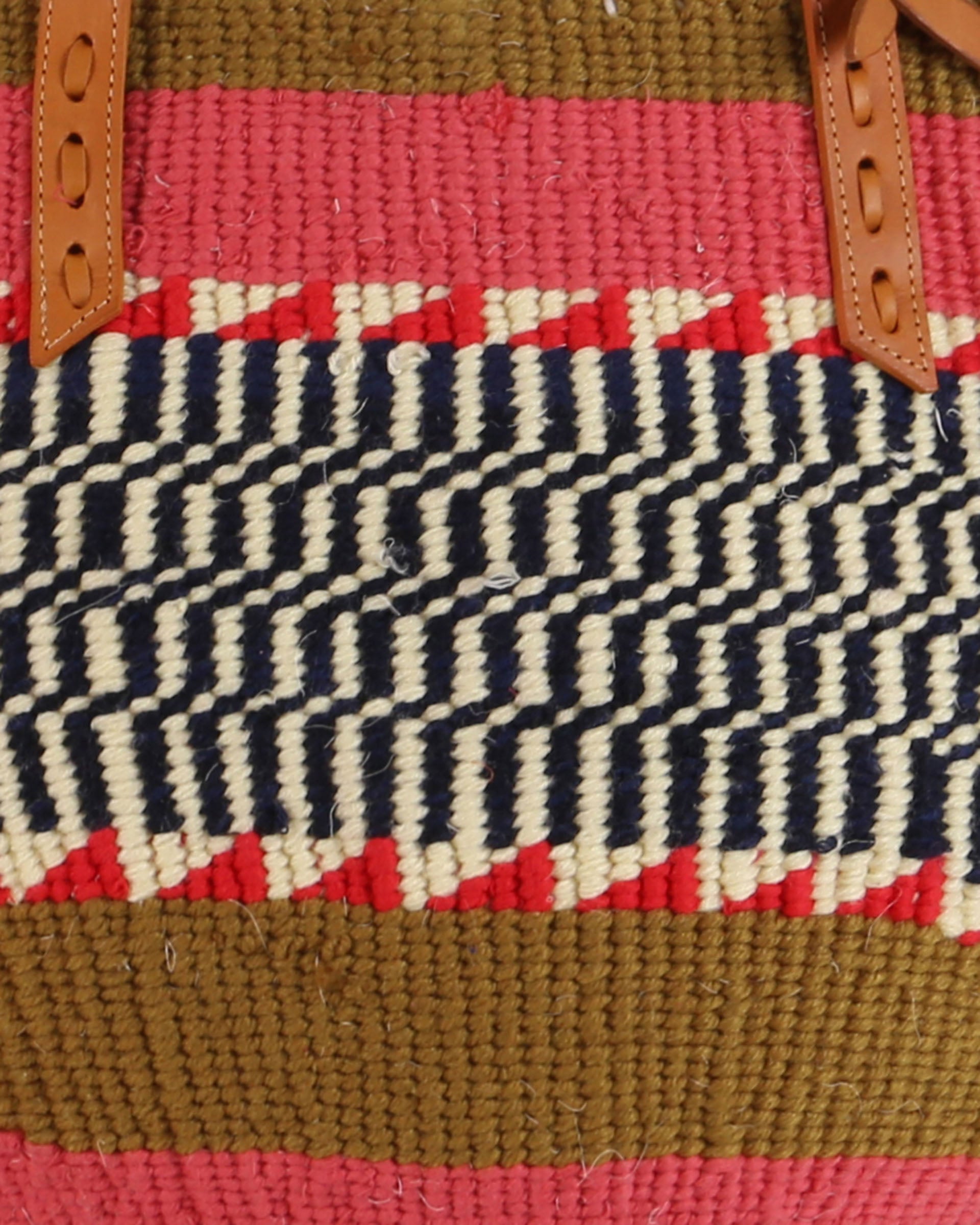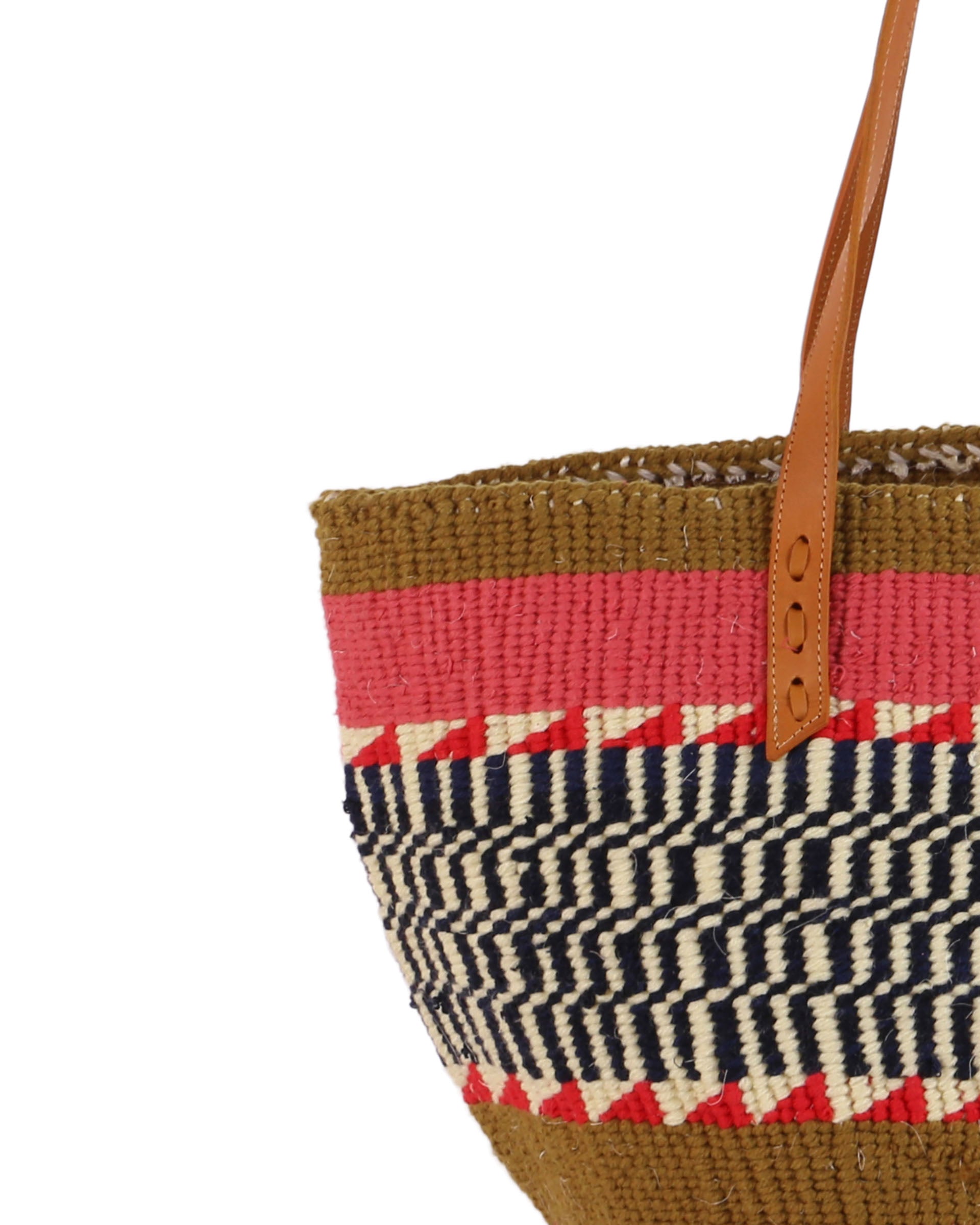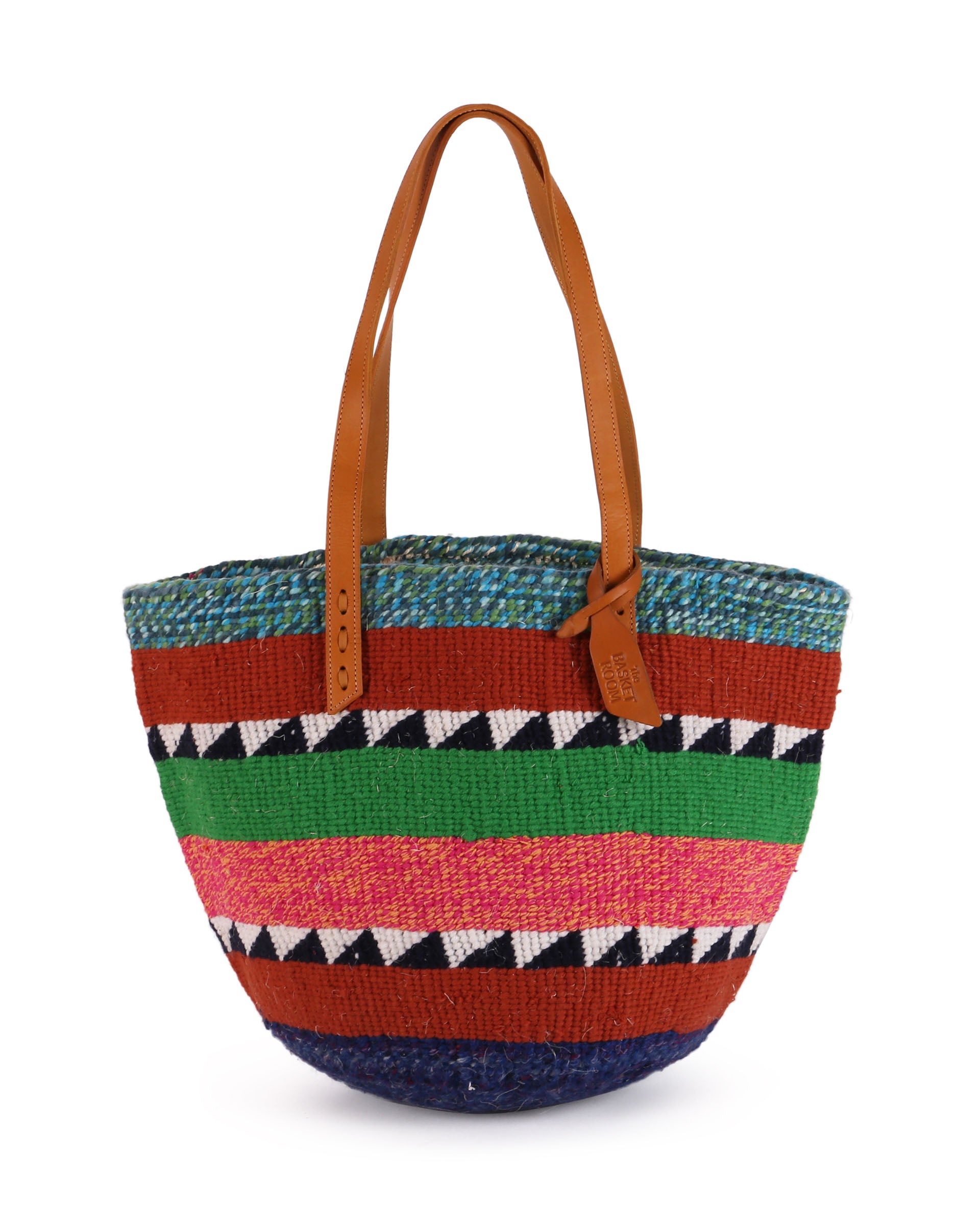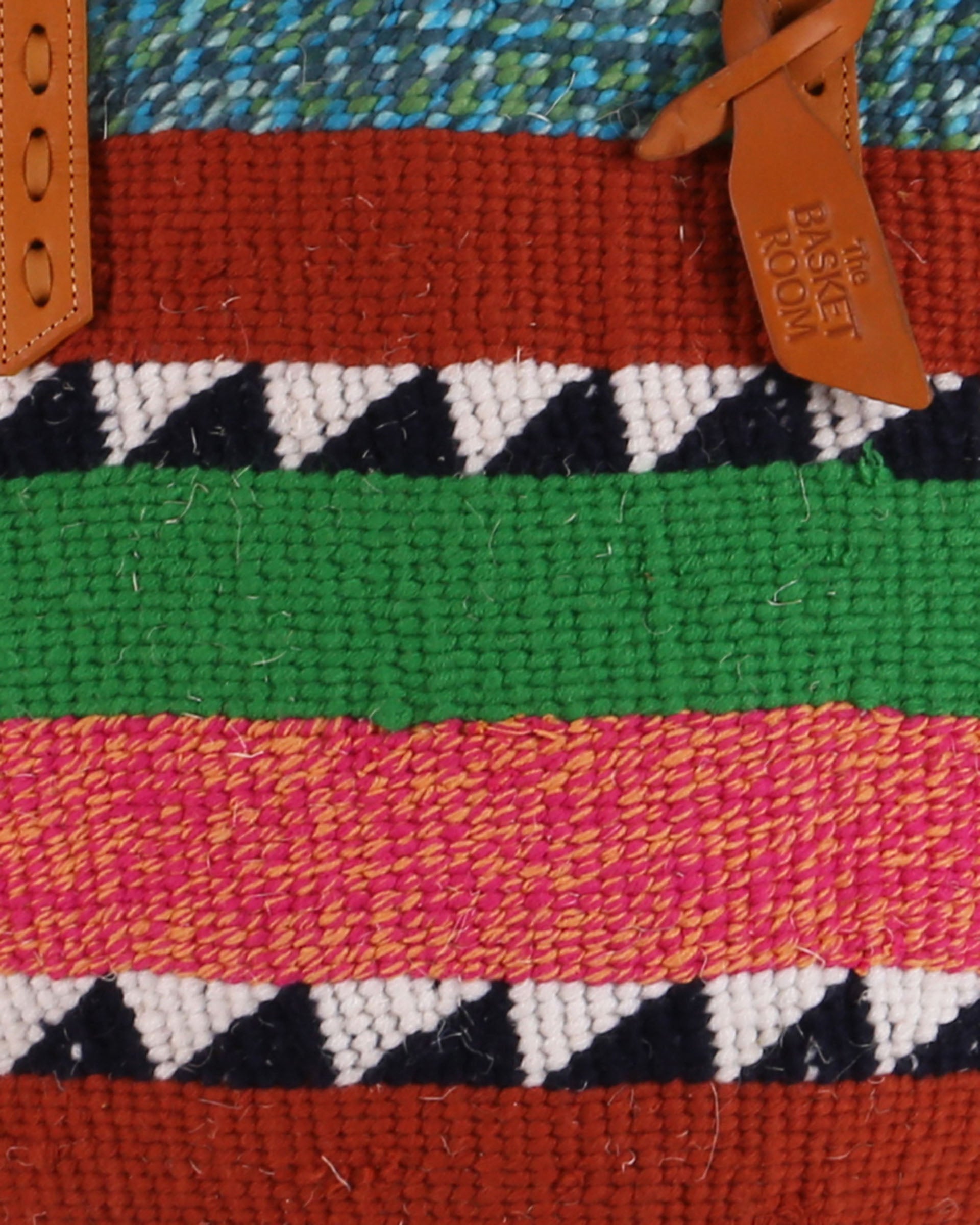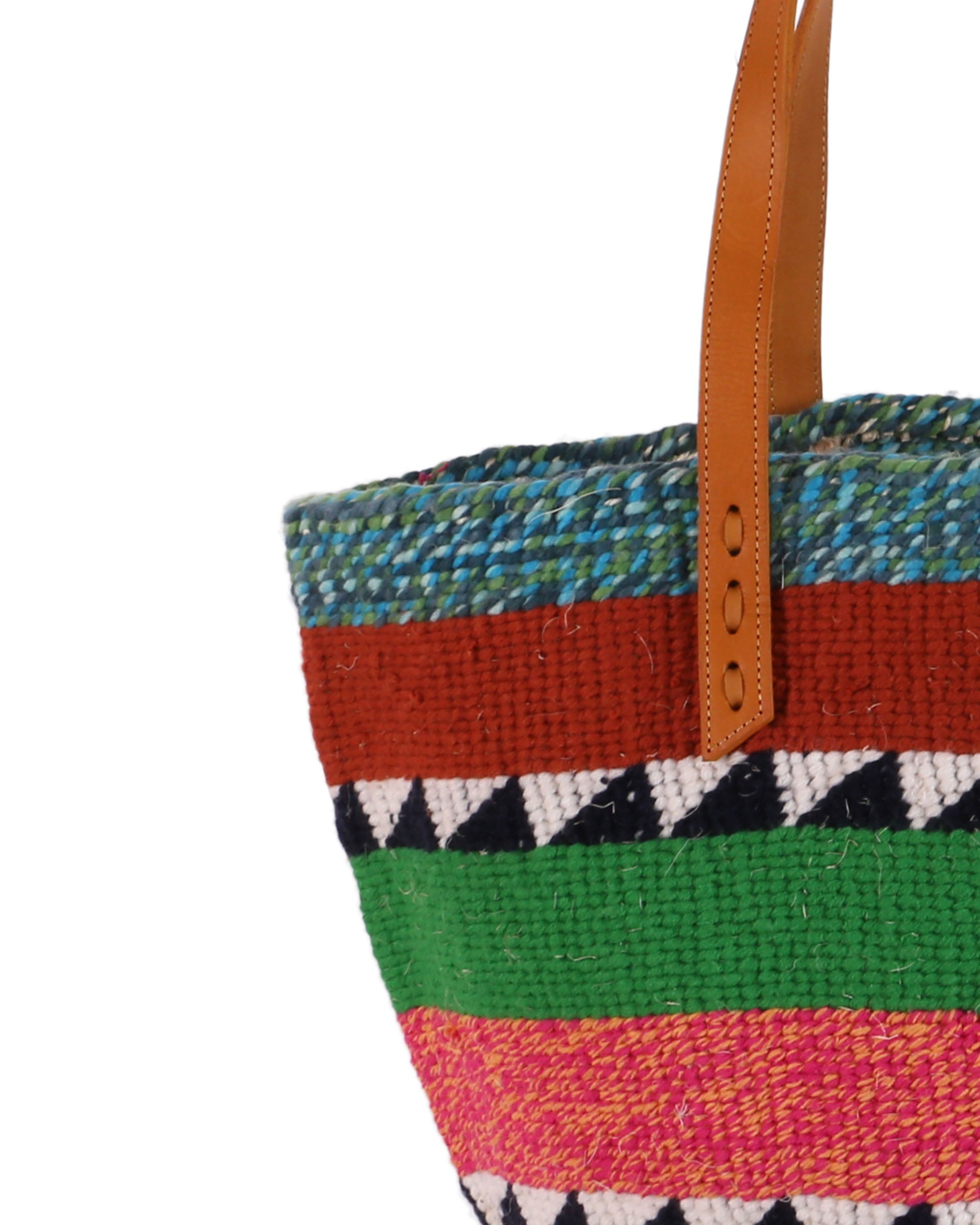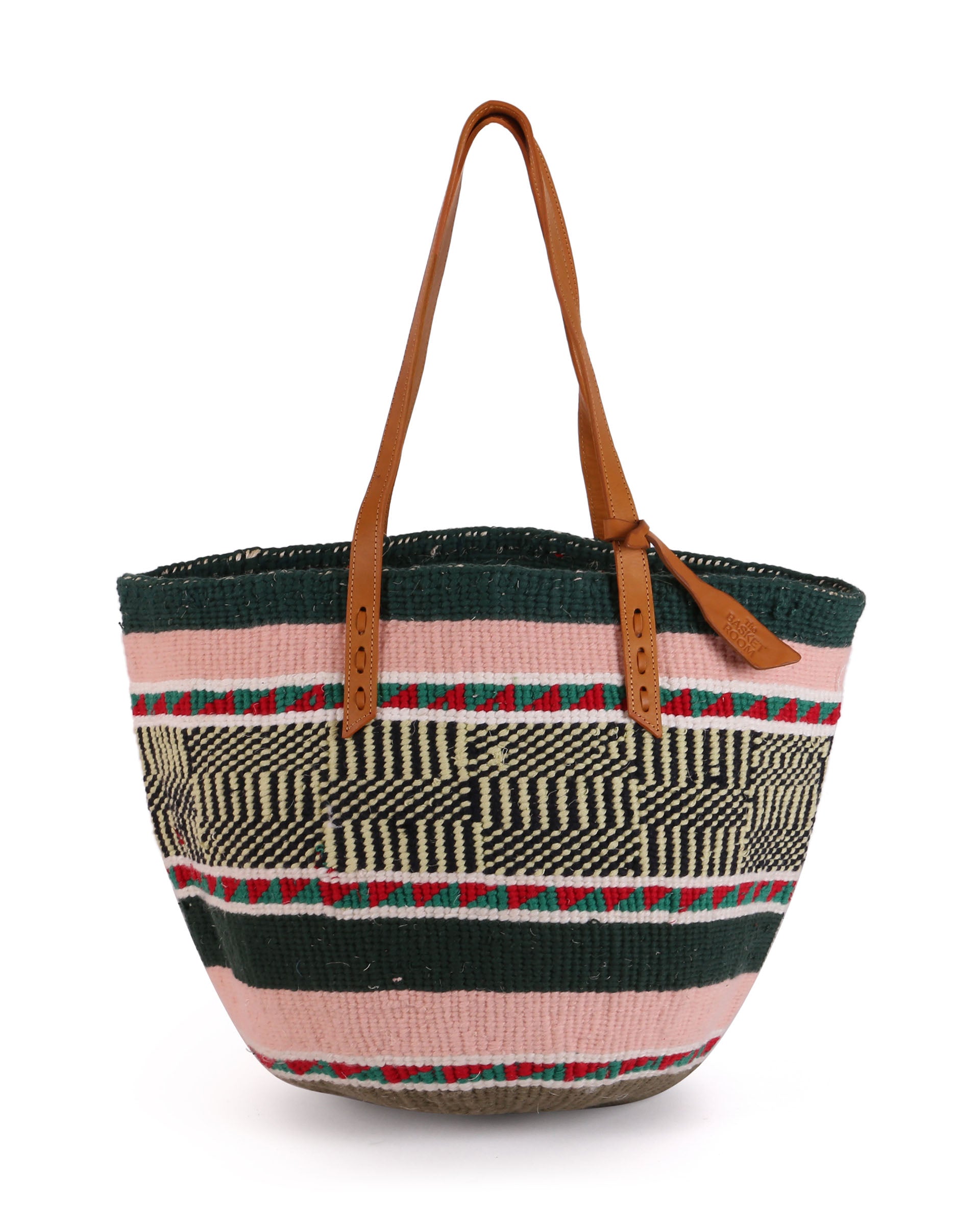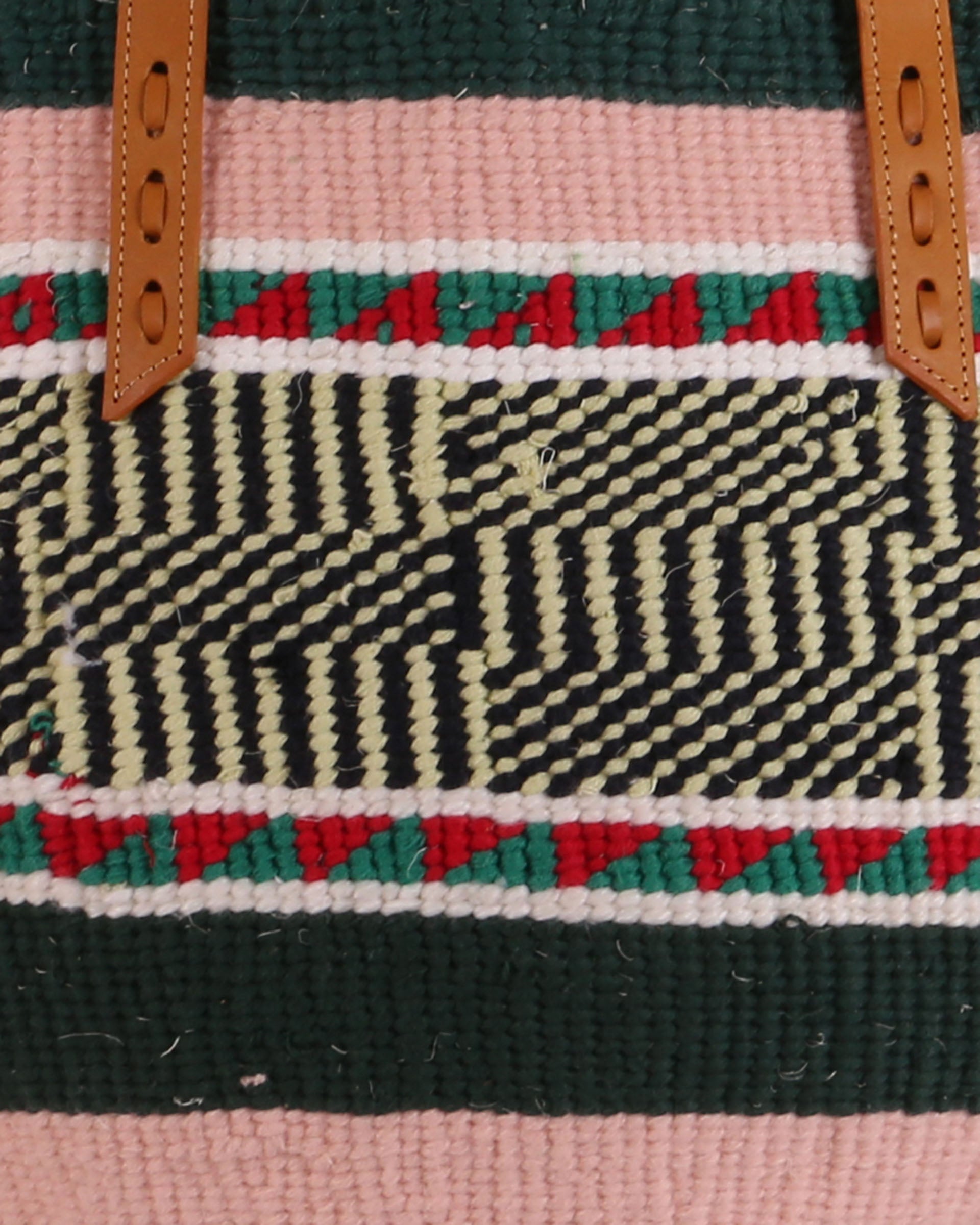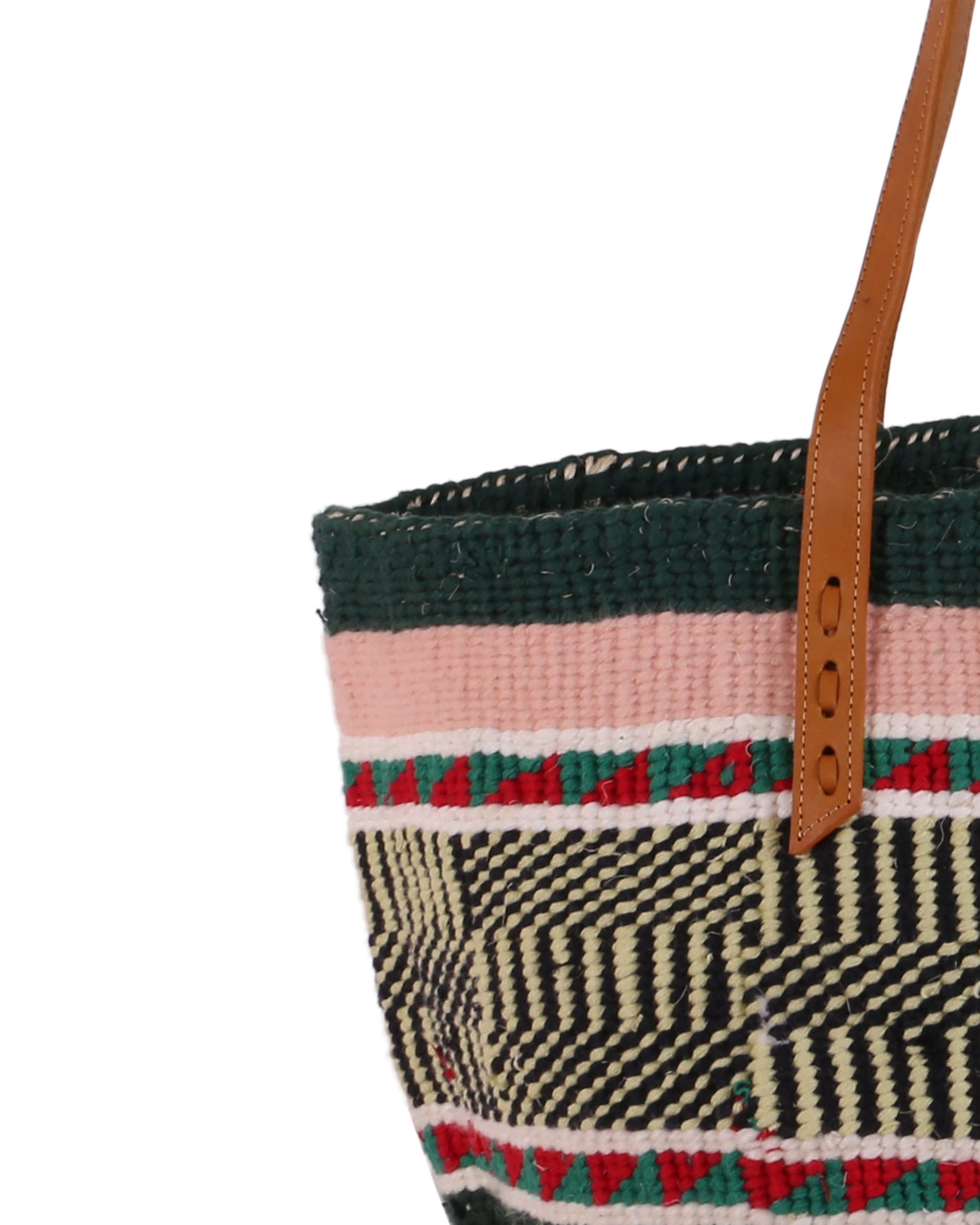
Since the early 1900s, March 8th has been recognised as International Women’s Day, a global celebration of Women’s social, economic, cultural & political achievements. We have much to be positive about but there is still a long way to go in achieving global gender parity. In 2014, The World Economic Forum said it would take us until 2095 to realise this goal. Depressingly, this increased just one year later to 2133, due to an estimated slowdown in progress.
What is parity?
Parity is the state or condition of being equal, especially in status or pay. Globally, women continue to fall behind men in economic participation and opportunity, in even the most gender-equal societies. Women tend to be overrepresented in informal, temporary and low productivity jobs with low pay and limited opportunities for advancement.
So what can we do about it?
This week, International Women’s Day is encouraging everyone, both women and men, to #PledgeForParity. To make all women’s voices heard and take a concrete step to achieving gender parity more quickly. You can pledge to help women and girls achieve their ambitions, call for gender-balanced leadership, respect and value difference, develop more inclusive and flexible cultures or root out workplace bias.
At The Basket Room, we are making our #pledgeforparity to help women and girls achieve their ambitions and amplifying the voice of a female weaver living in rural Kenya.
Meet Dorcas Ndinda, aged 48, a part time farmer and green grocer, and the leader of her village weavers’ cooperative.

Madam Dorcas, Chairlady
A lot of things bring me happiness. If my family has good health, I am happy and thankful. If the rains are in plenty, I am happy because I know that the harvest won’t fail. When I am leading a project and it is flourishing and the lives of the members are positively impacted, I am happy. Weaving, as well, makes me happy, especially when I look back and see how much my family and I relied on the income from the sales of baskets that I wove, when the rains failed and I had no produce to sell at my green grocery.
I’ve had to shoulder the responsibility of bringing up 3 children since my husband passed away in 1992. Prior to that, I stayed at home taking care of household chores while he provided for us. Since I didn’t proceed with my education beyond the primary school level, I knew that my chances of getting employed in a big town were very minimal, so I decided to try my luck at other ventures.

My village is located in a very arid area, therefore harvests are not guaranteed. However, I decided to double the crops I usually planted so that I could manage to feed my family and sell off the rest. The income from selling the produce wasn’t enough to cater for all of my young family’s needs. I knew about a few women from my village who would weave baskets and sell them. So I befriended these ladies, who taught me new weaving styles, and helped me perfect my skill. With the money I was earning from selling farm produce and the income from weaving, I was able to feed and clothe my family, and with the help of government bursaries and scholarships I was also able to educate my children.

Together with the other women who were weaving, we decided to form a cooperative, an act that later on caught the eye of area government leaders. Pretty soon I was attending government conferences on group leadership, community health and hygiene forums, trainings on agricultural practices, as well as others. Members of our cooperative also attended weaving training, where we were instructed on numerous things relevant to weaving as an income generating activity. We were taught how to weave by following a guide that included measurements and styles, as well as quality control and marketing.

In 2007, members of our cooperative chose me to be the new chairlady. We have since had two other elections and they have voted me back each time. We’ve come to rely heavily on basket weaving, especially because of the changing climate and the unpredictable rains. And with the growing membership numbers, larger purchase orders means that everyone is guaranteed work.
I wouldn’t have been able to raise and educate my children if I gave up and didn’t believe in myself, especially after the death of my husband. Proceeds from weaving helped educate my children. I am now able to clothe and feed myself and my family from the income from weaving. Sometimes I find that I even have money left over, which I save or invest in my grocery business. In my village, there has been an increased interest in ventures that aid the independence of women, like weaving. In fact, our cooperative membership has been on the rise. It makes me happy when I interact with fellow members of our cooperative and see visible results of basket weaving in their lives – one member is able to purchase medicine for her child, another can afford a new dress, more are able to educate their children and feed and clothe their families. Our cooperative was also able to purchase a piece of land, upon which we plan to build a community center. Such actions I believe have emboldened other women in this area to get out there, join such ventures and take charge of their lives.
See the basket collection that Dorcas and the cooperative members make for The Basket Room - LINEAR FUSION
